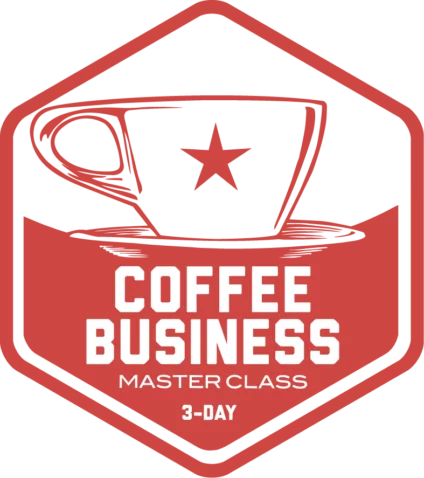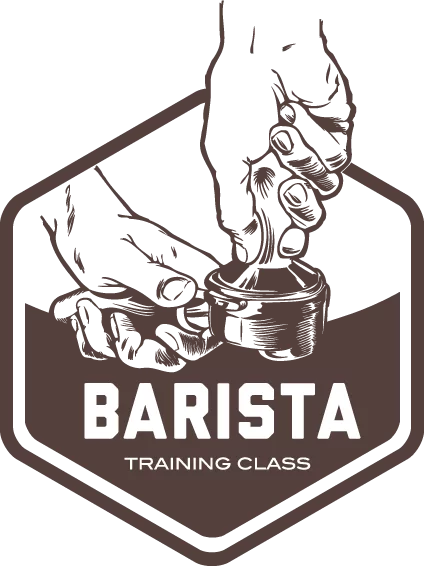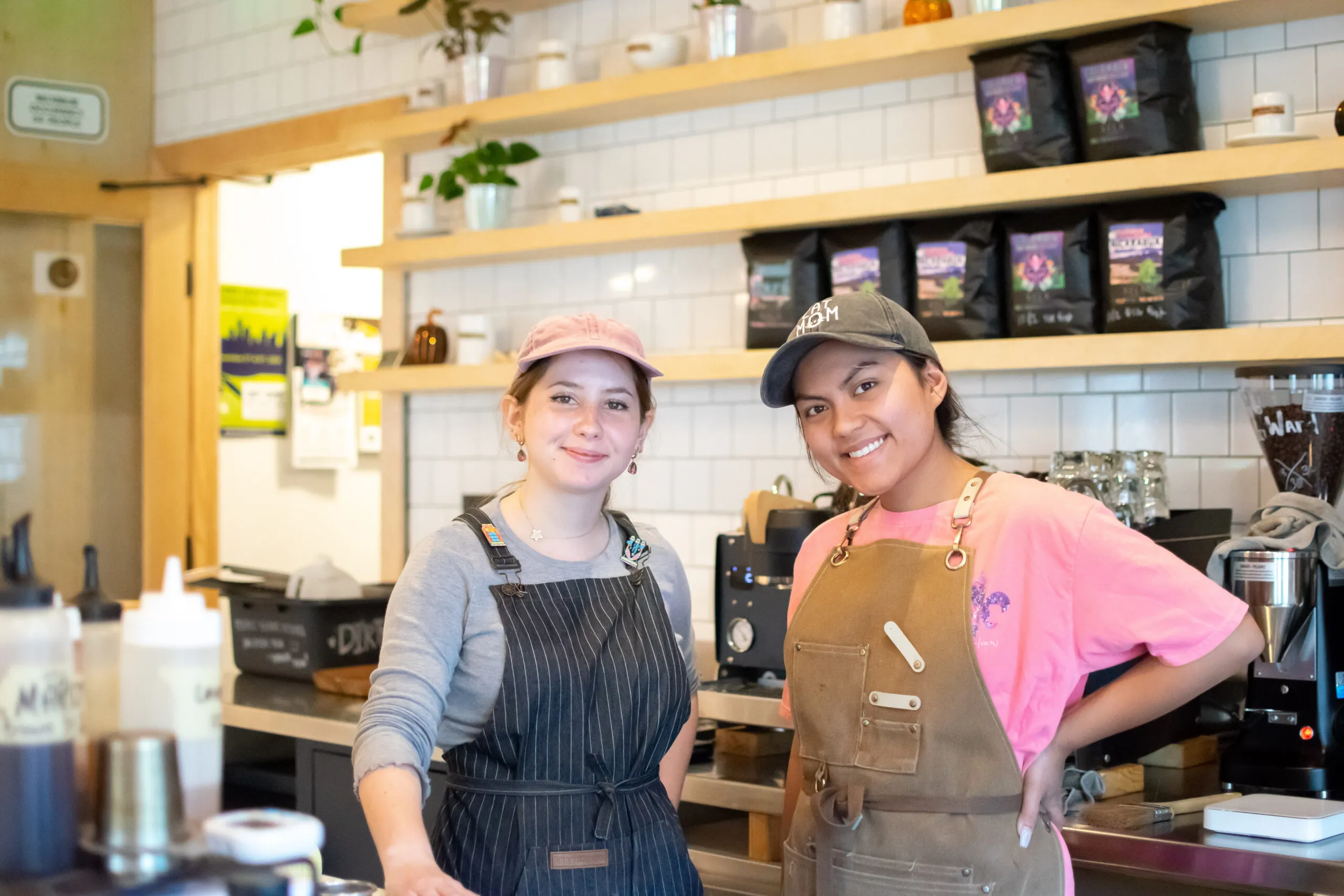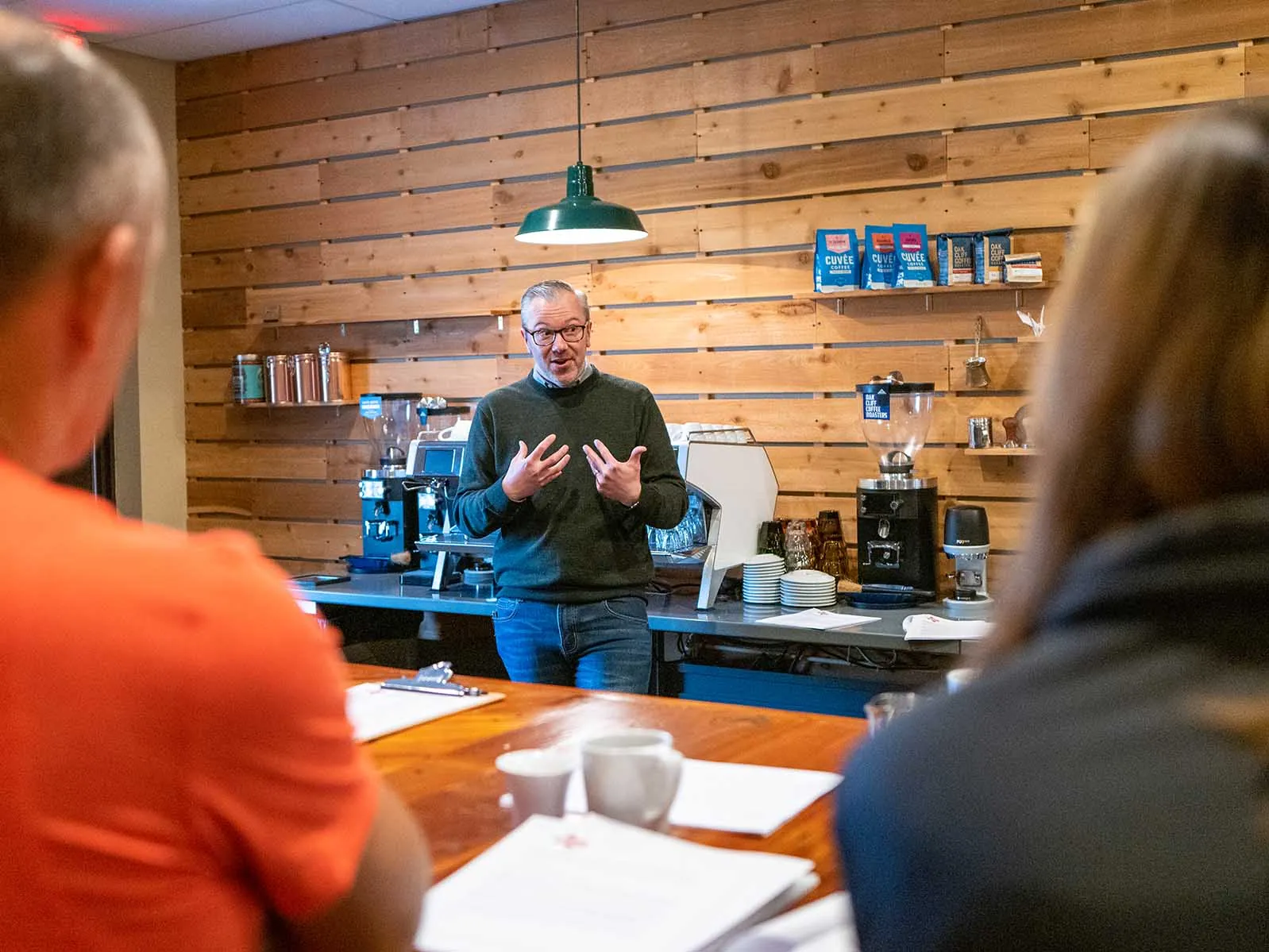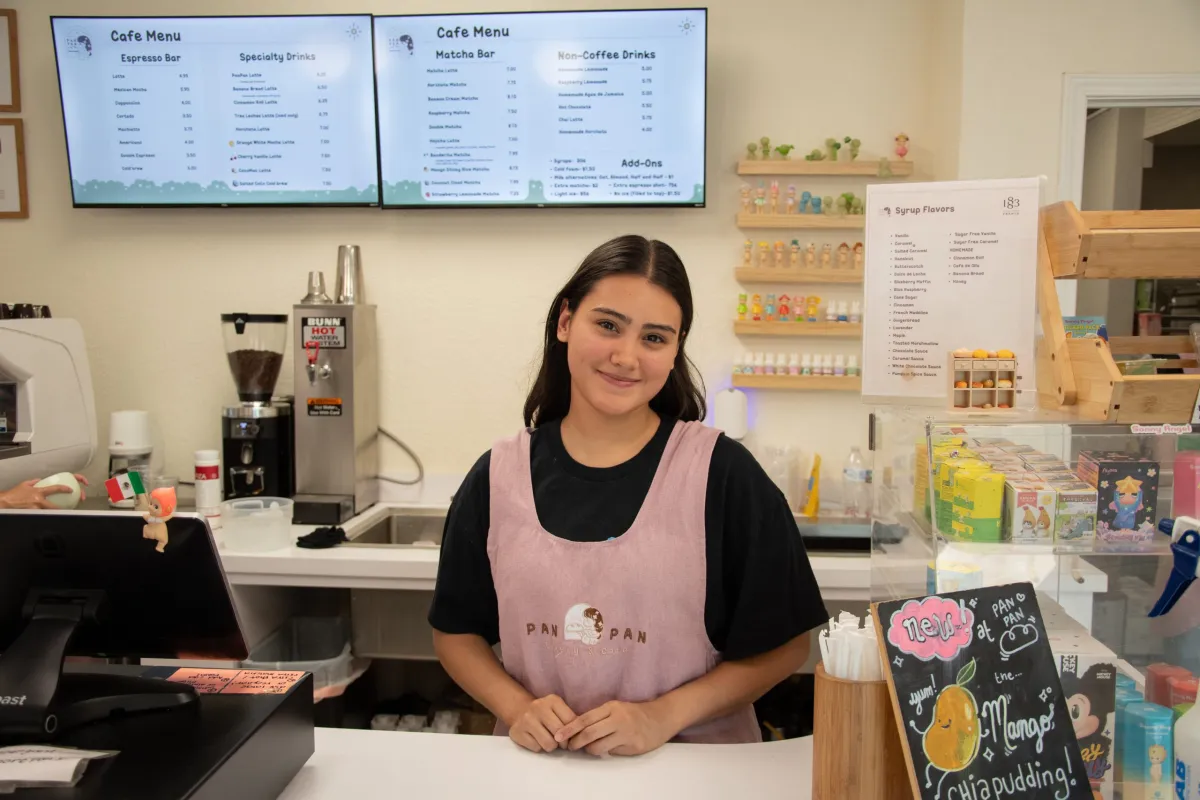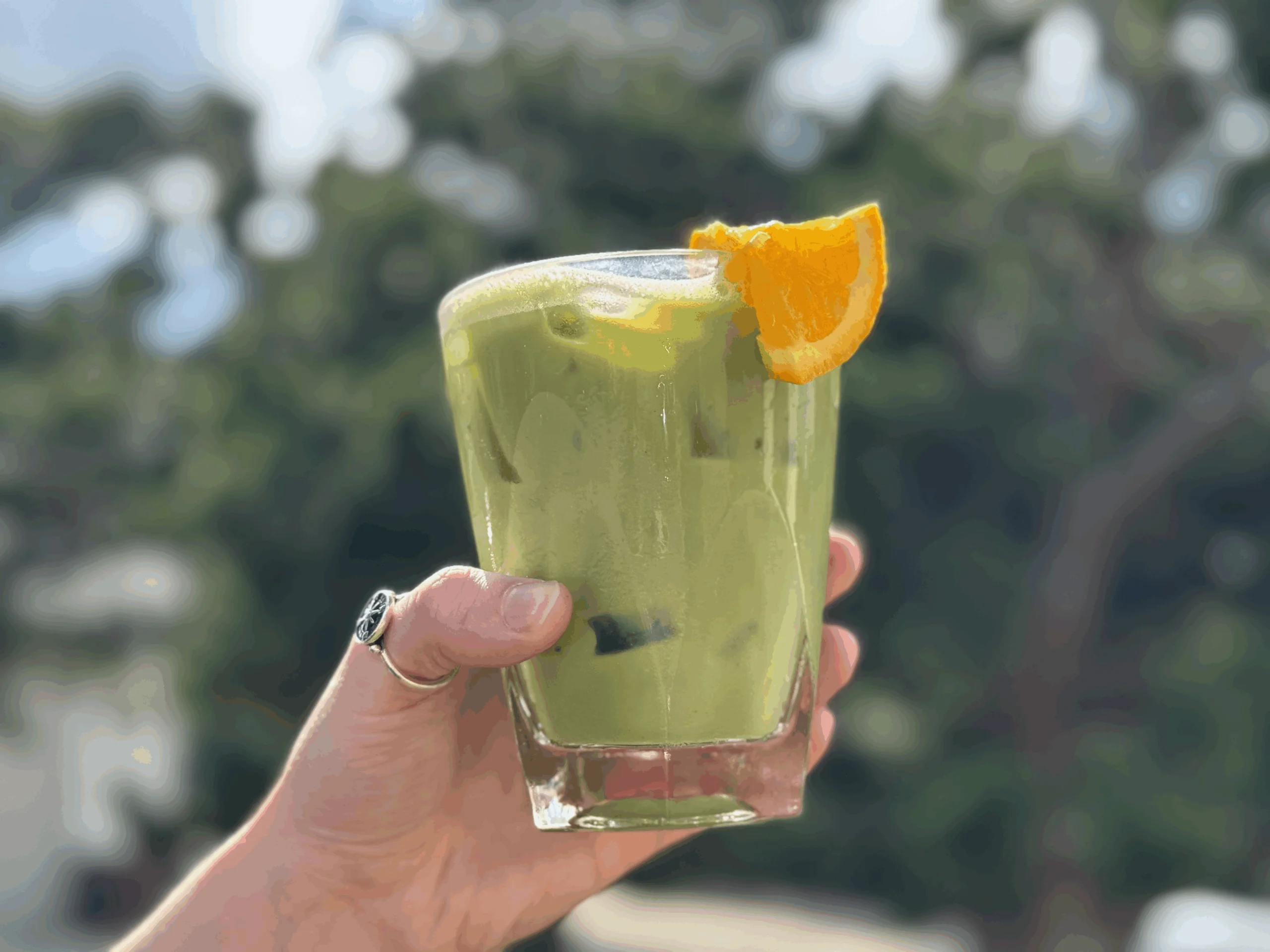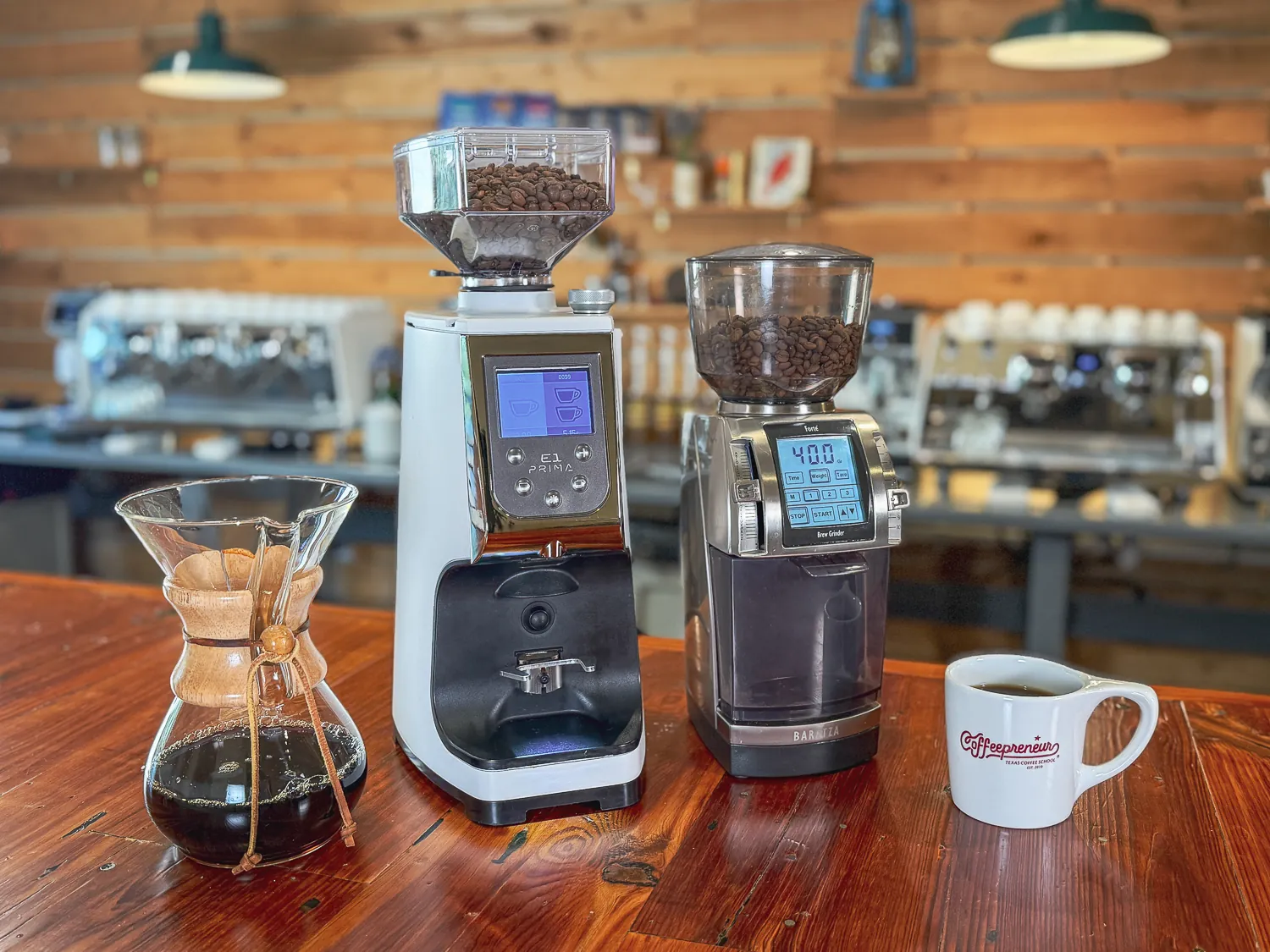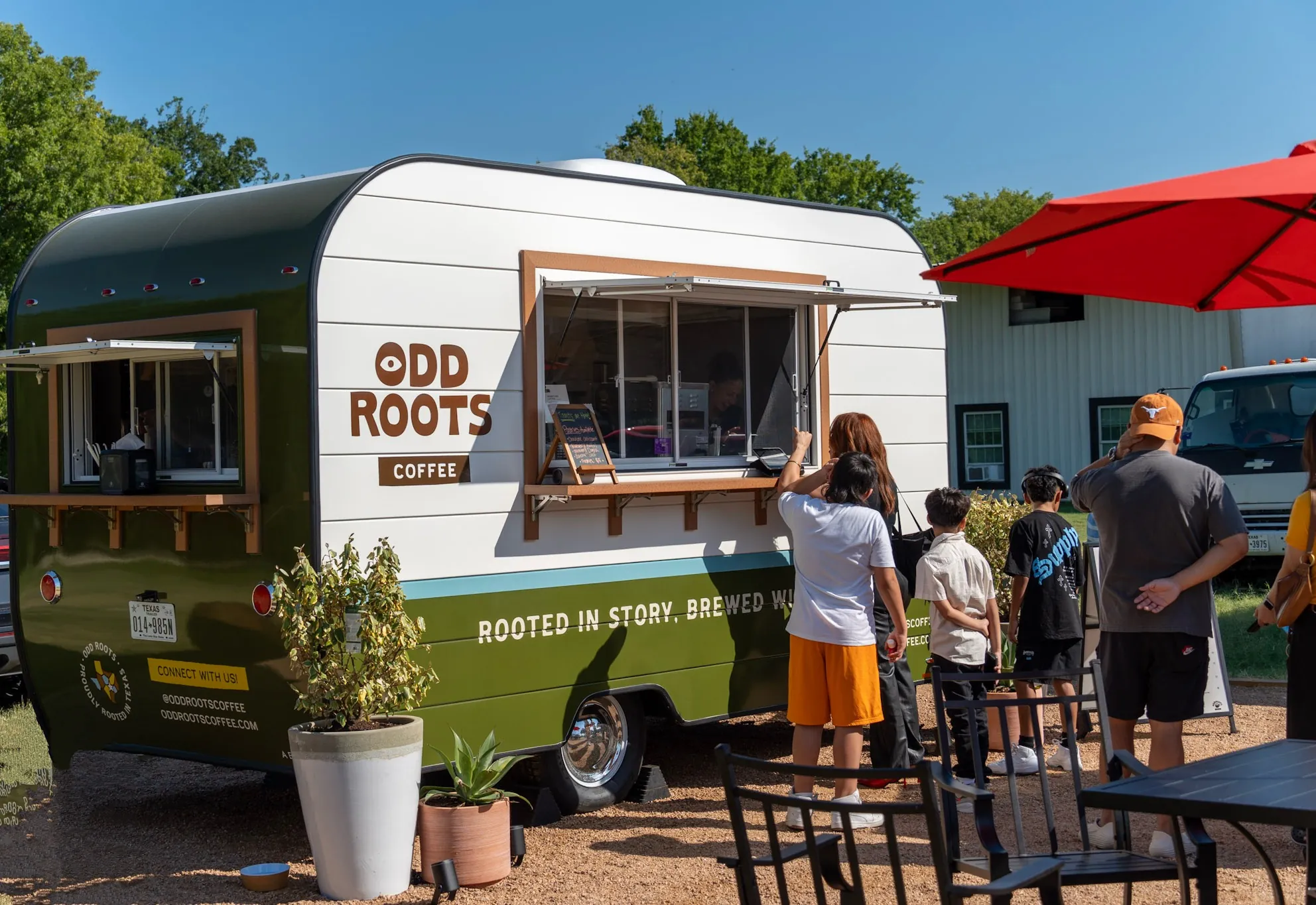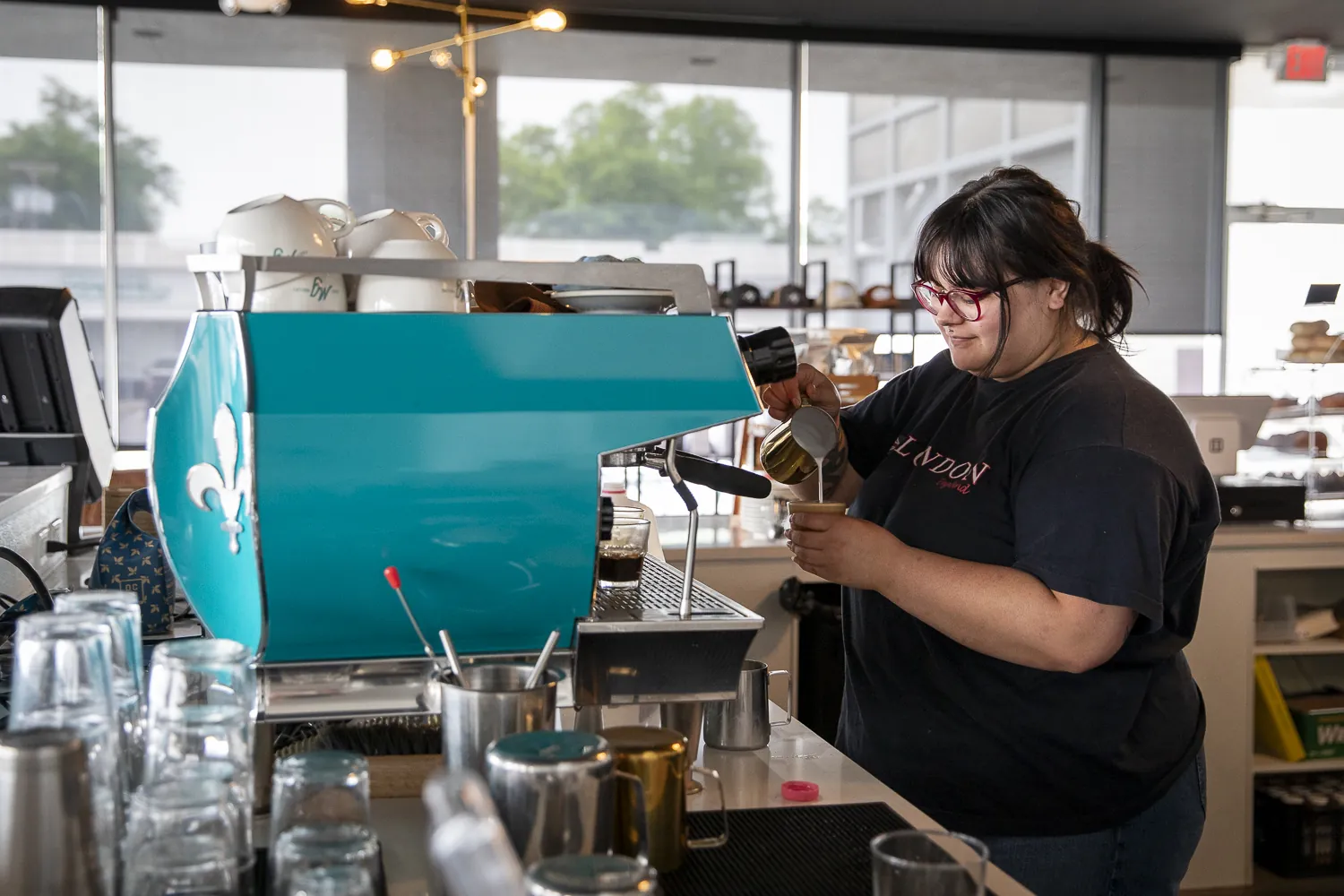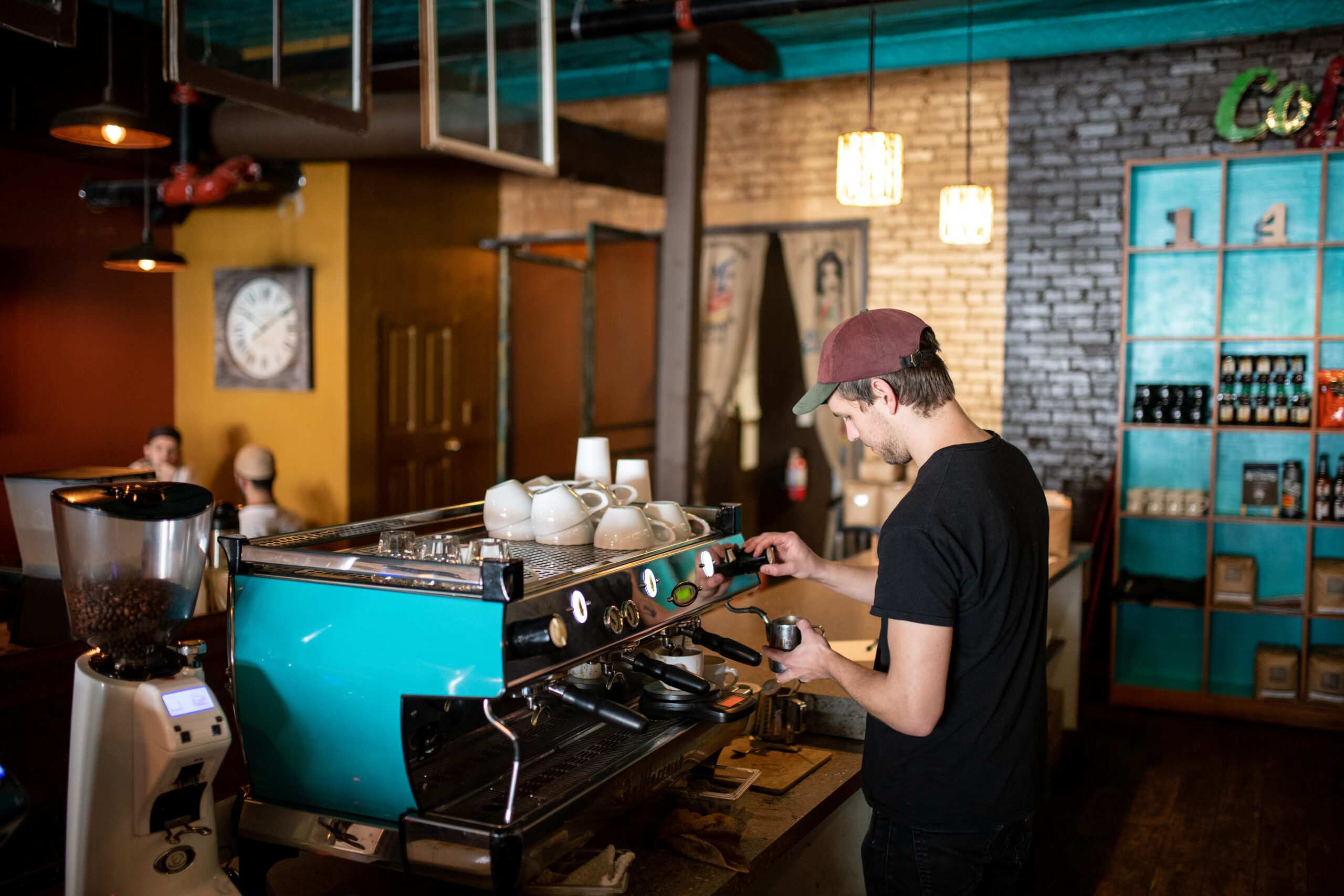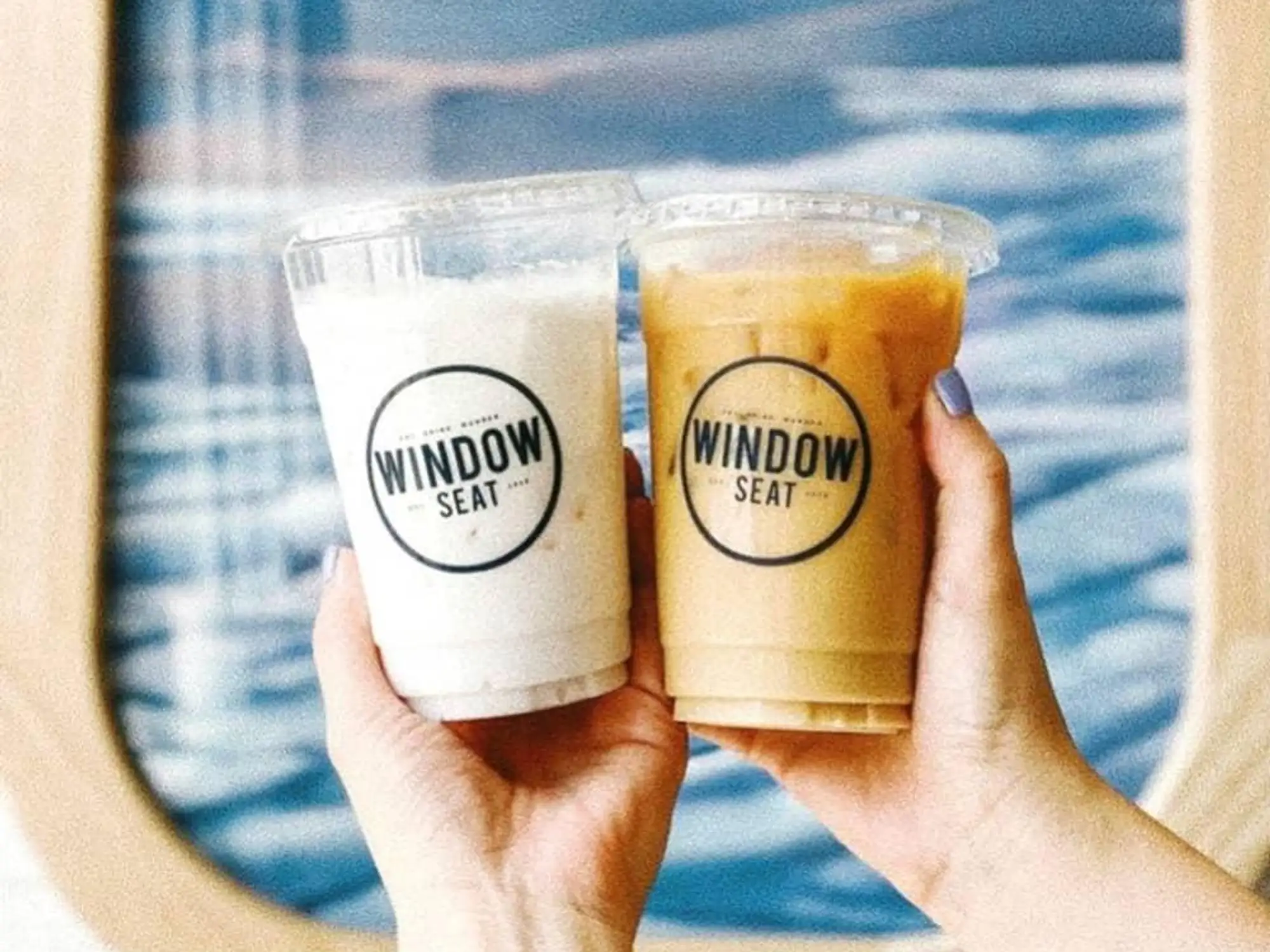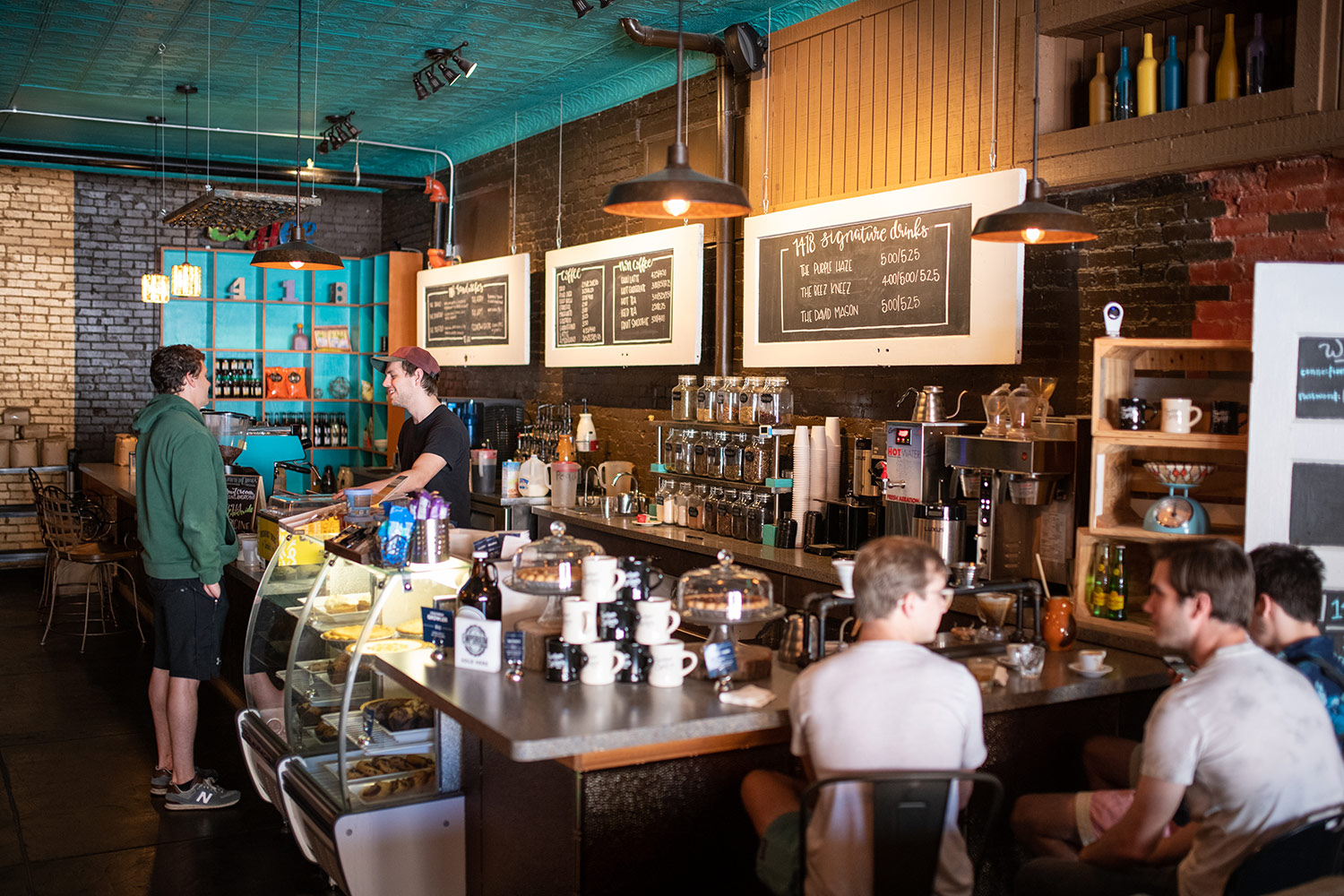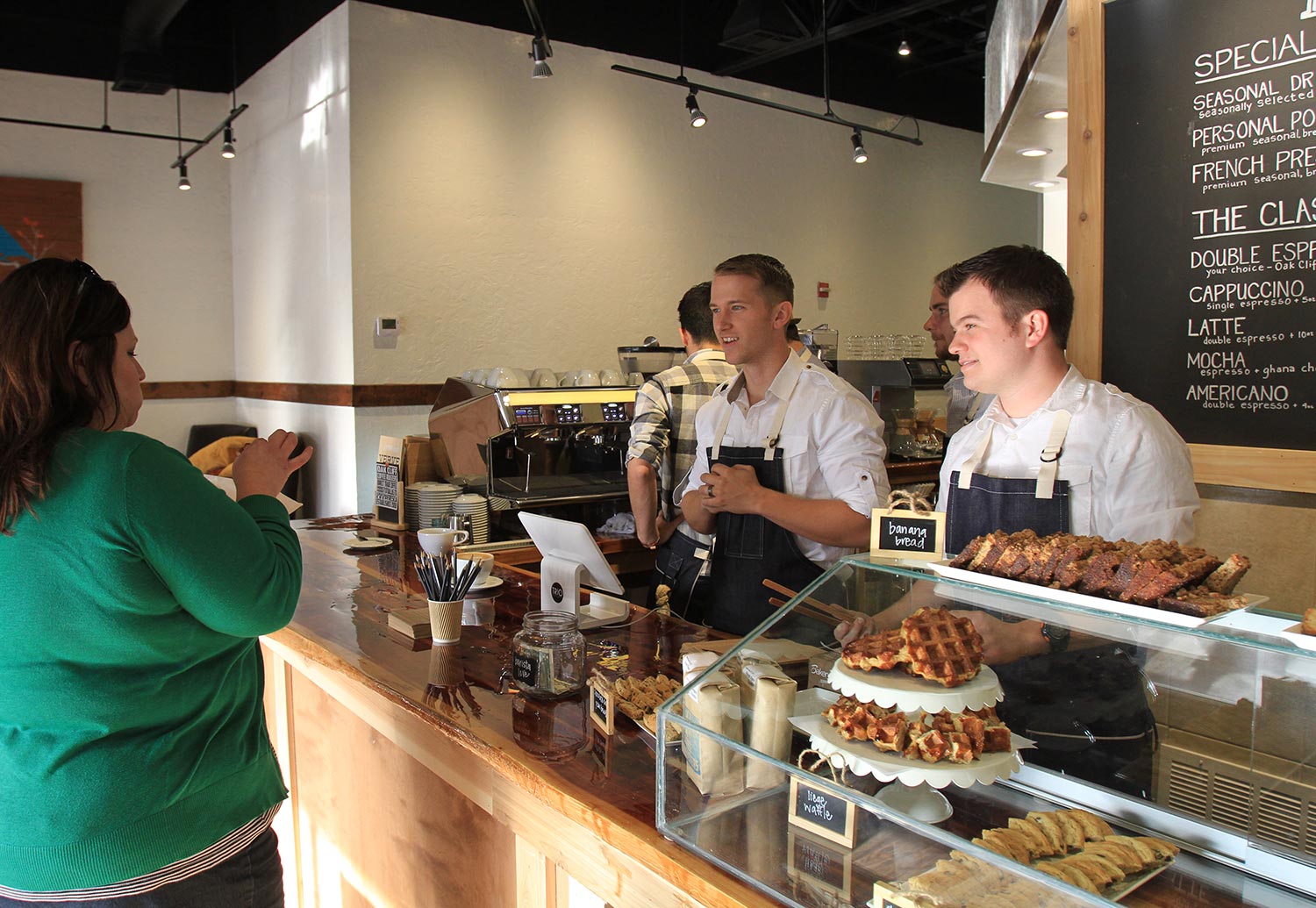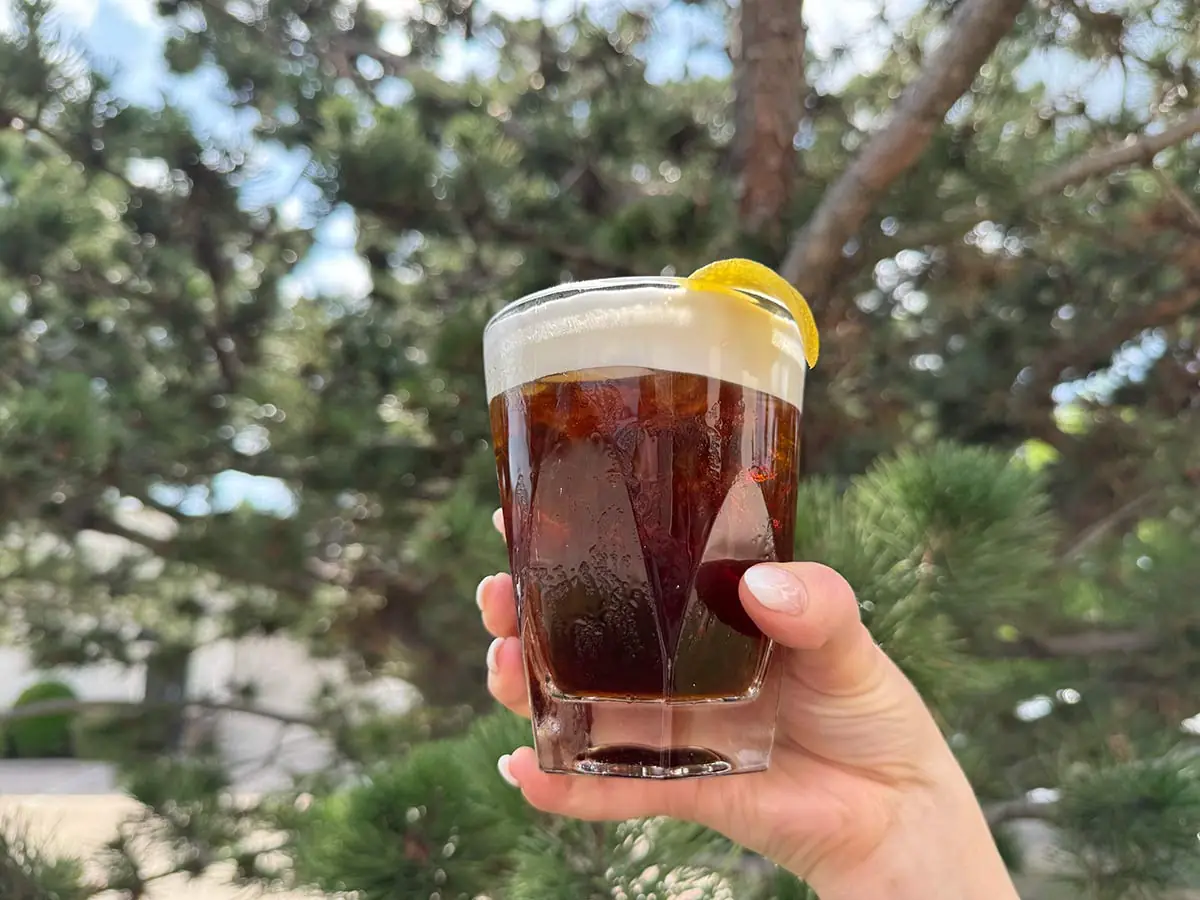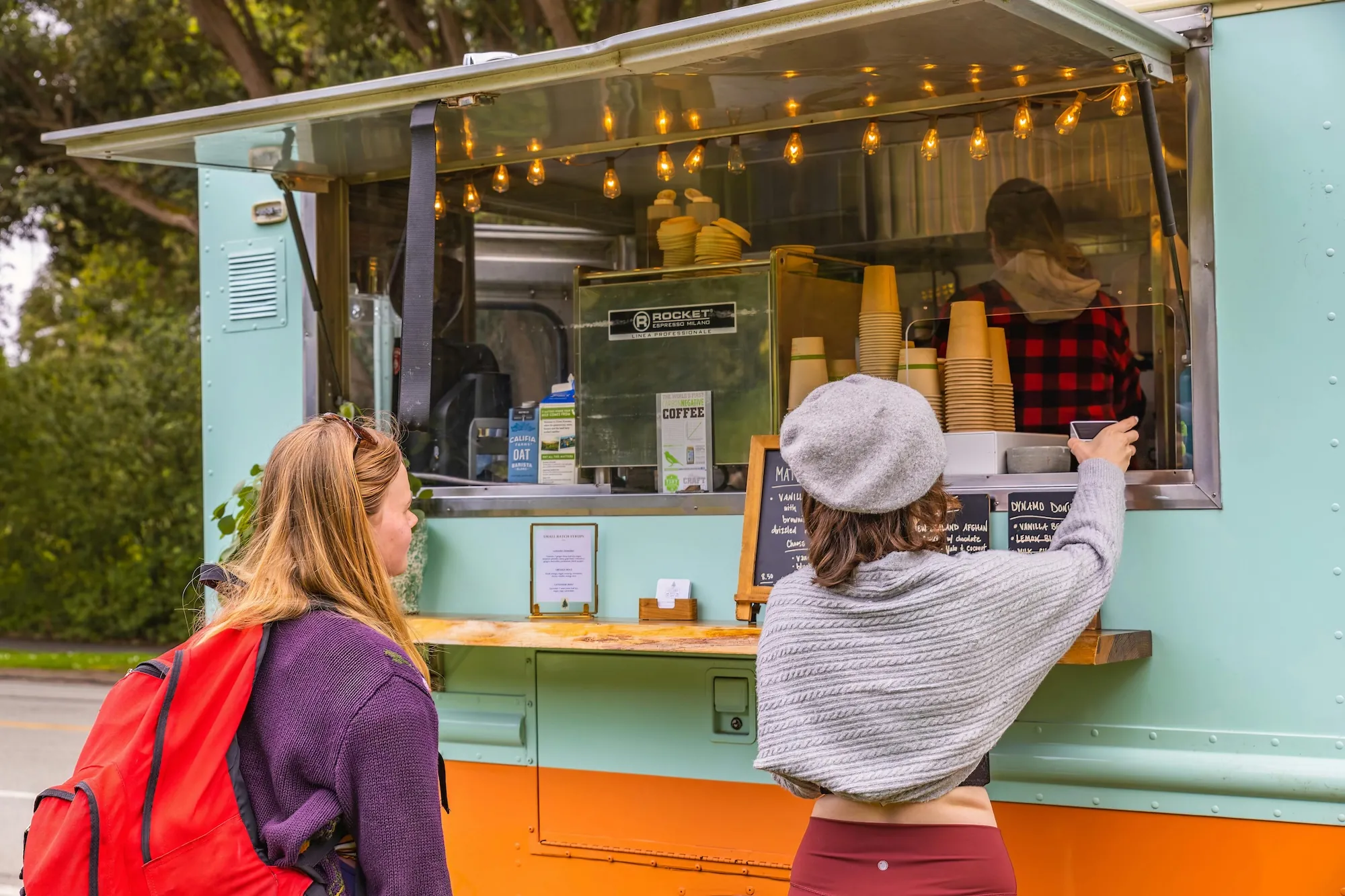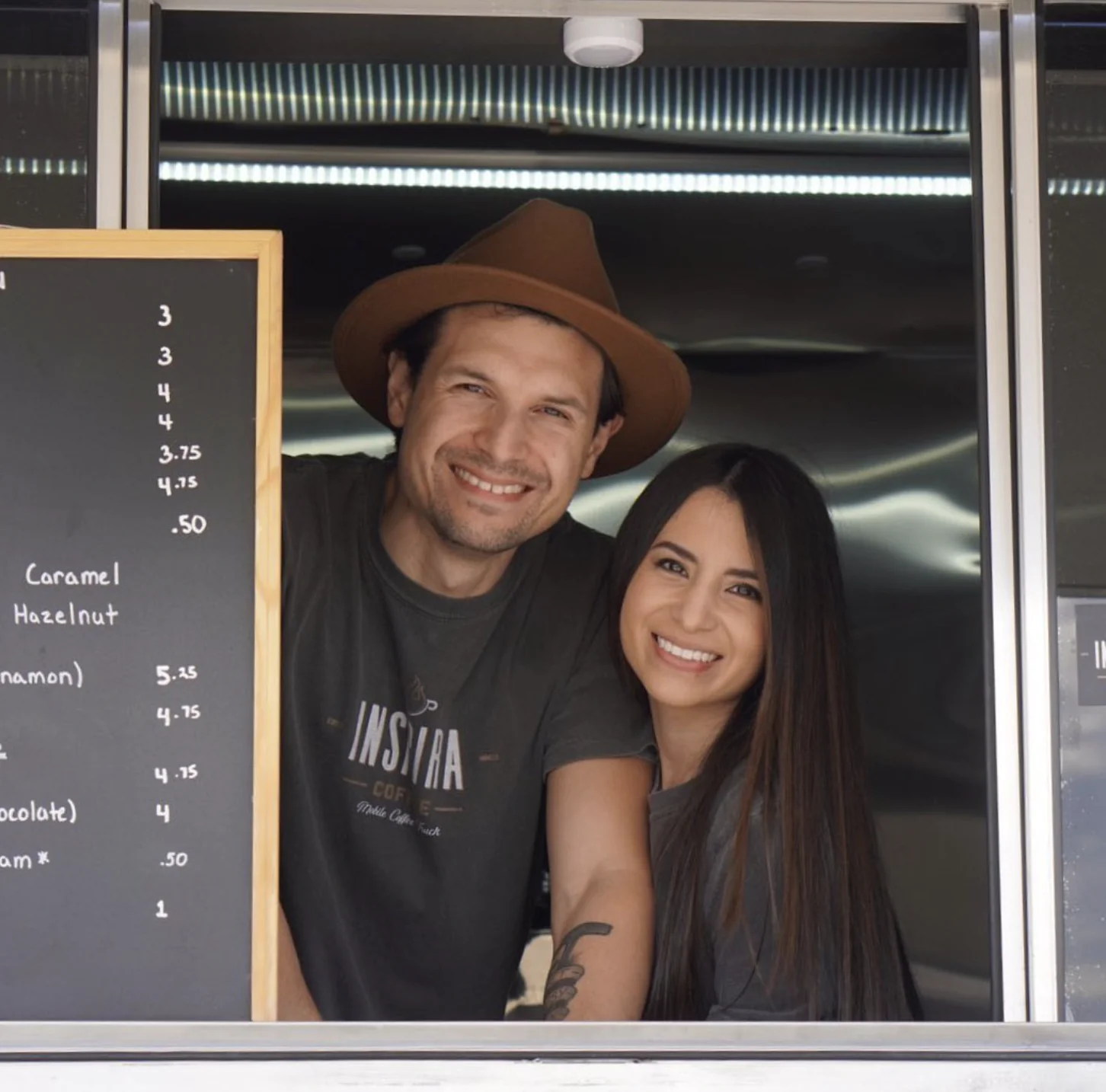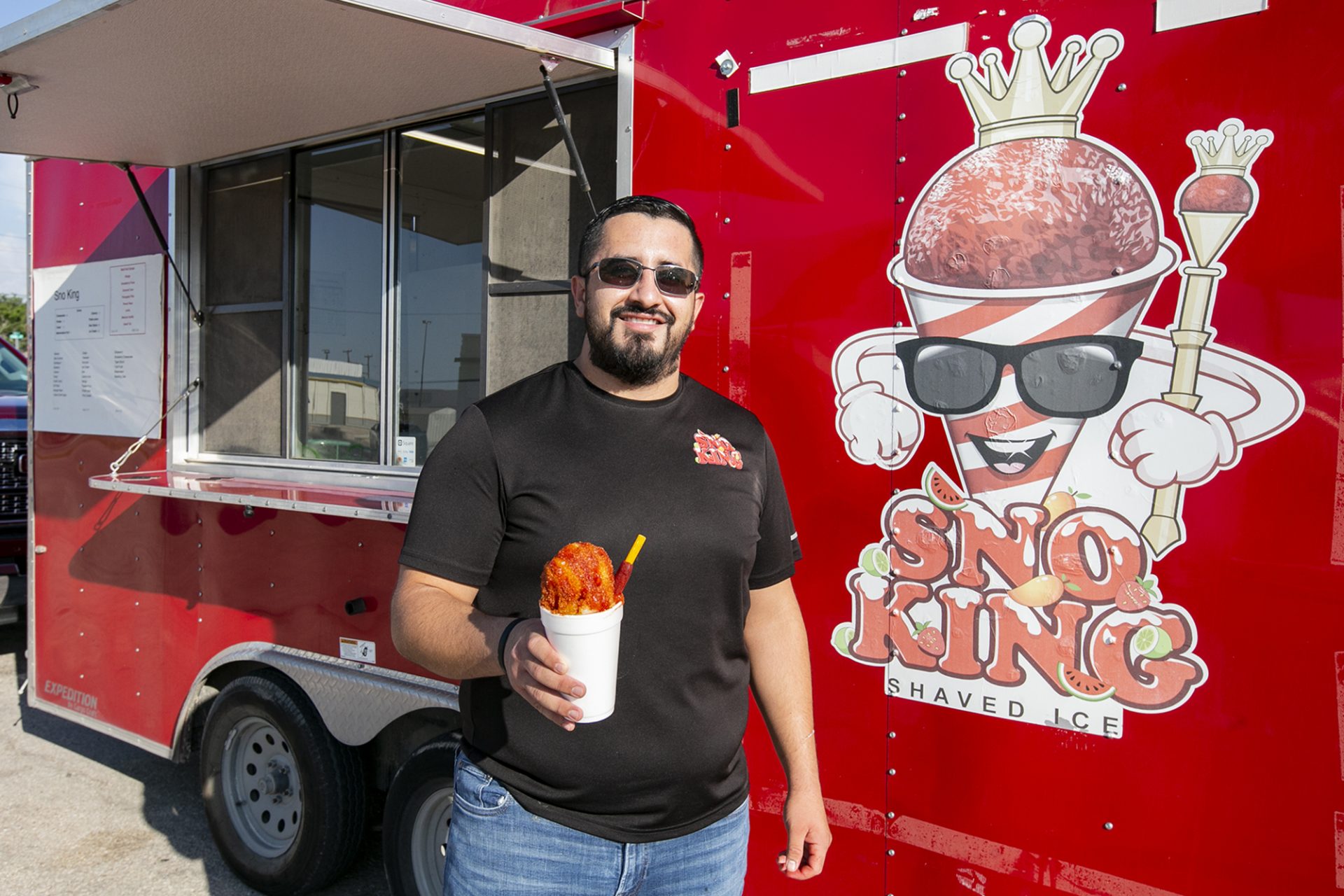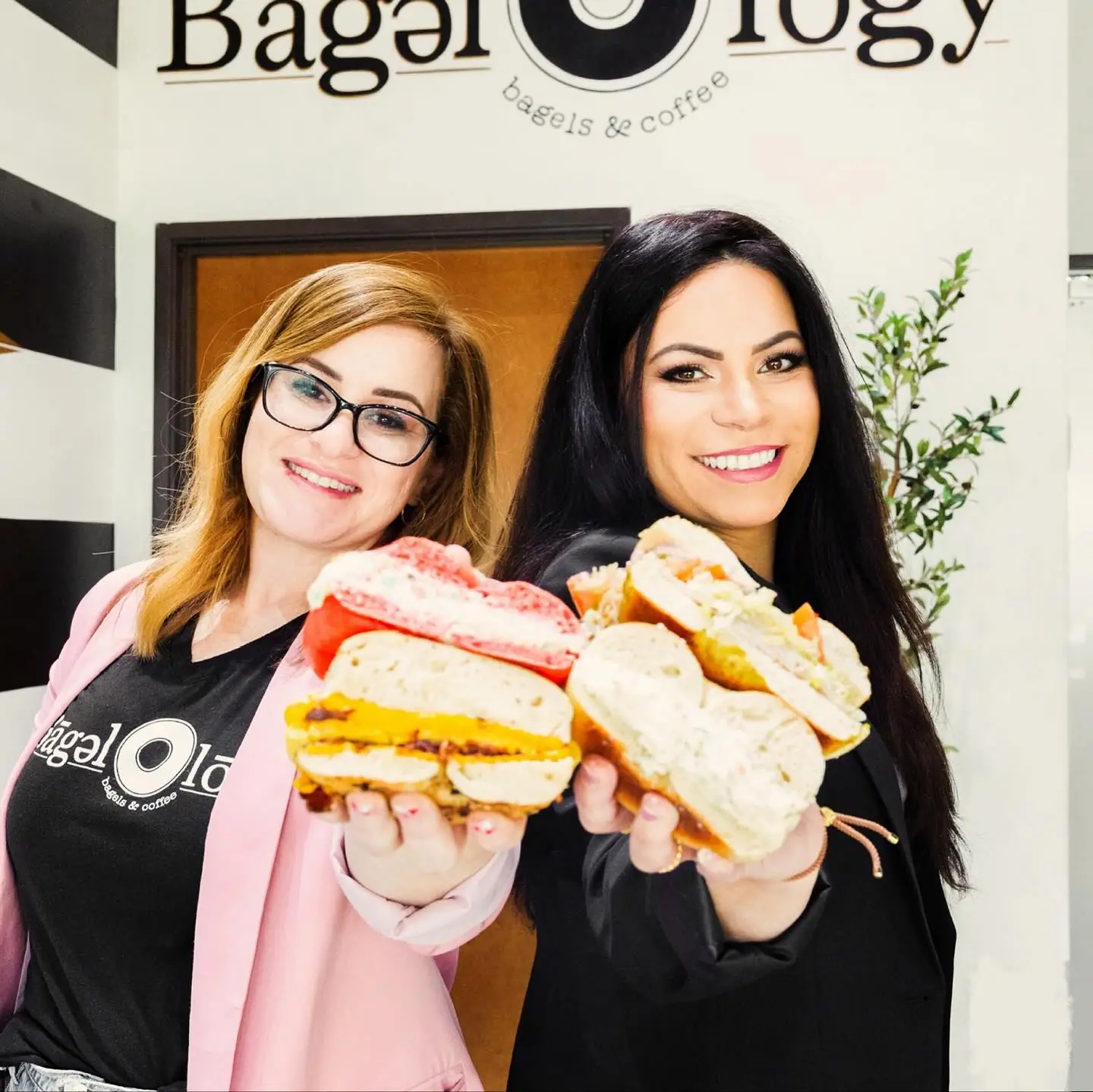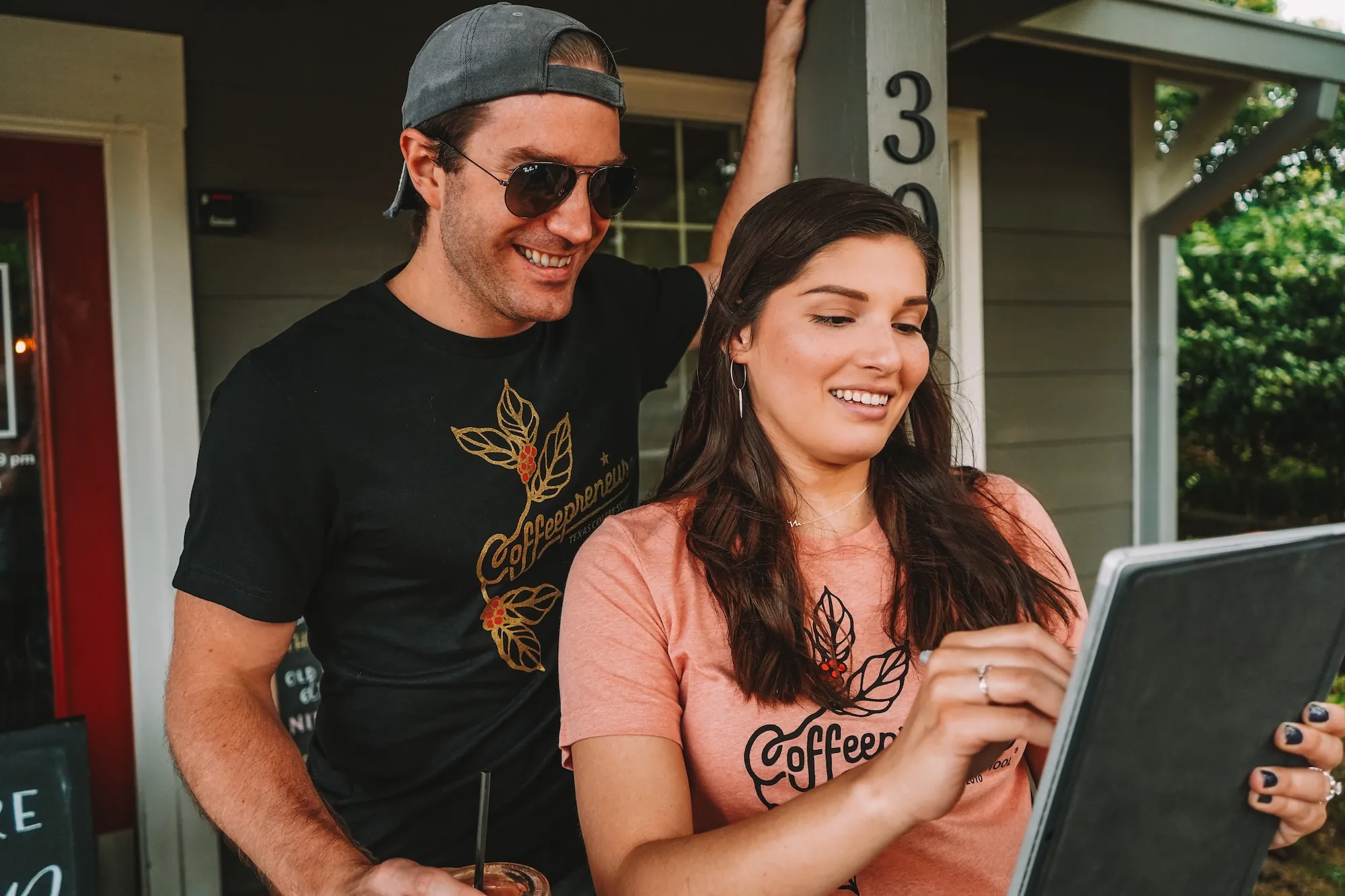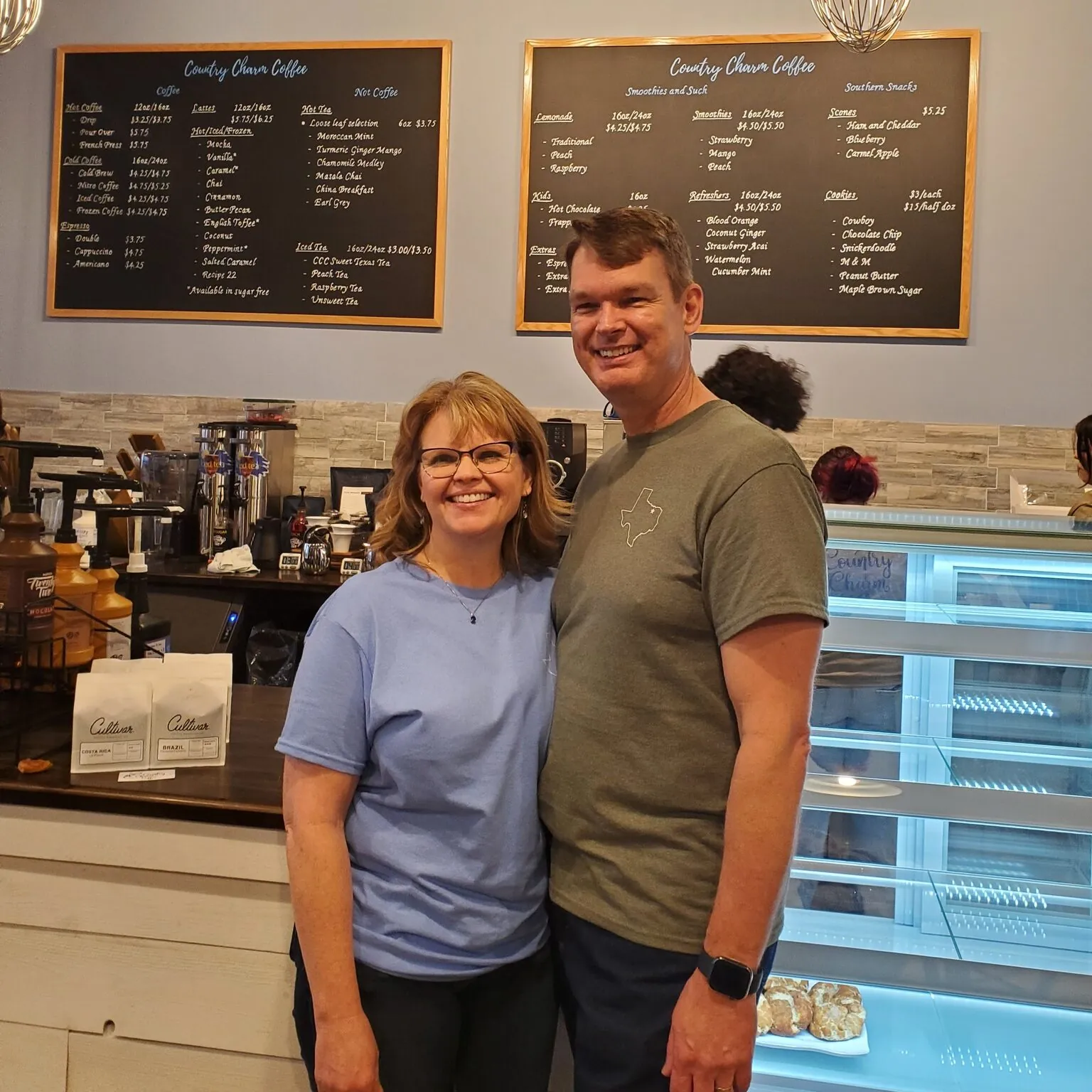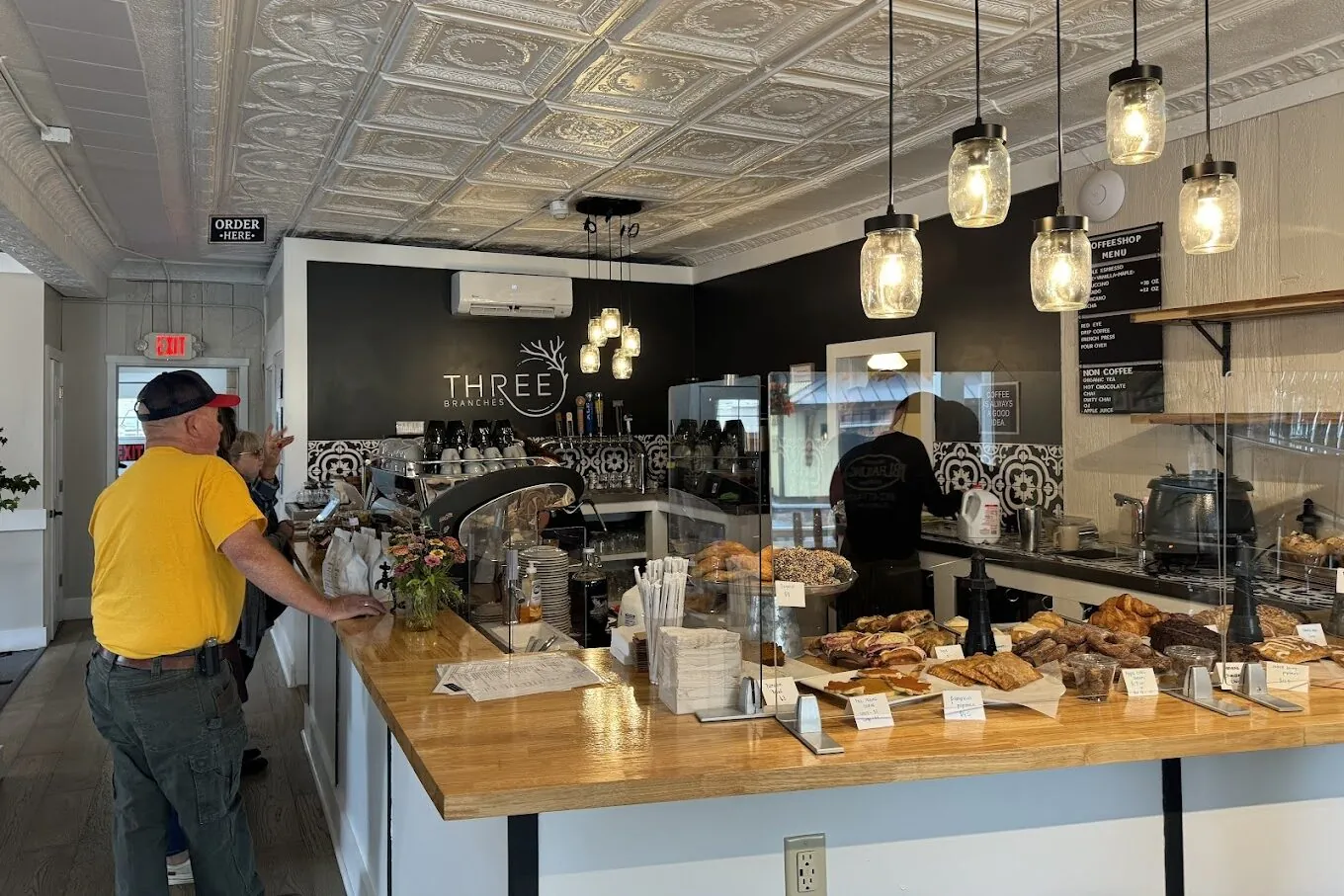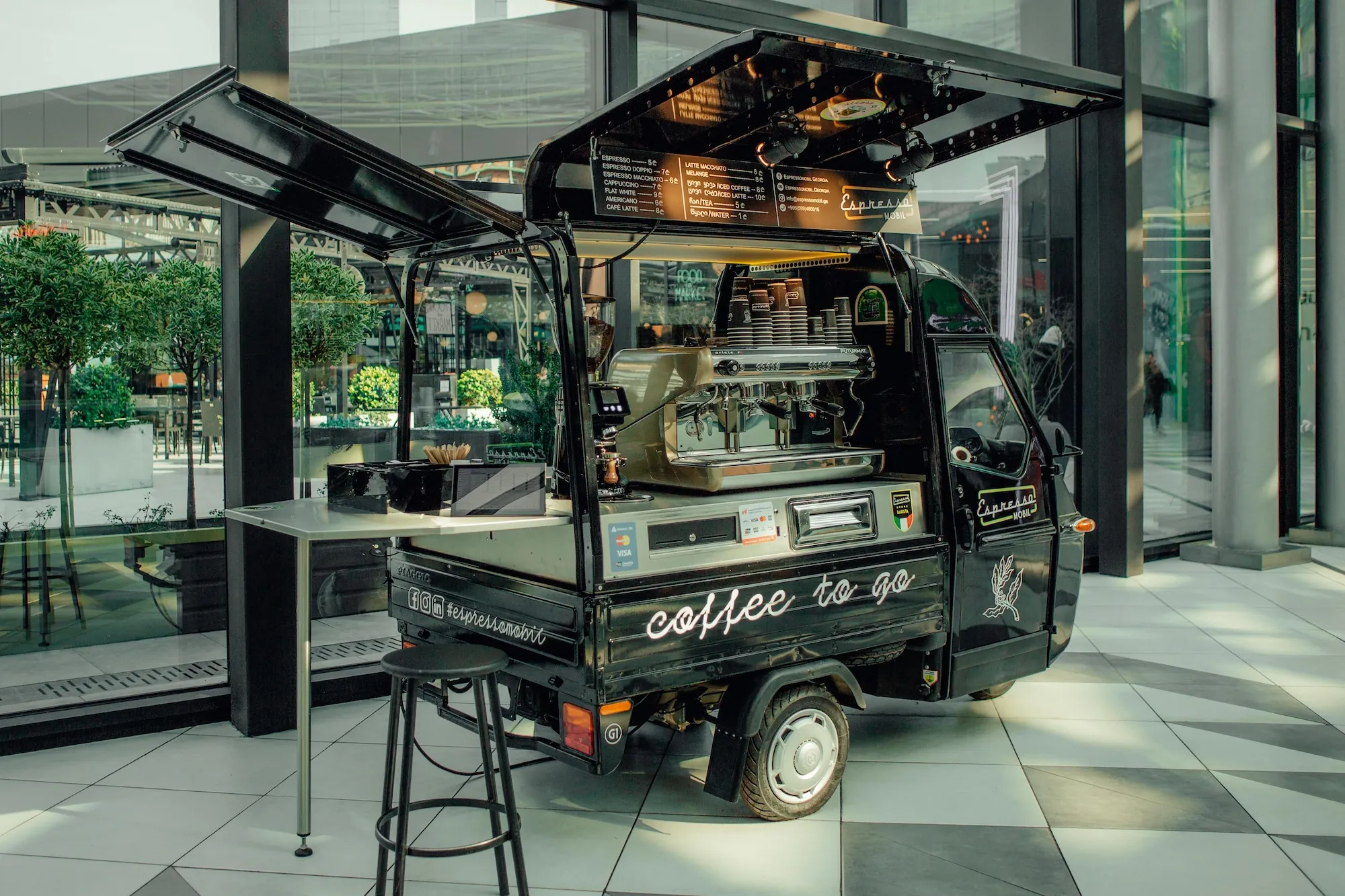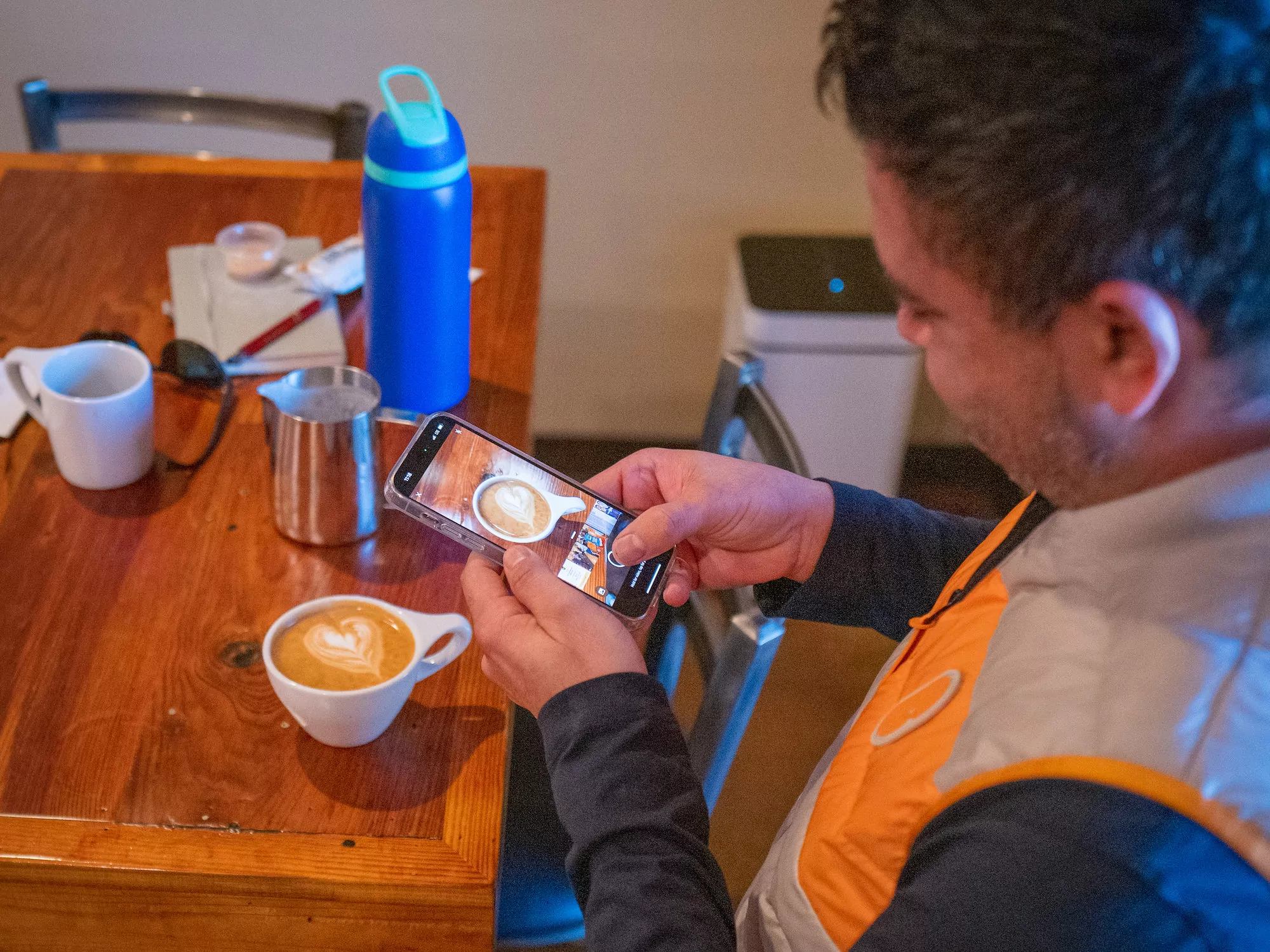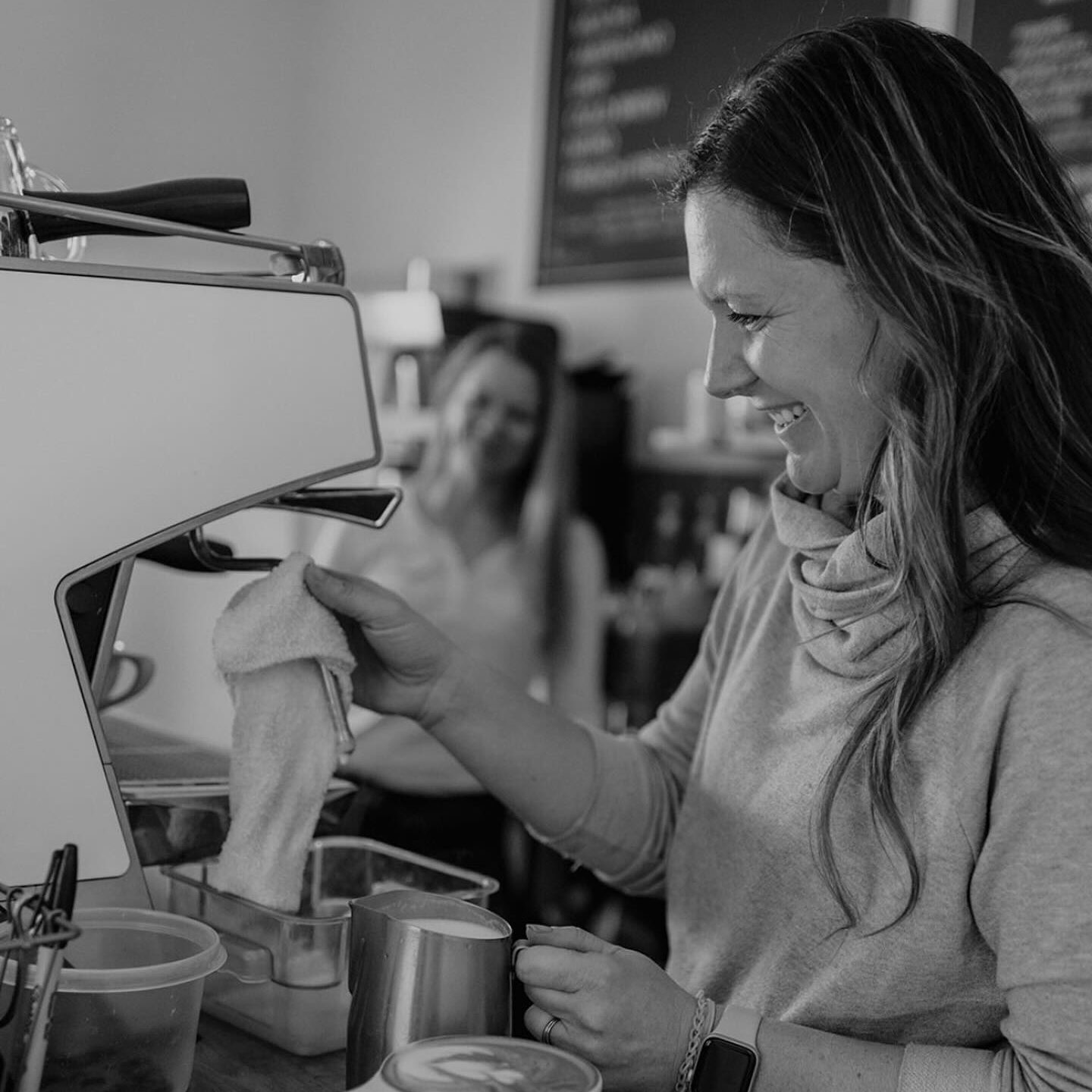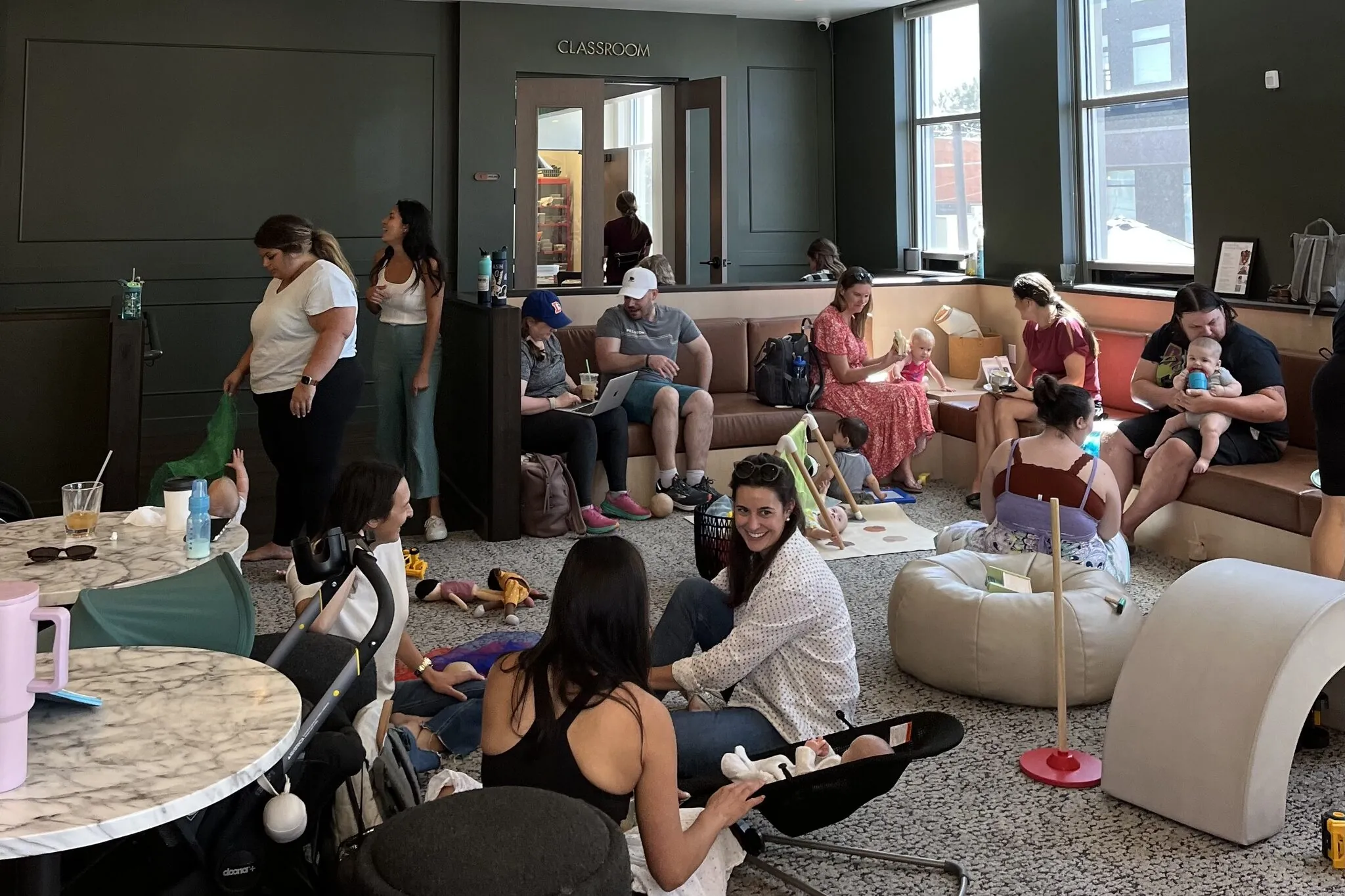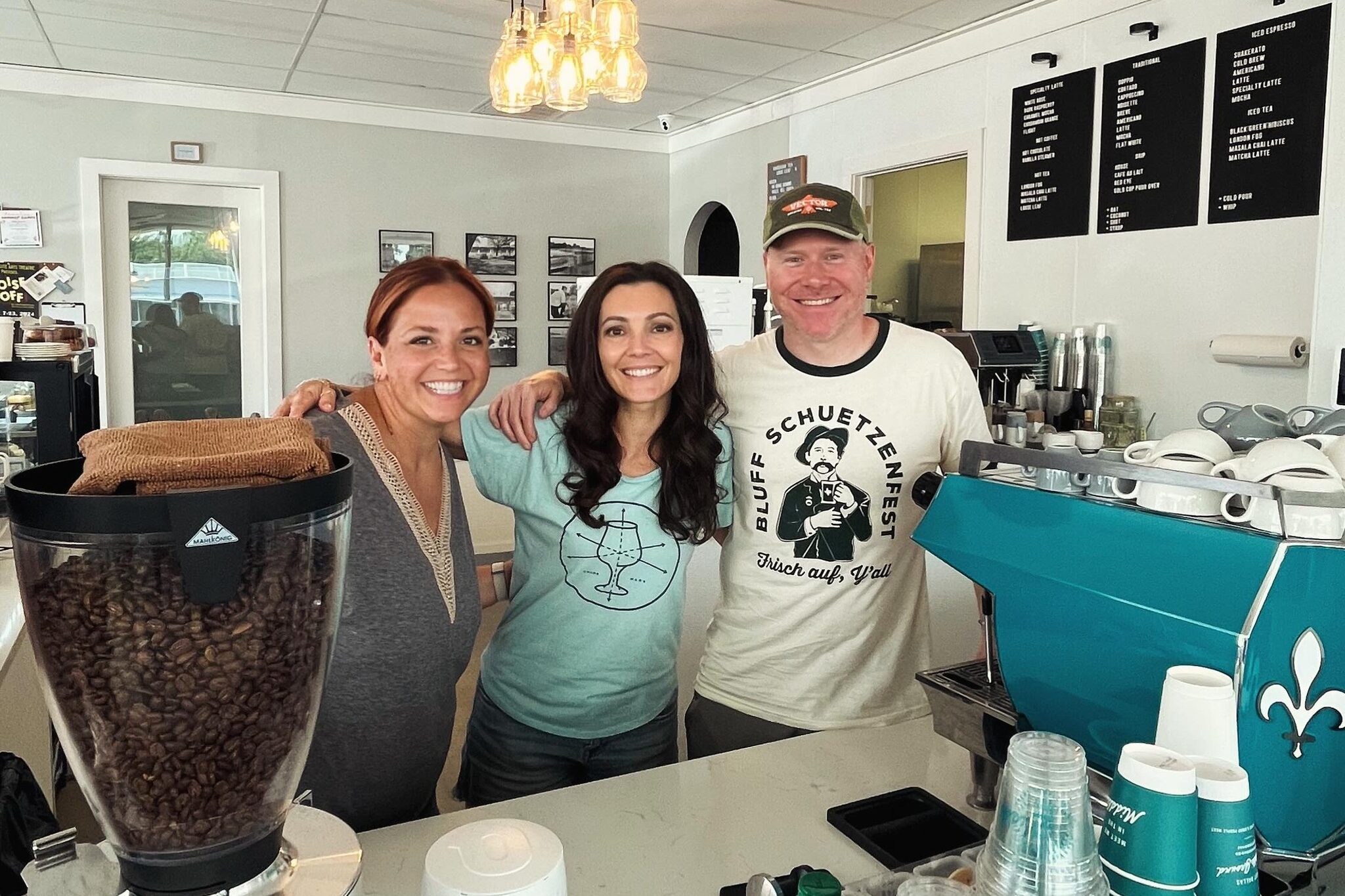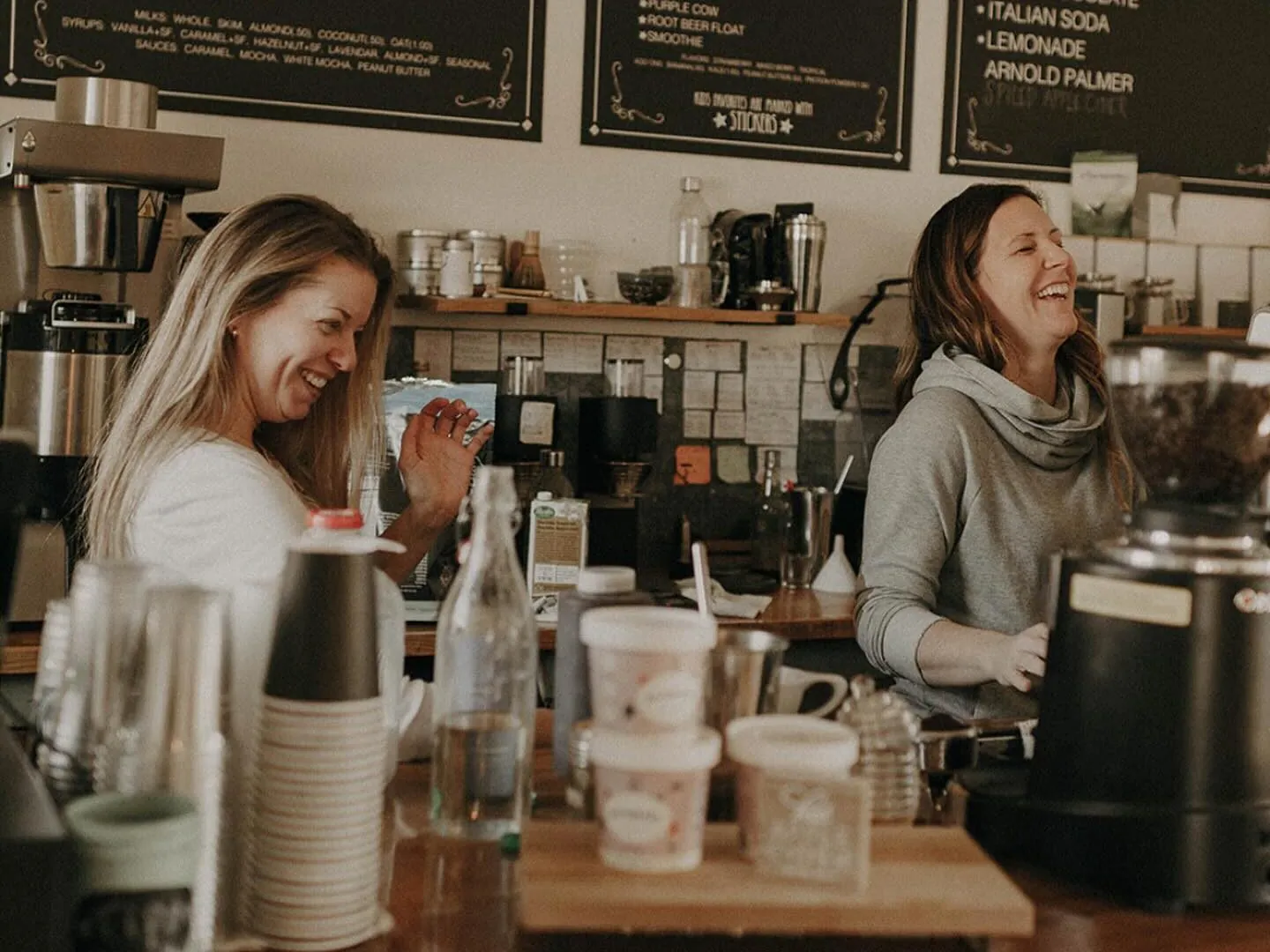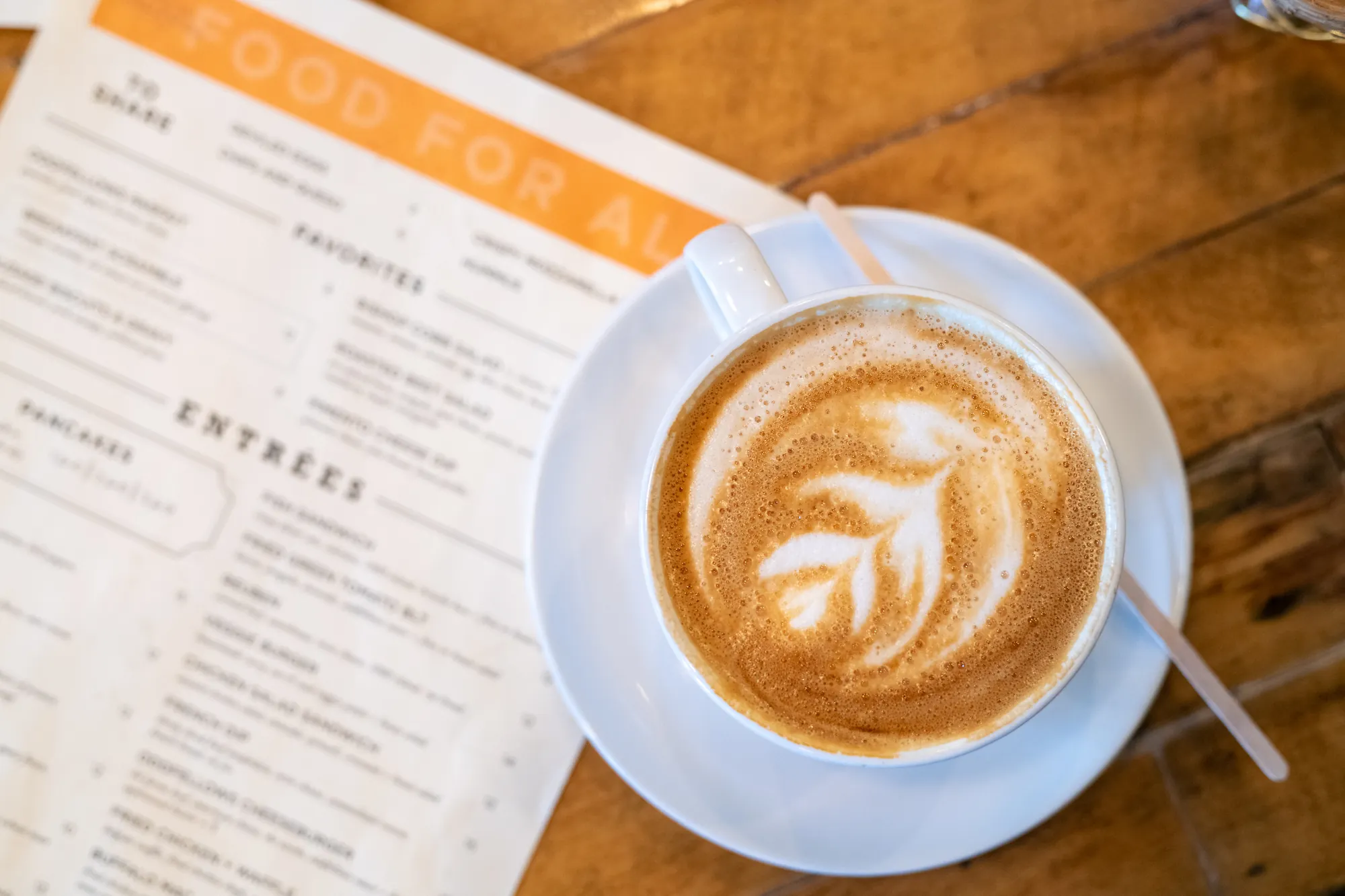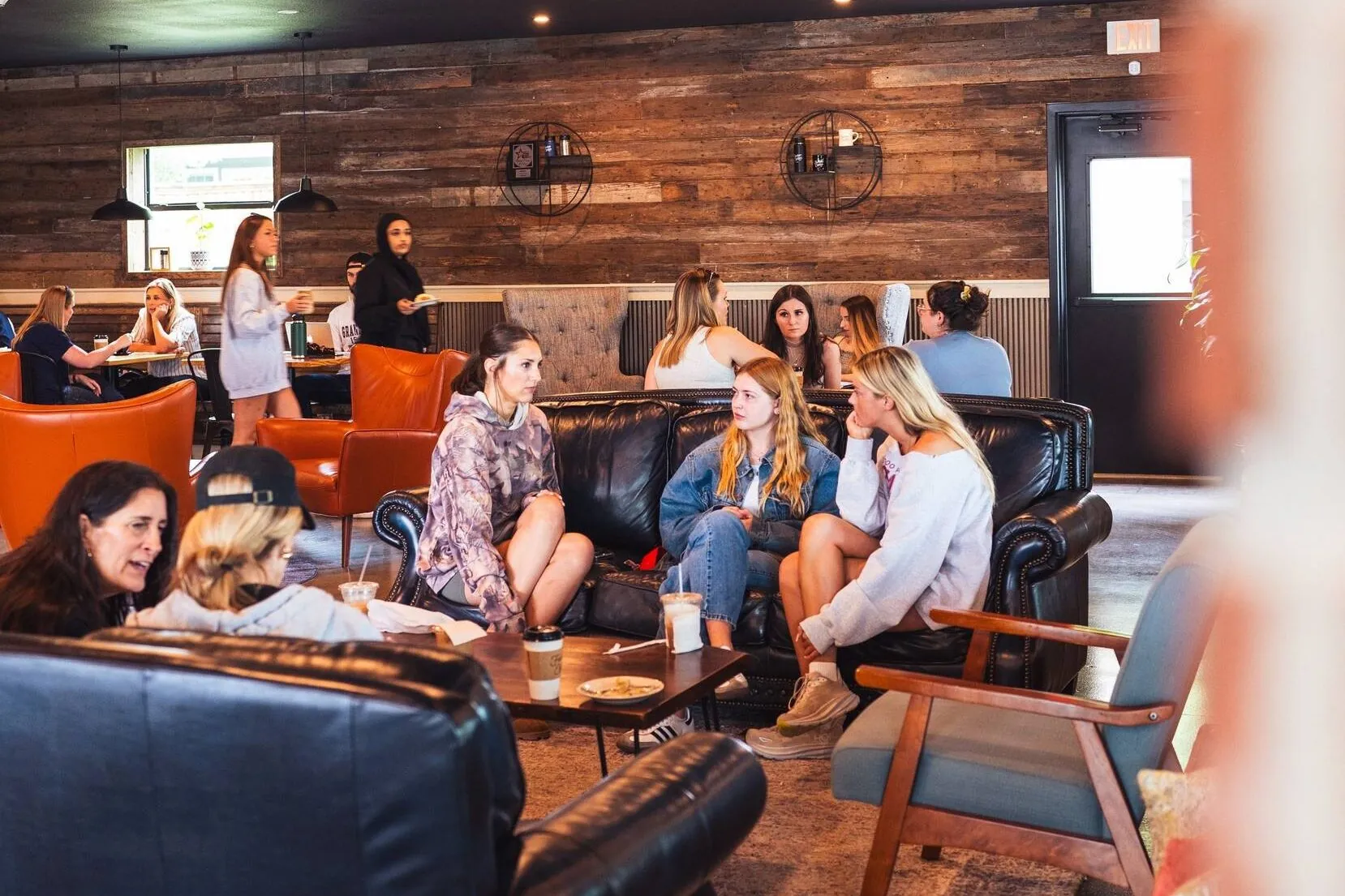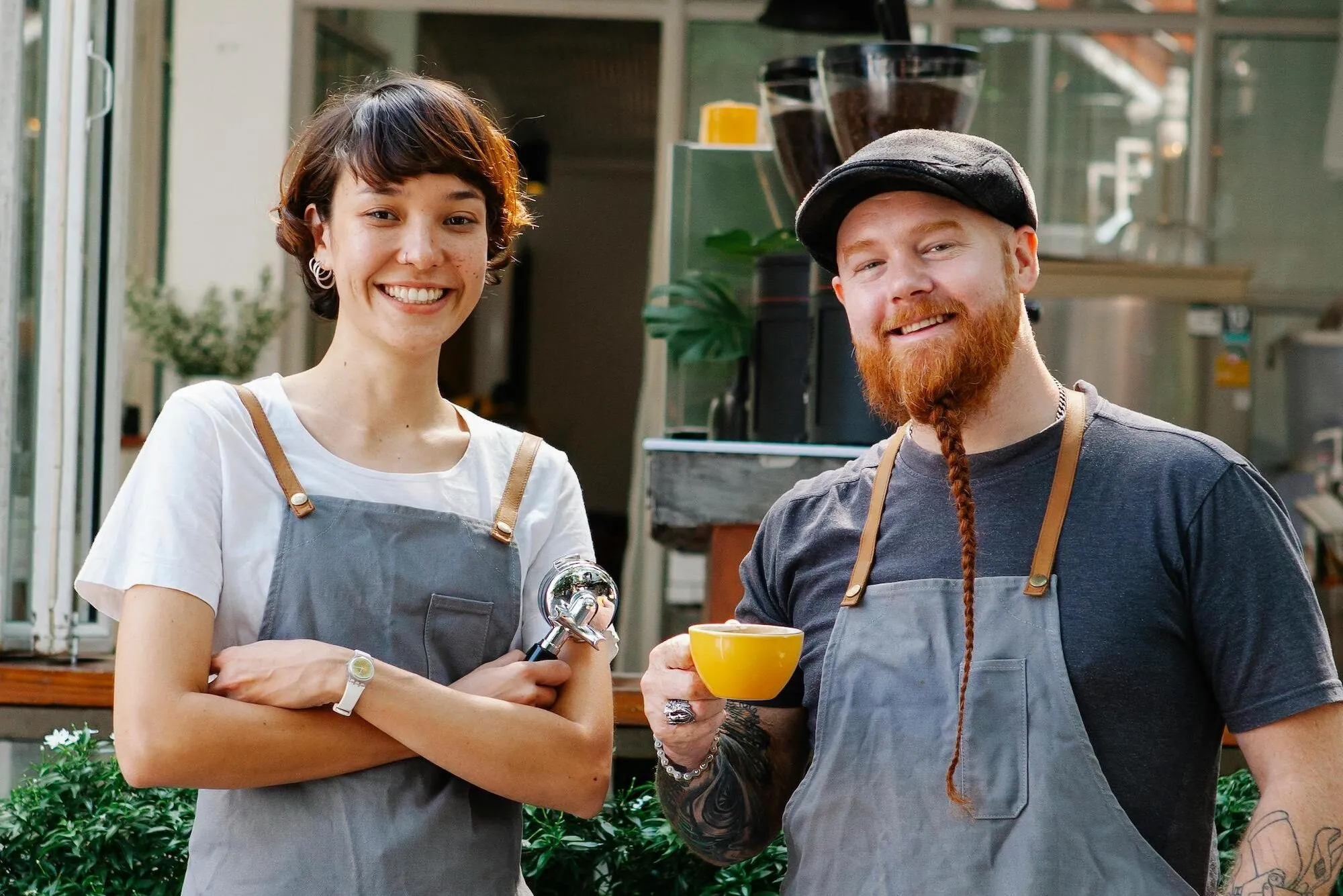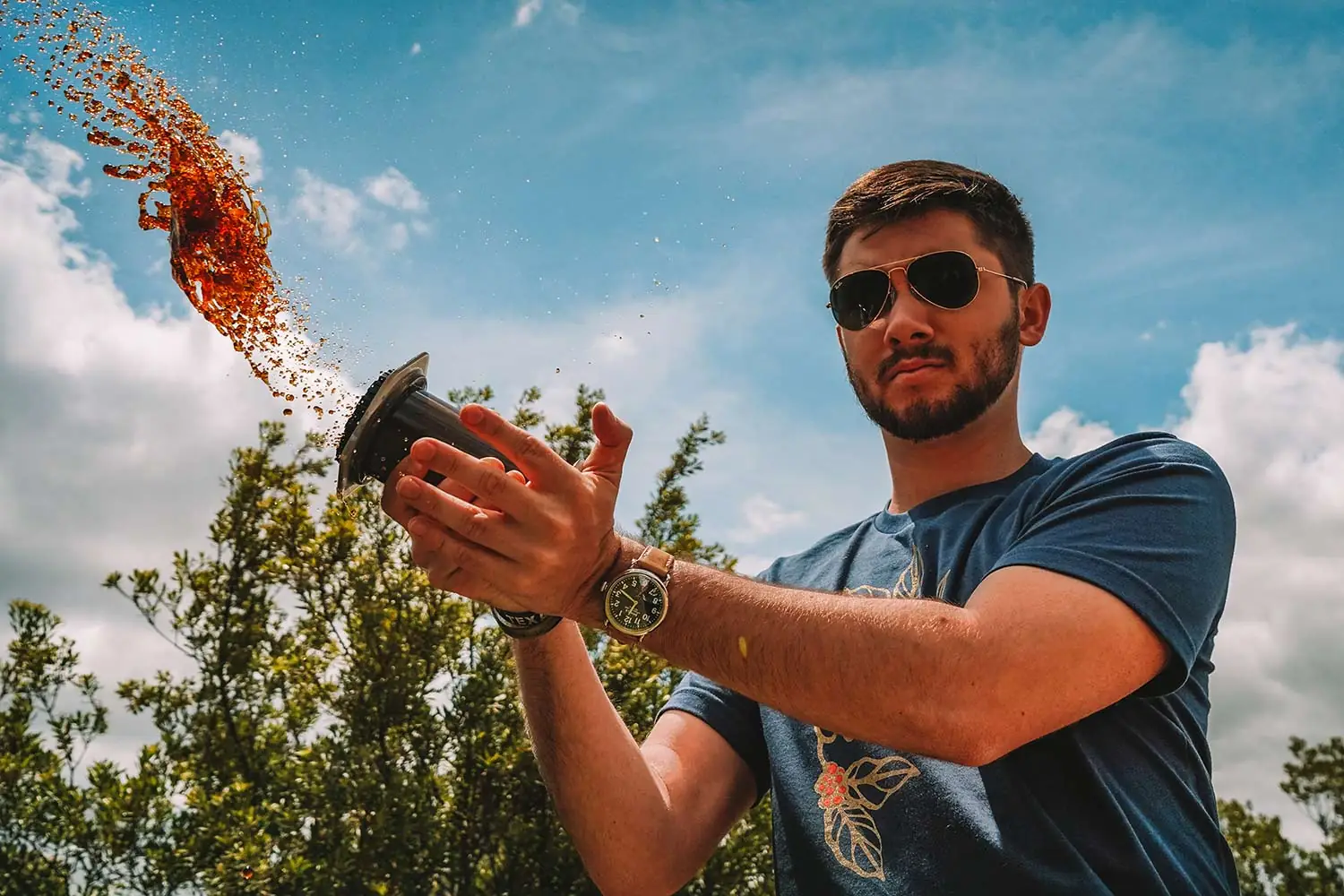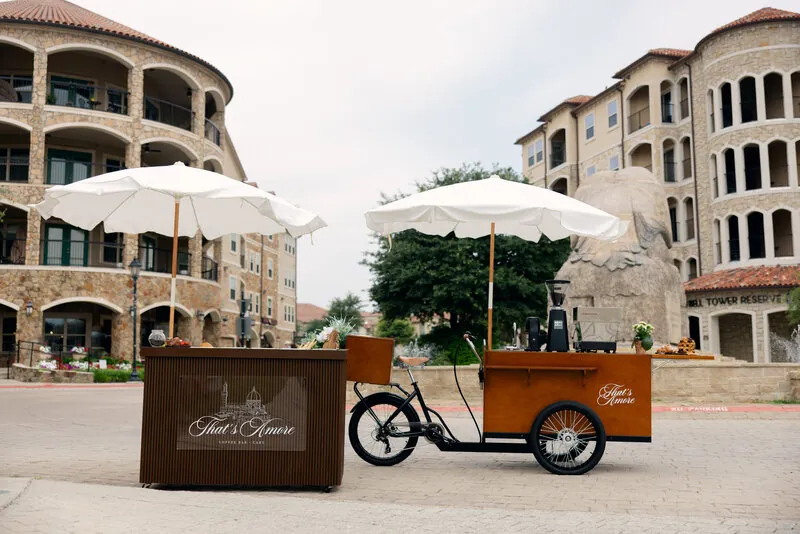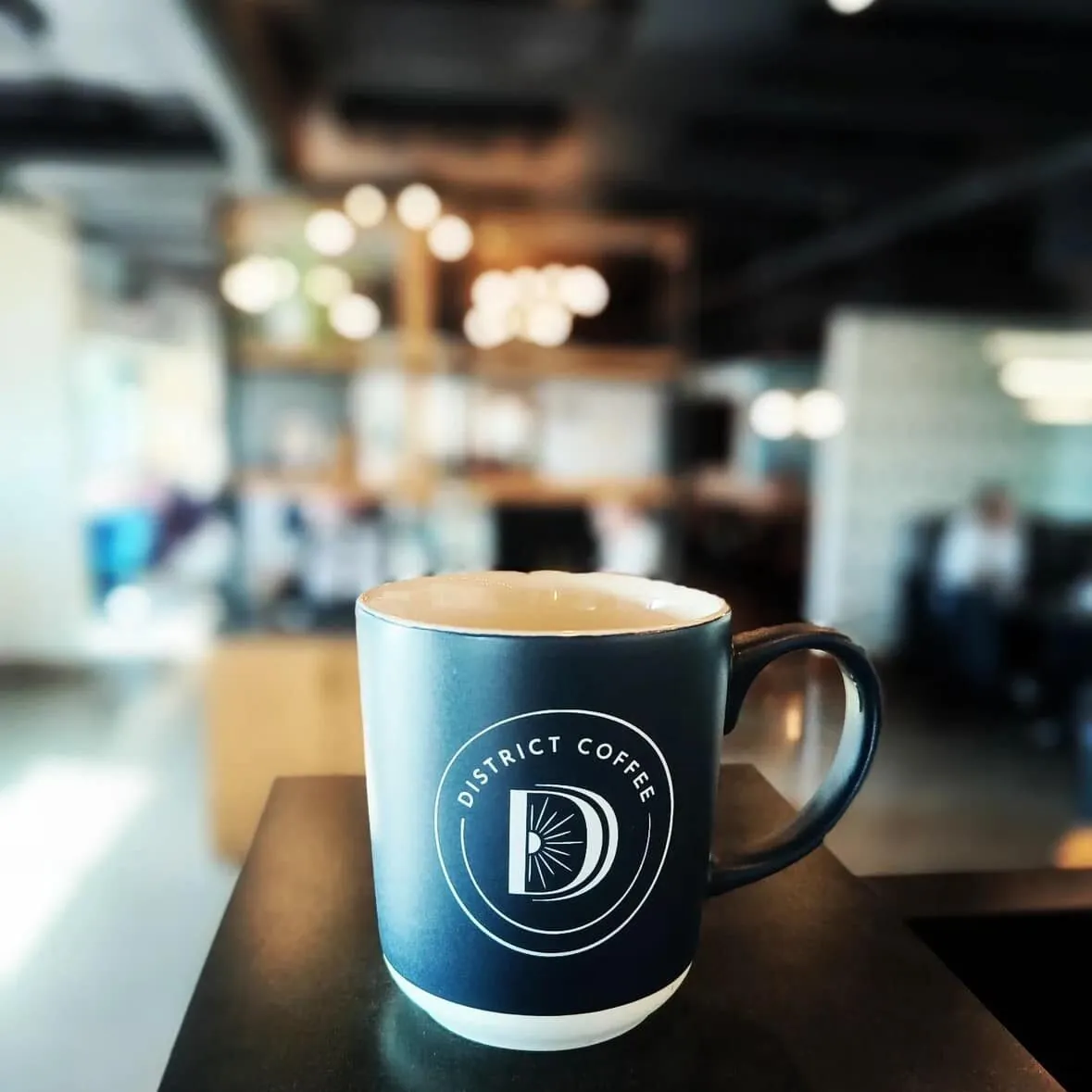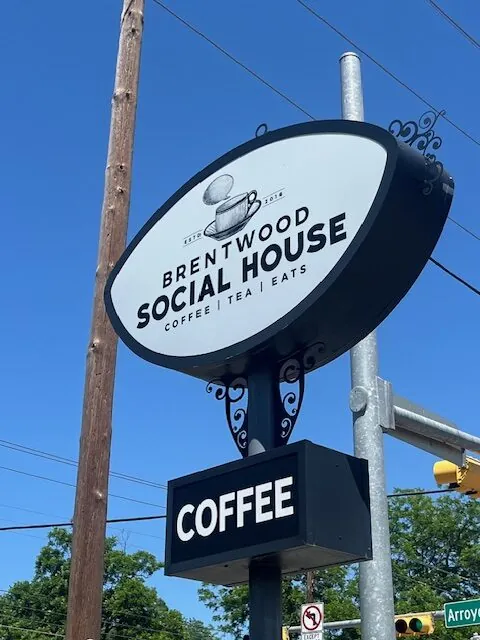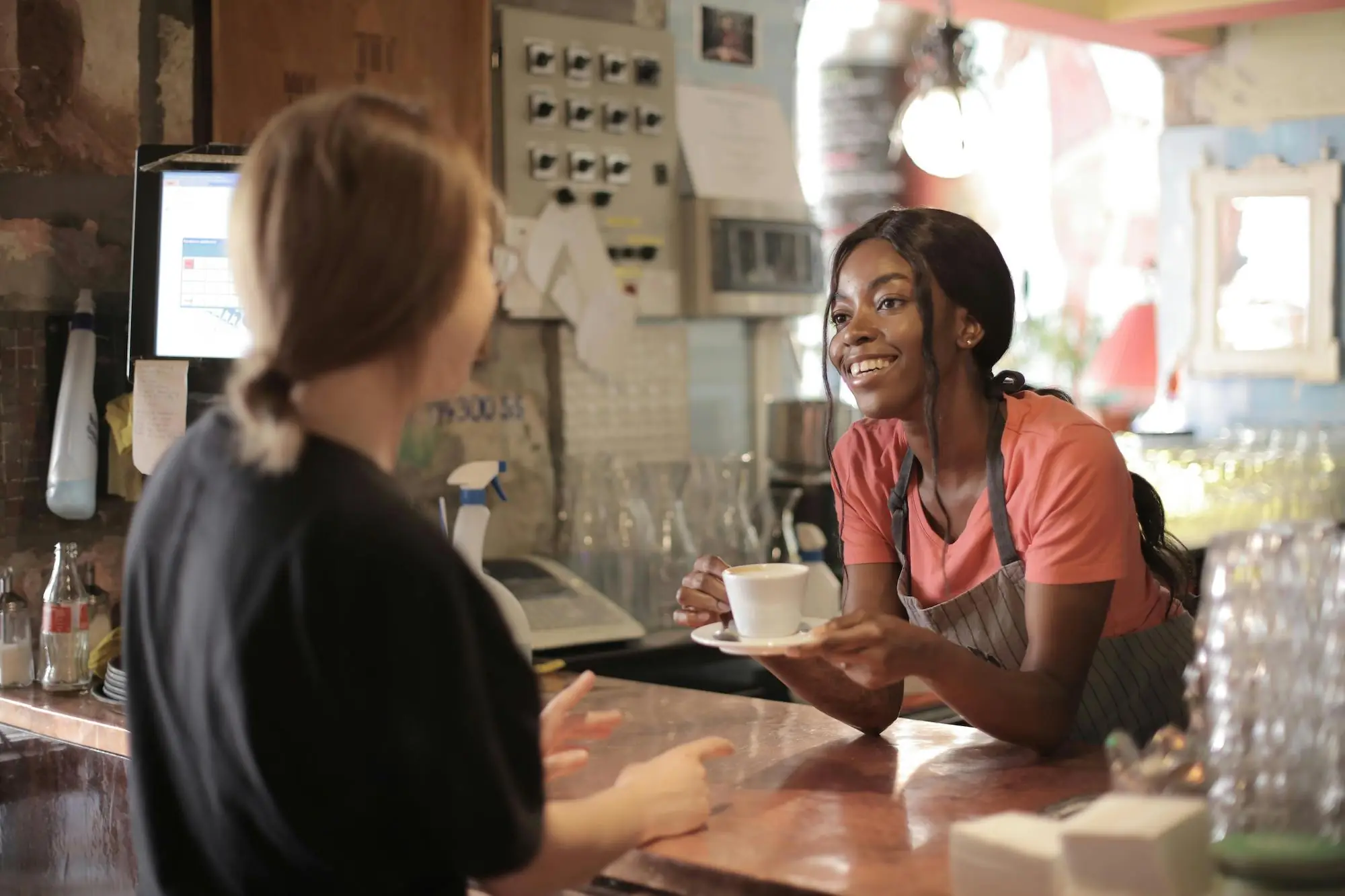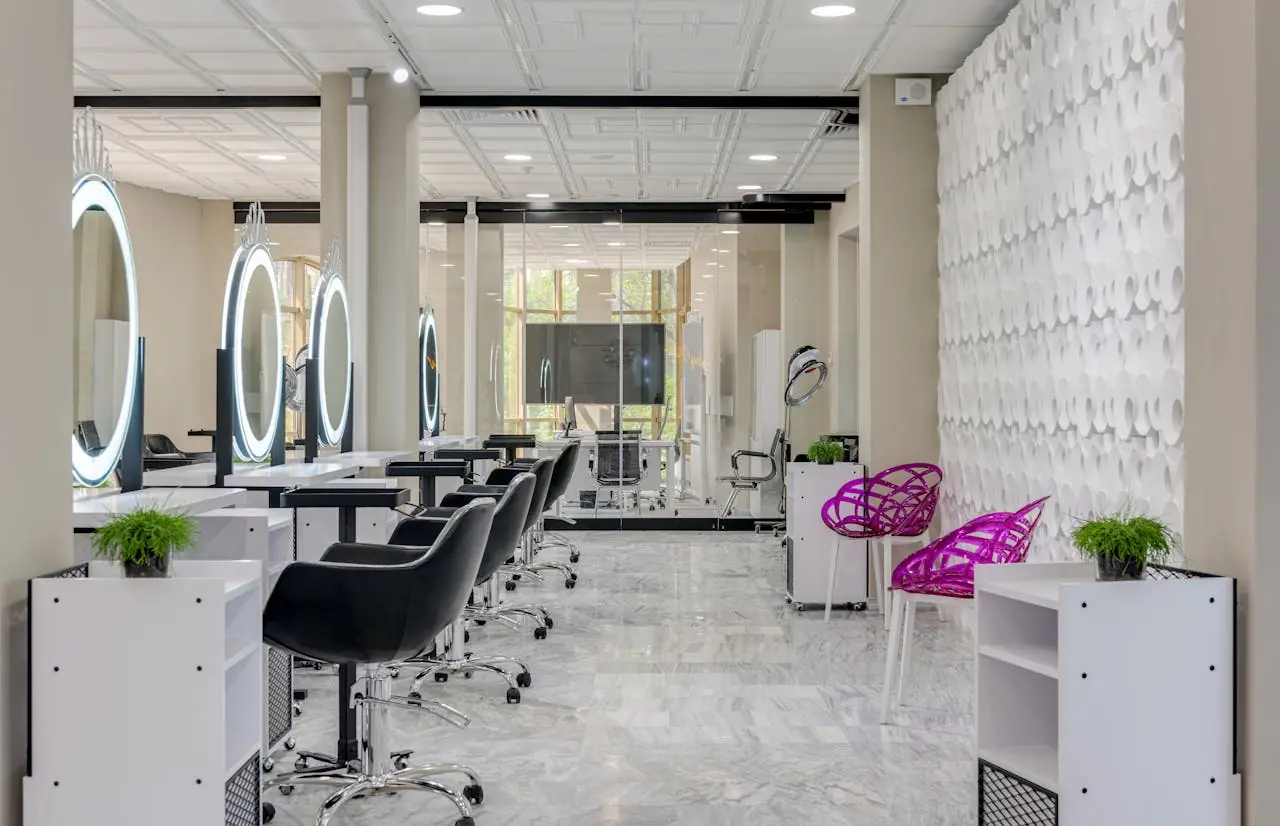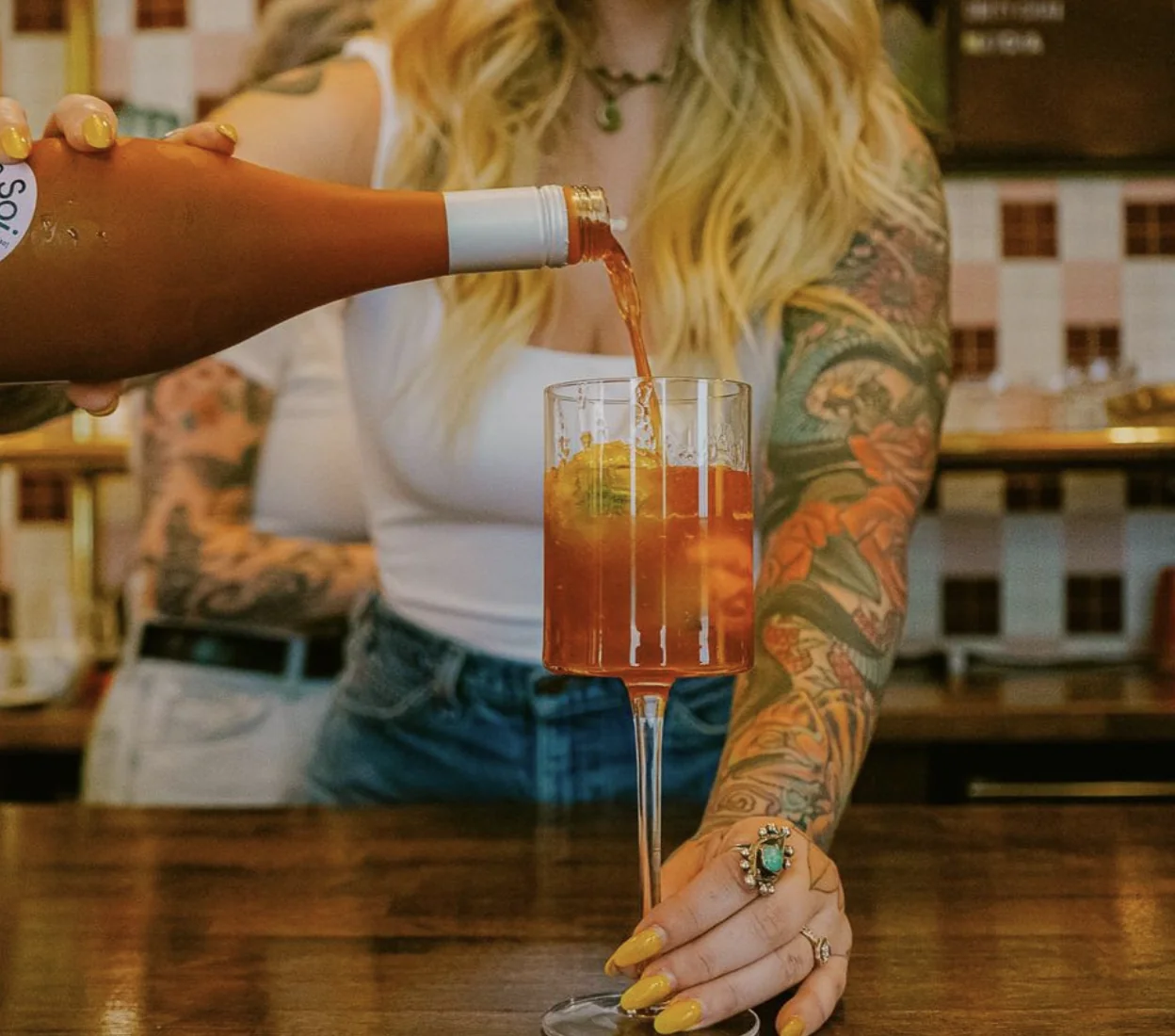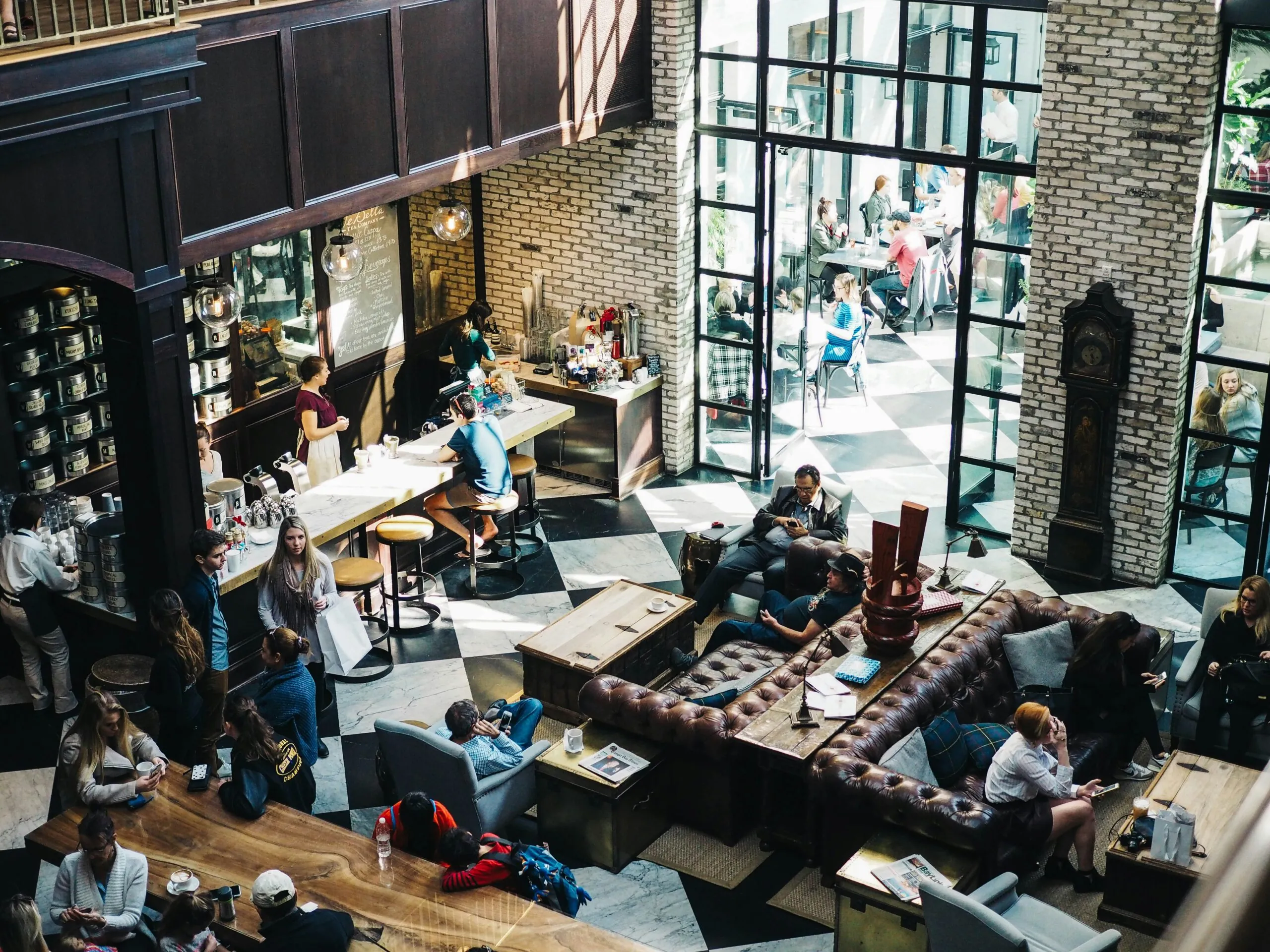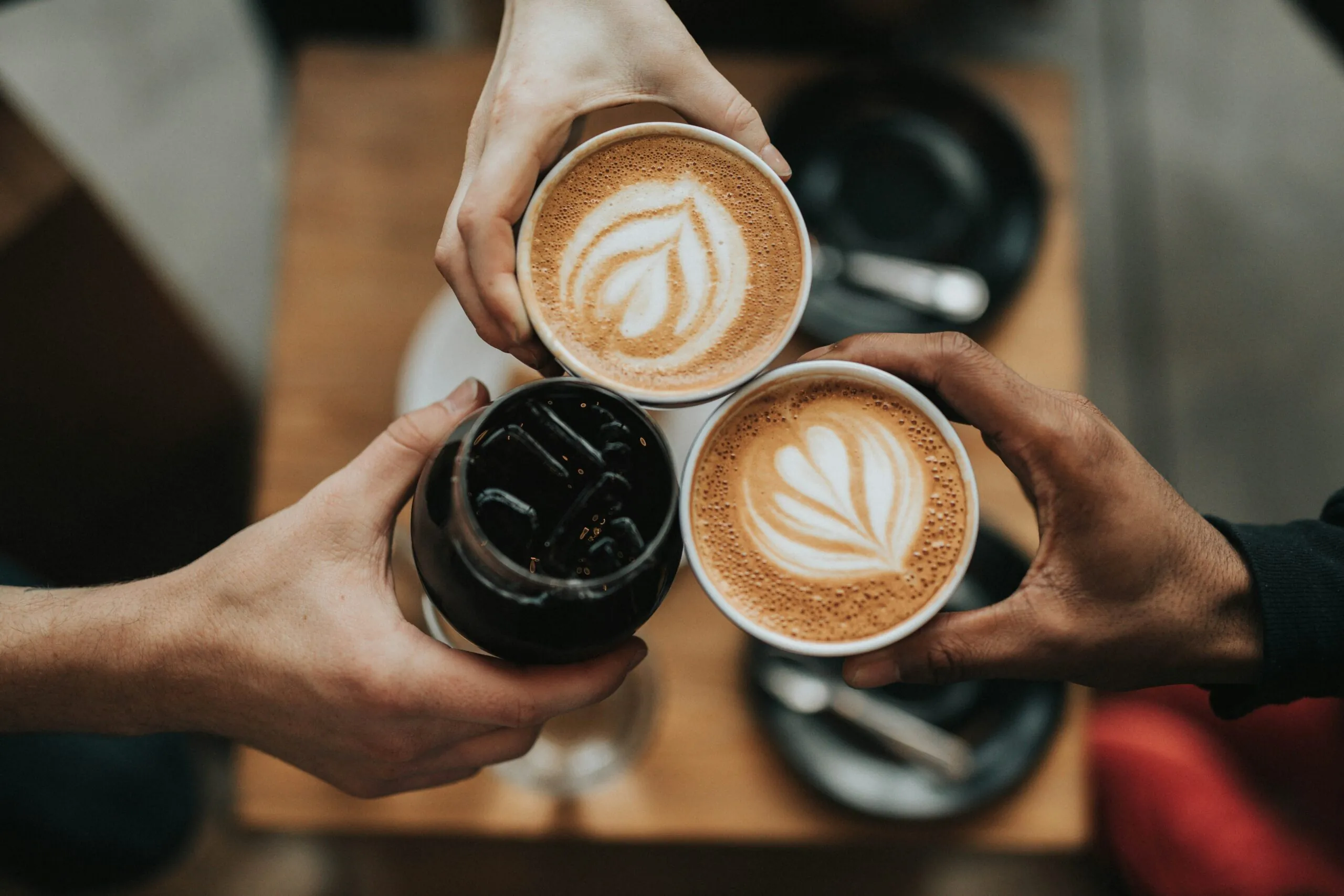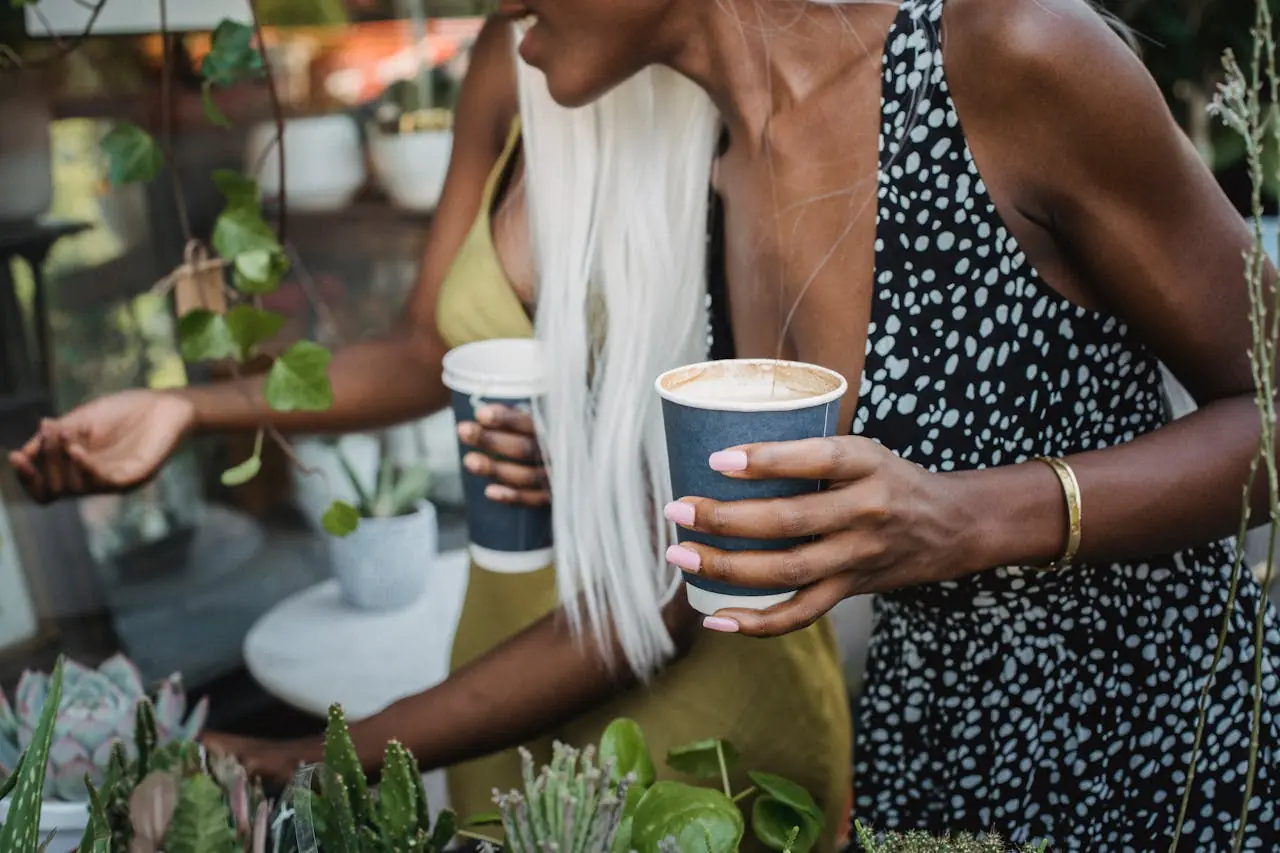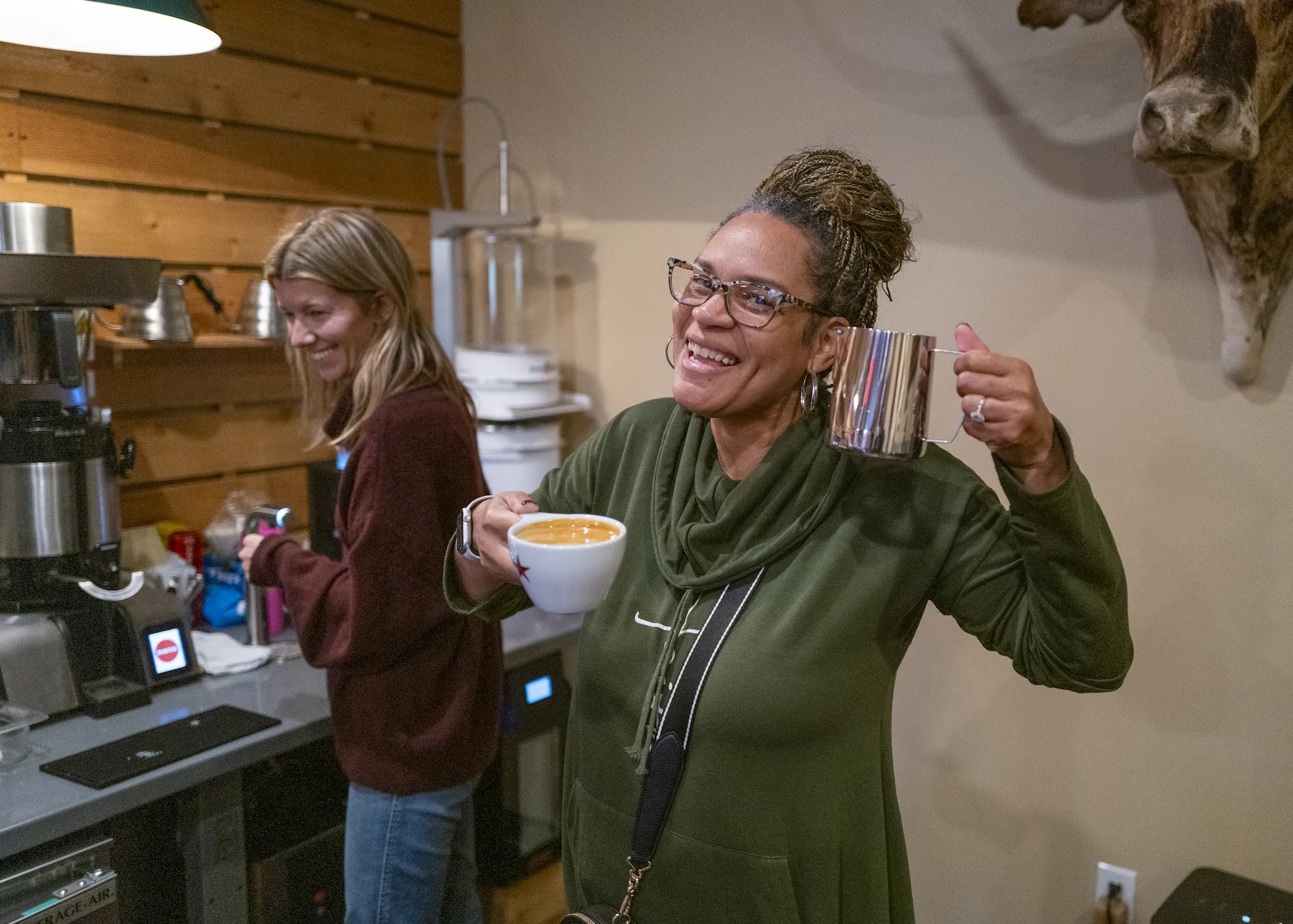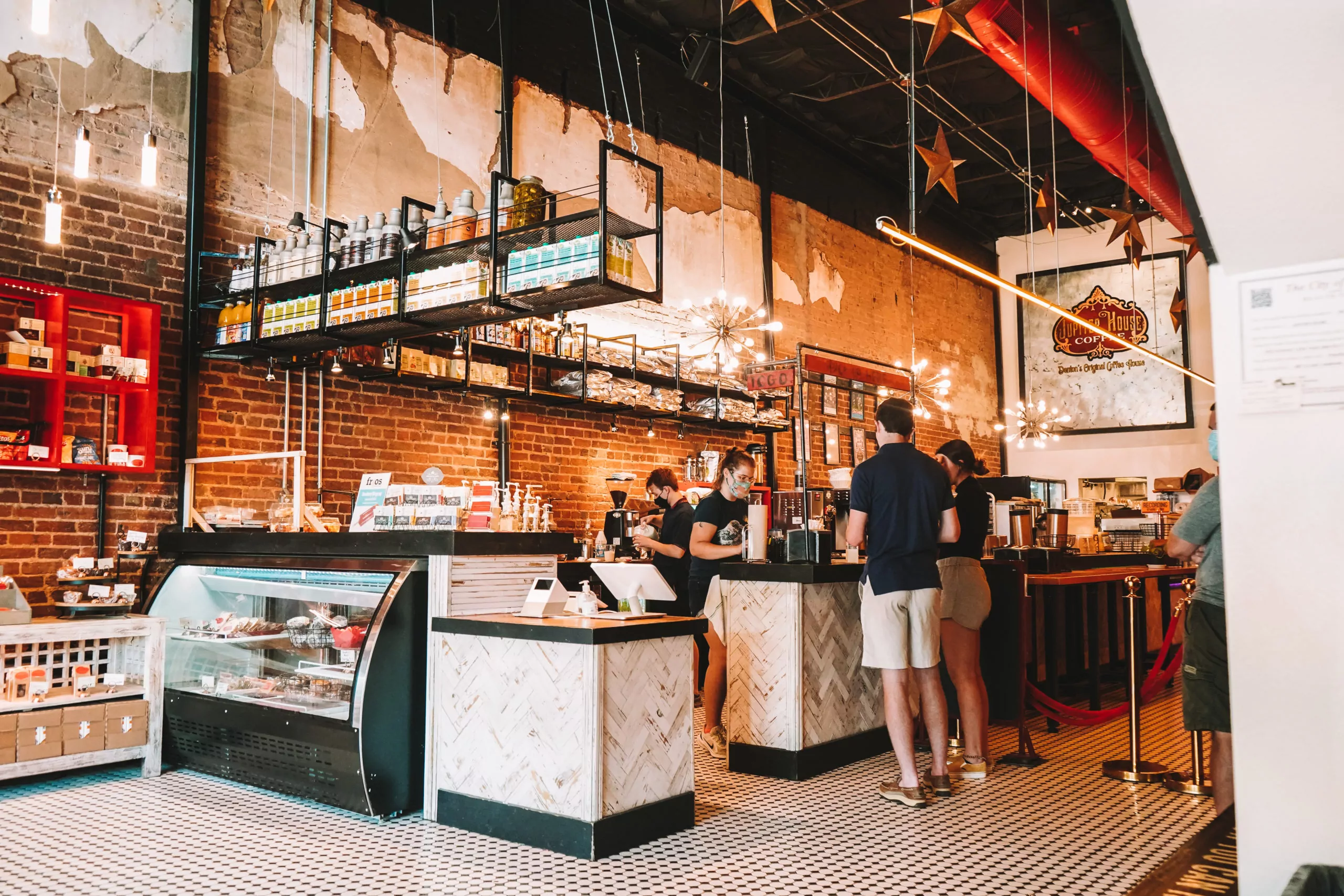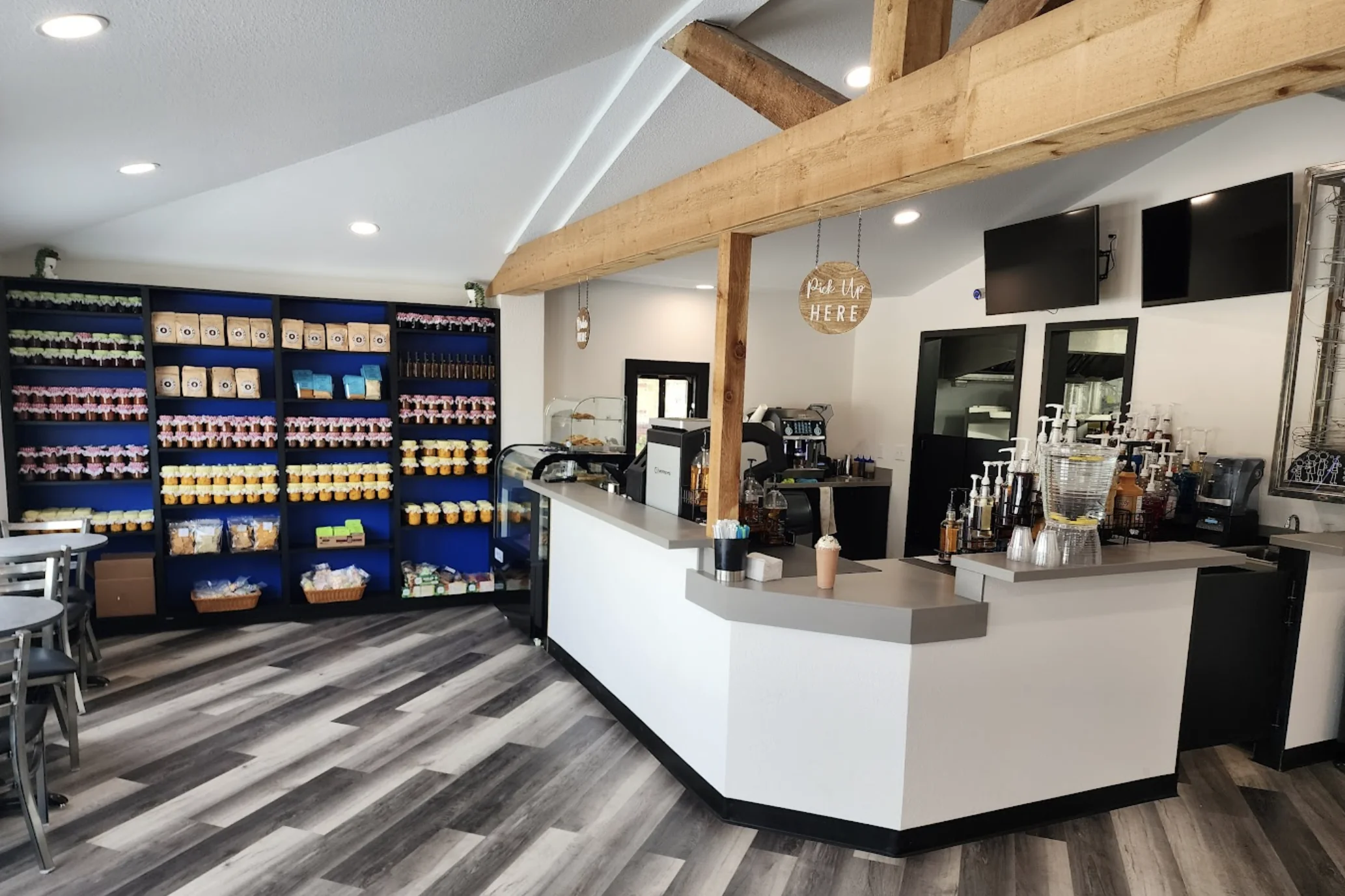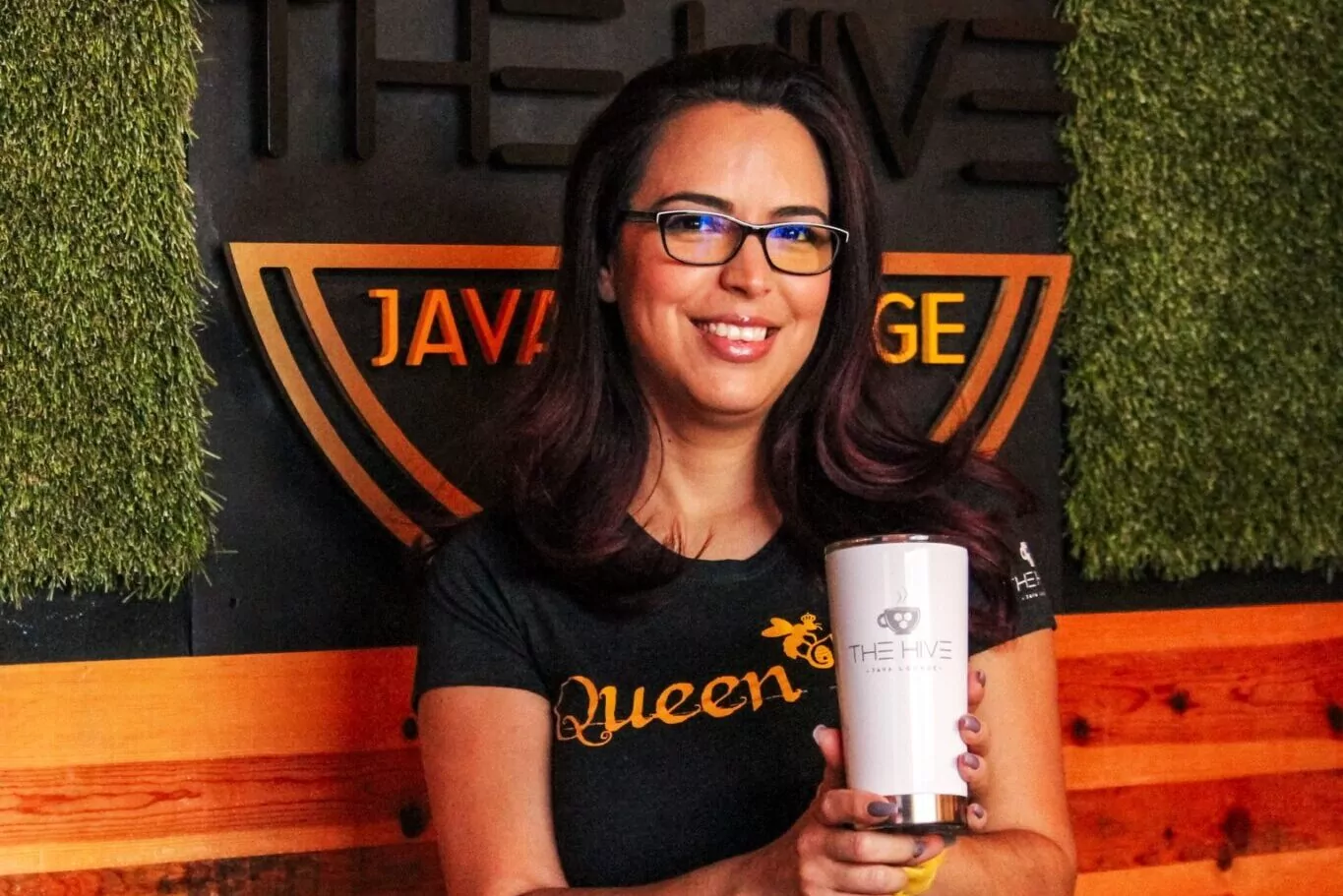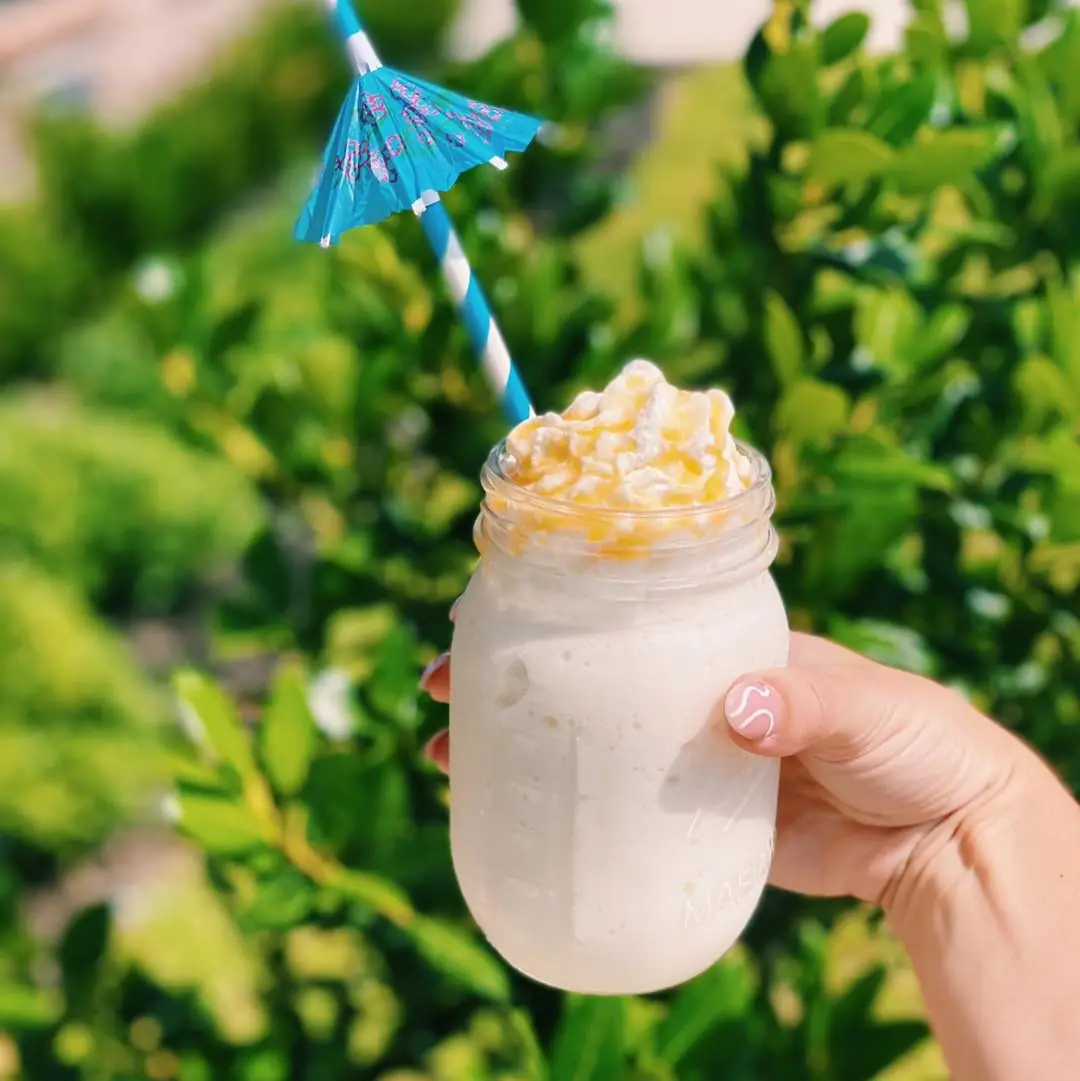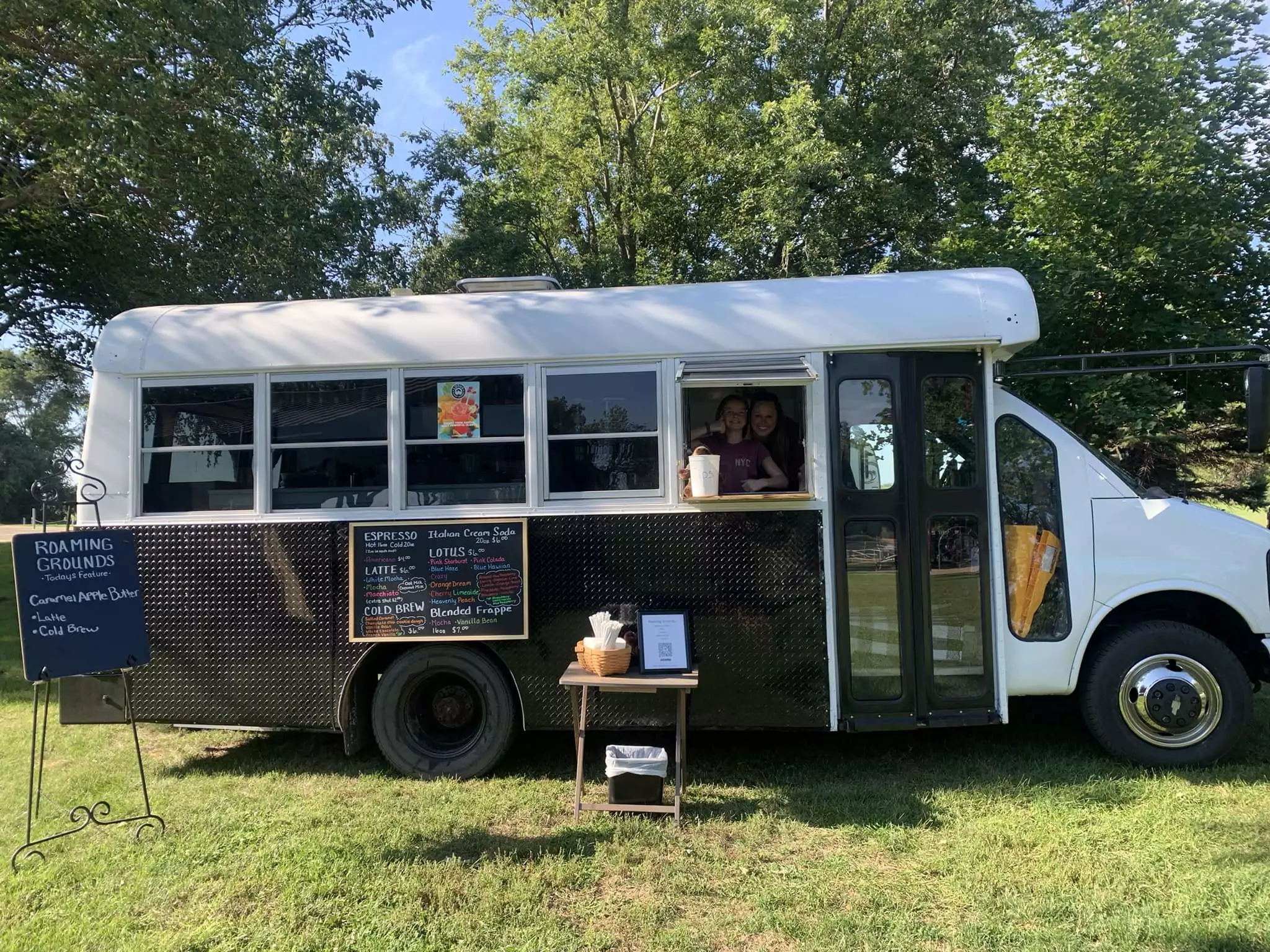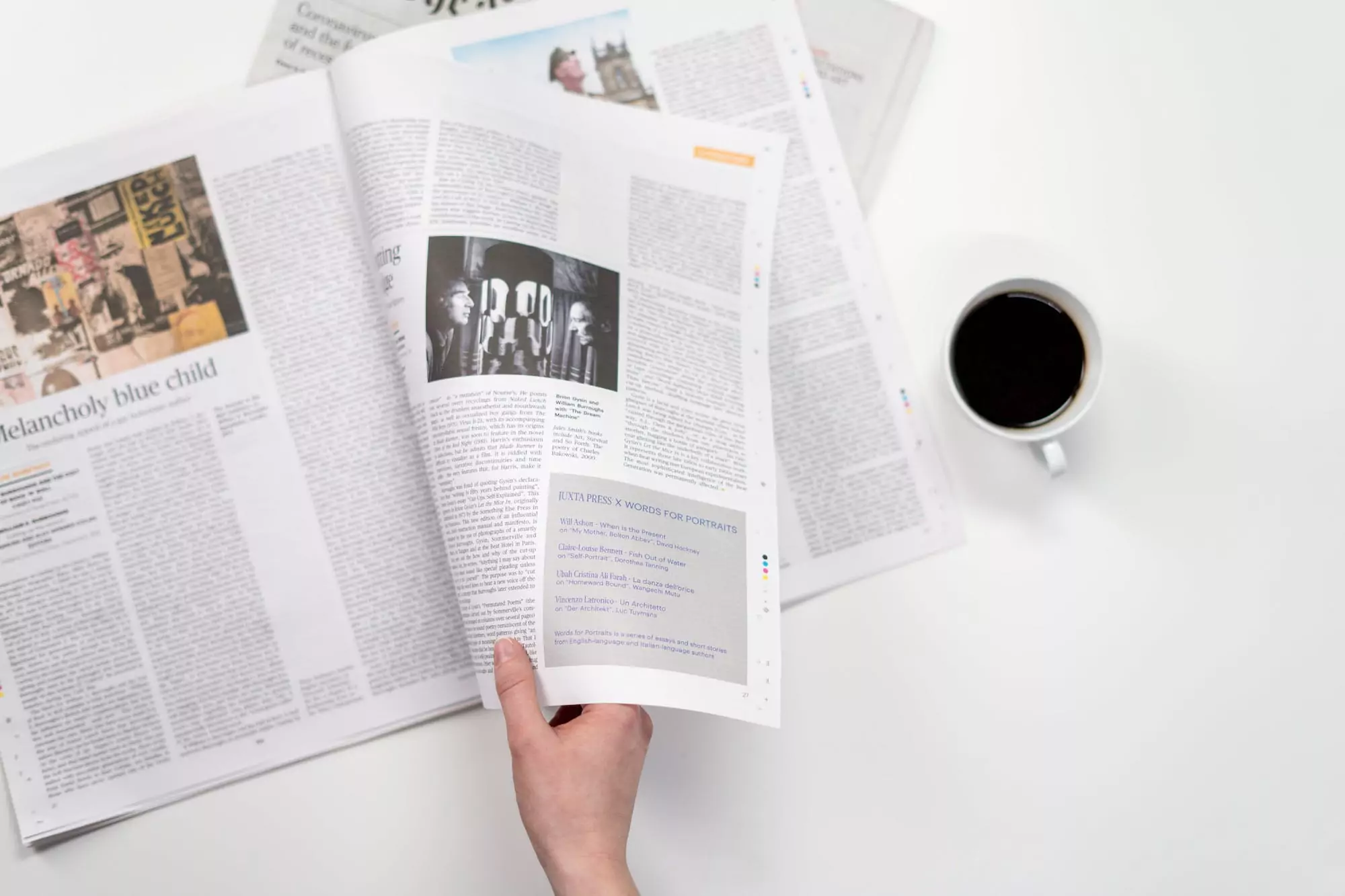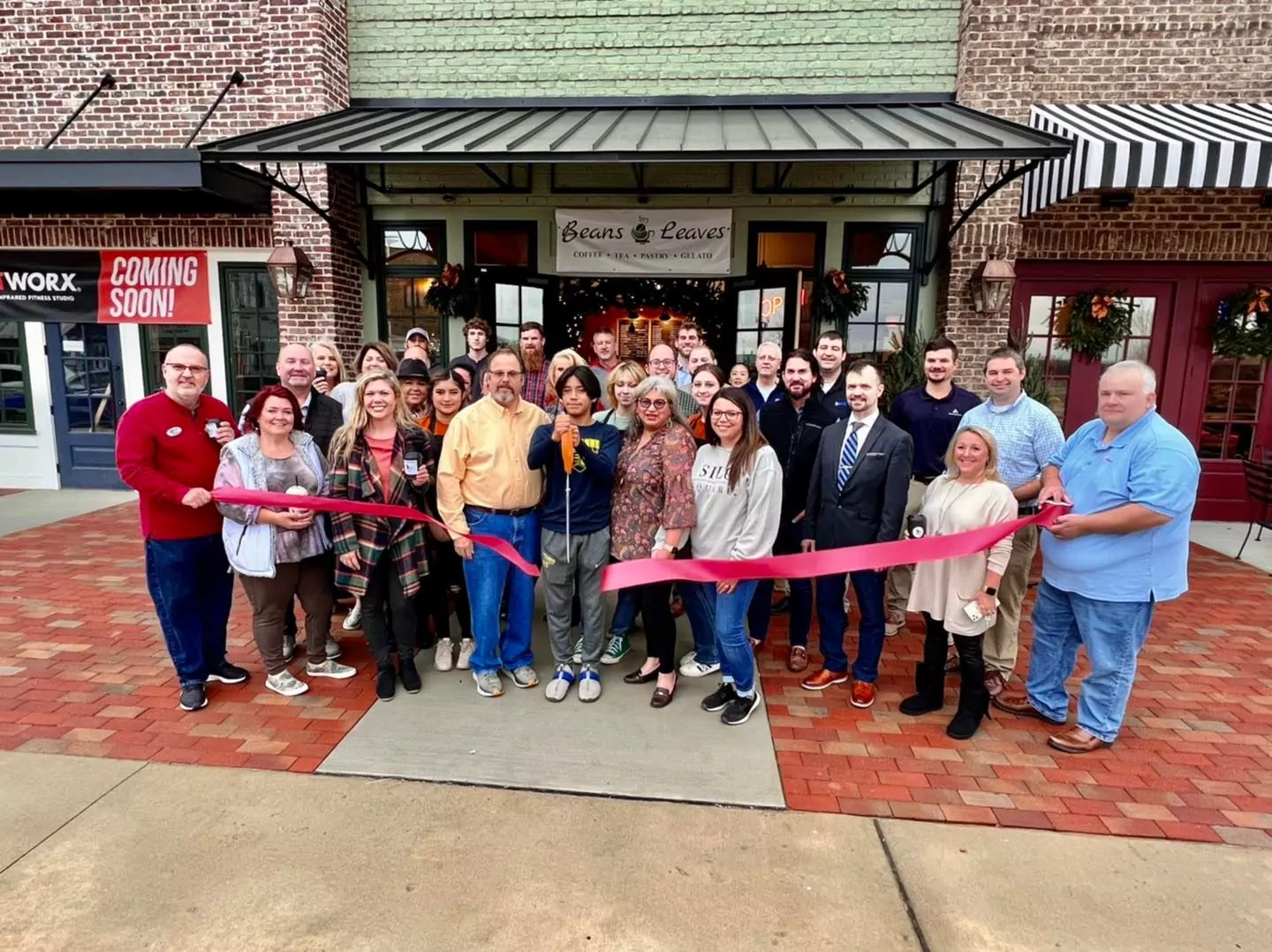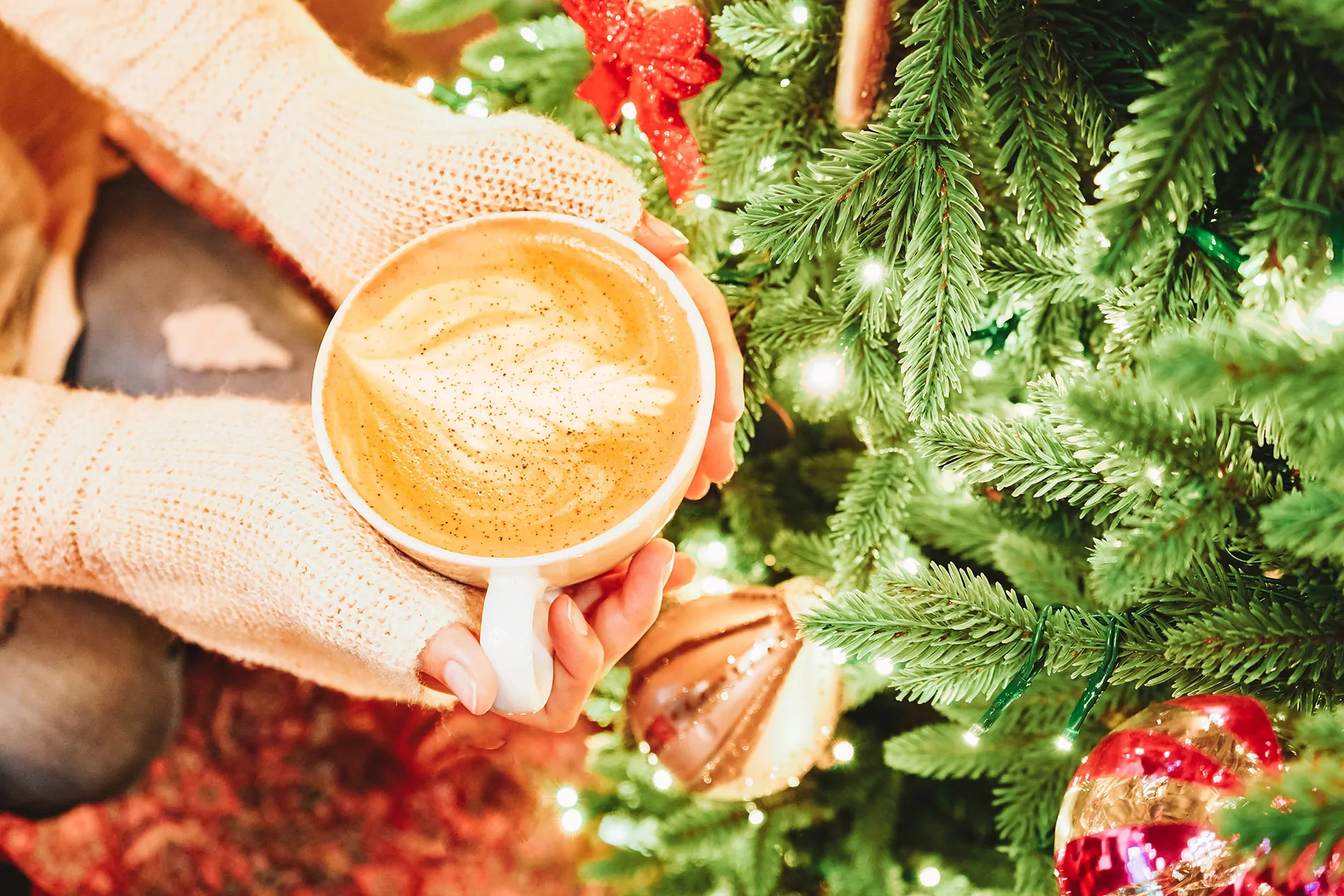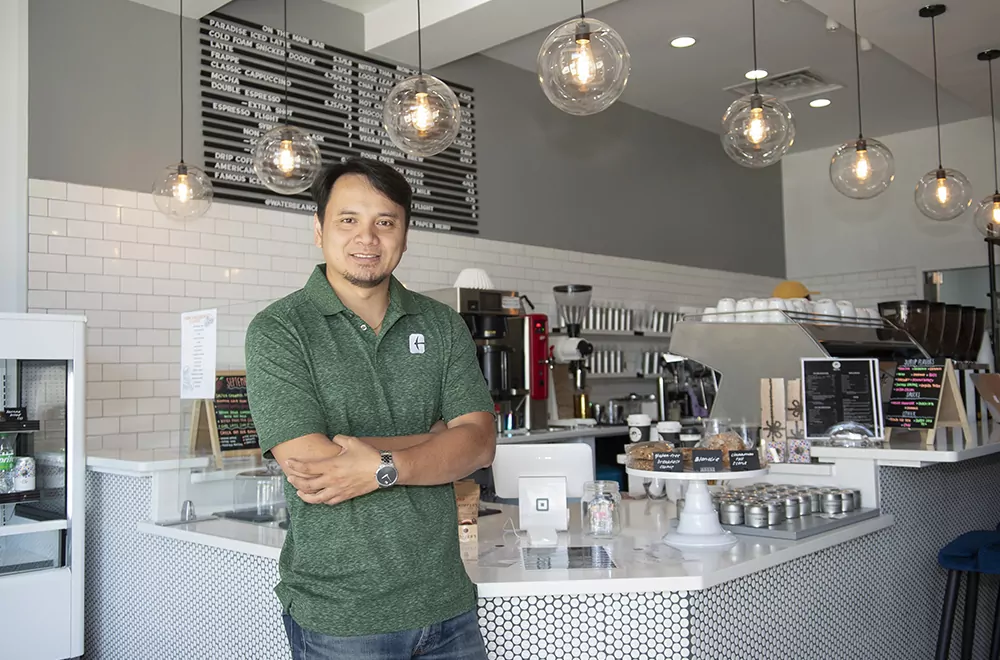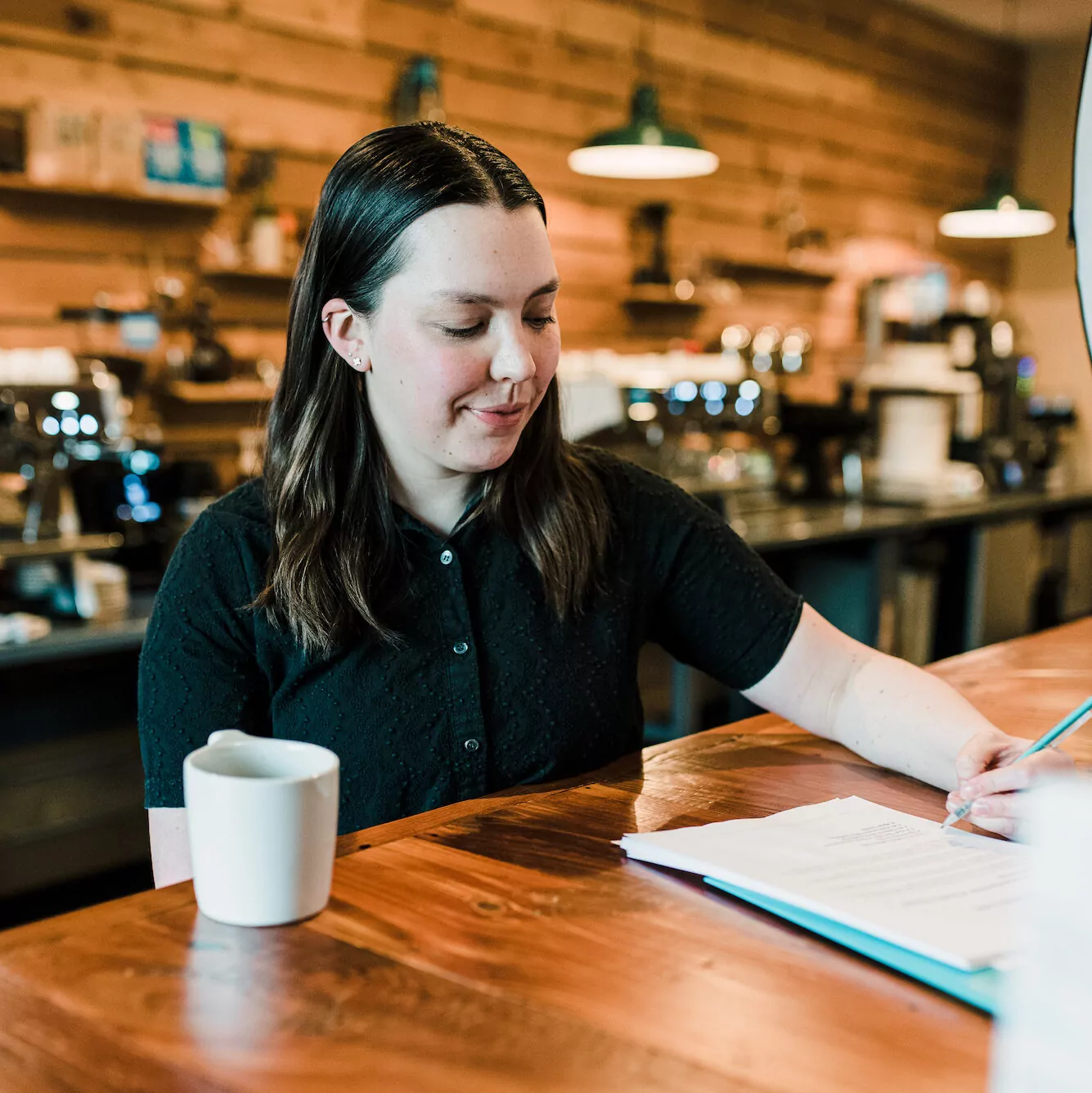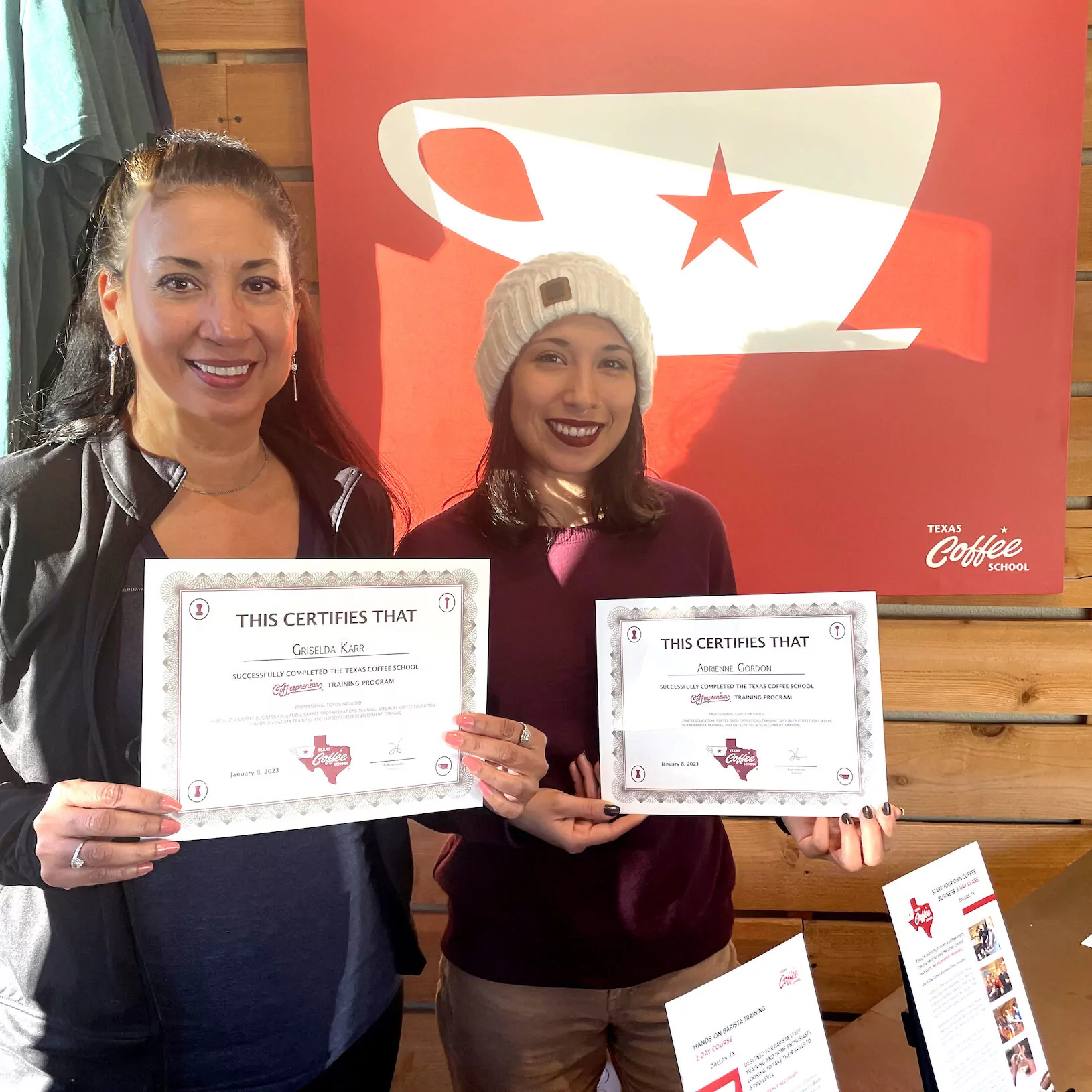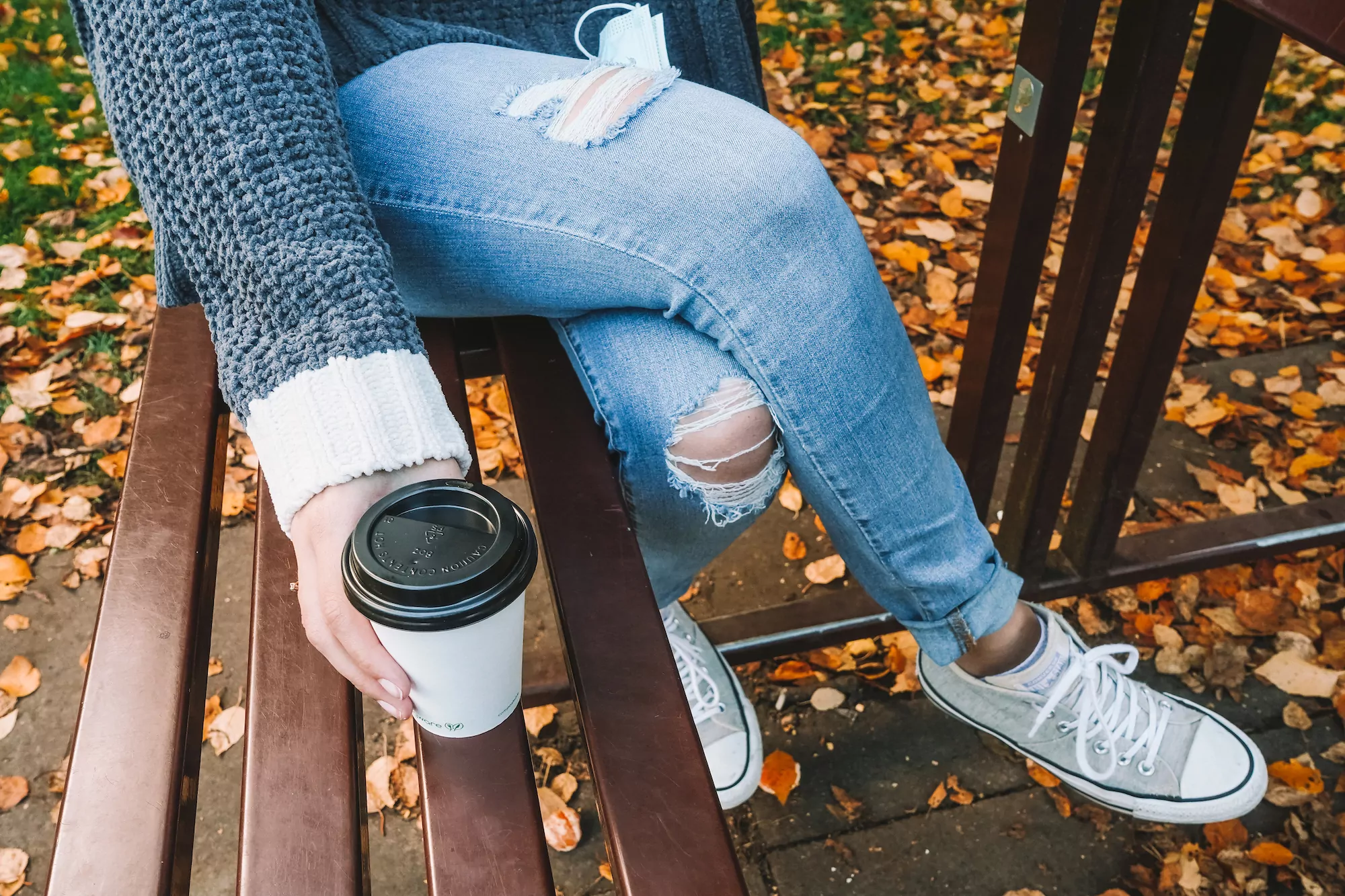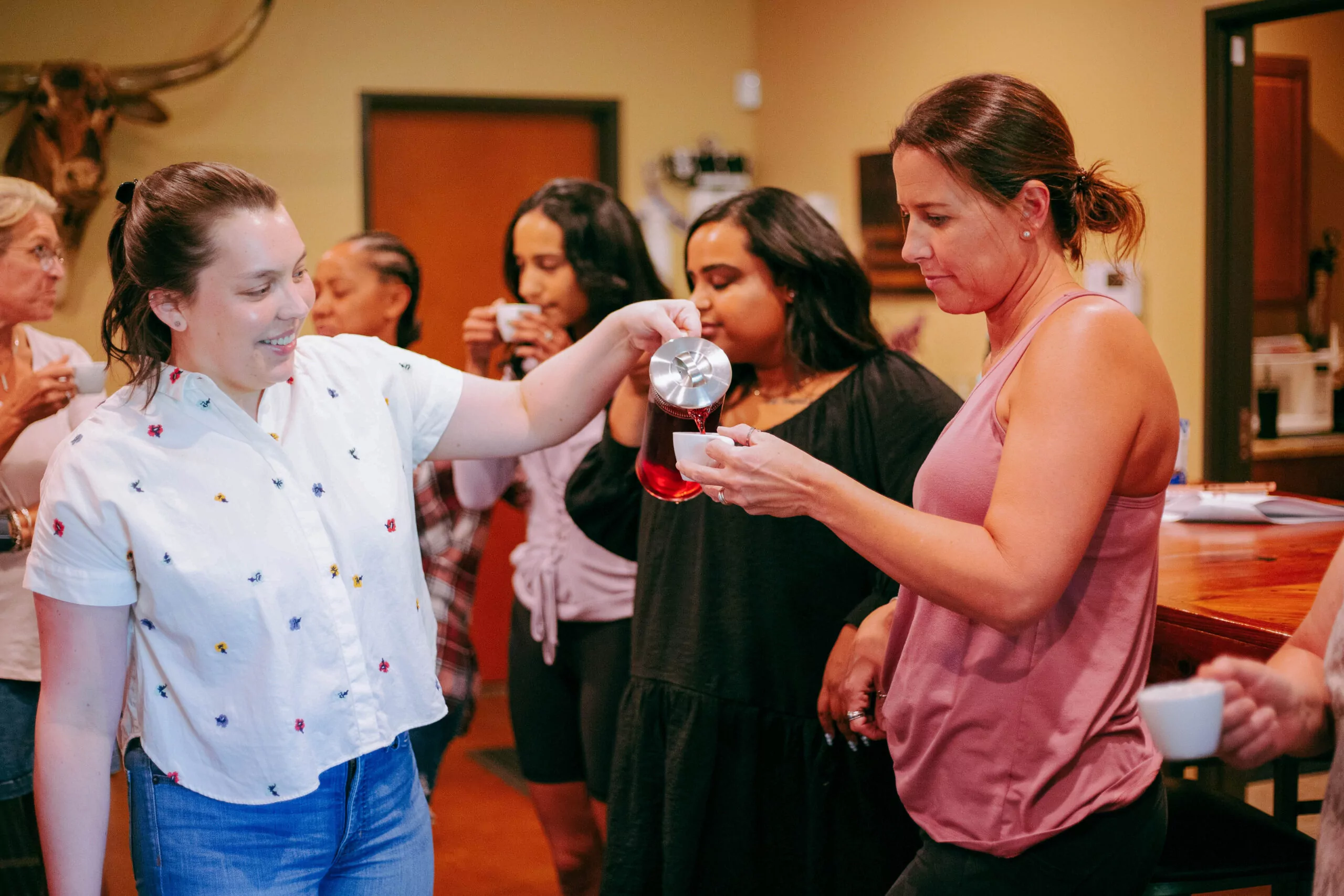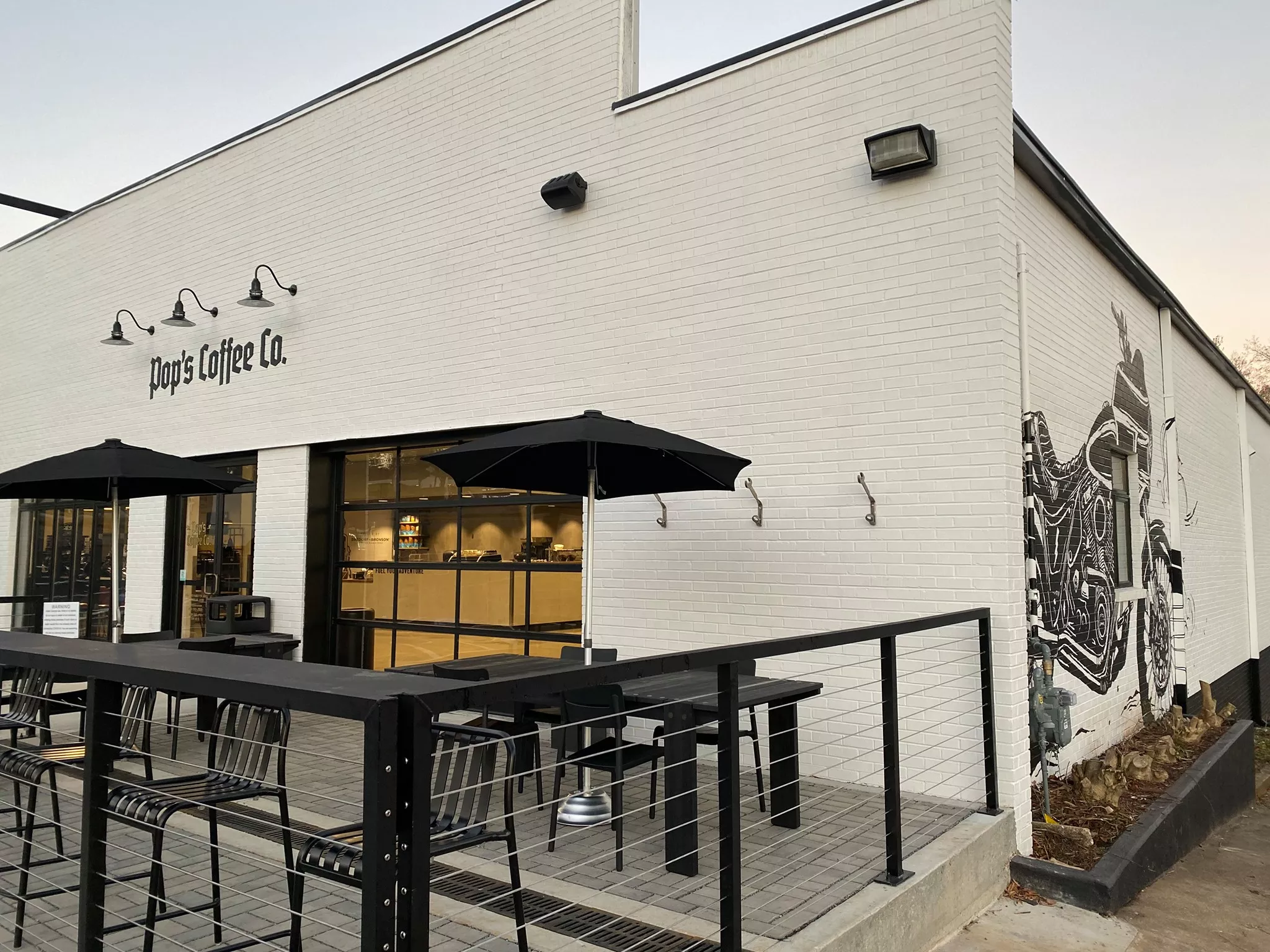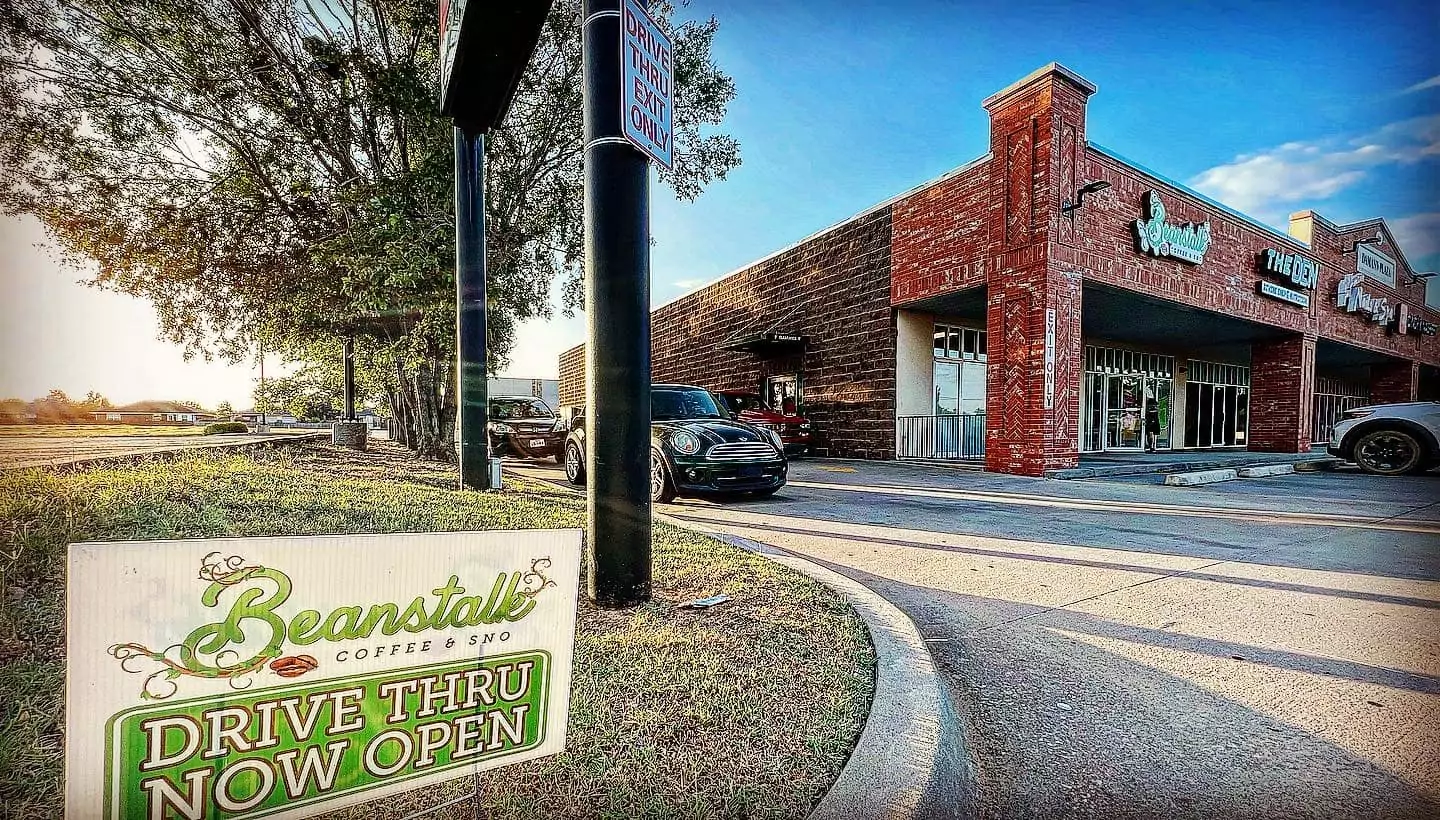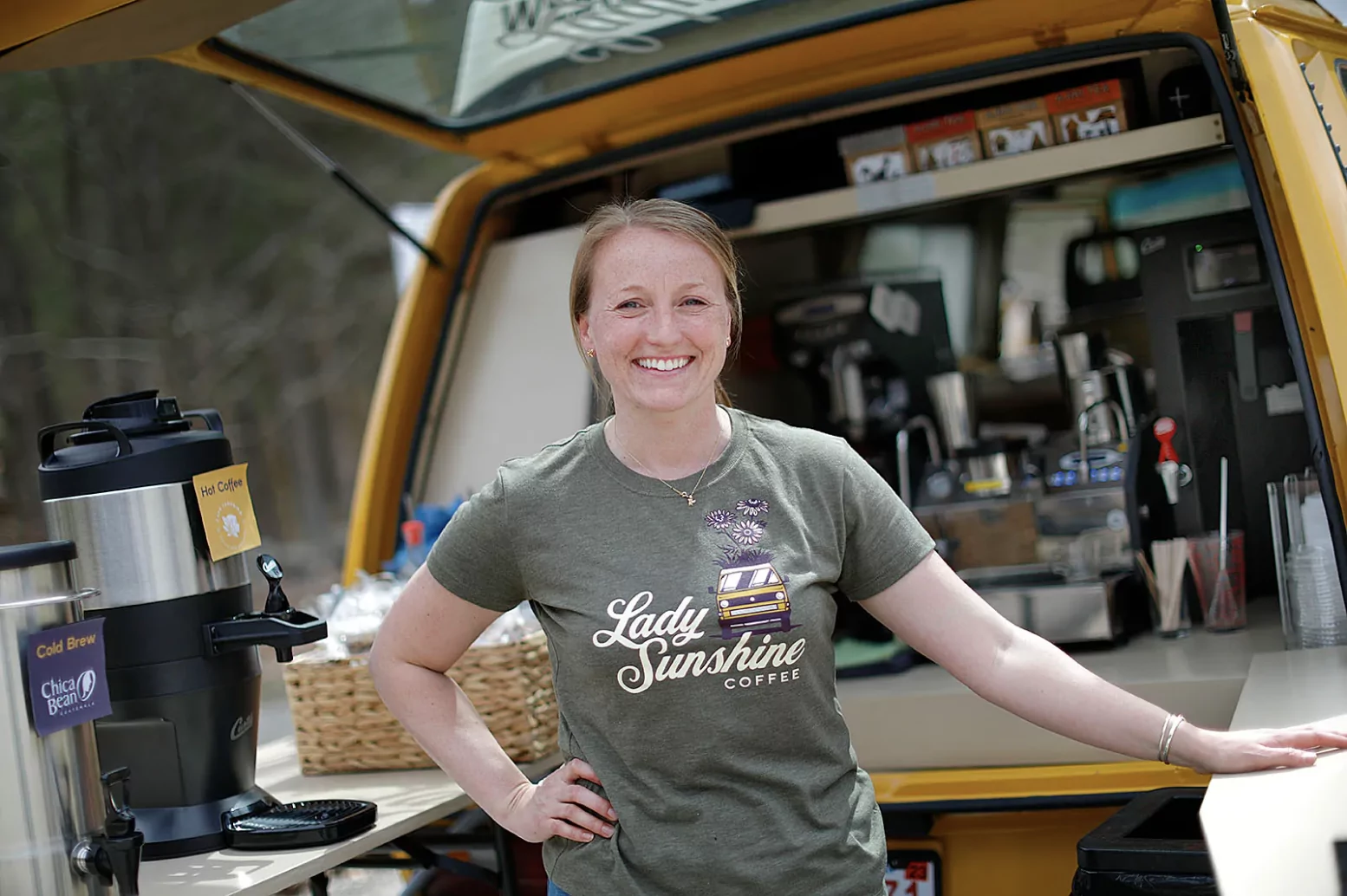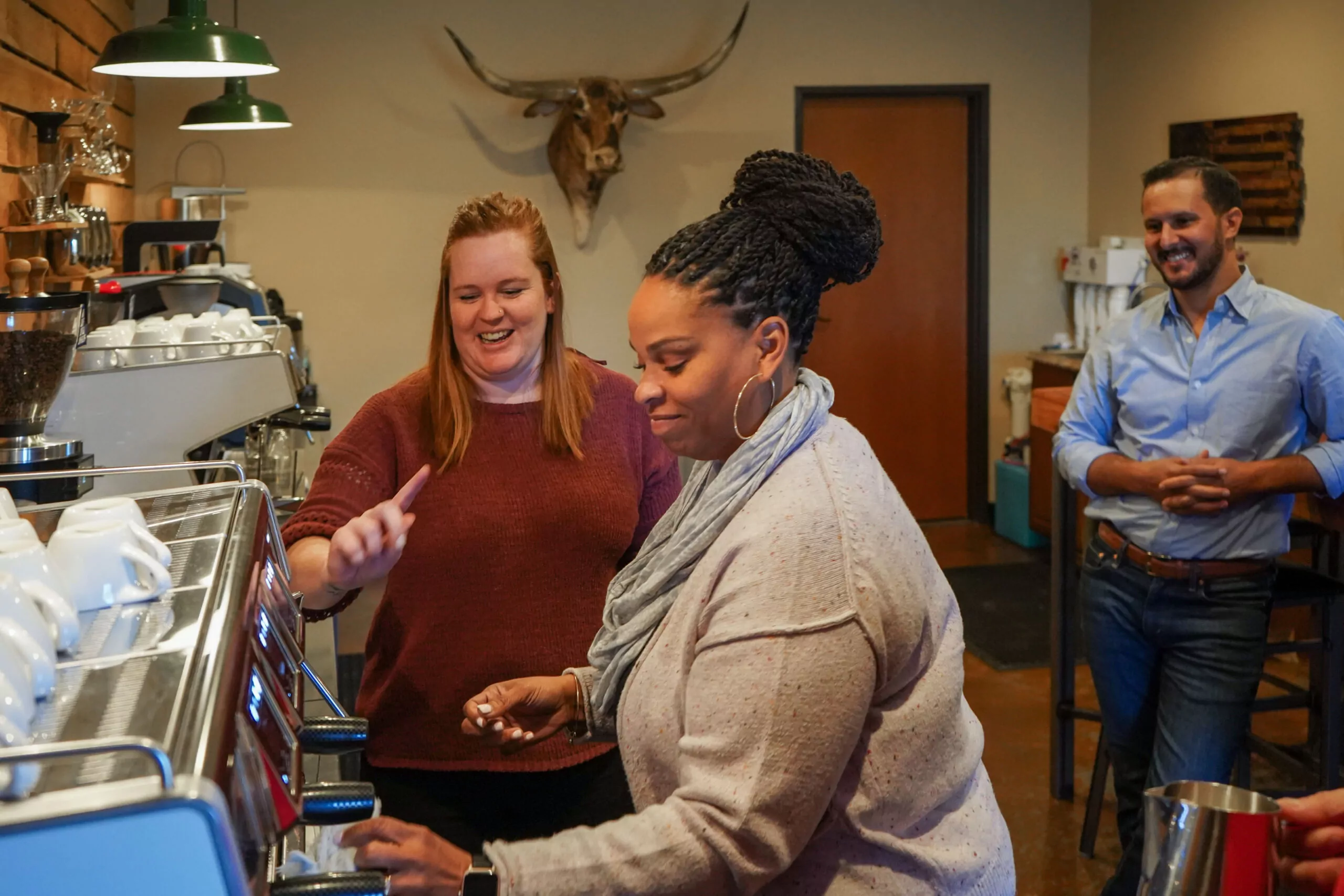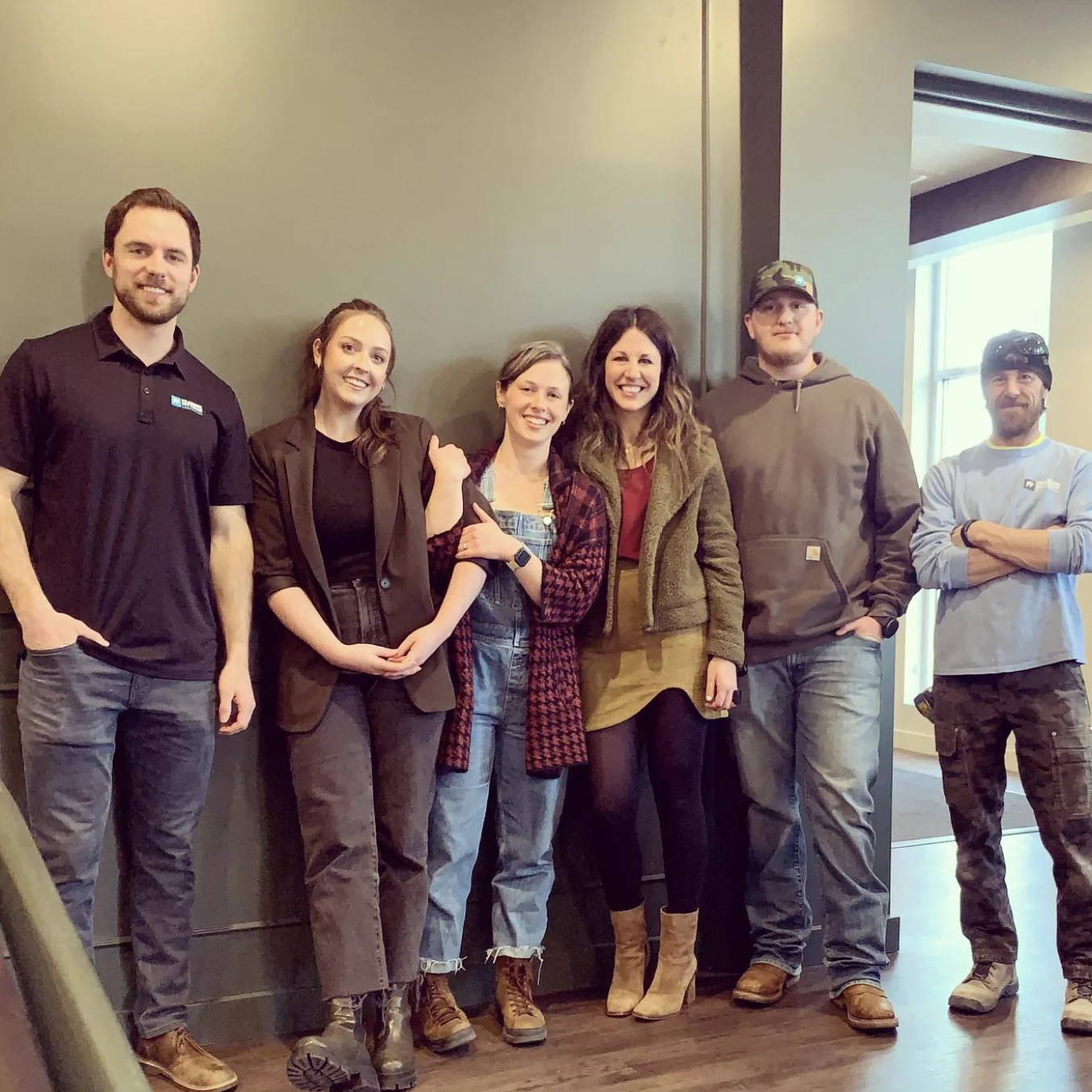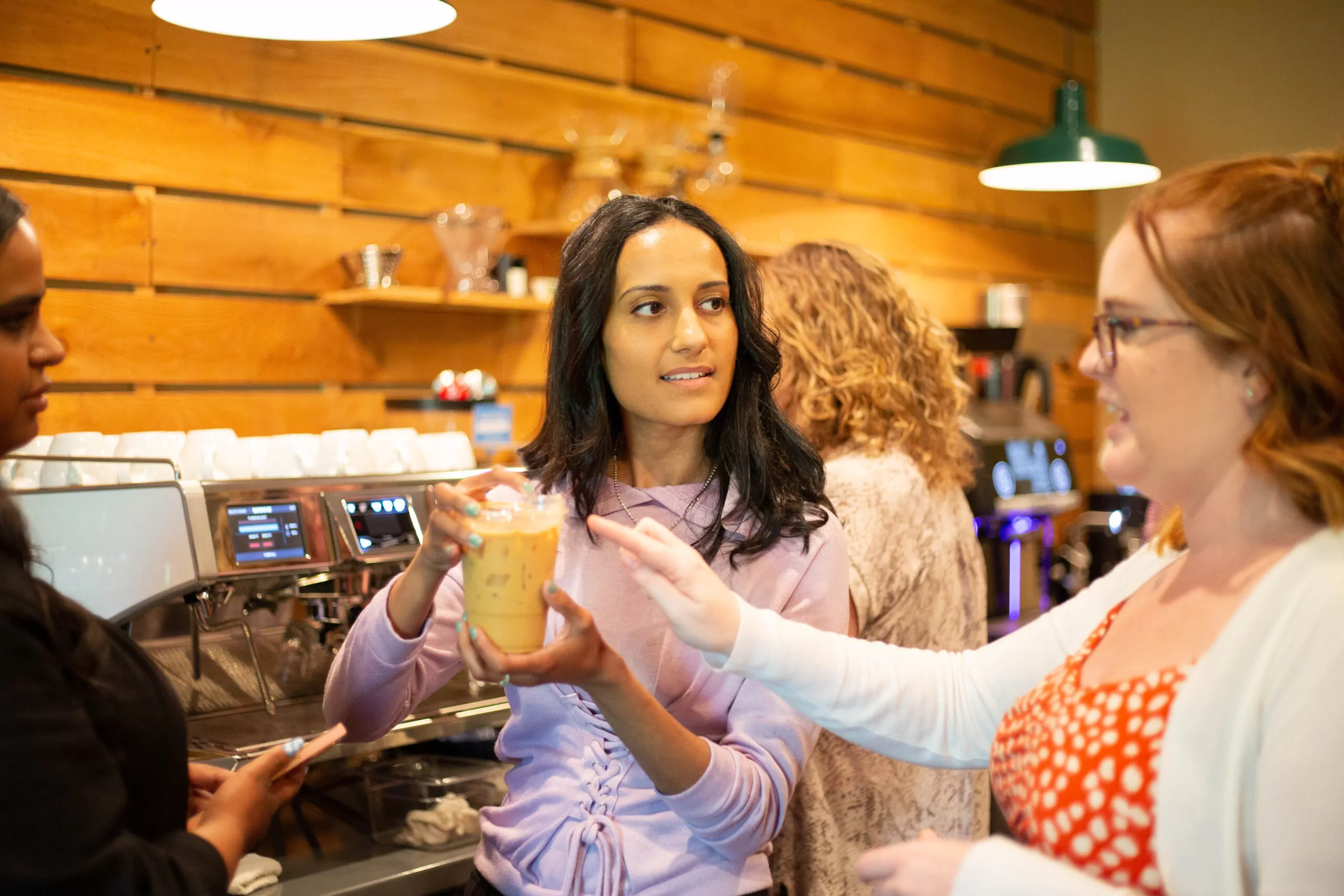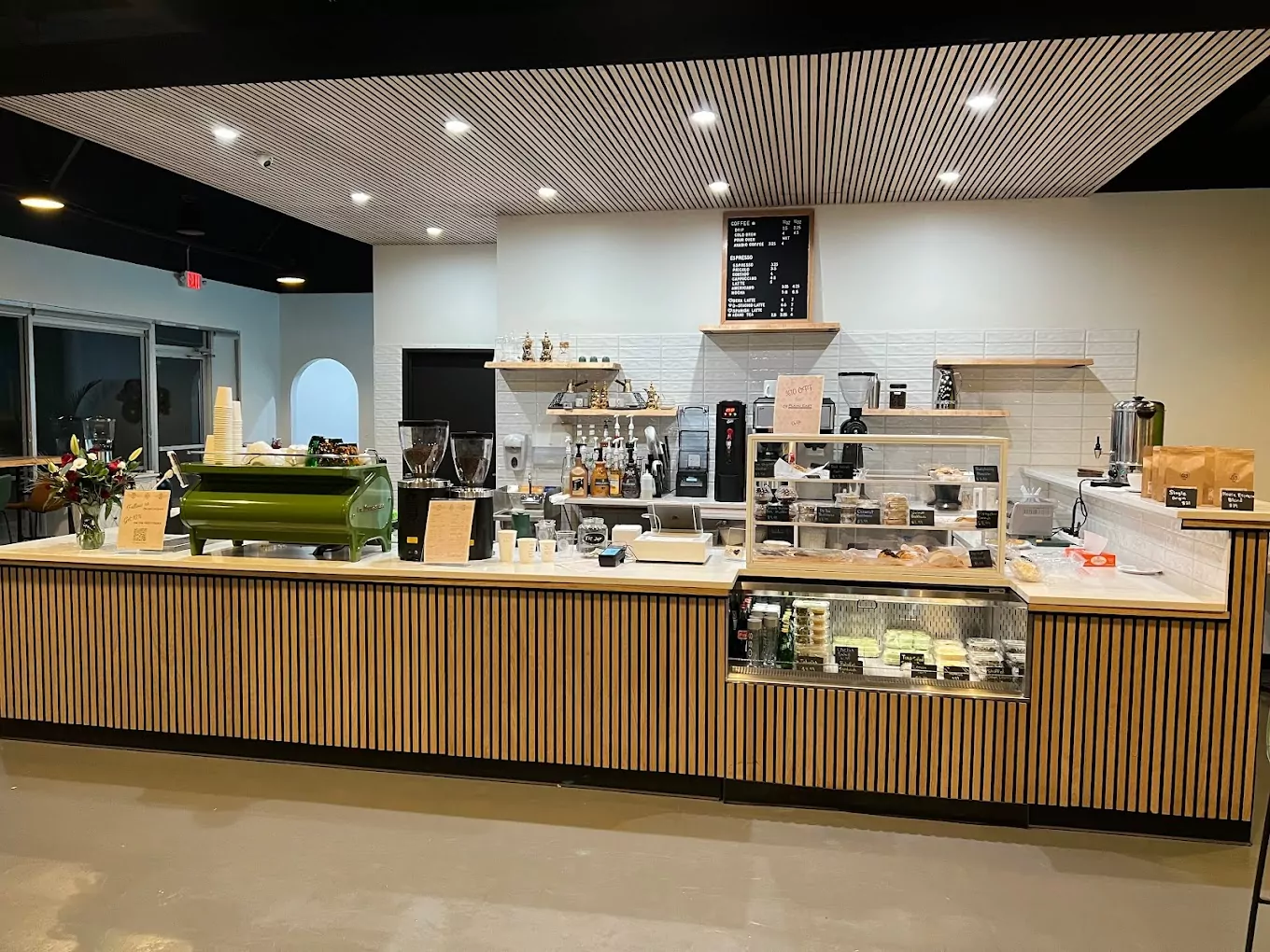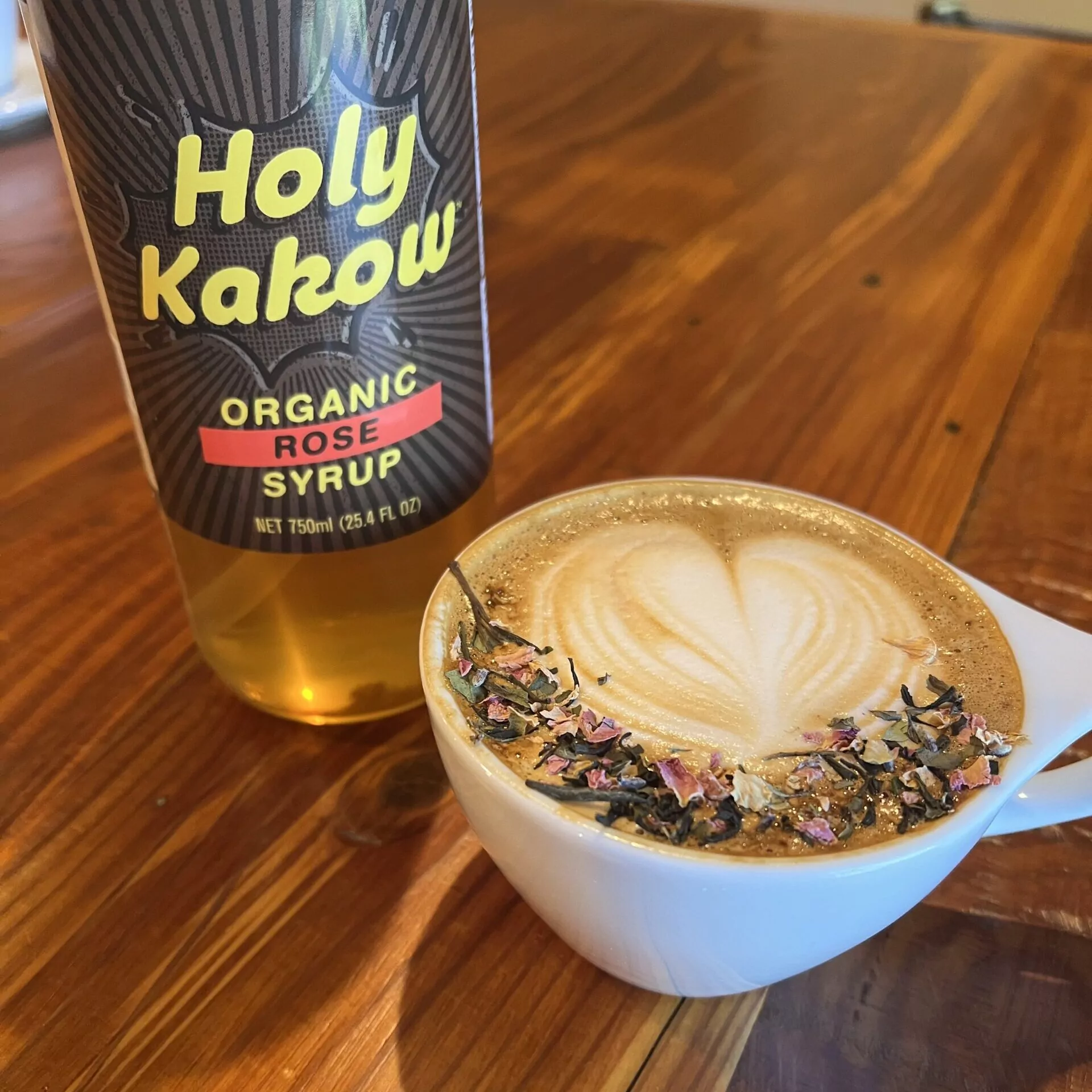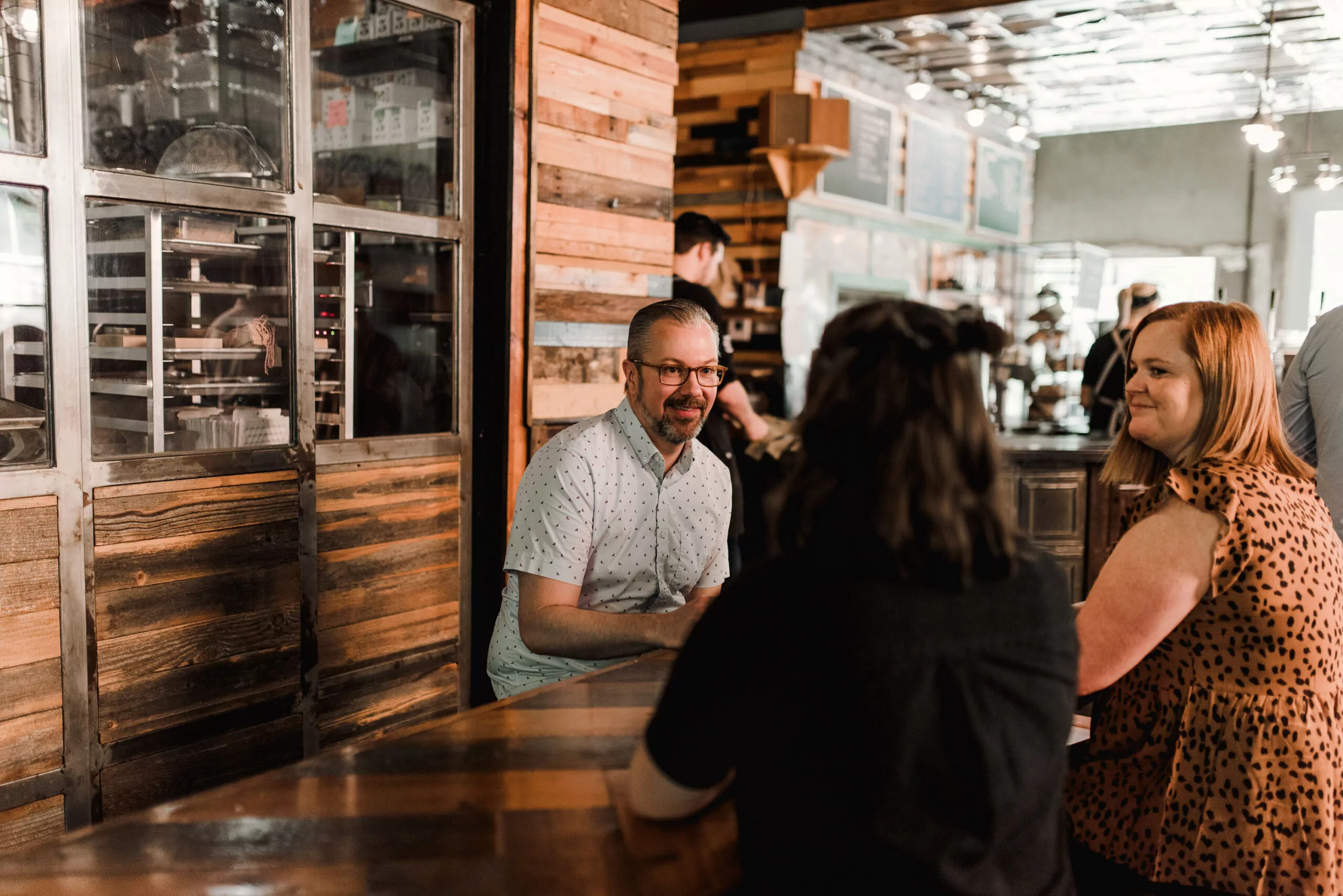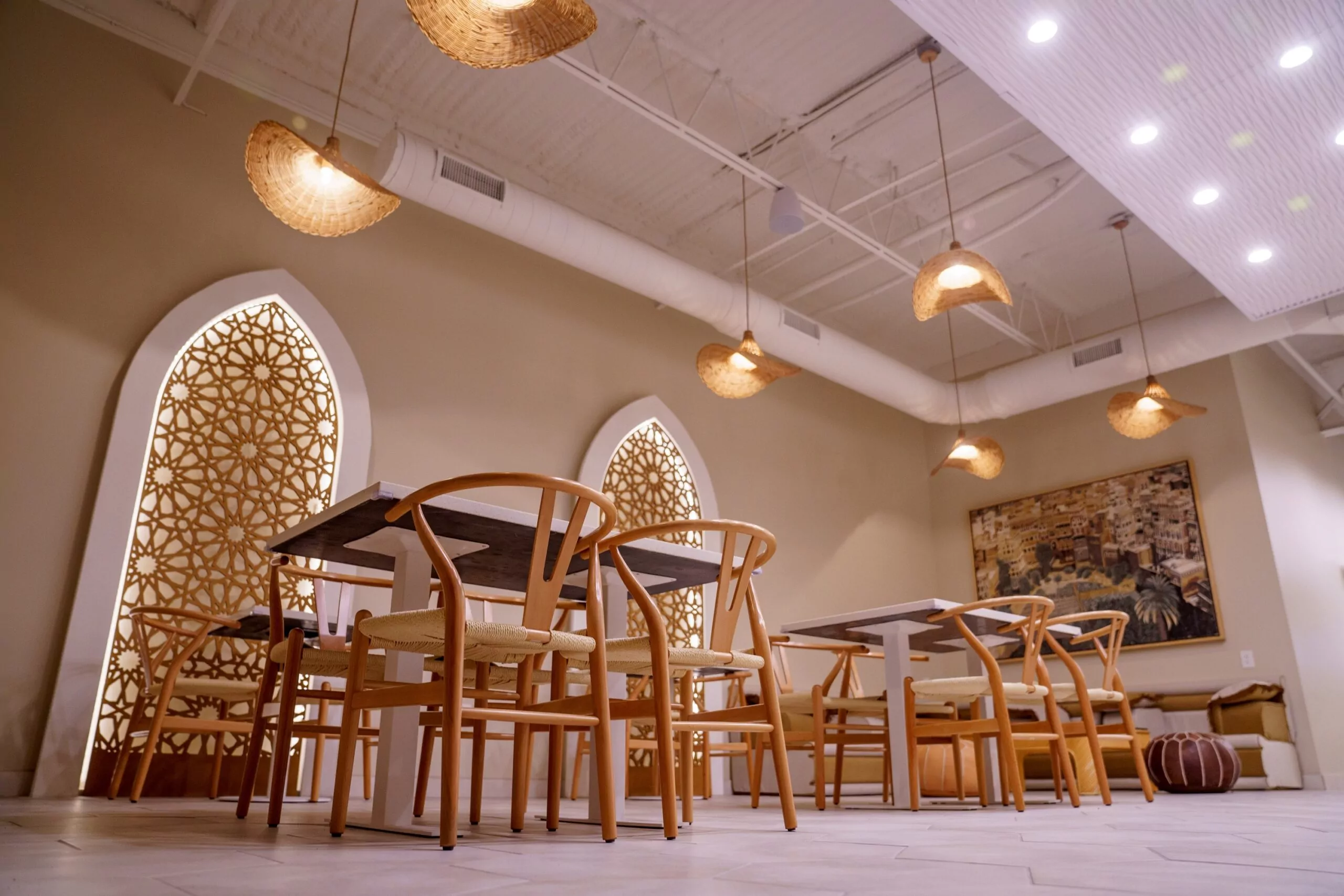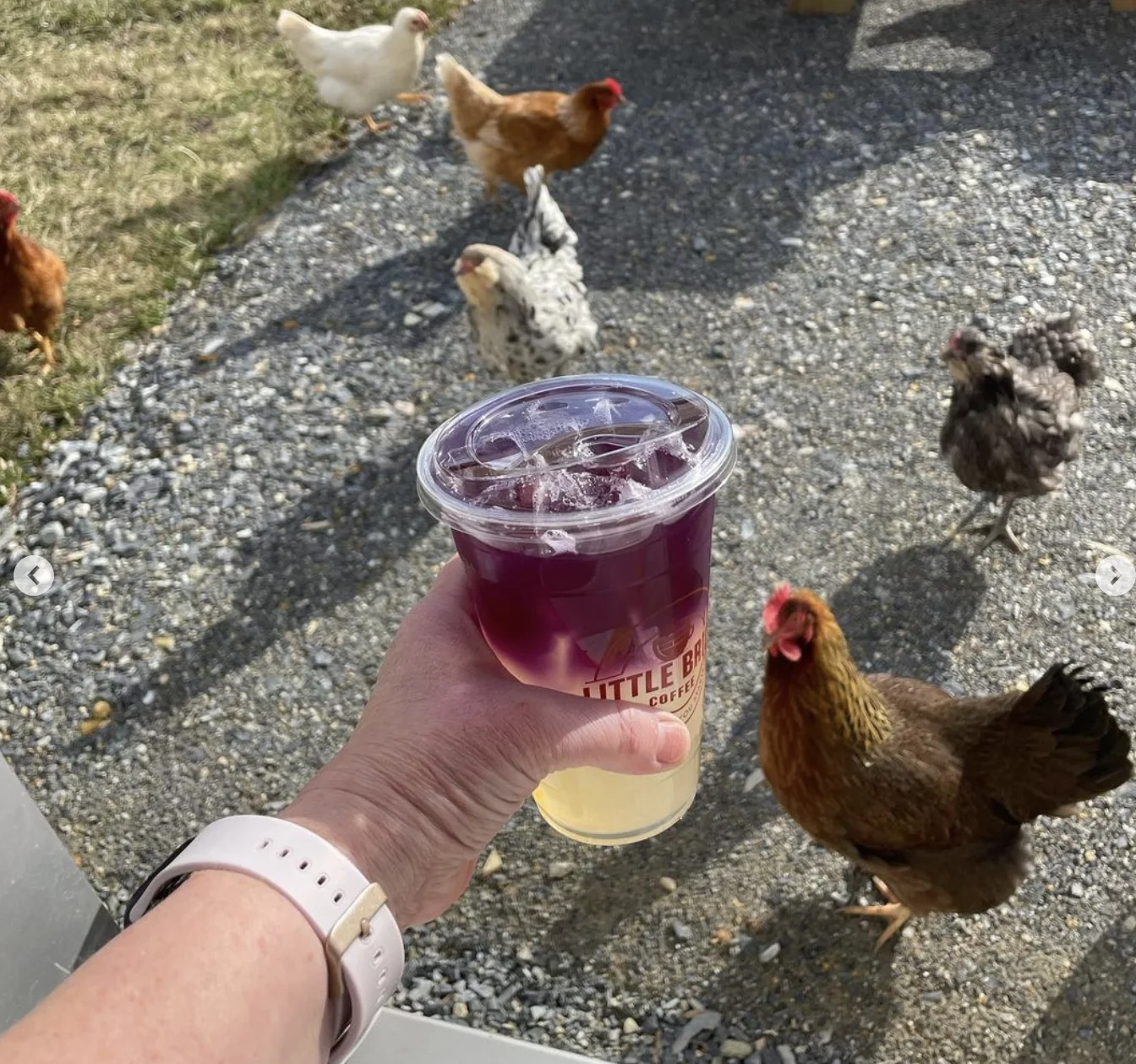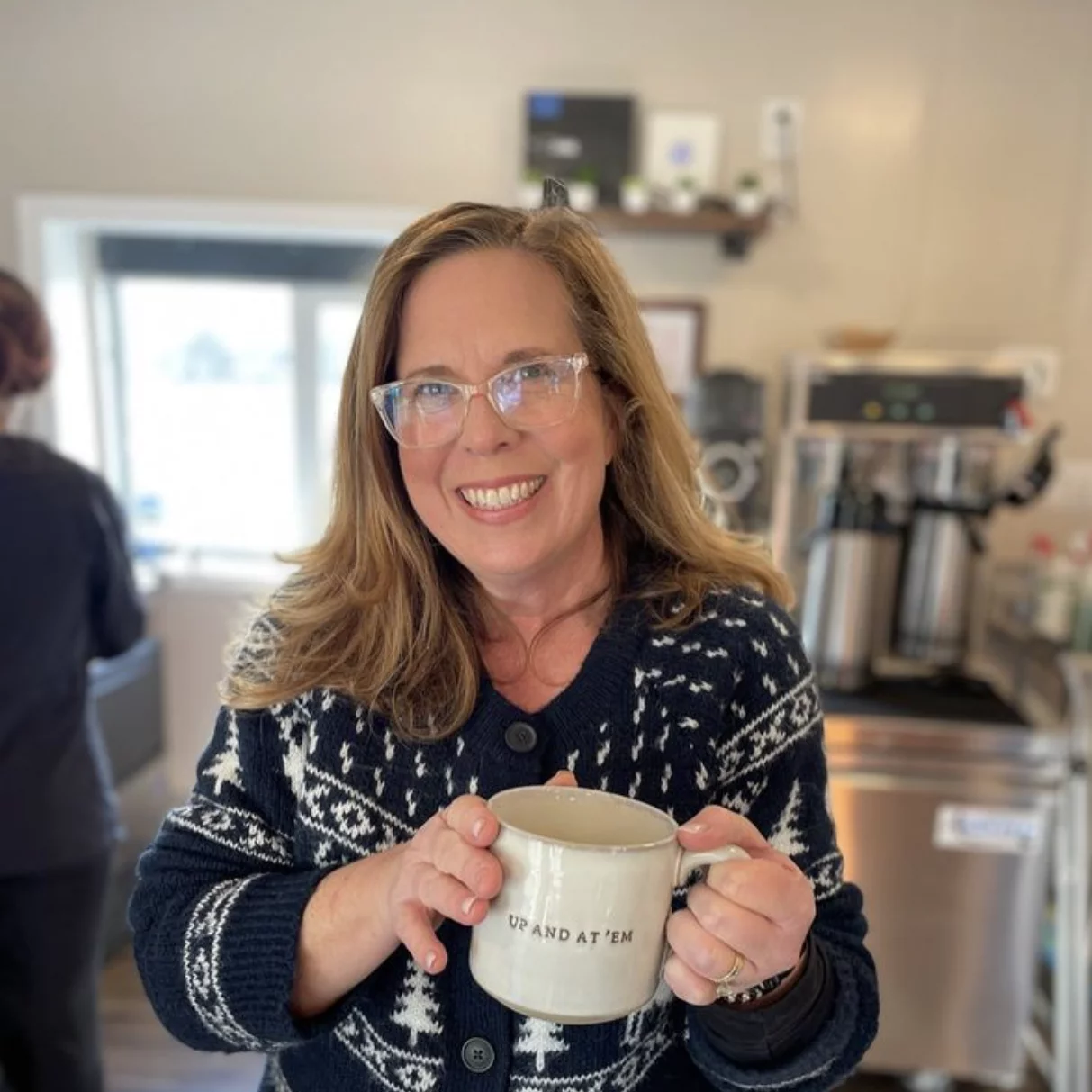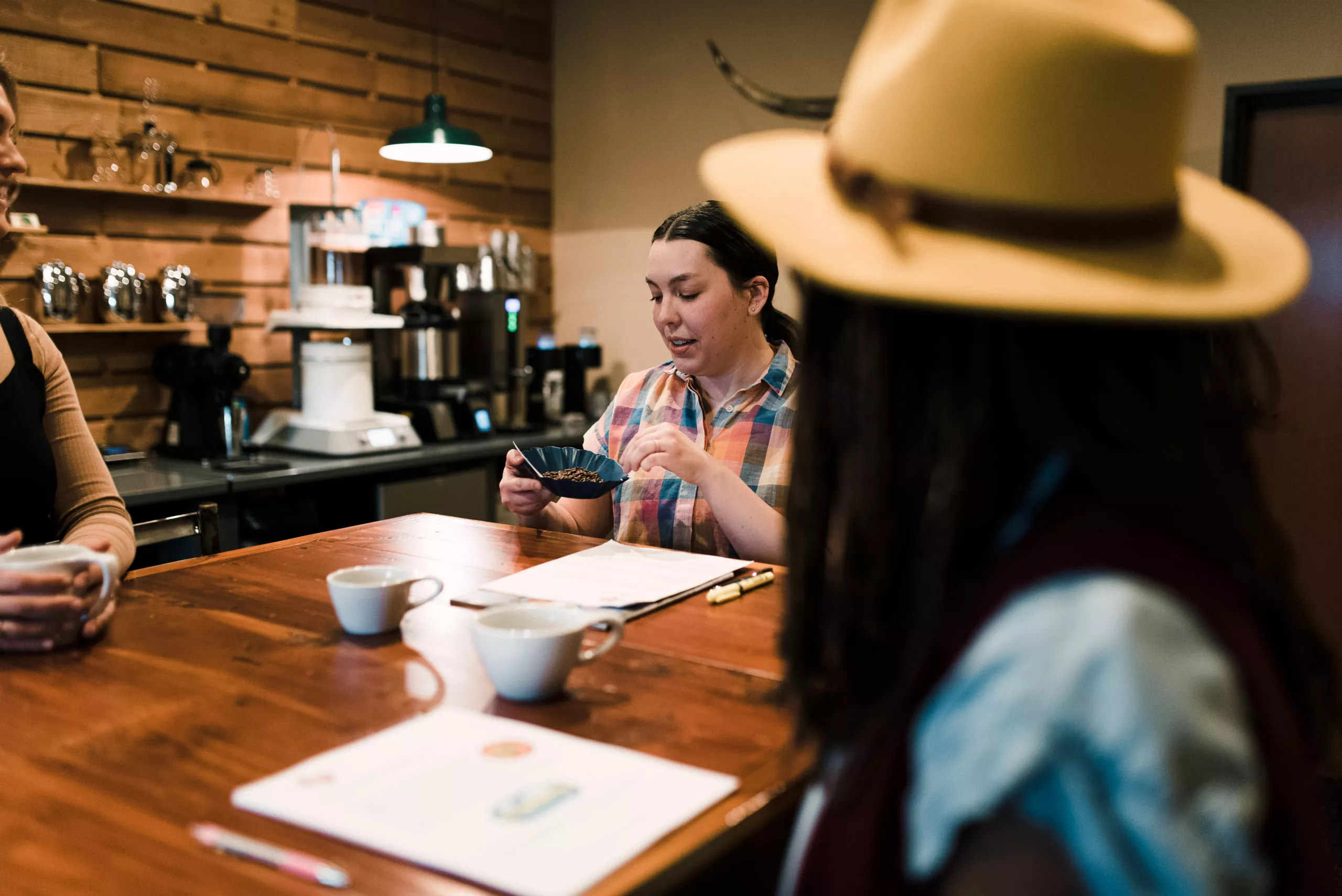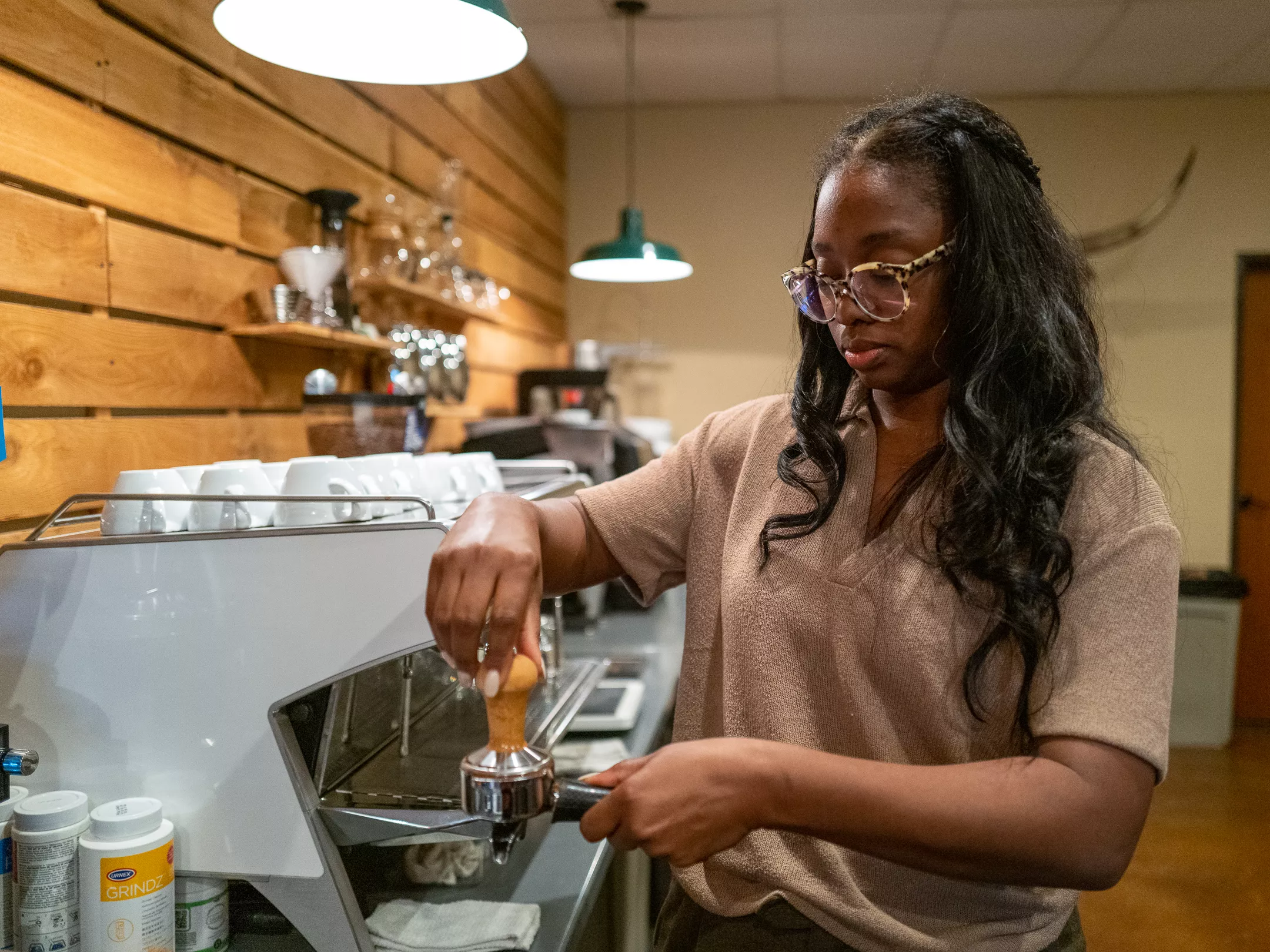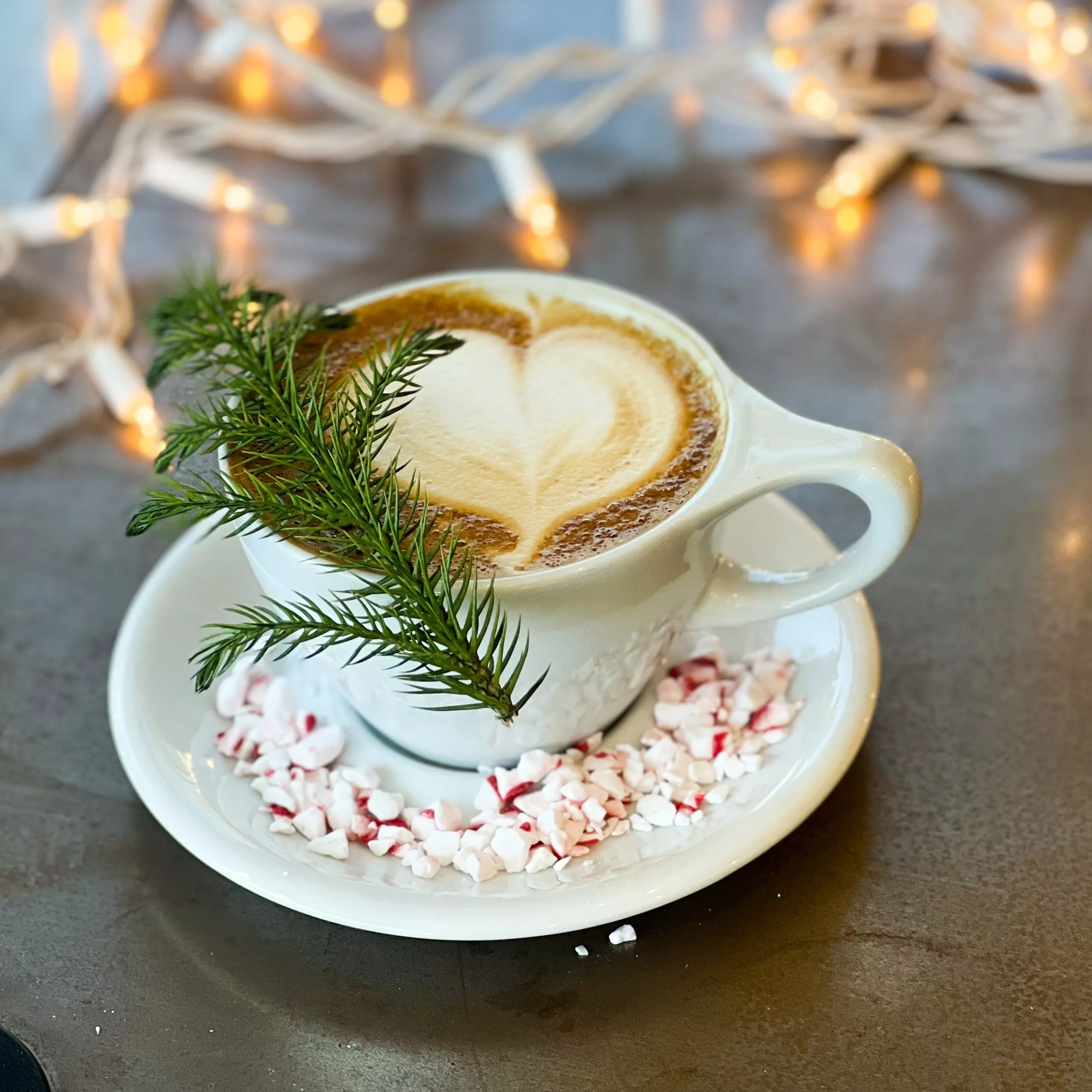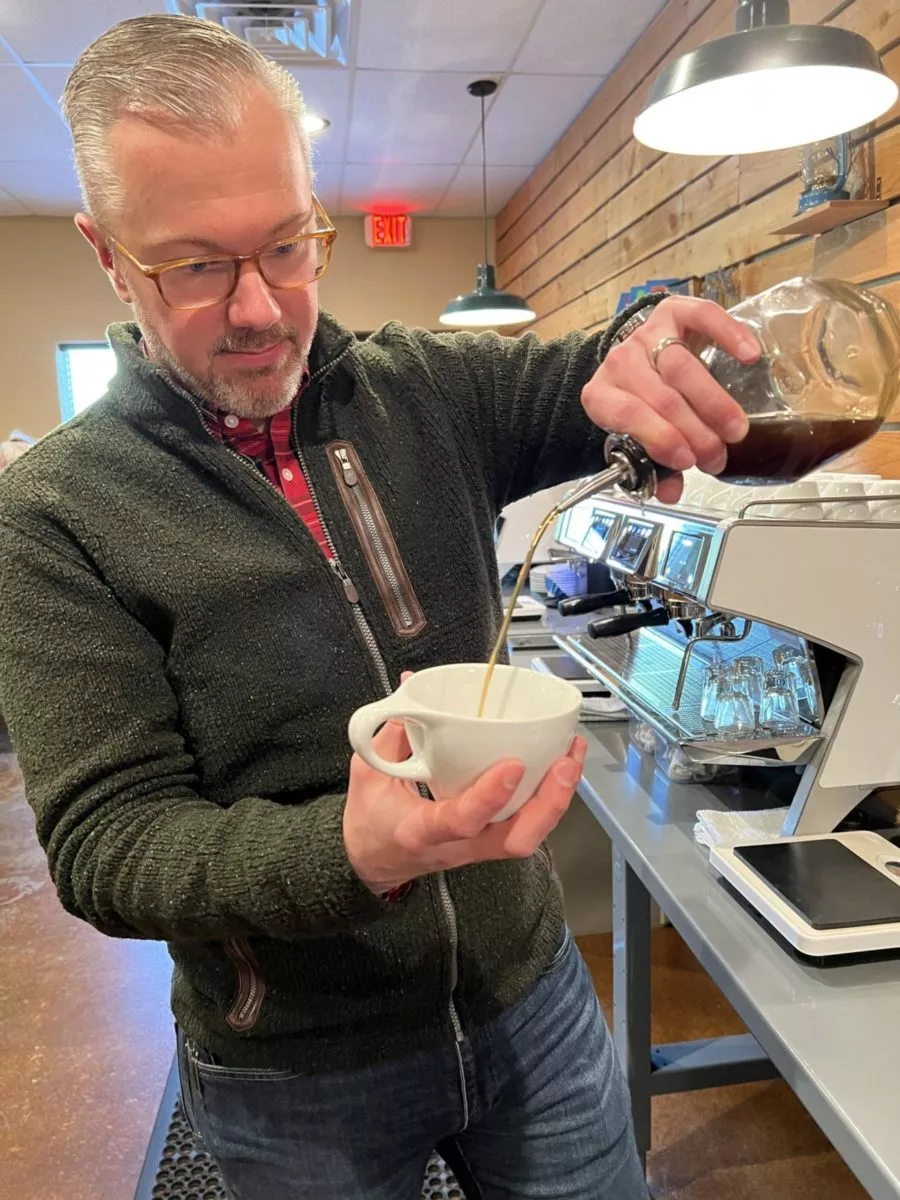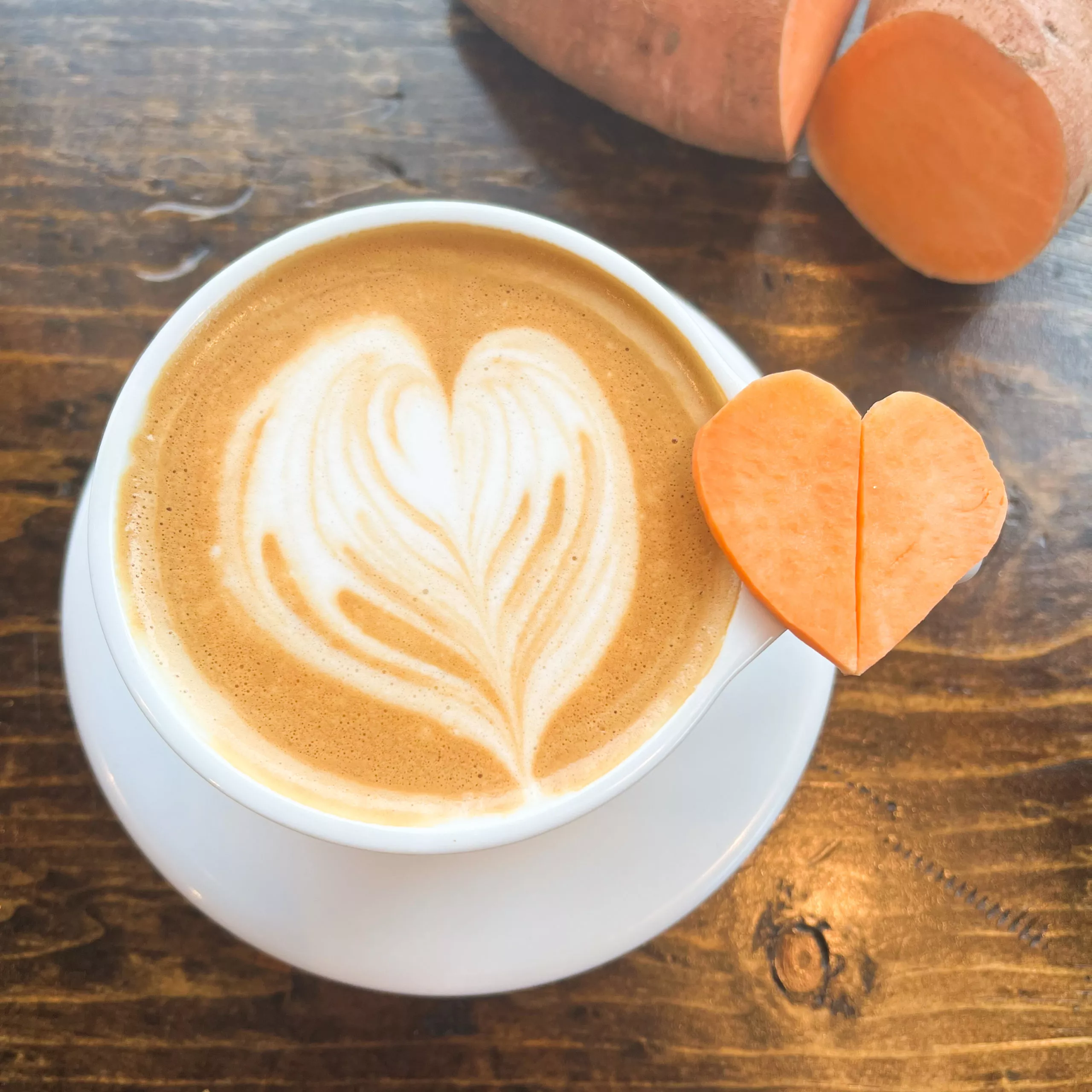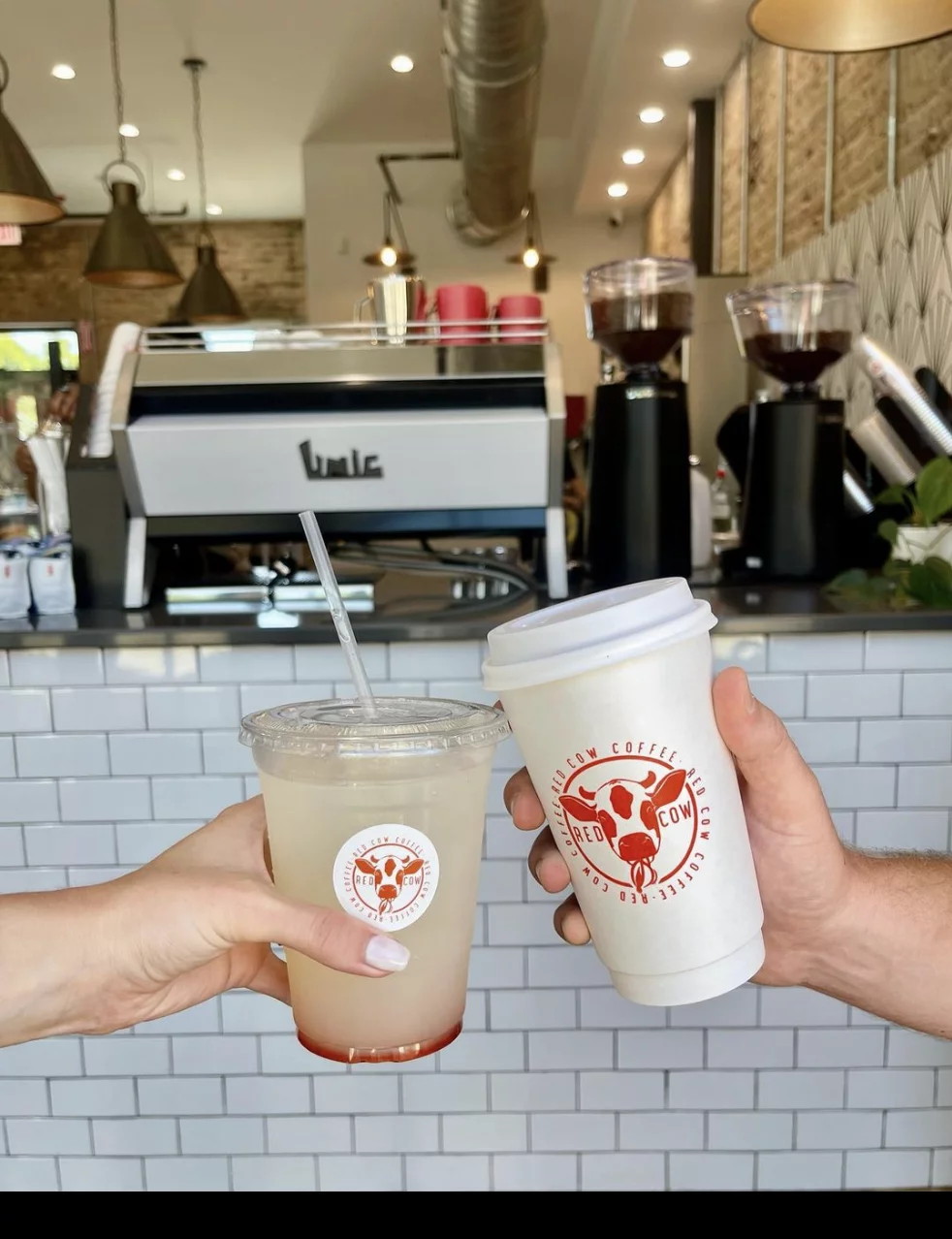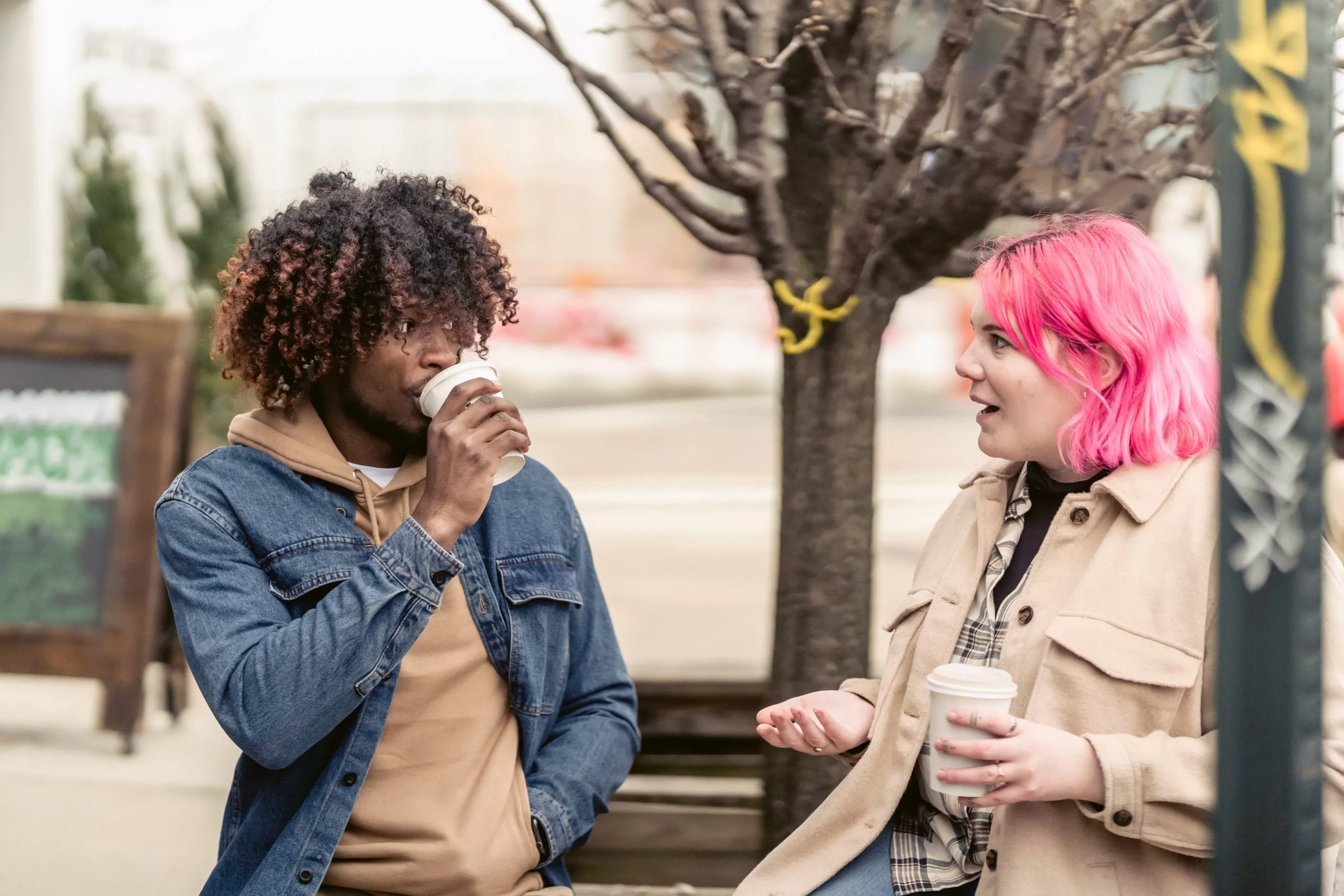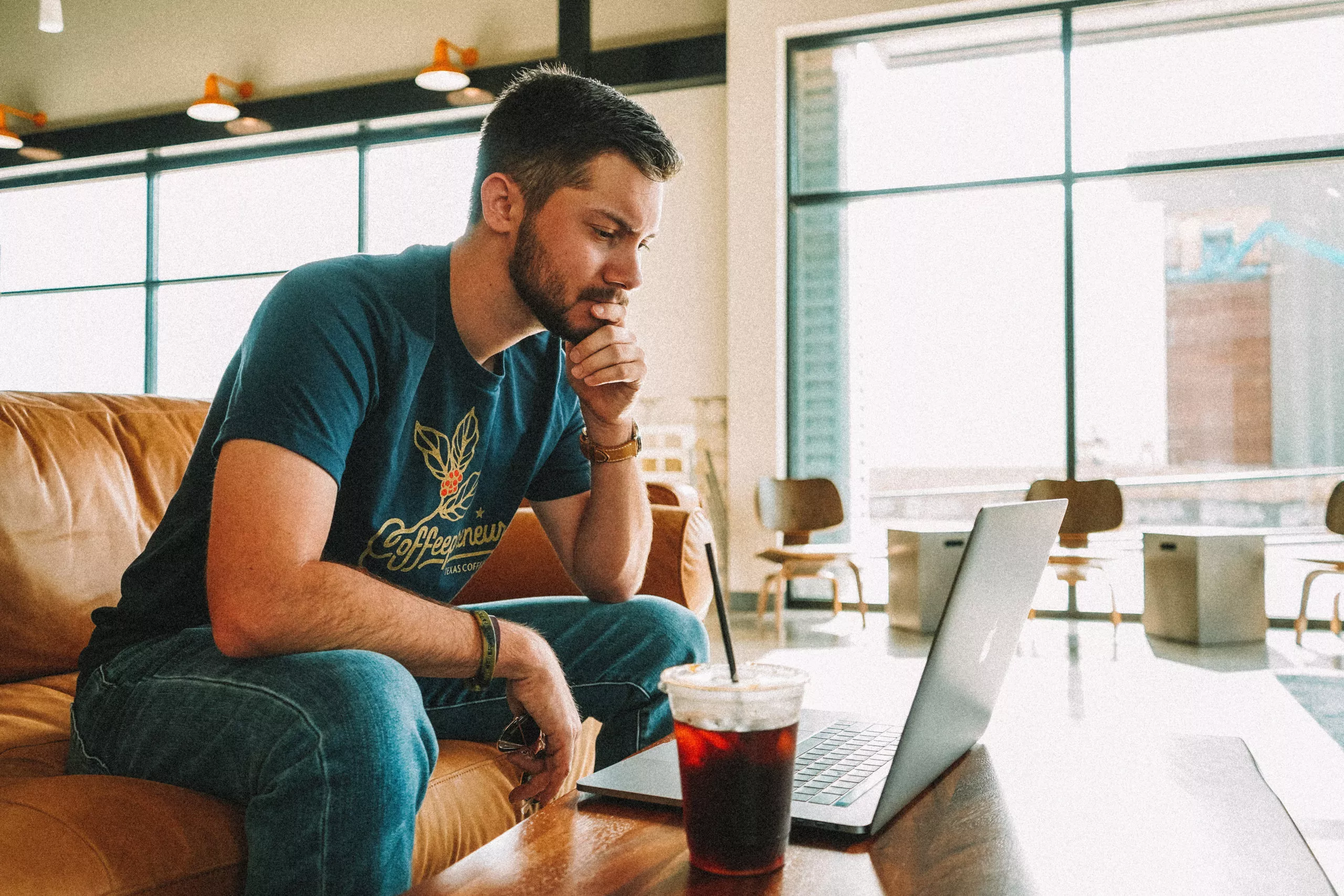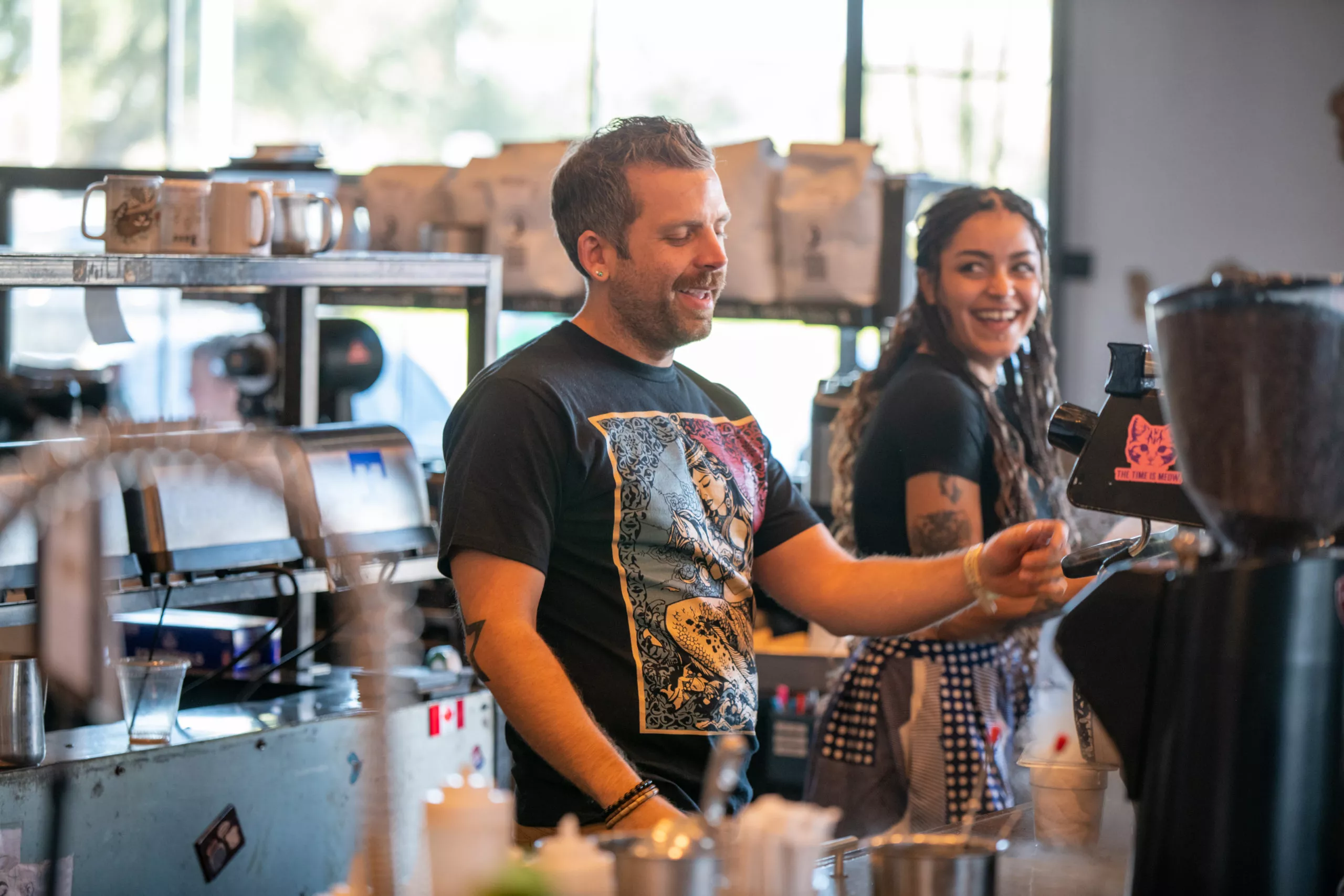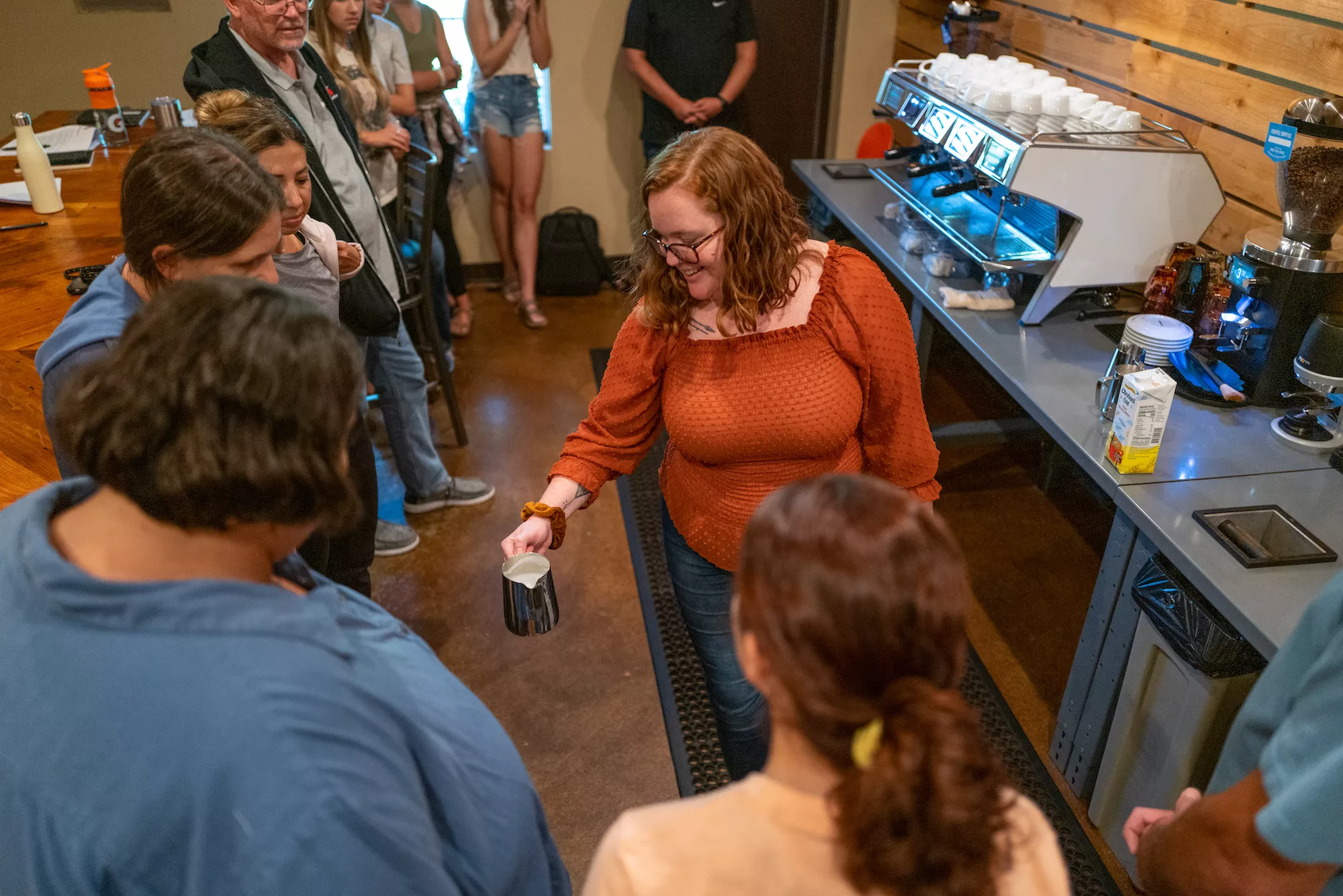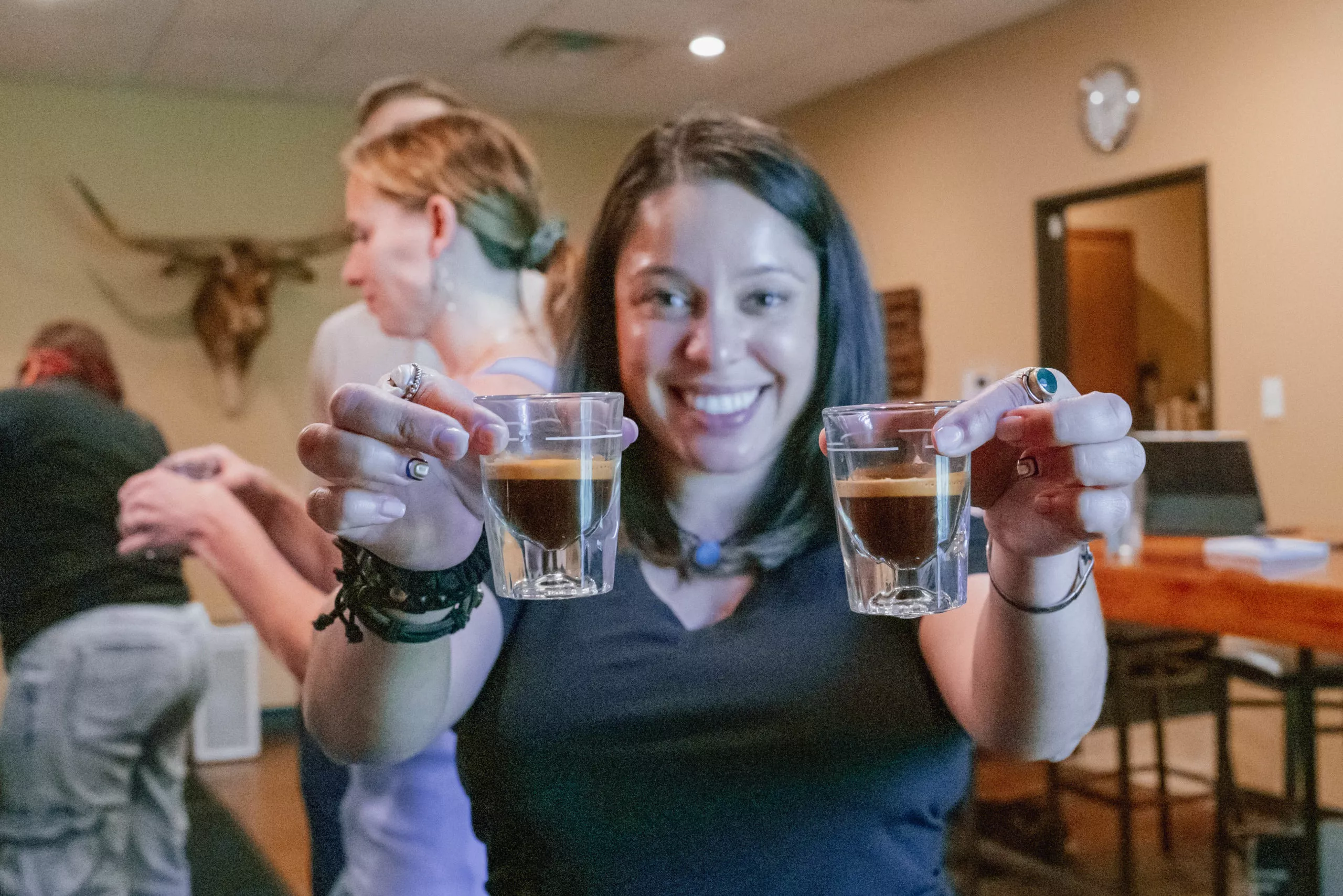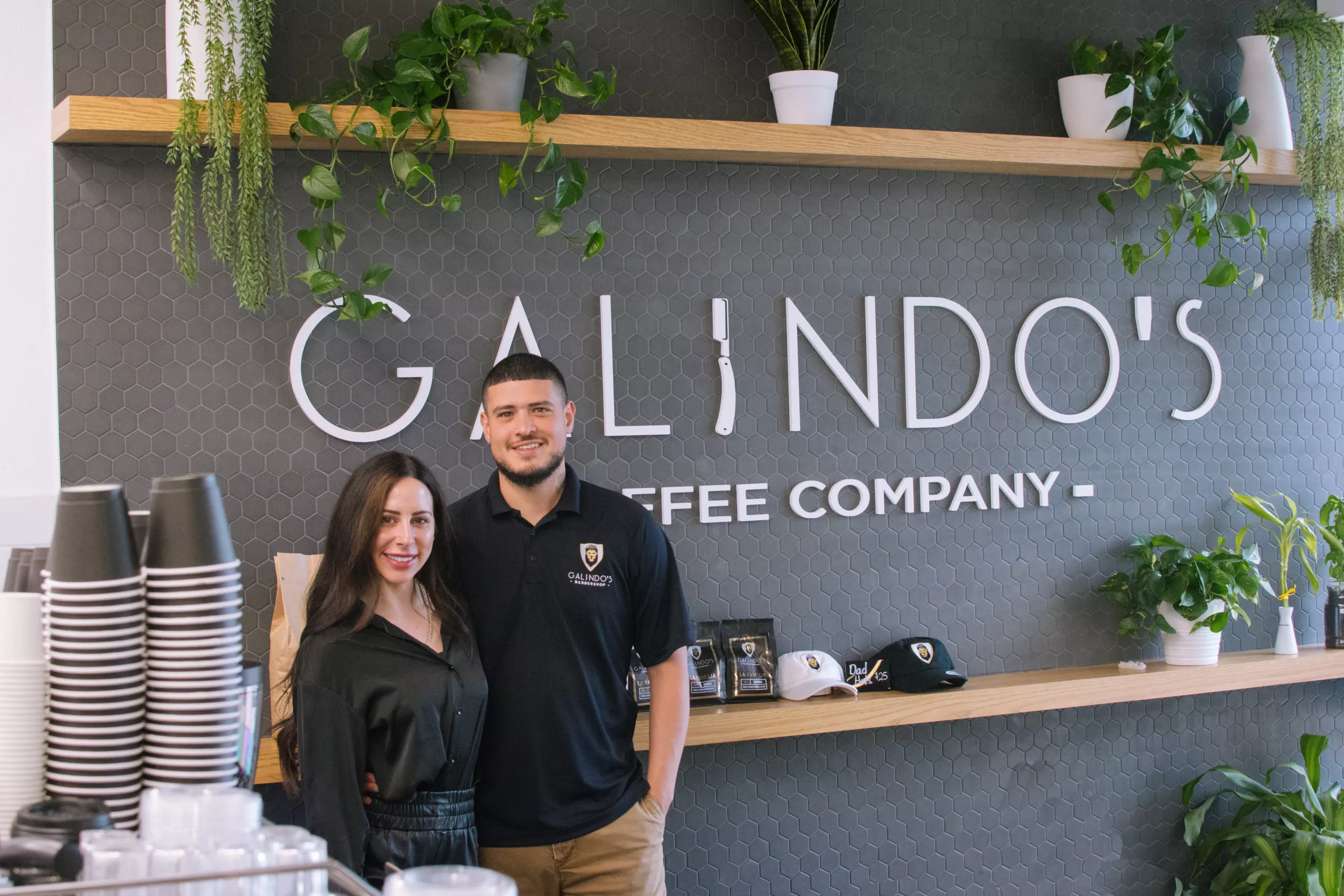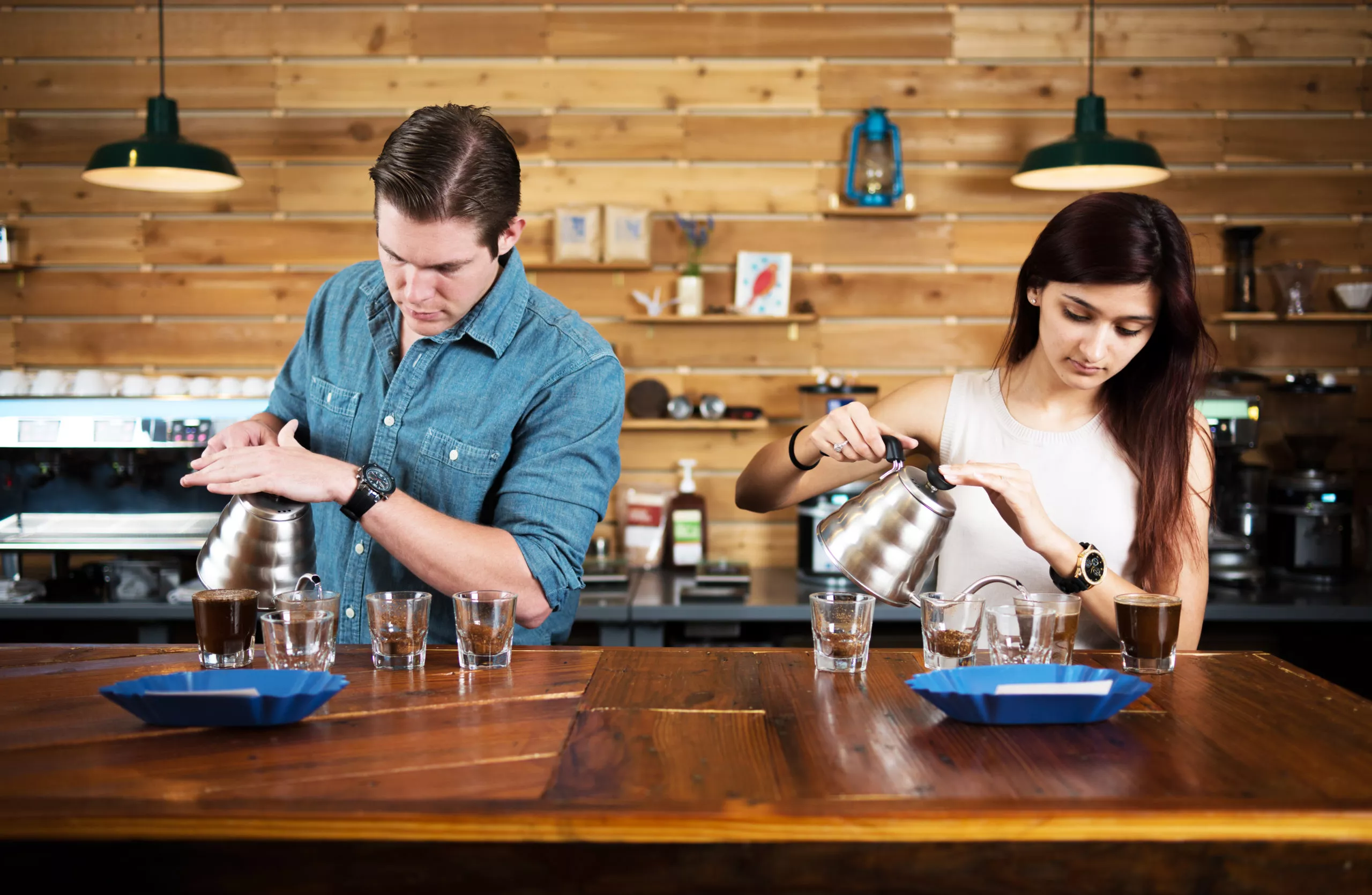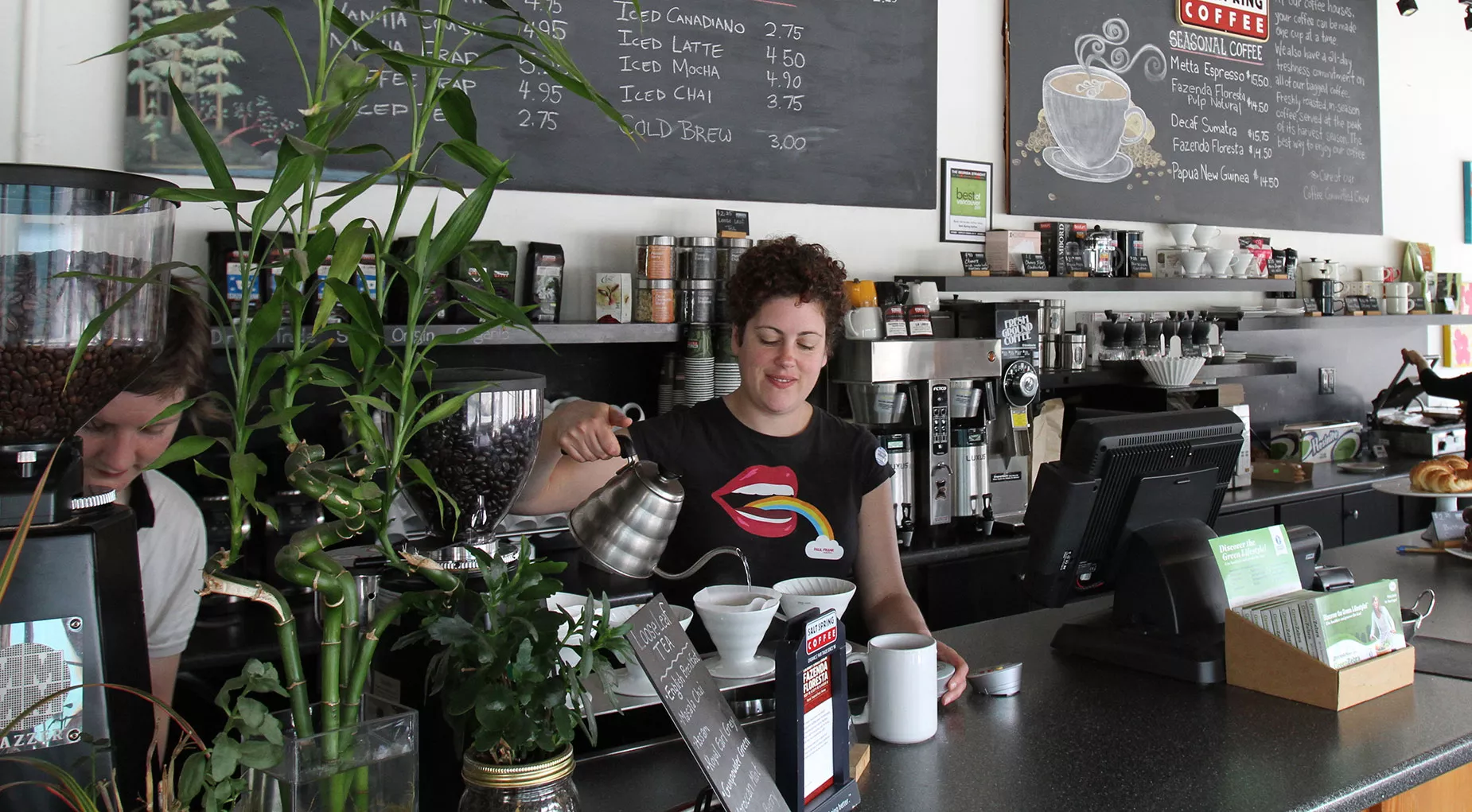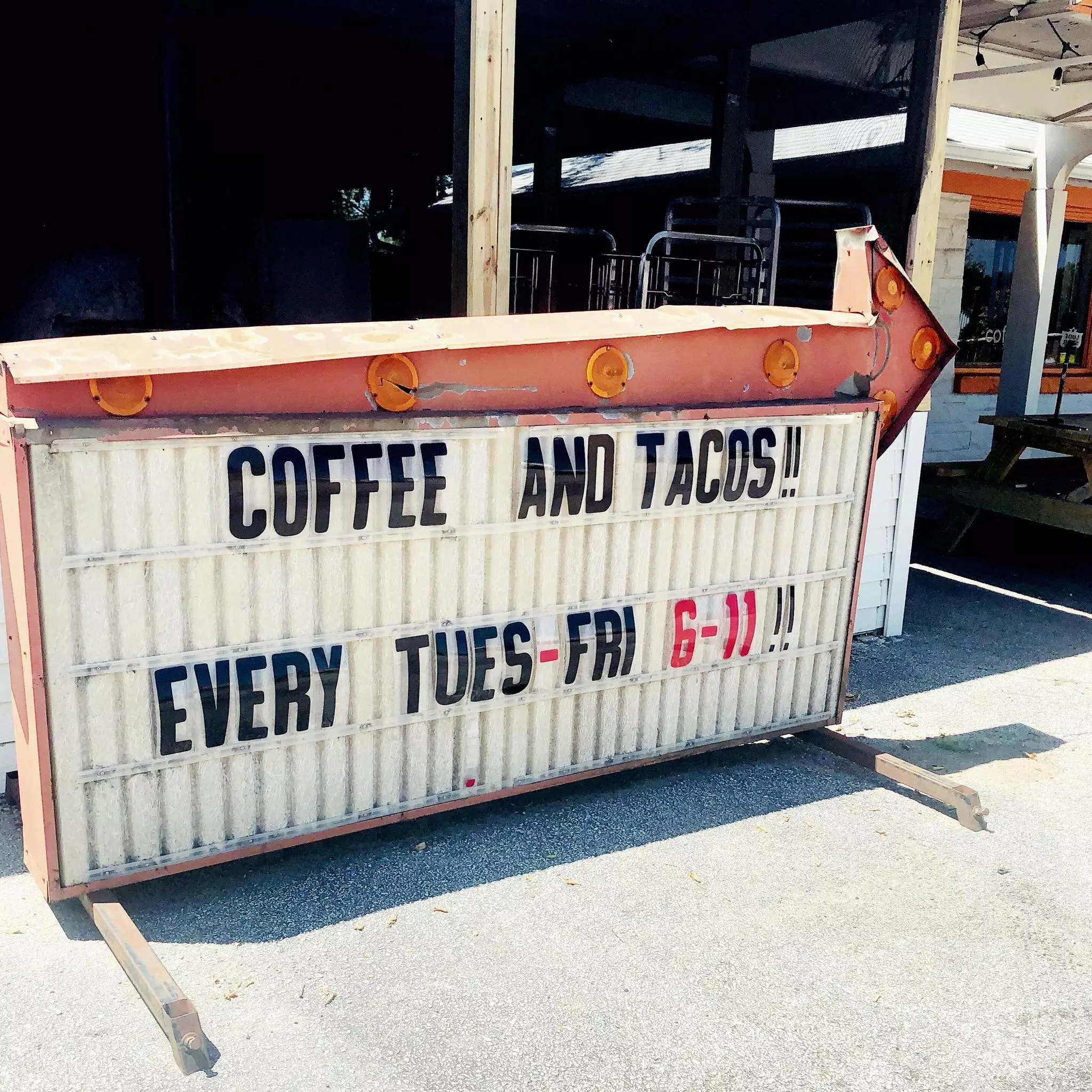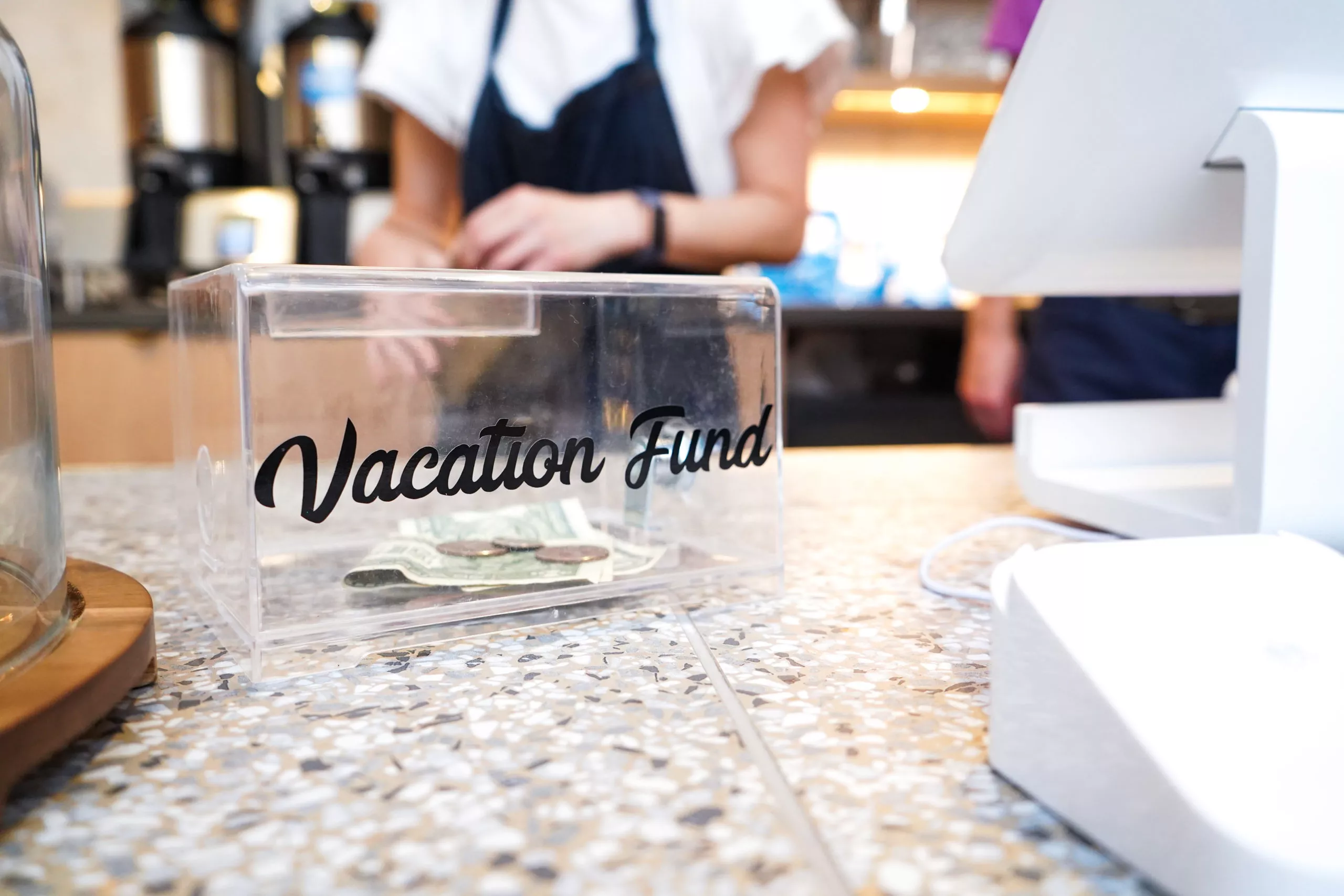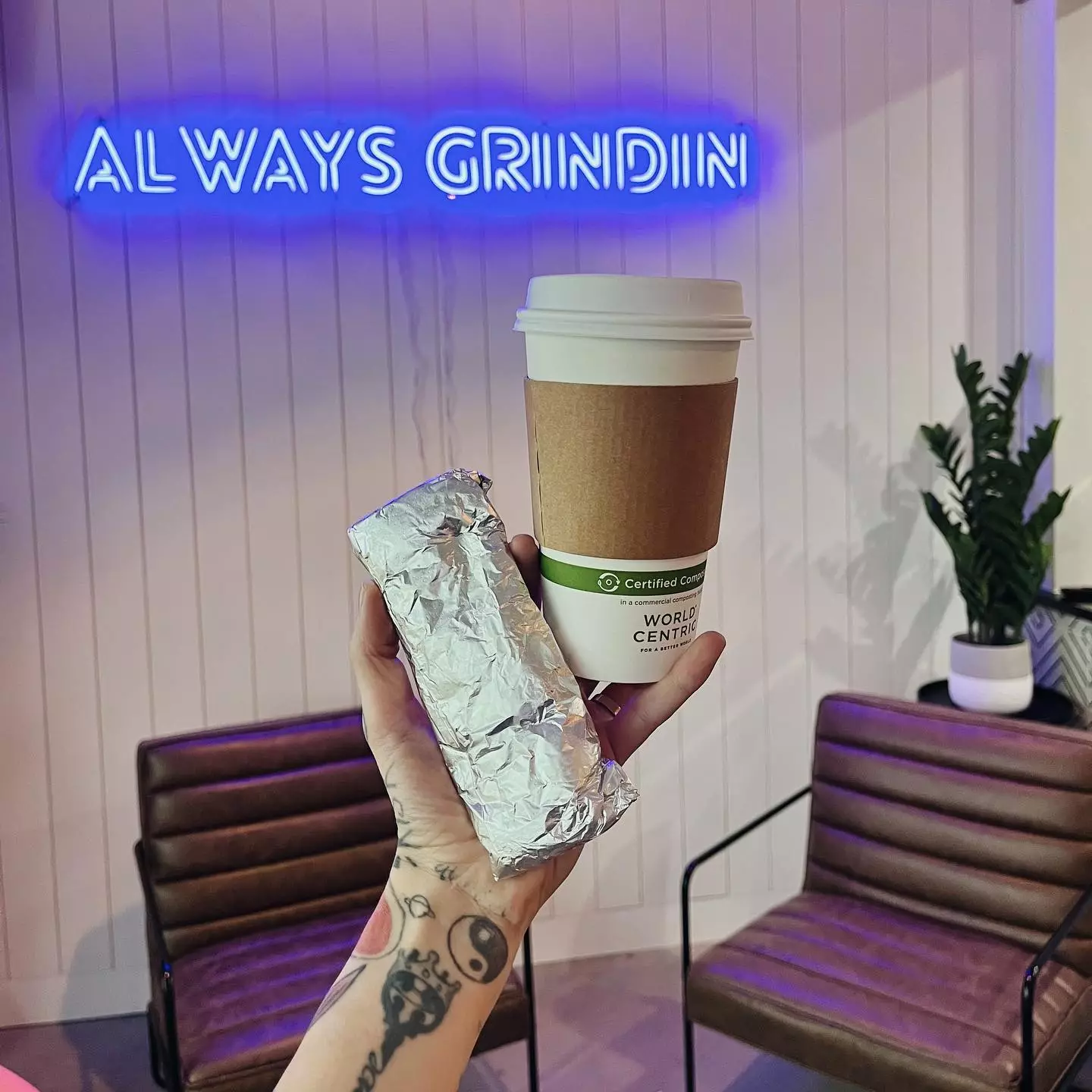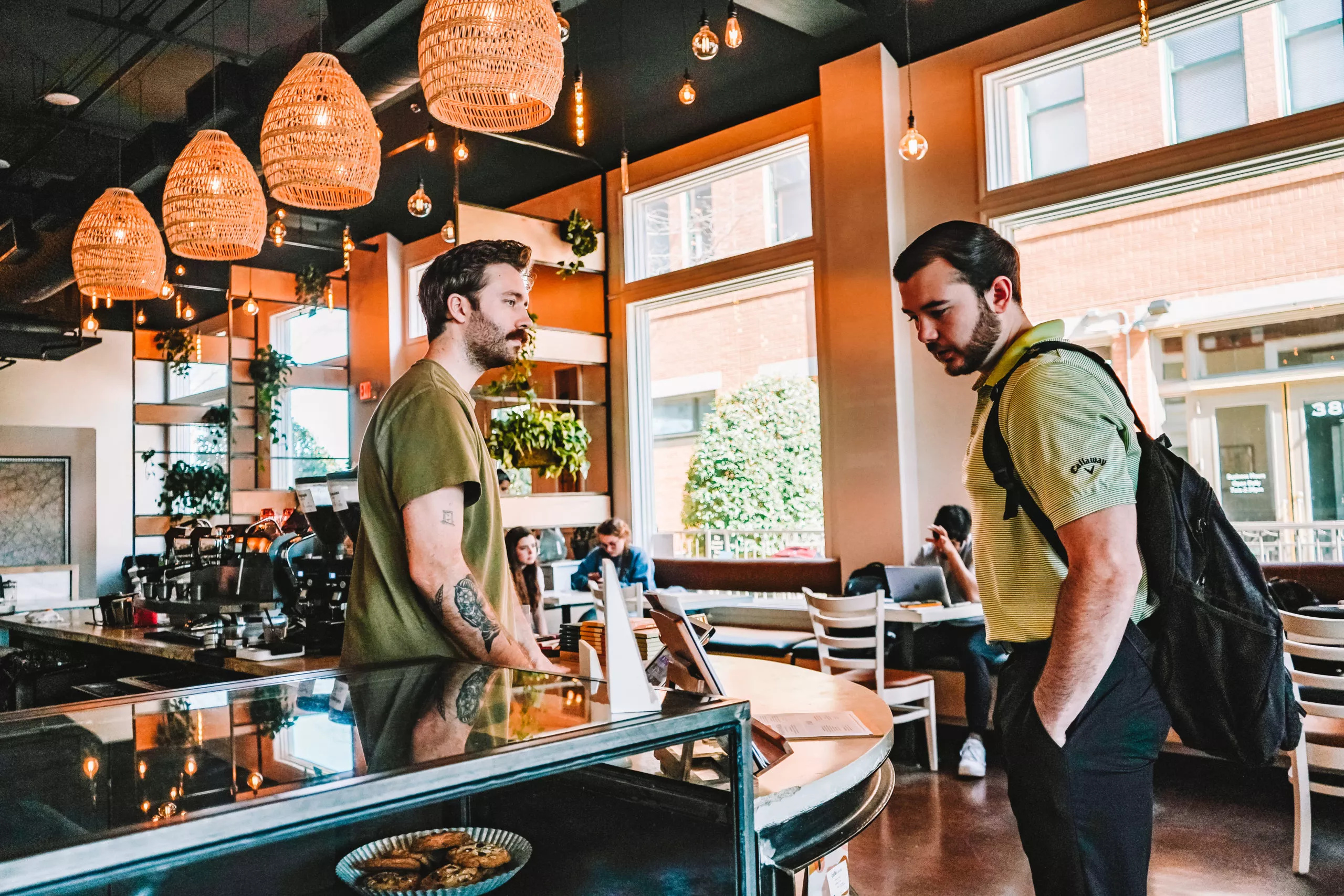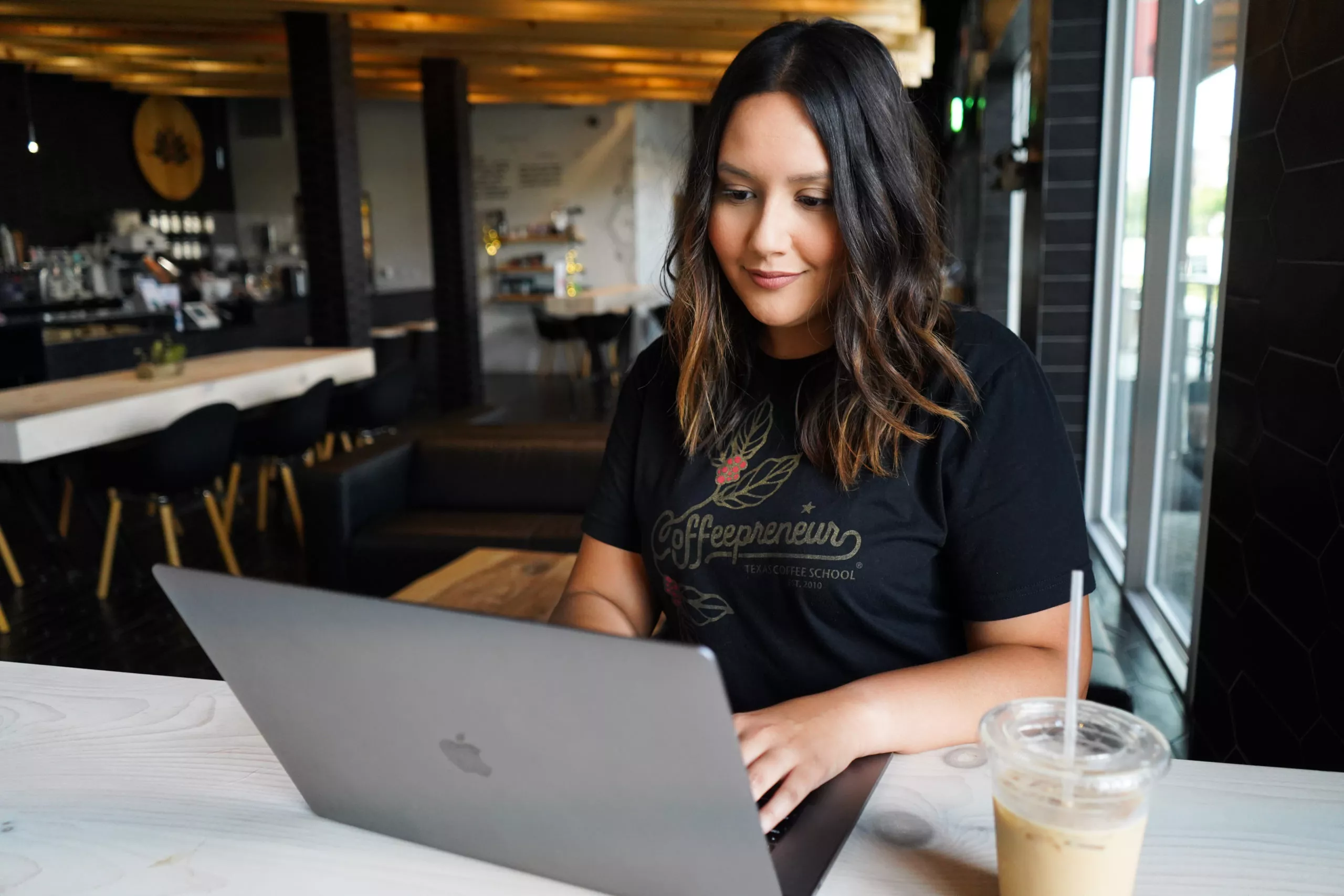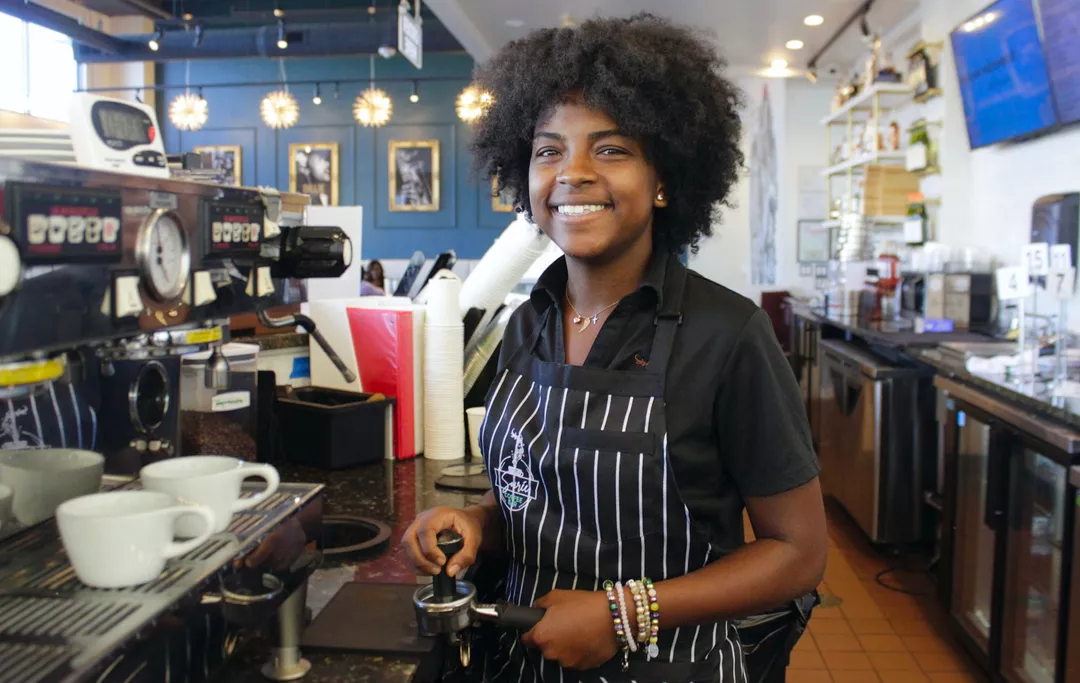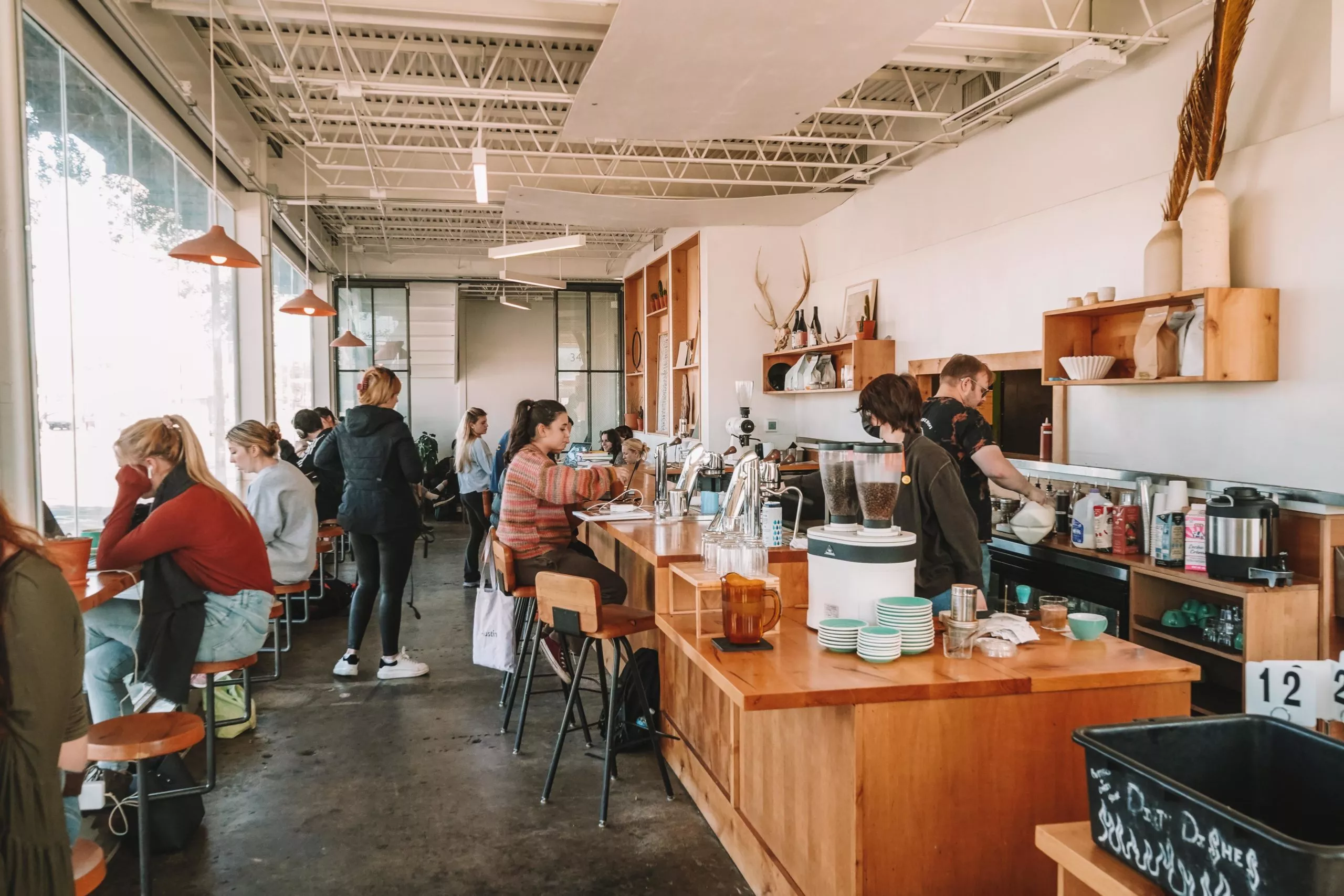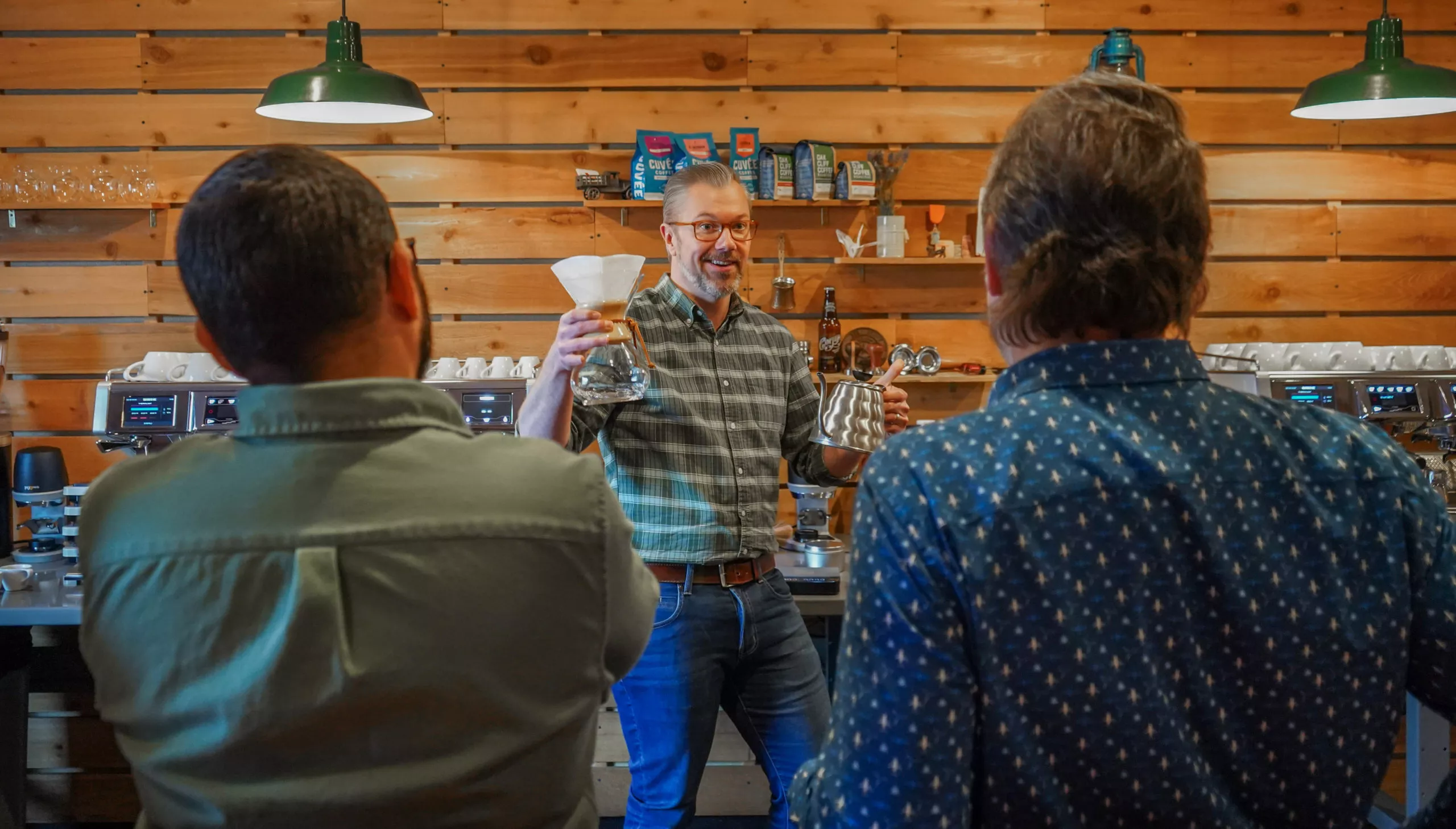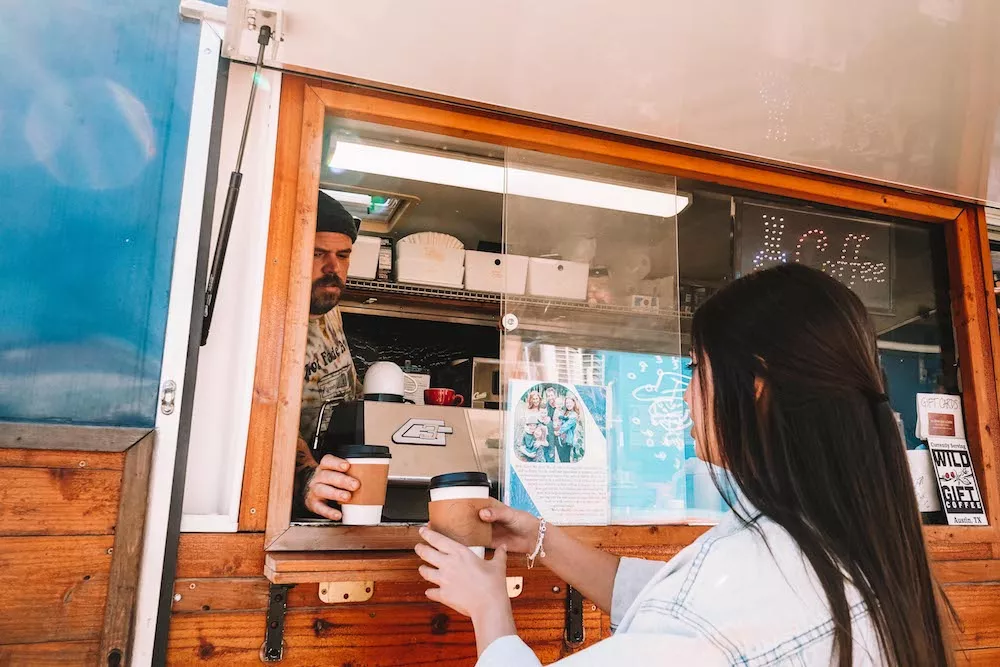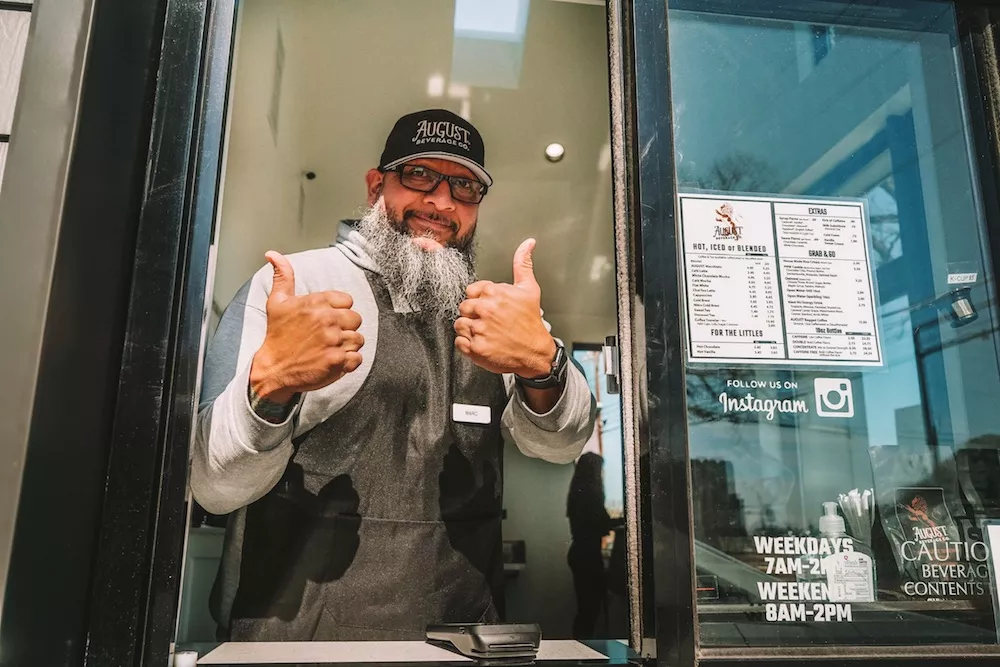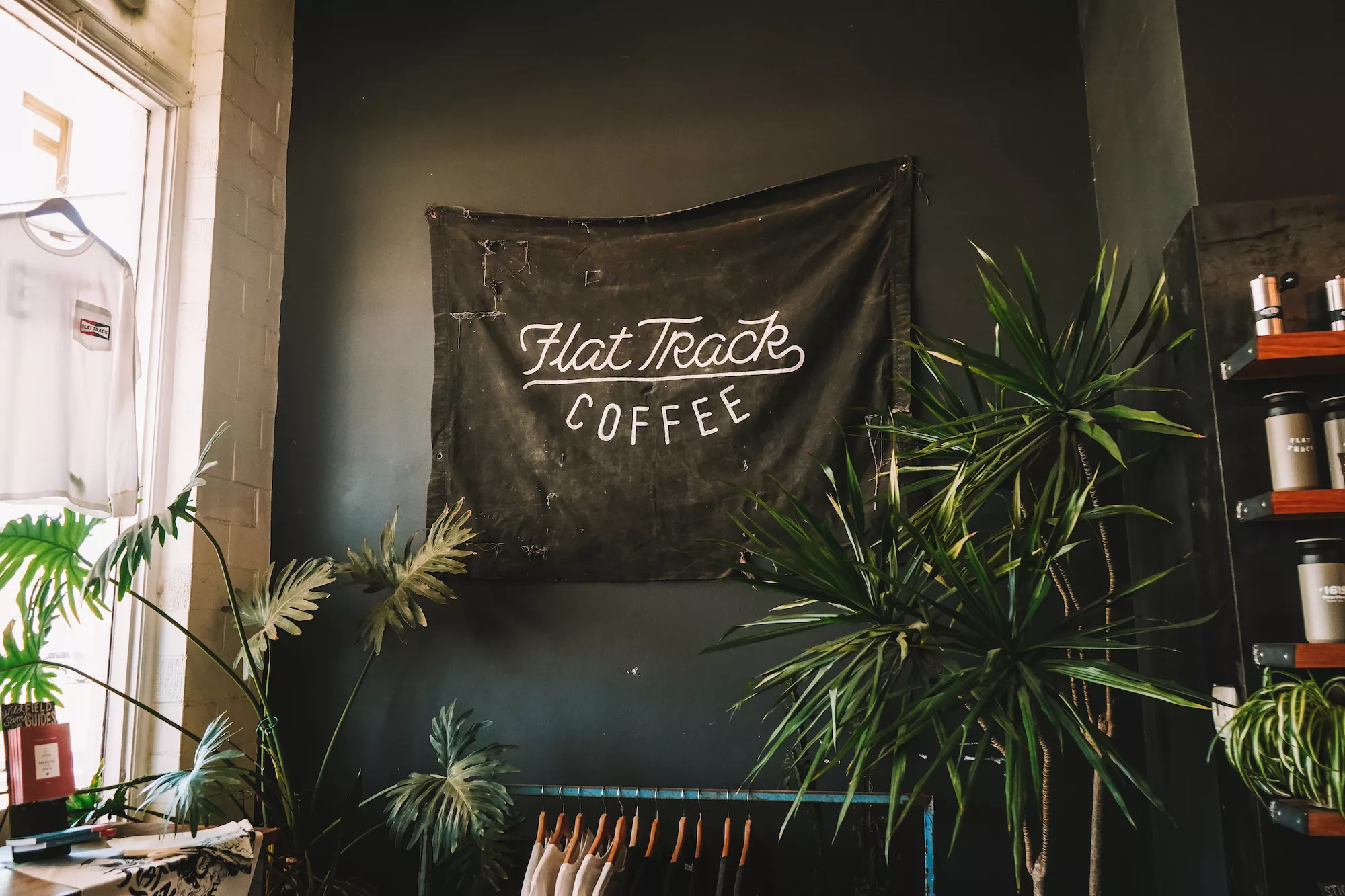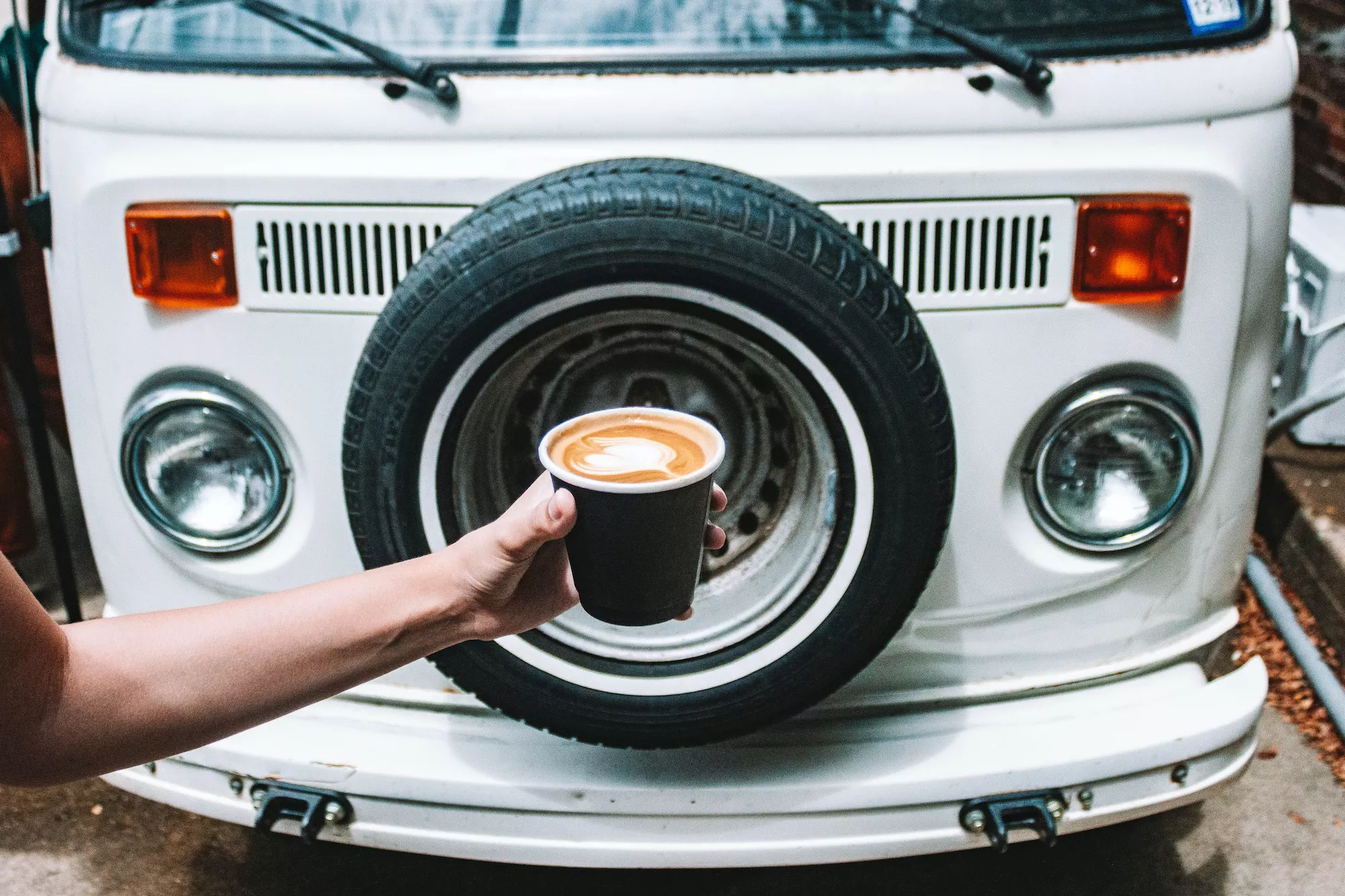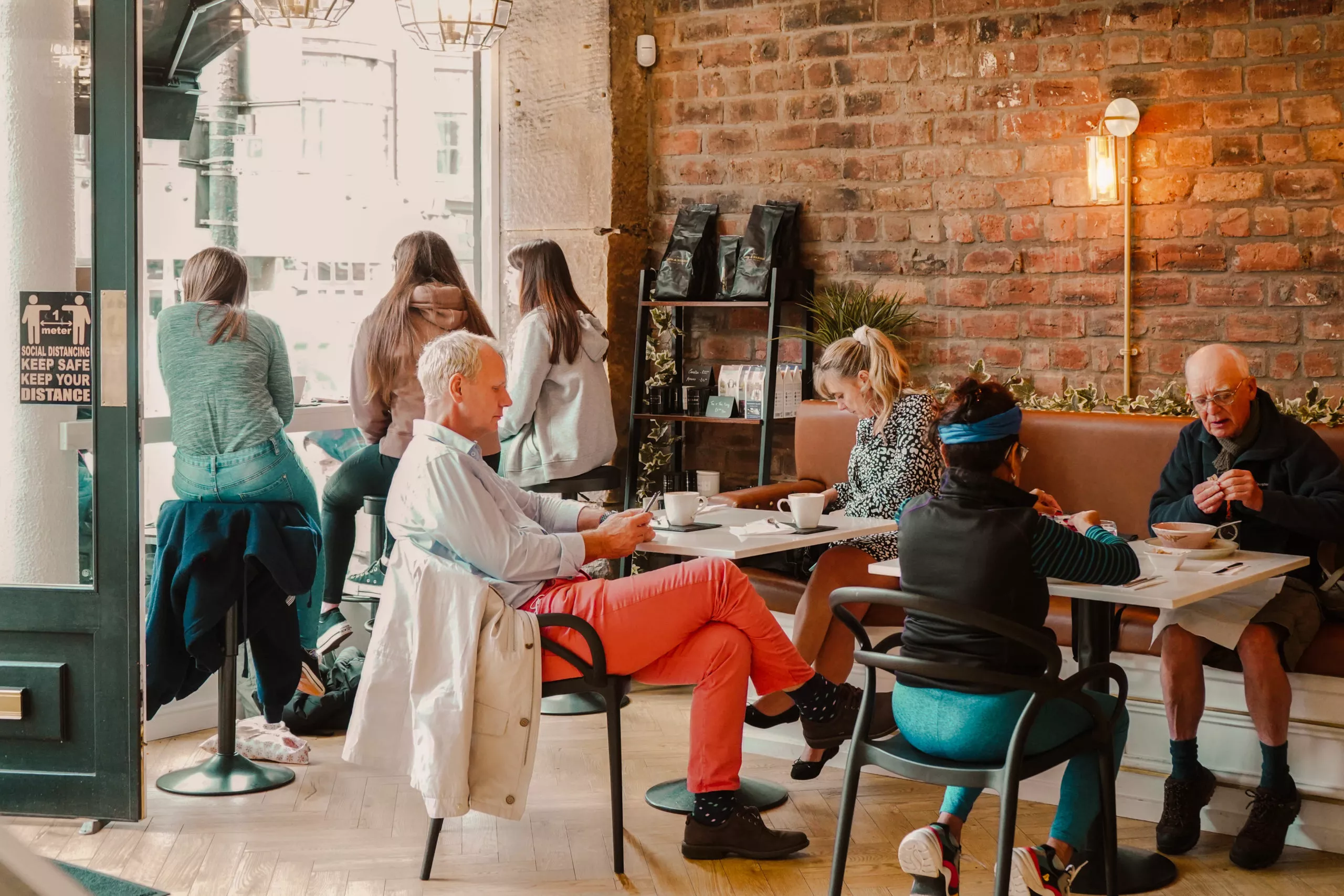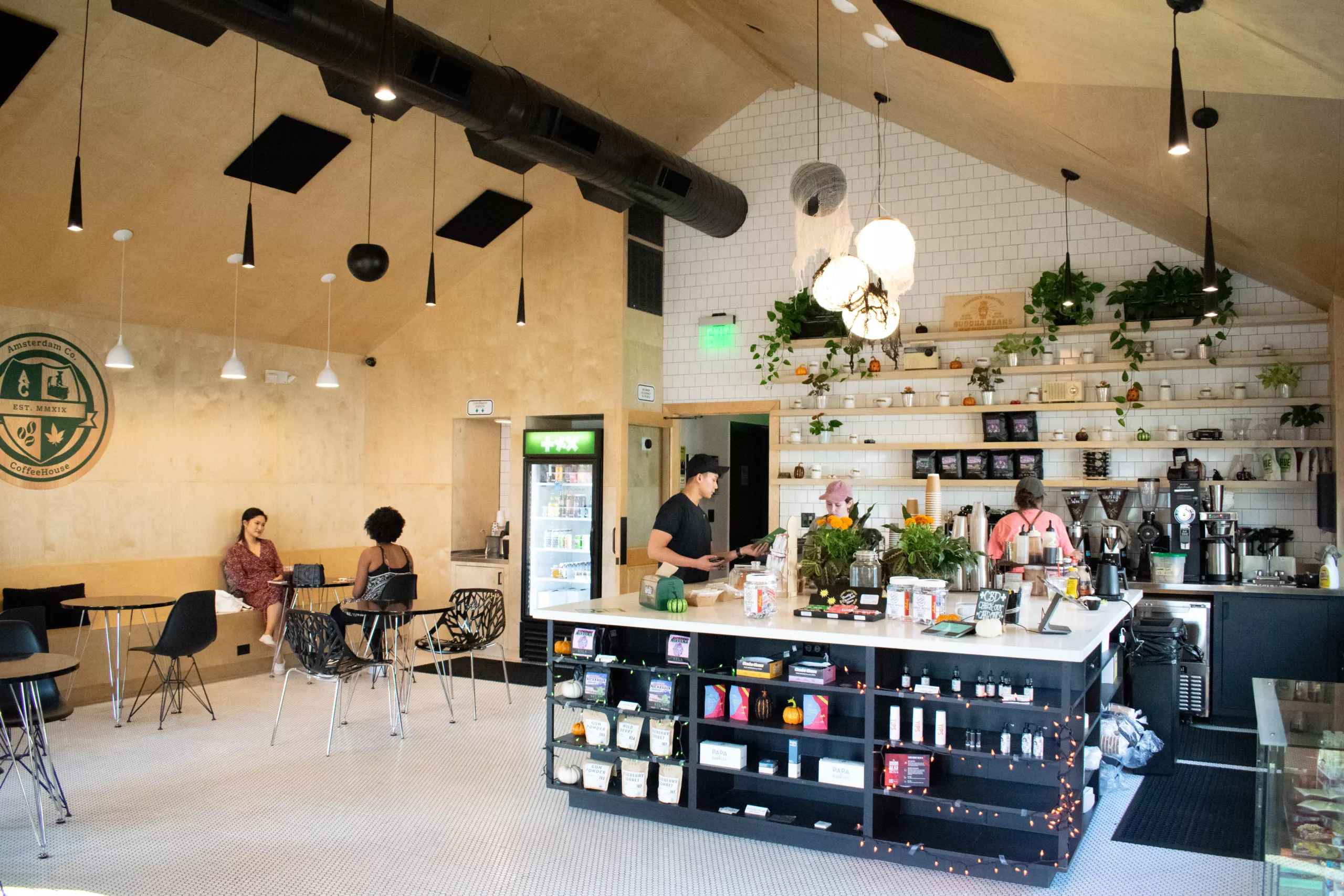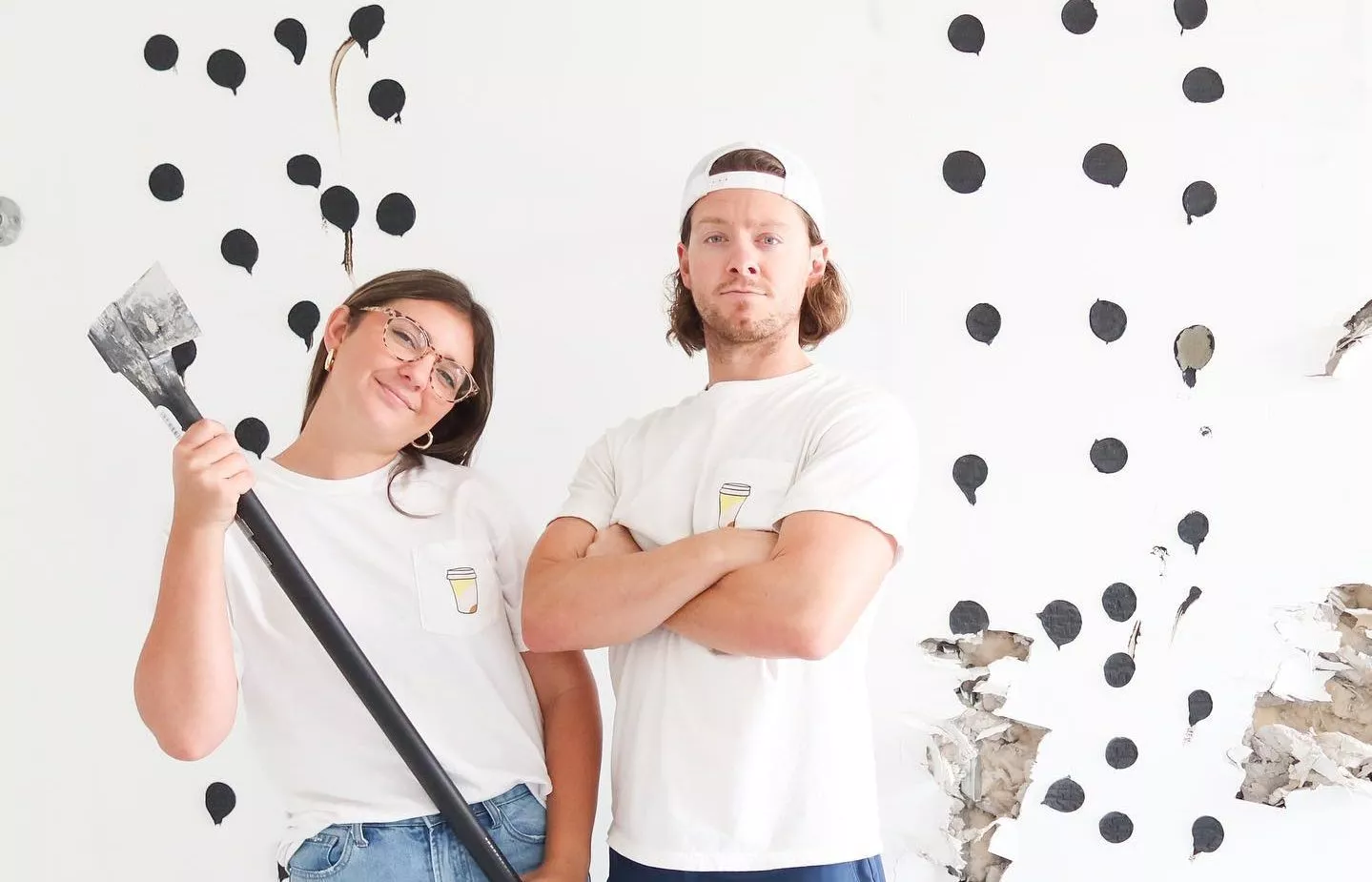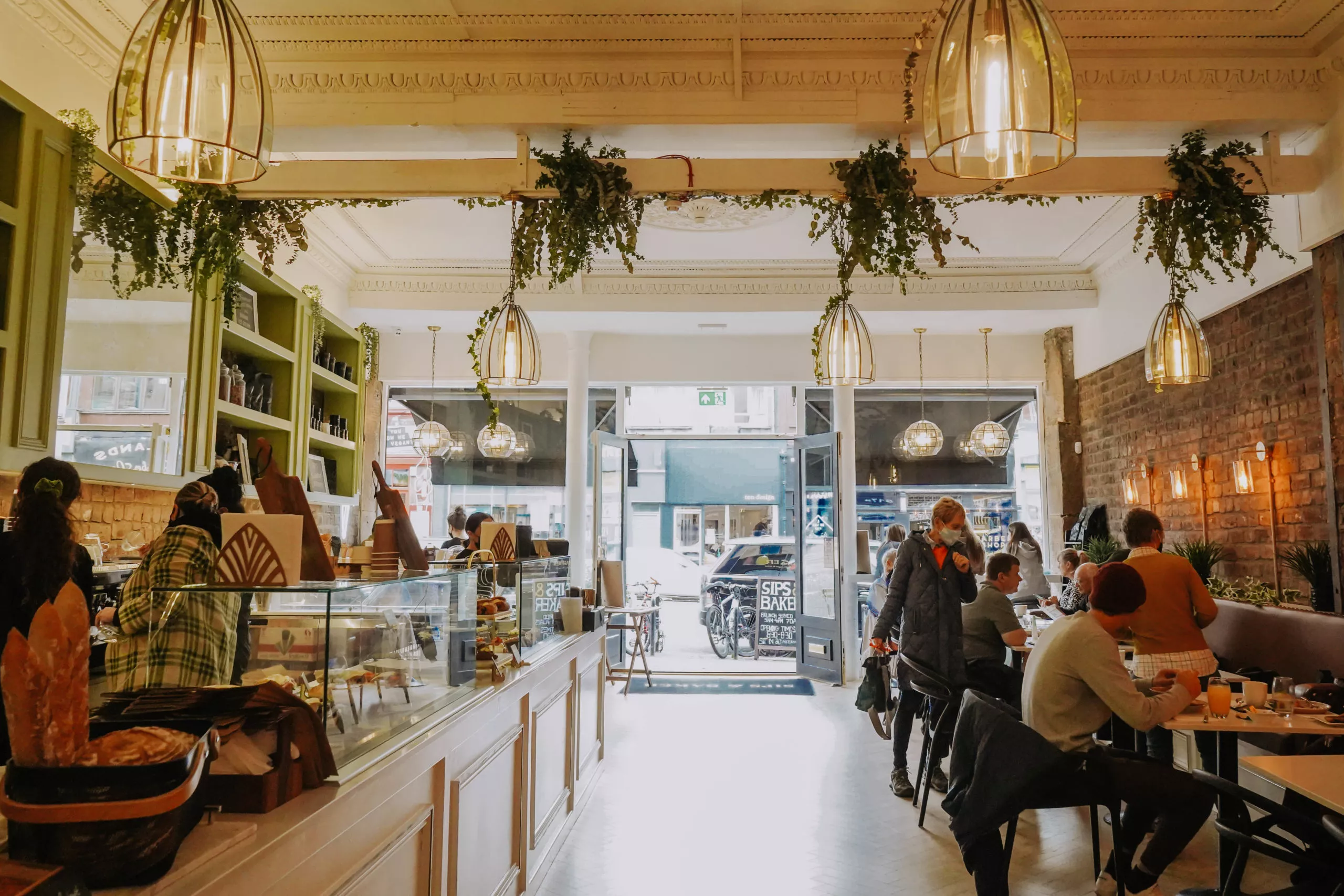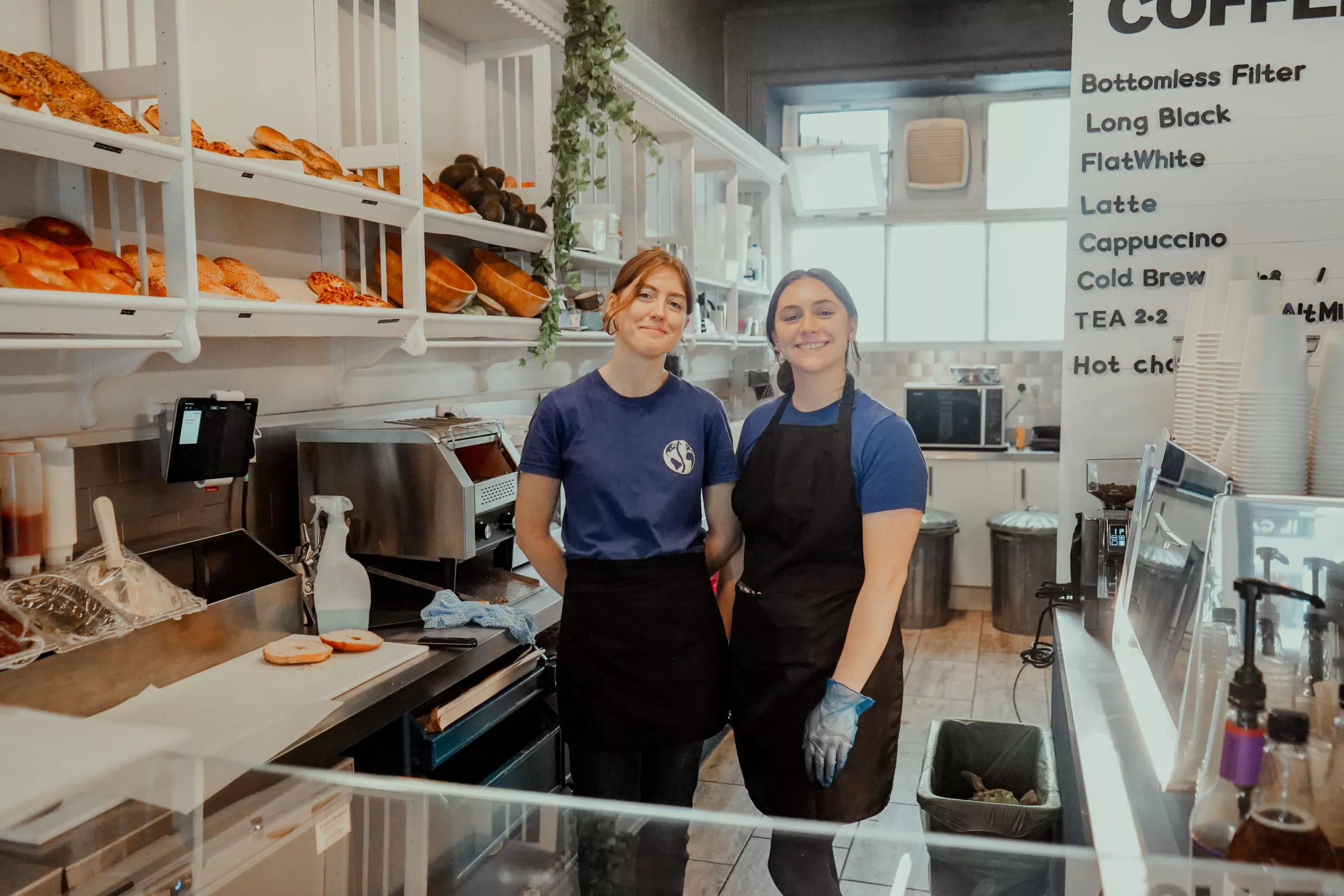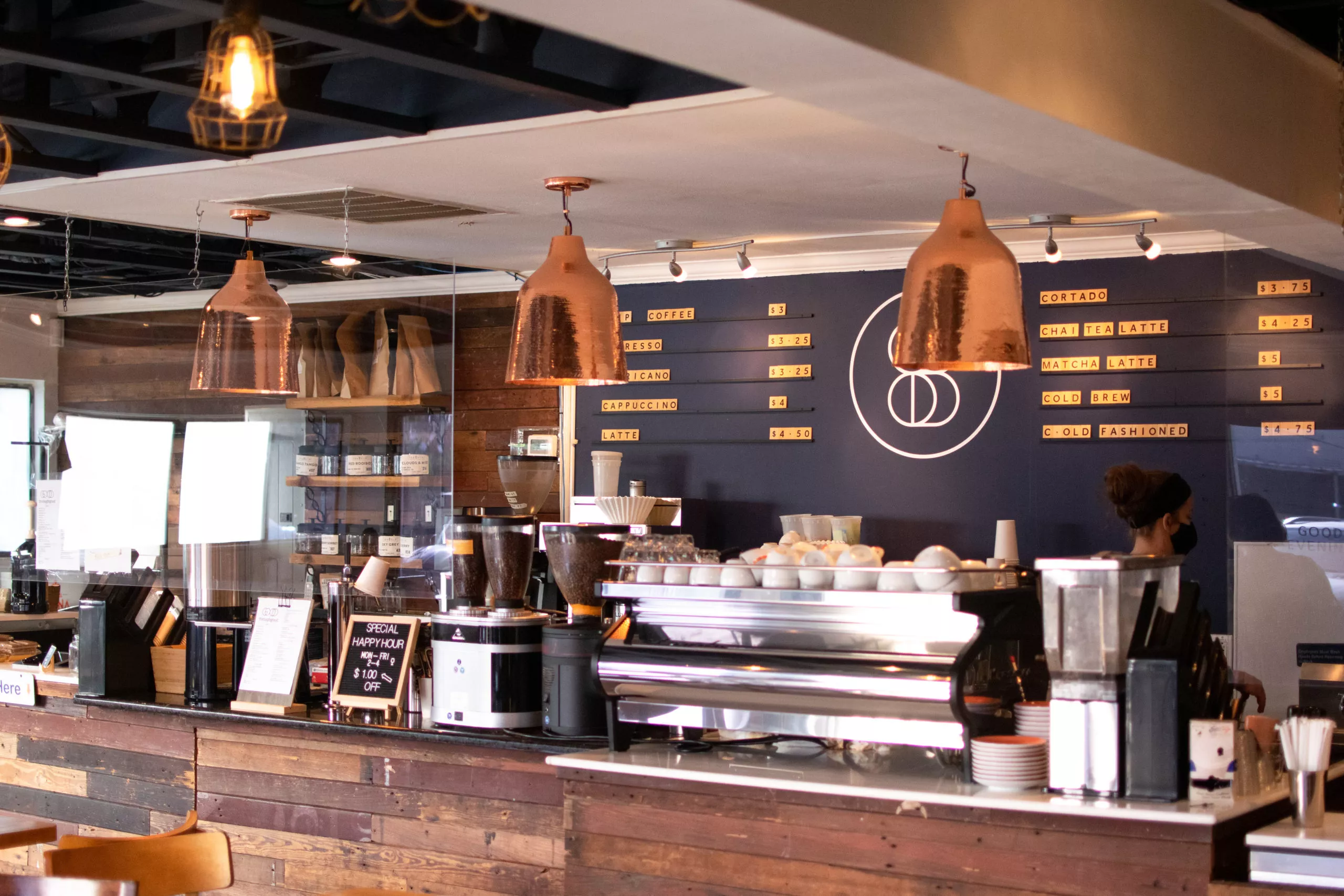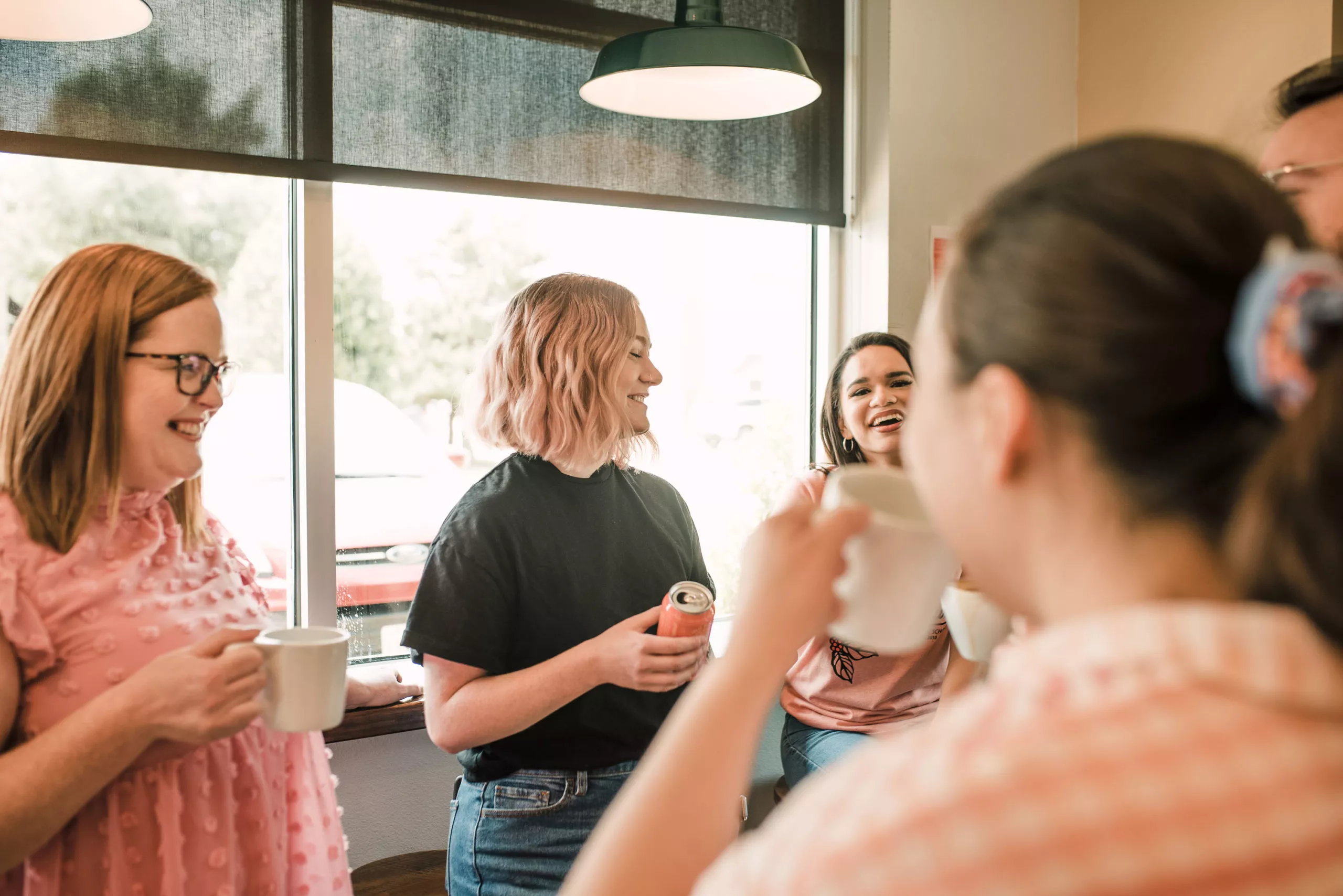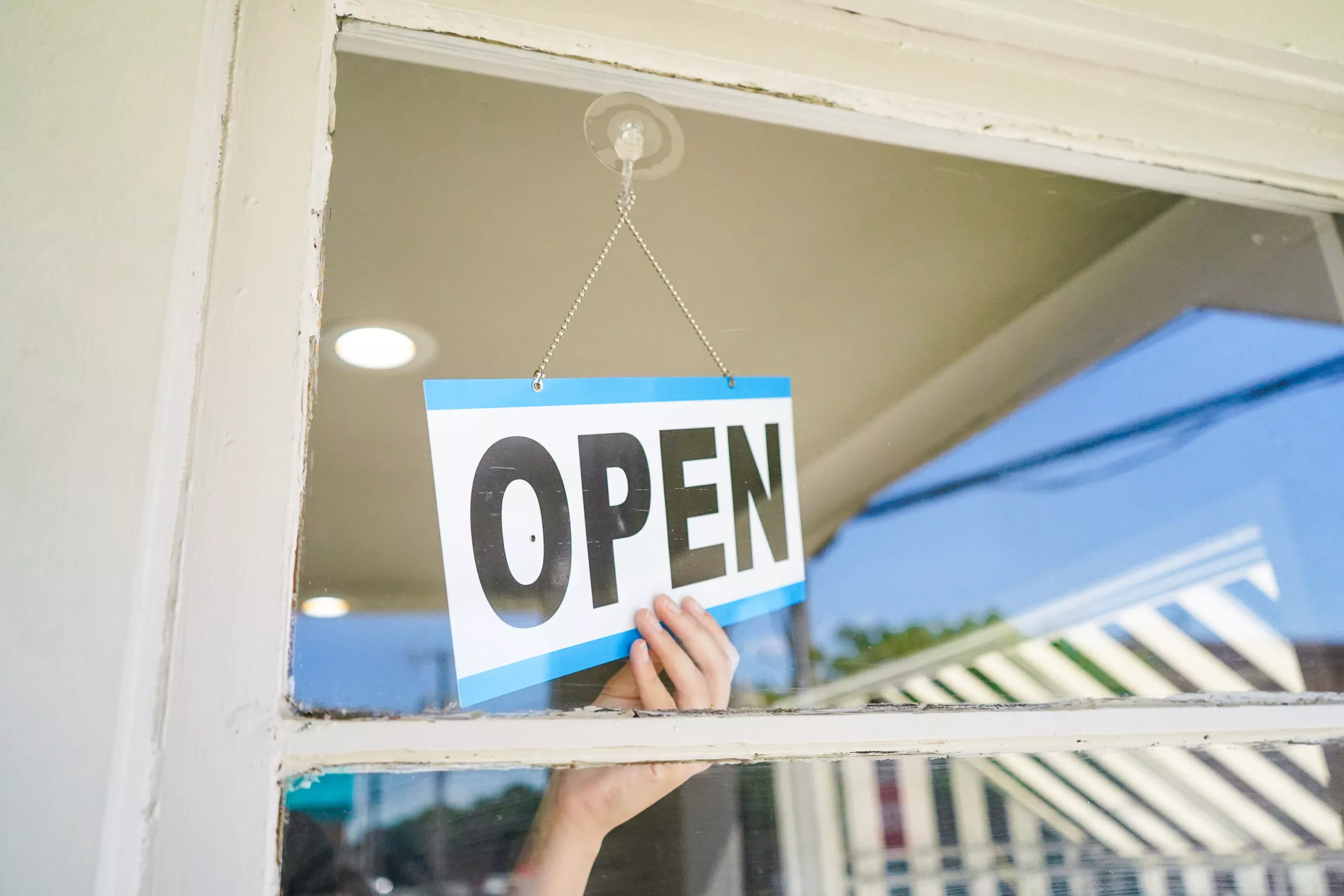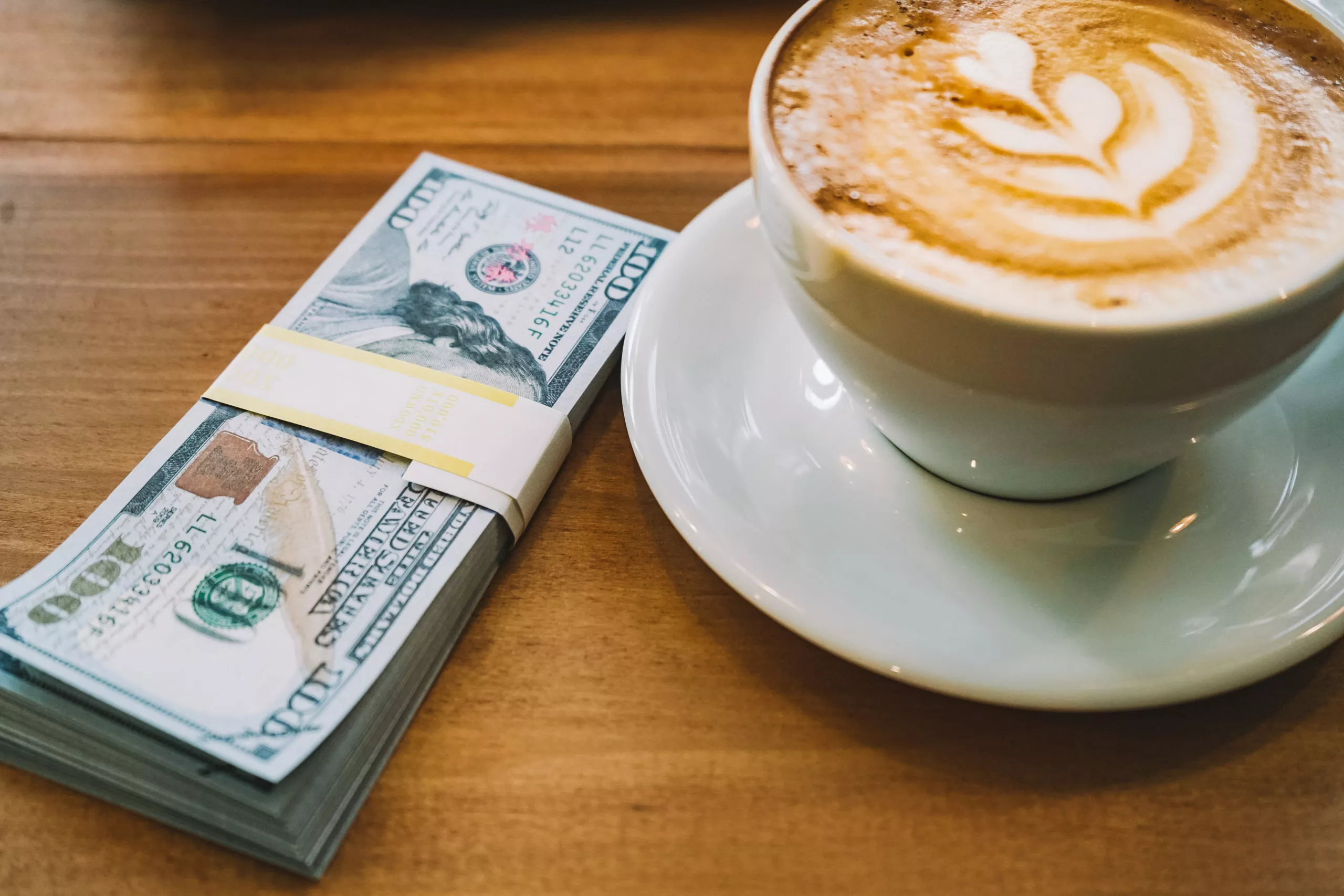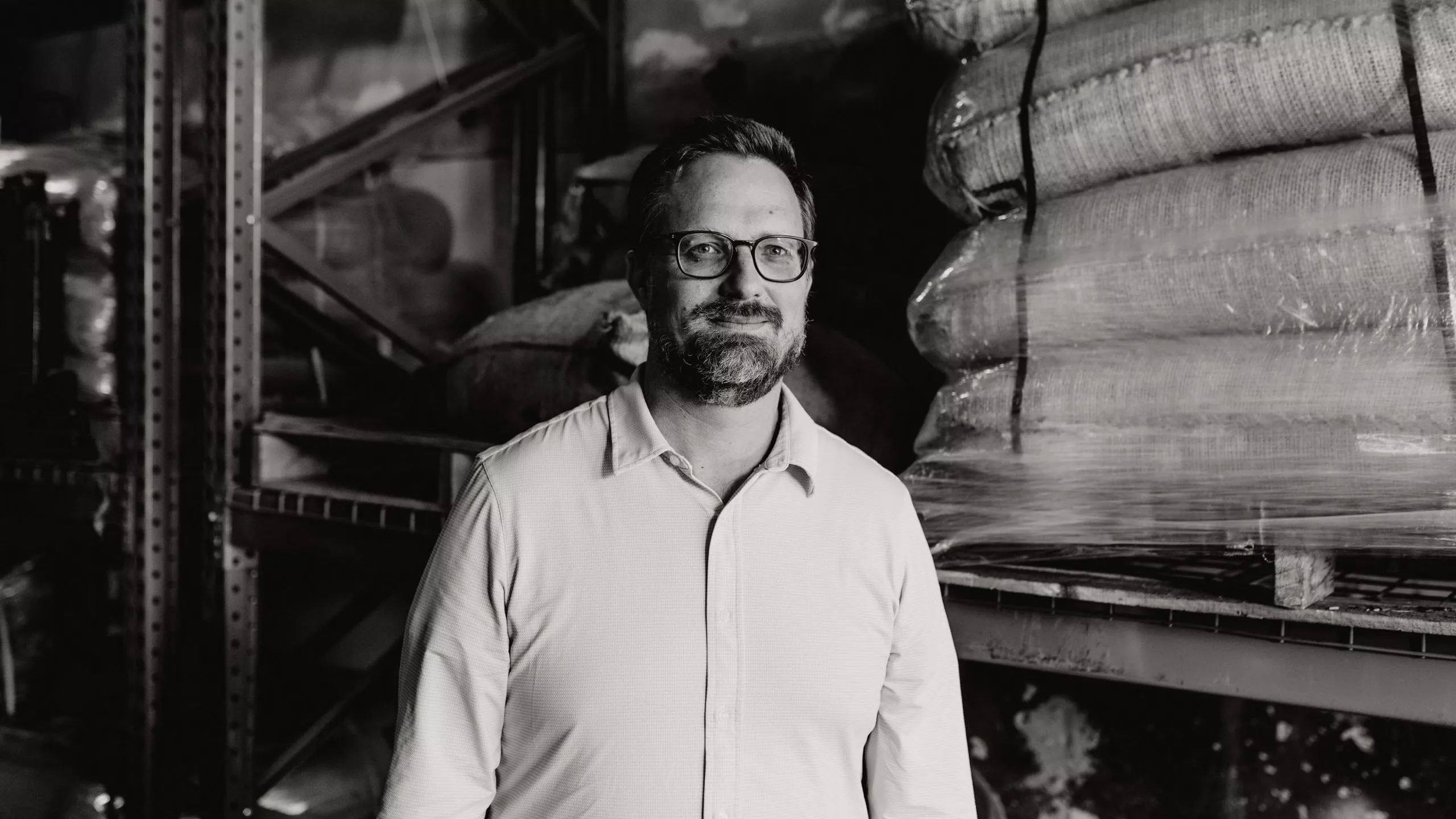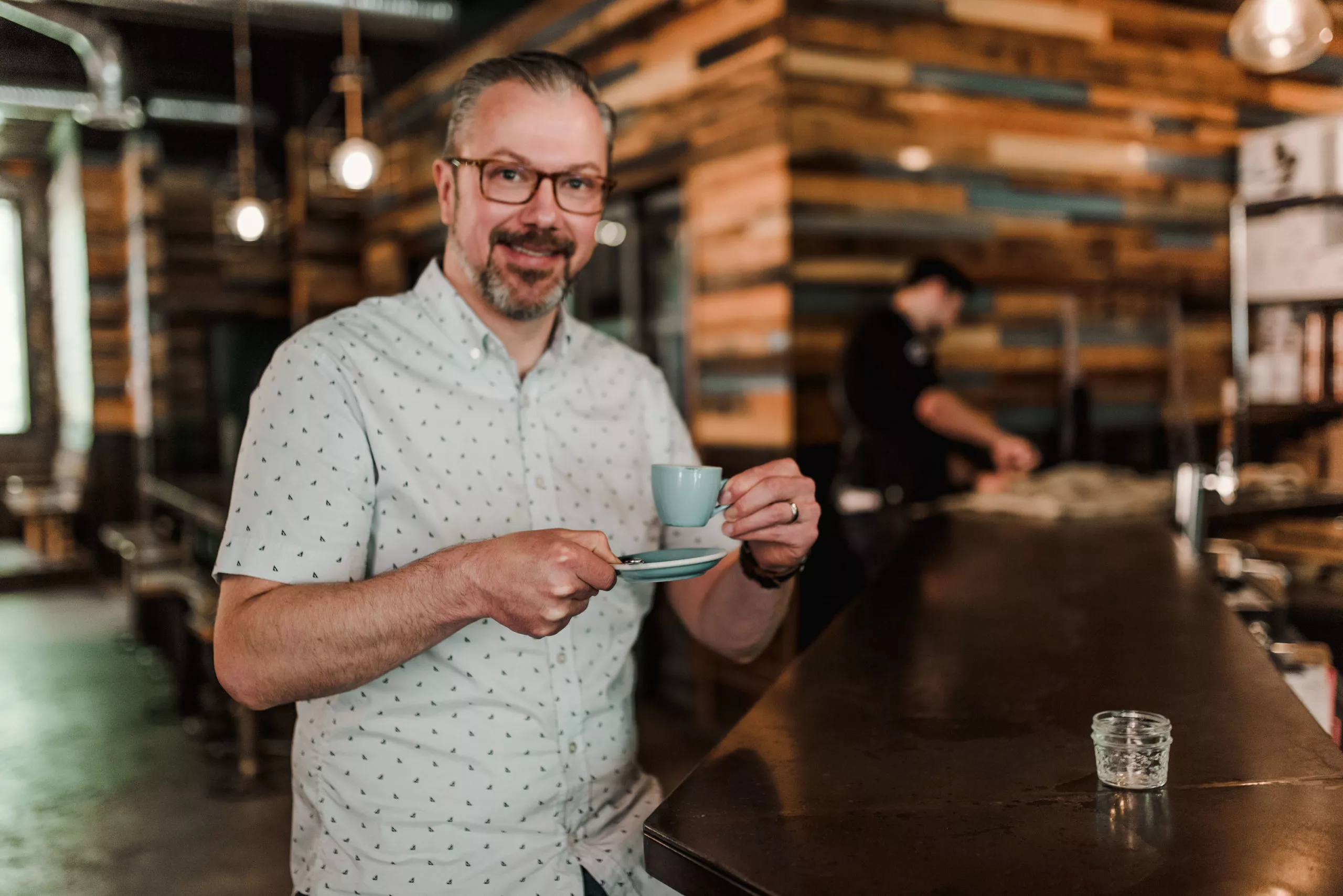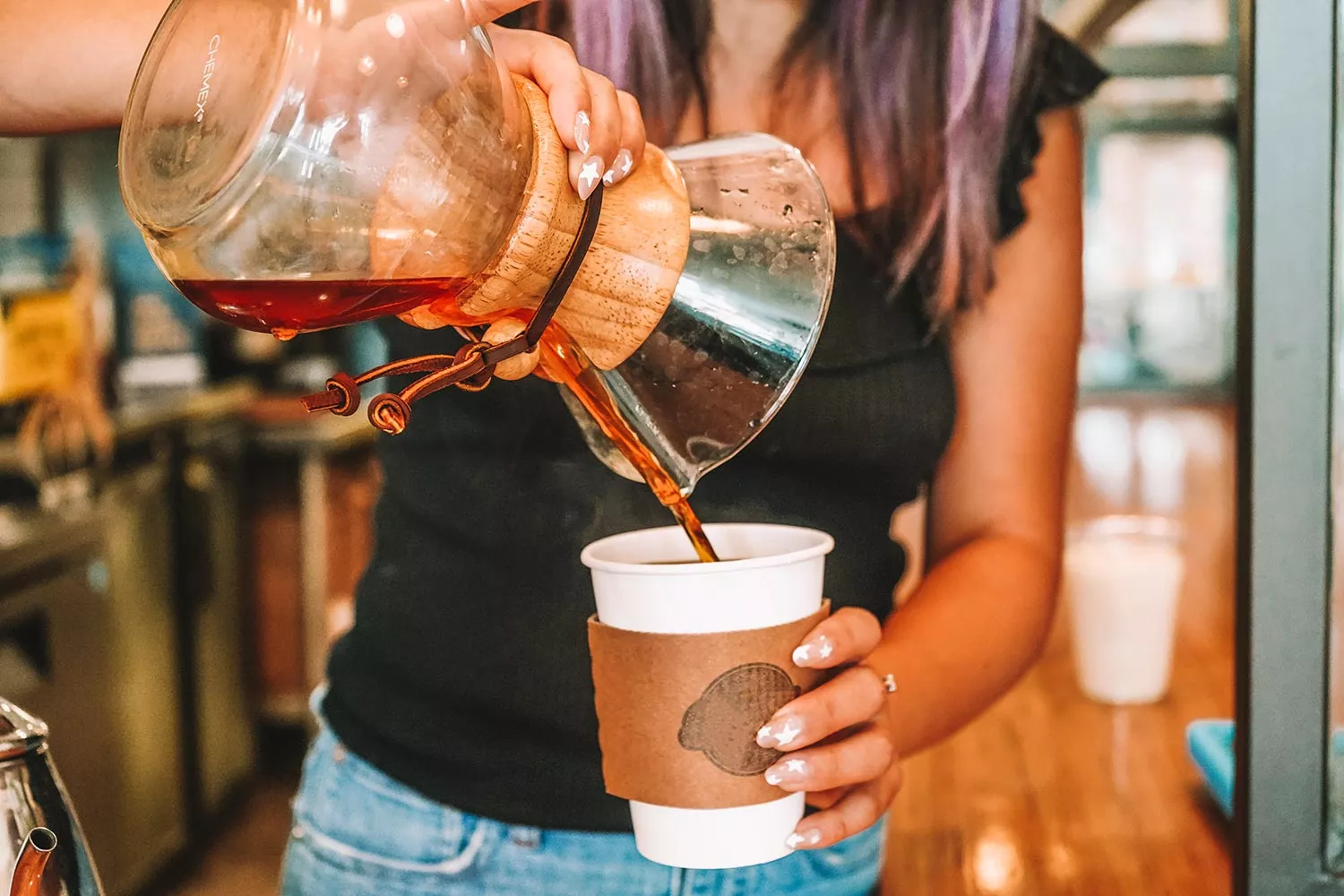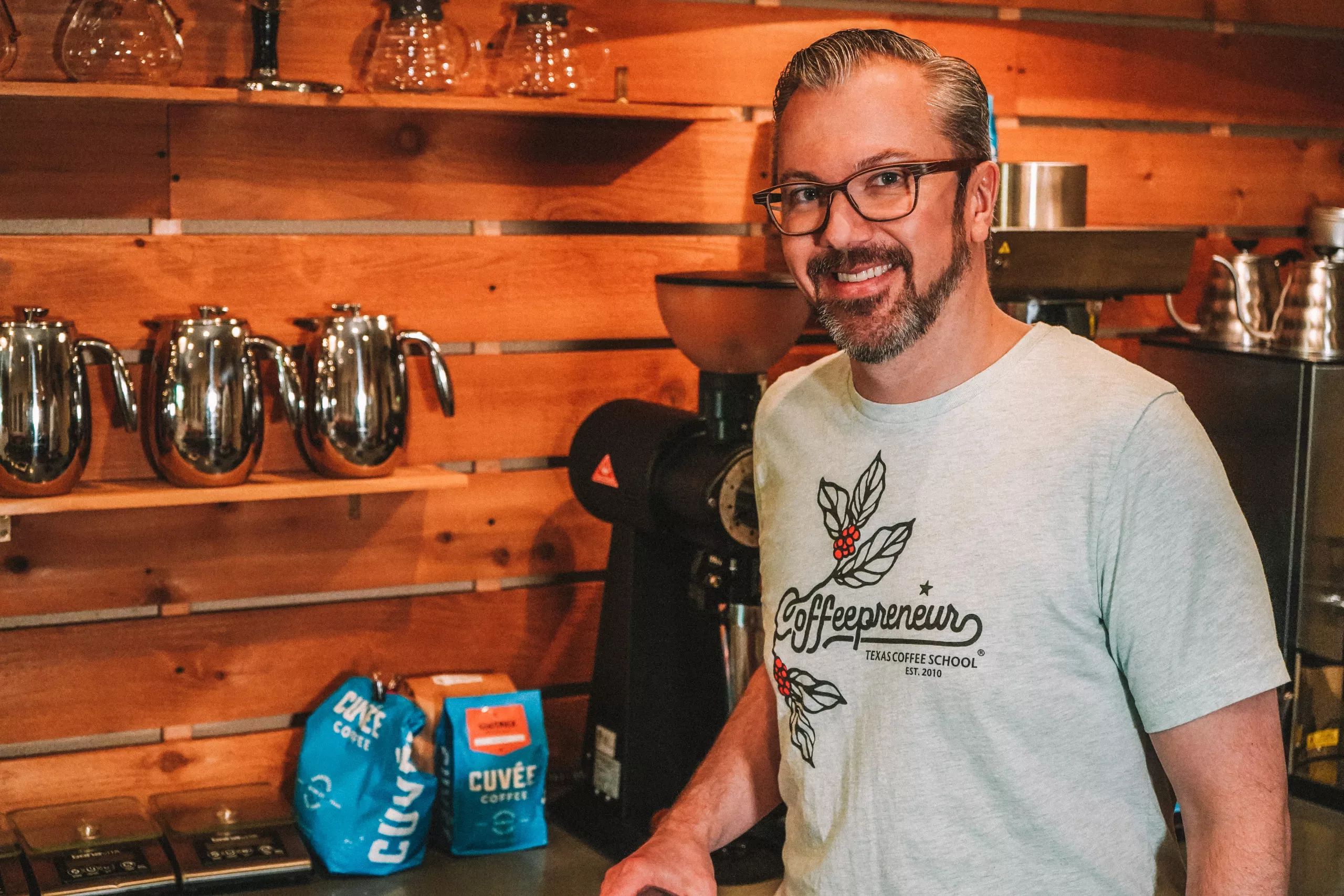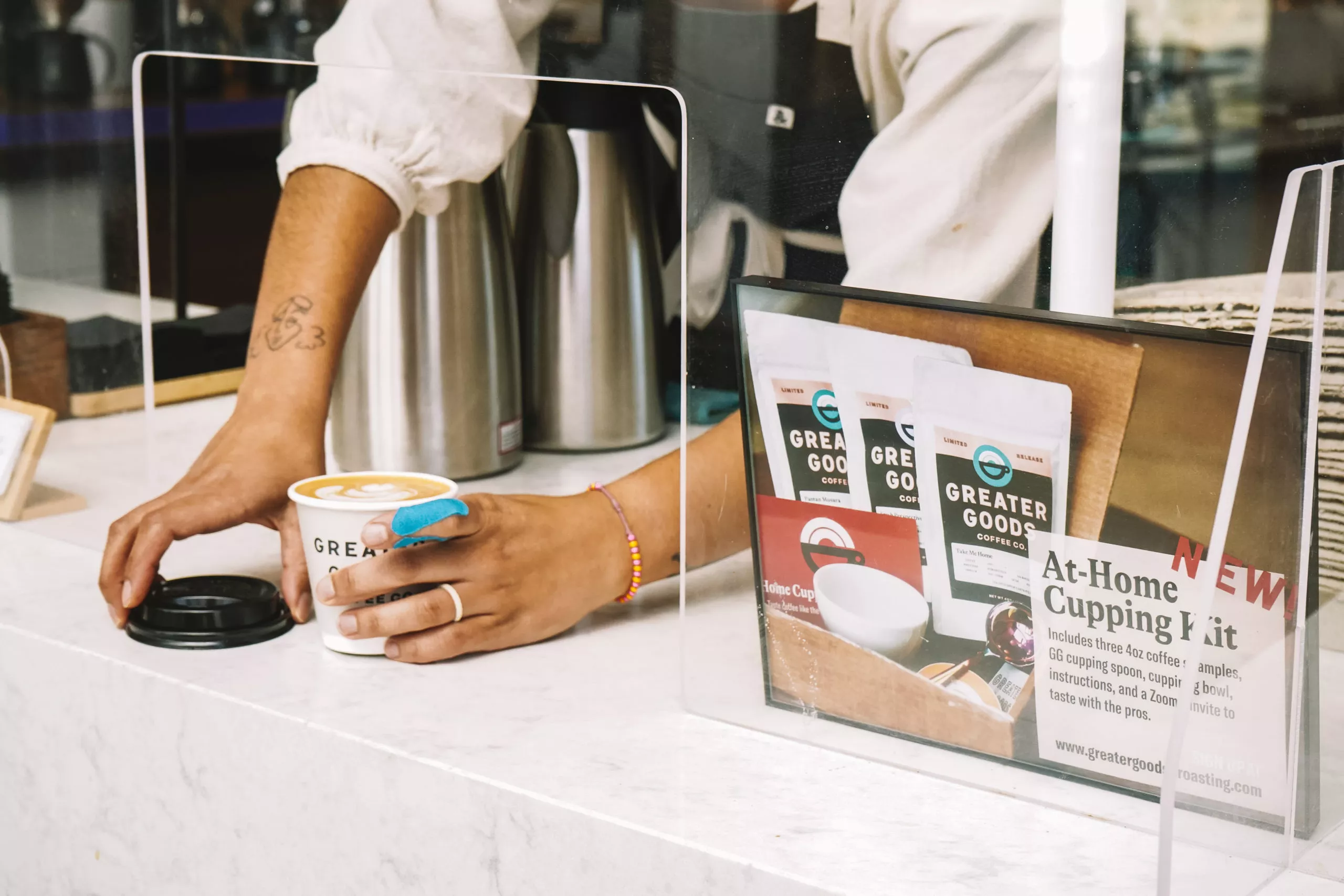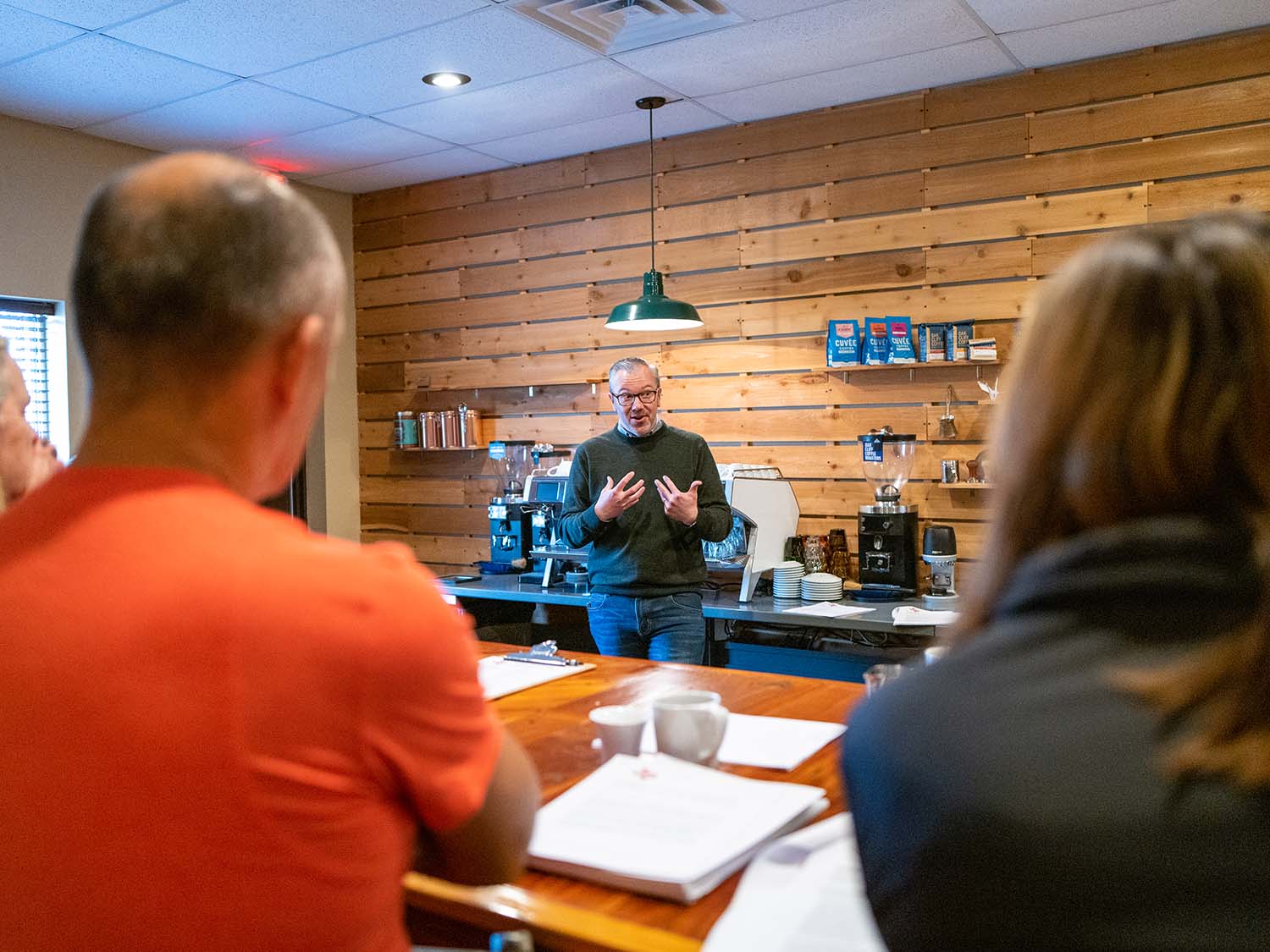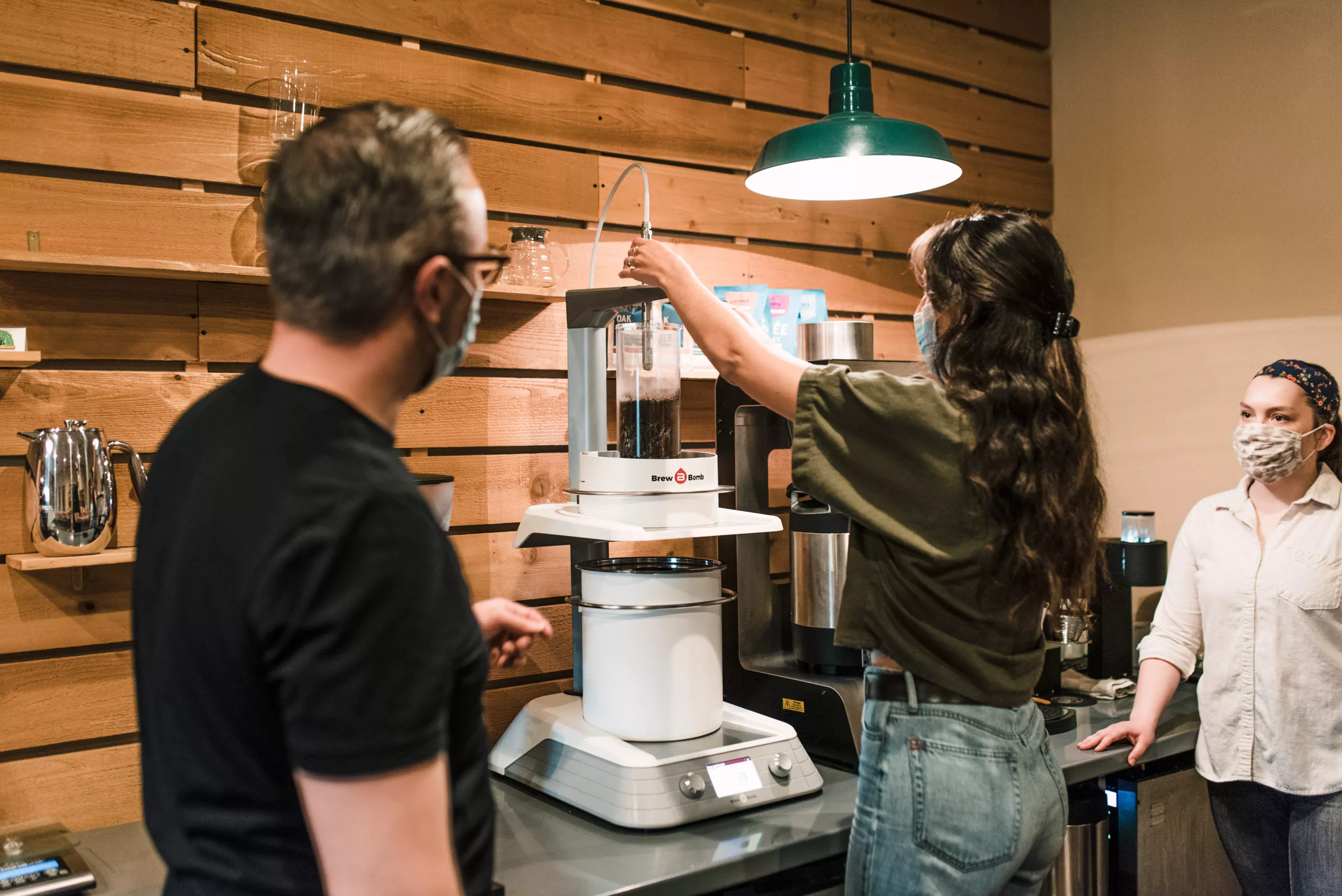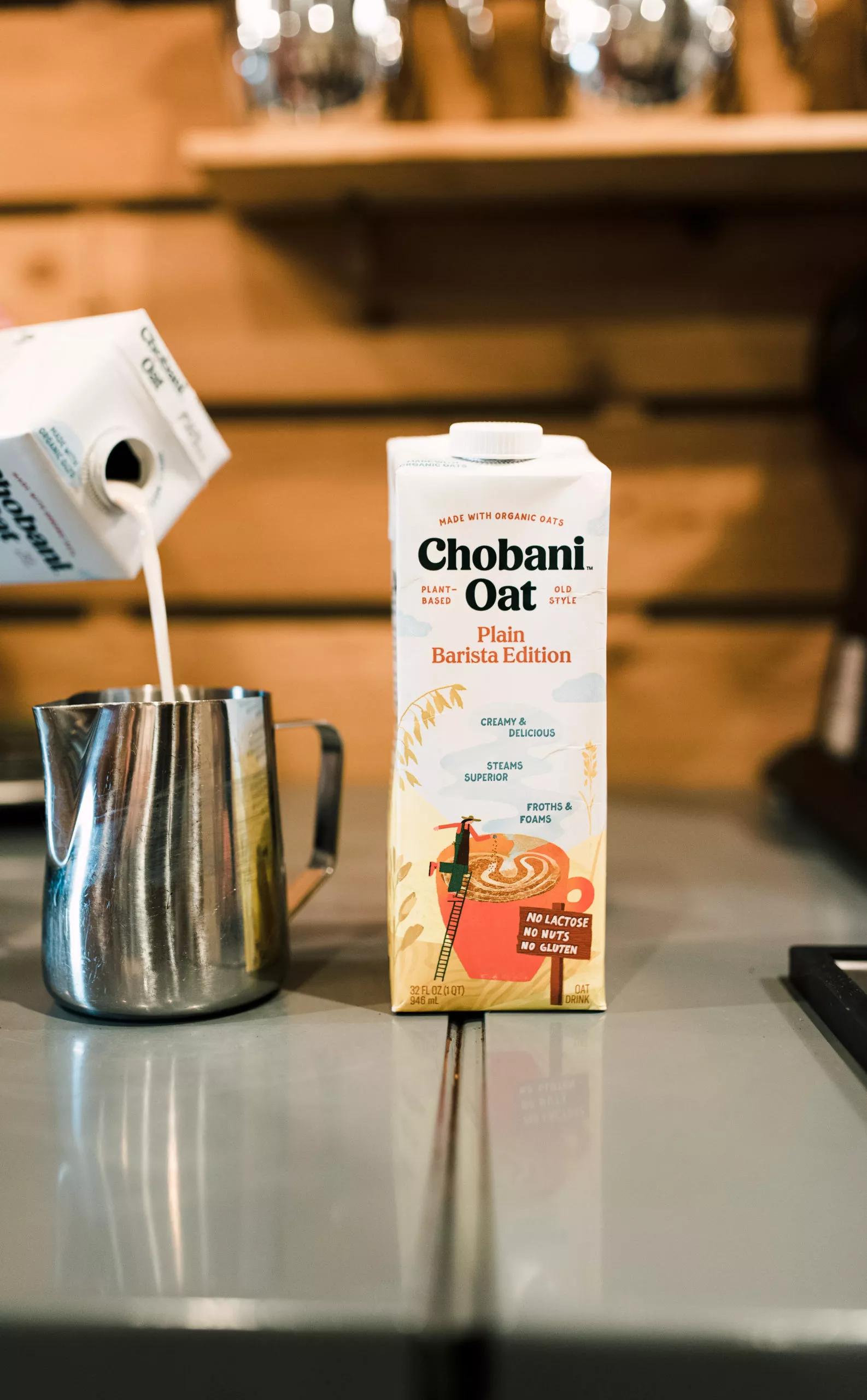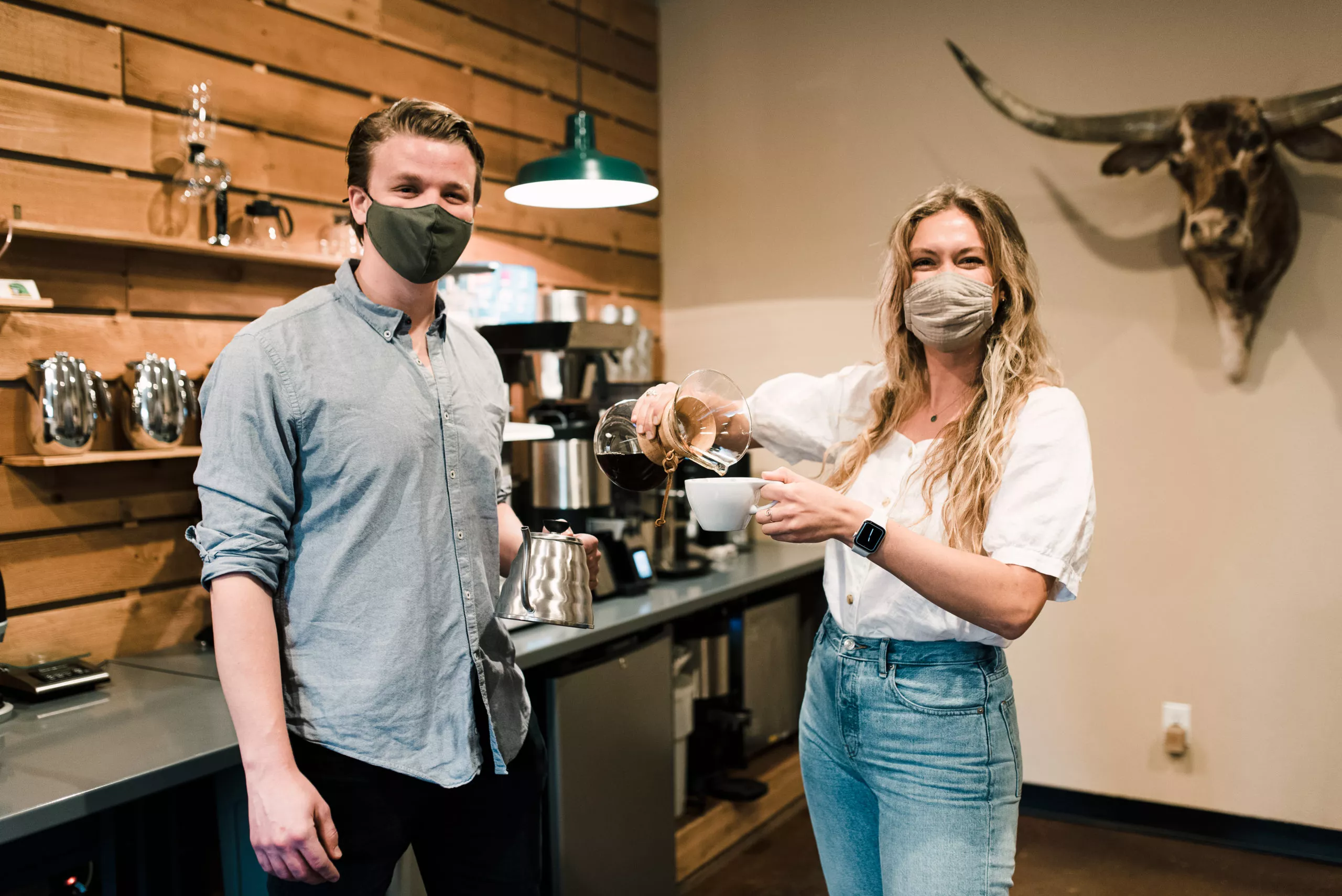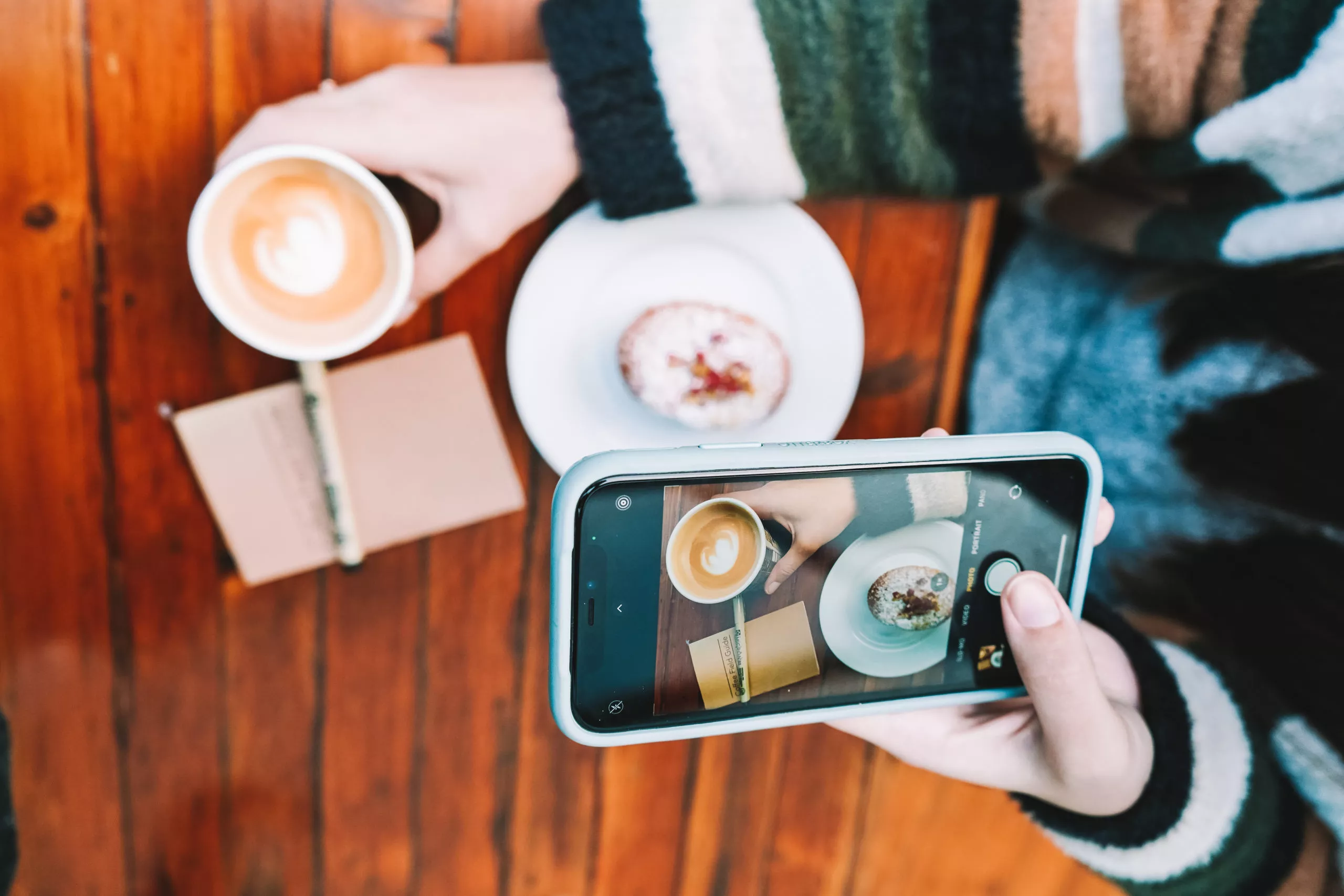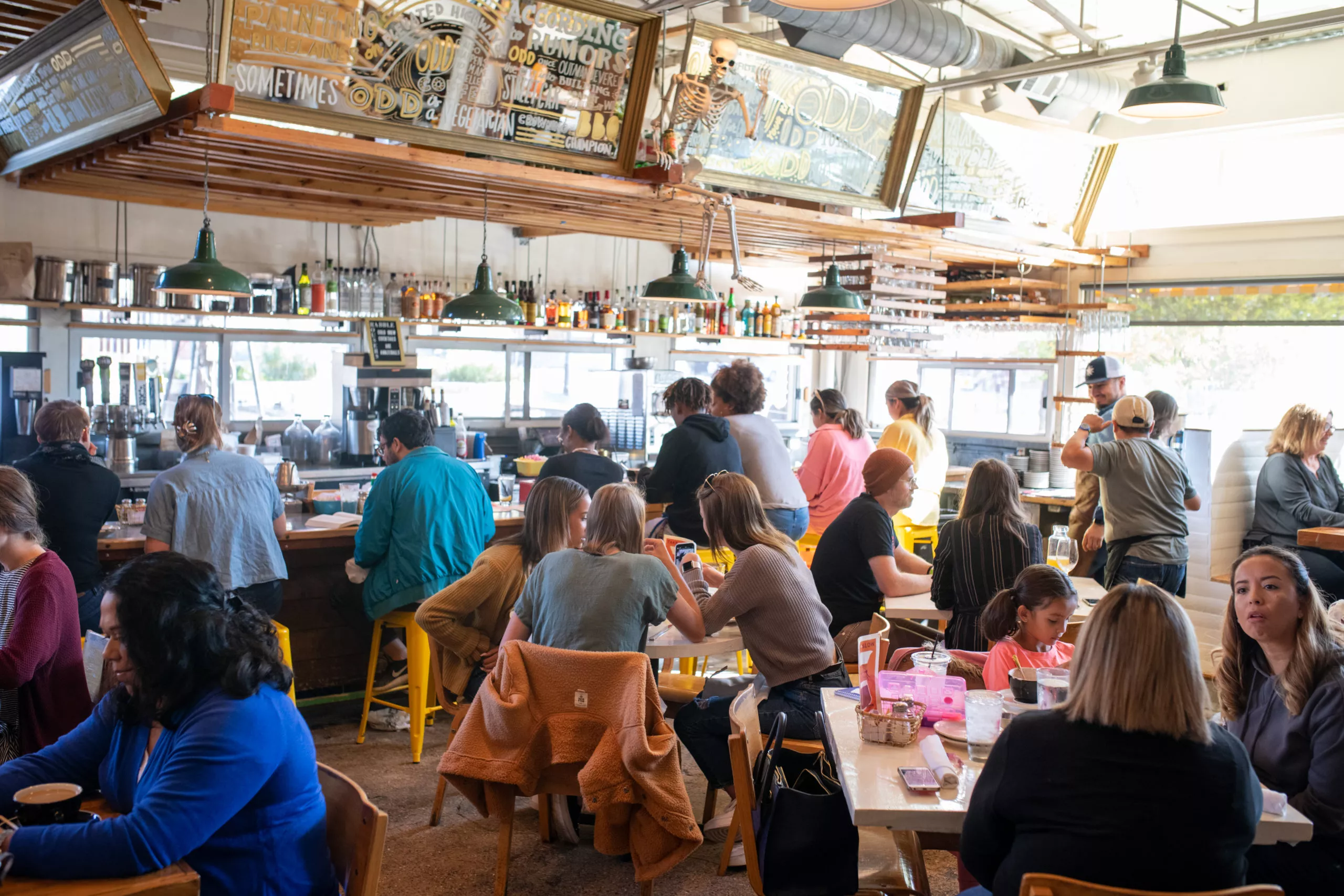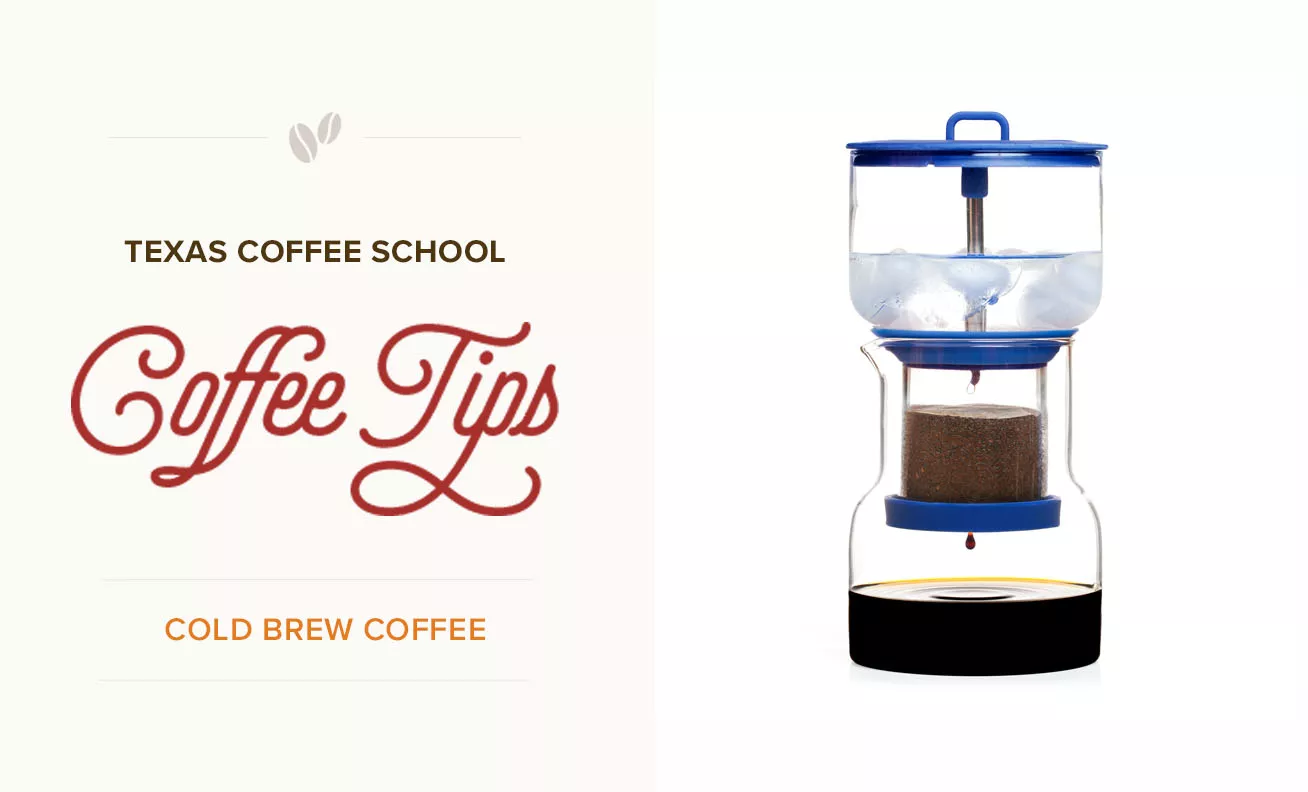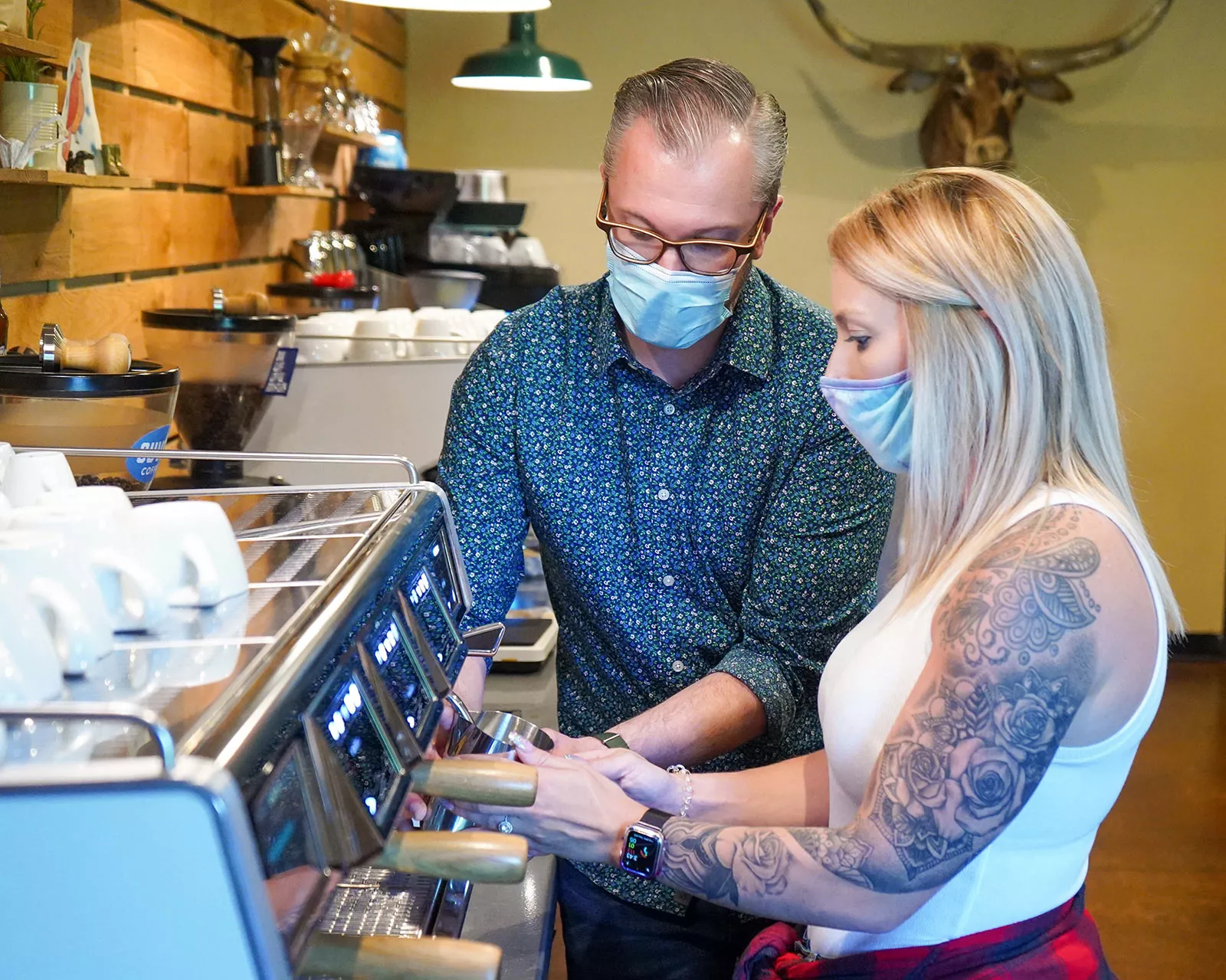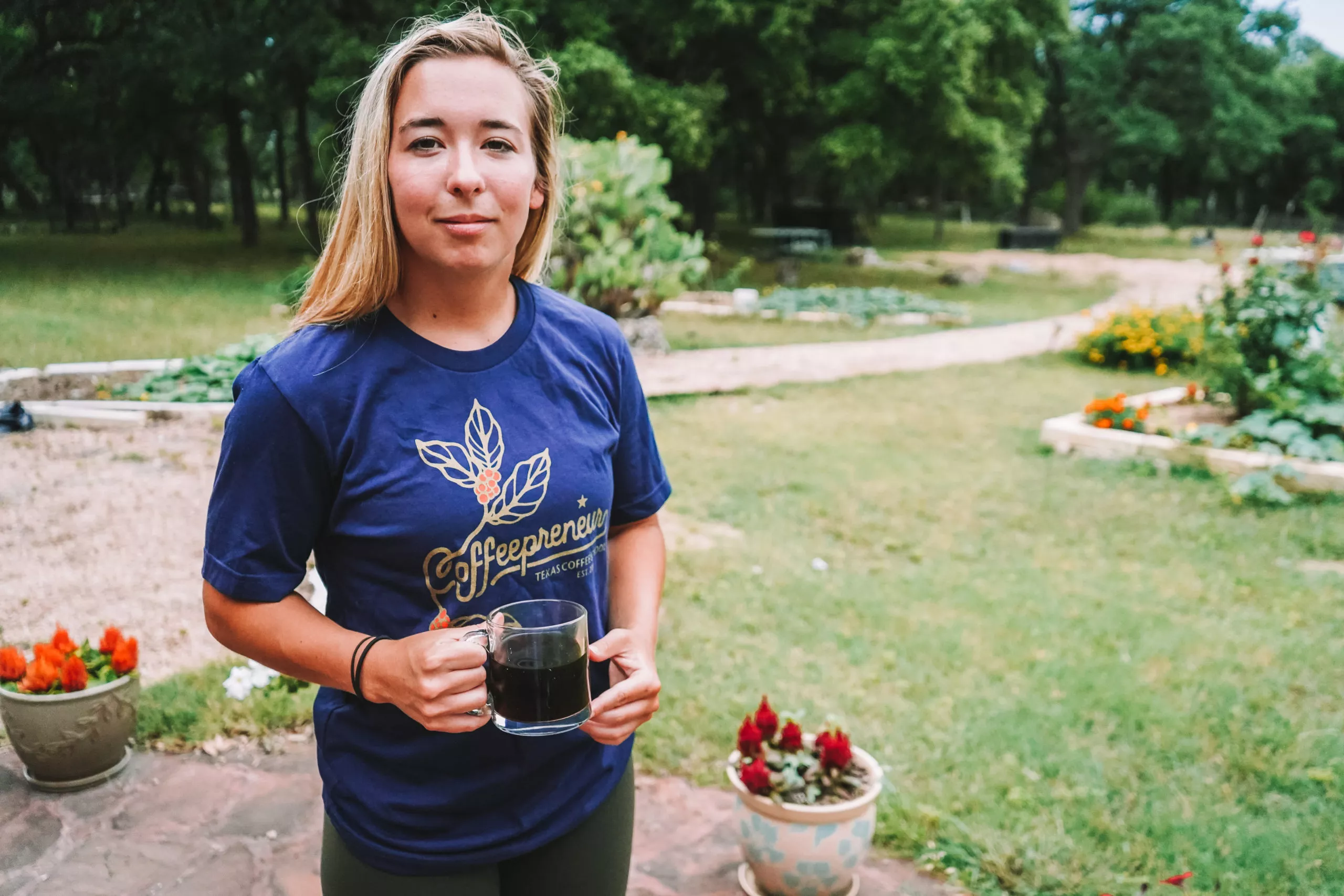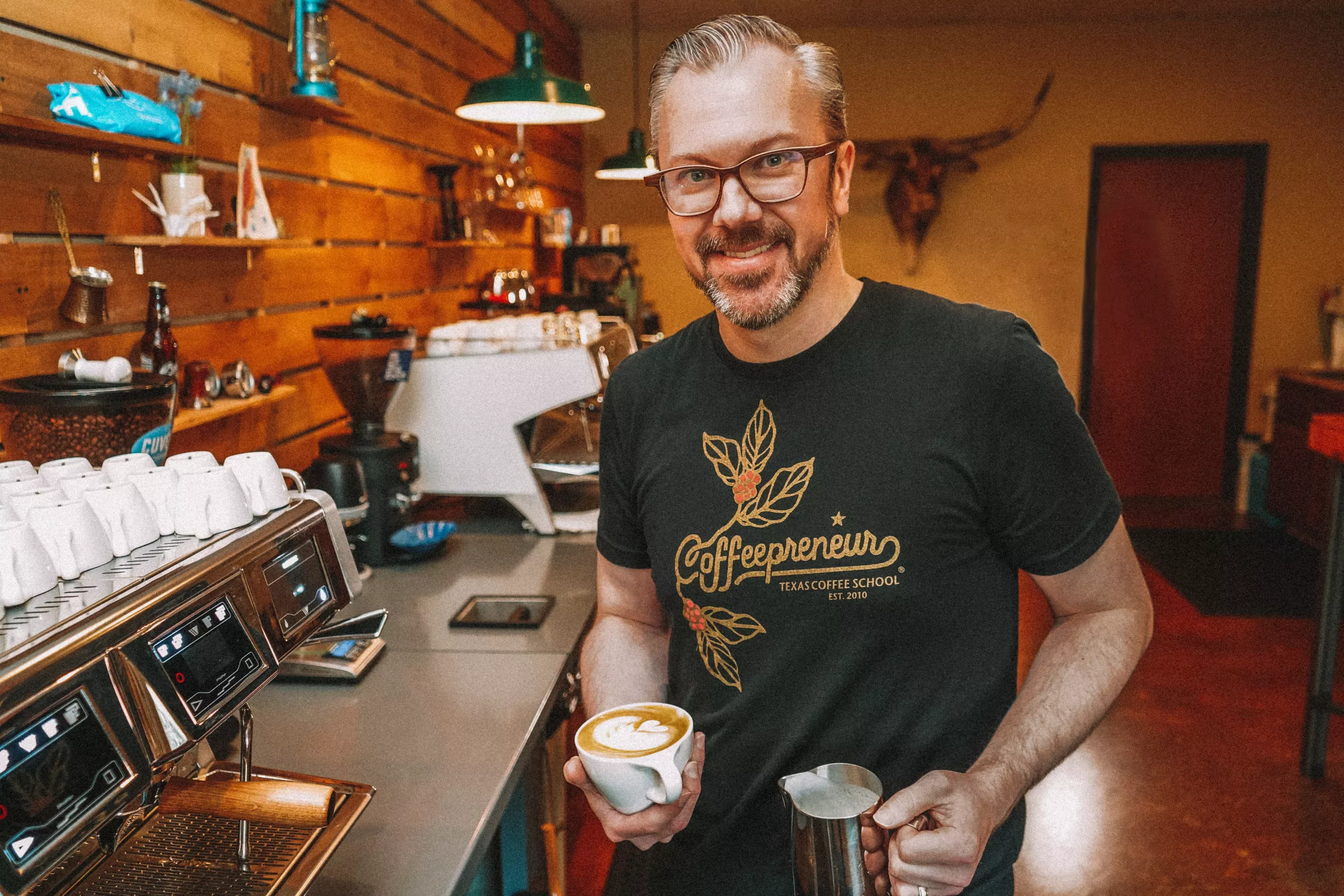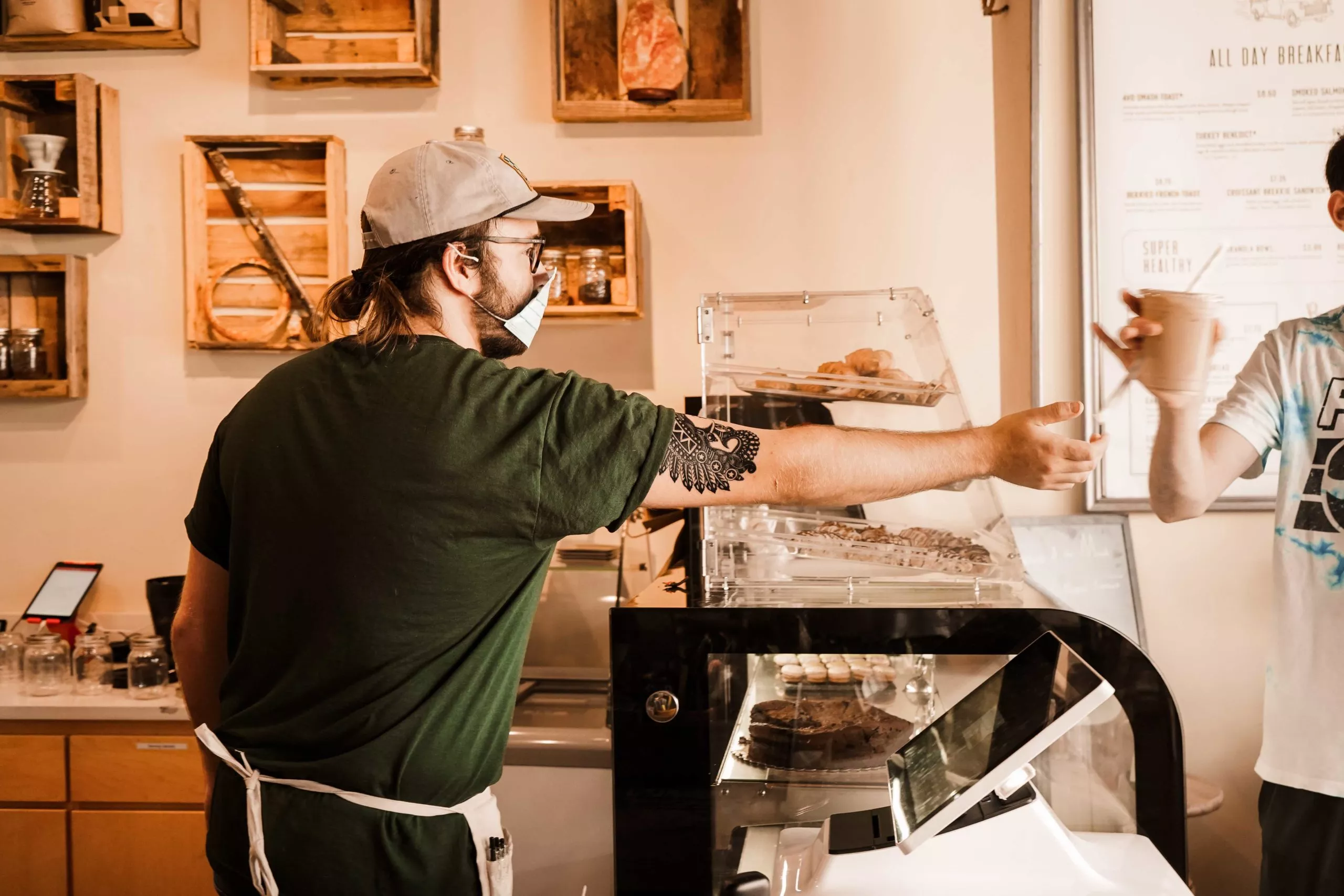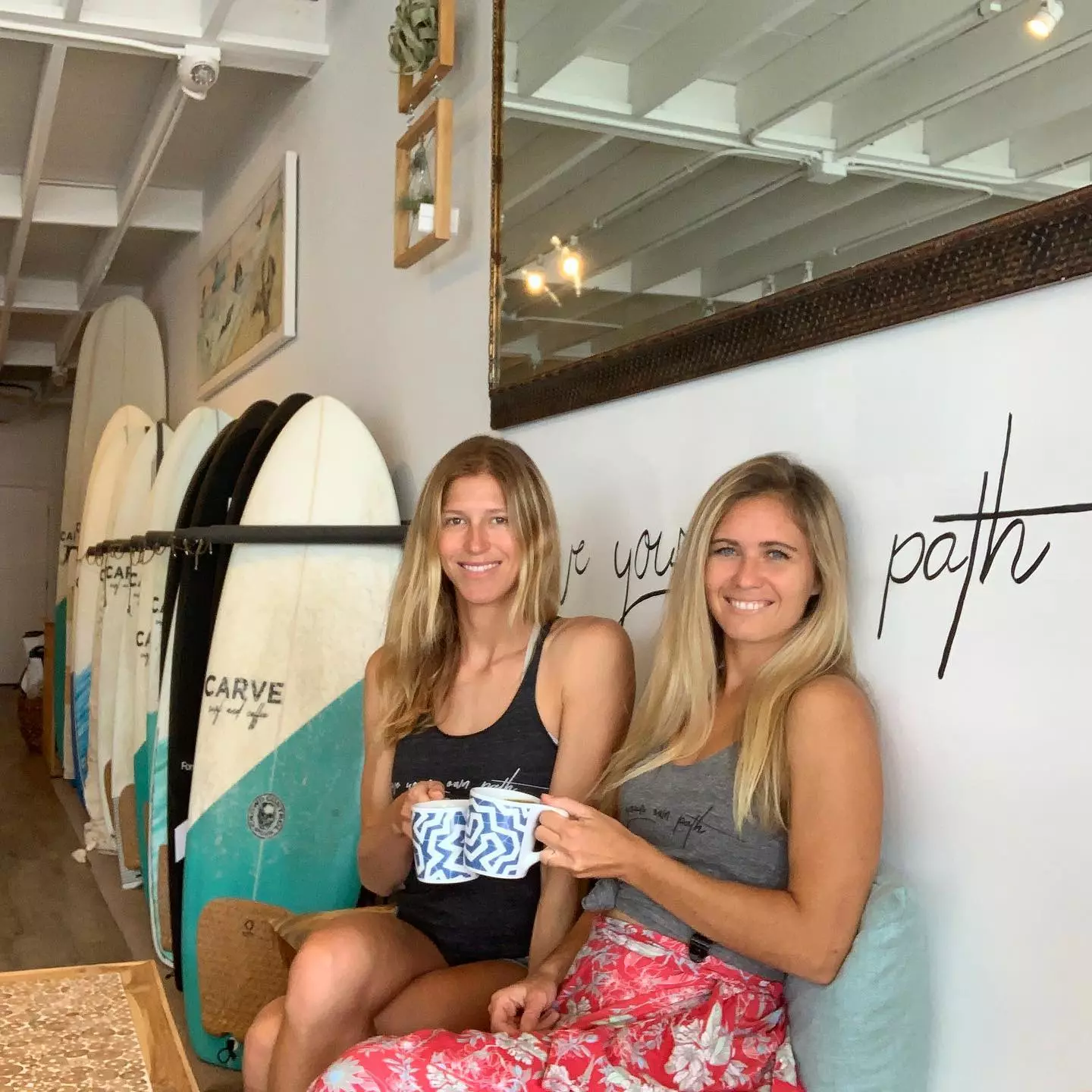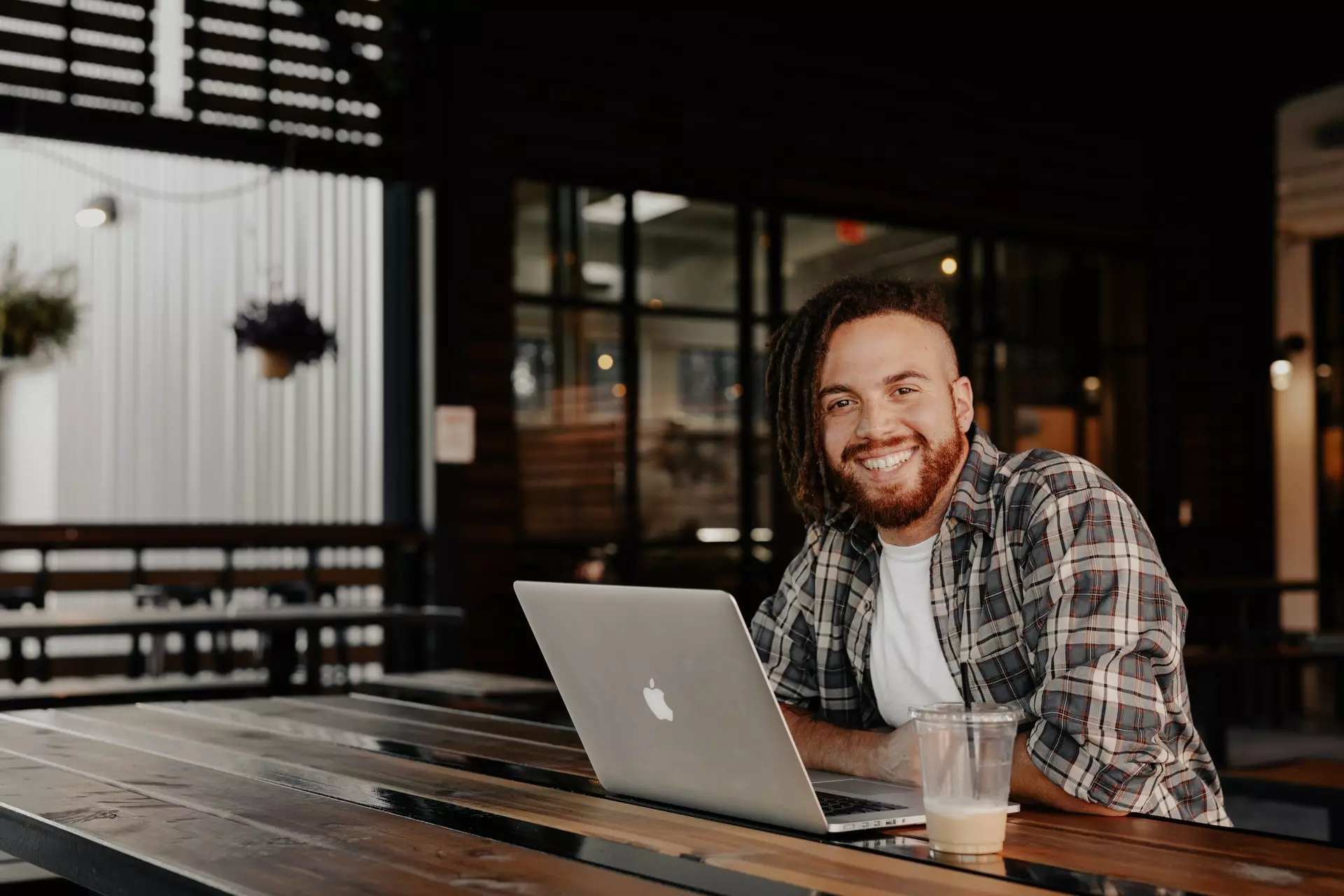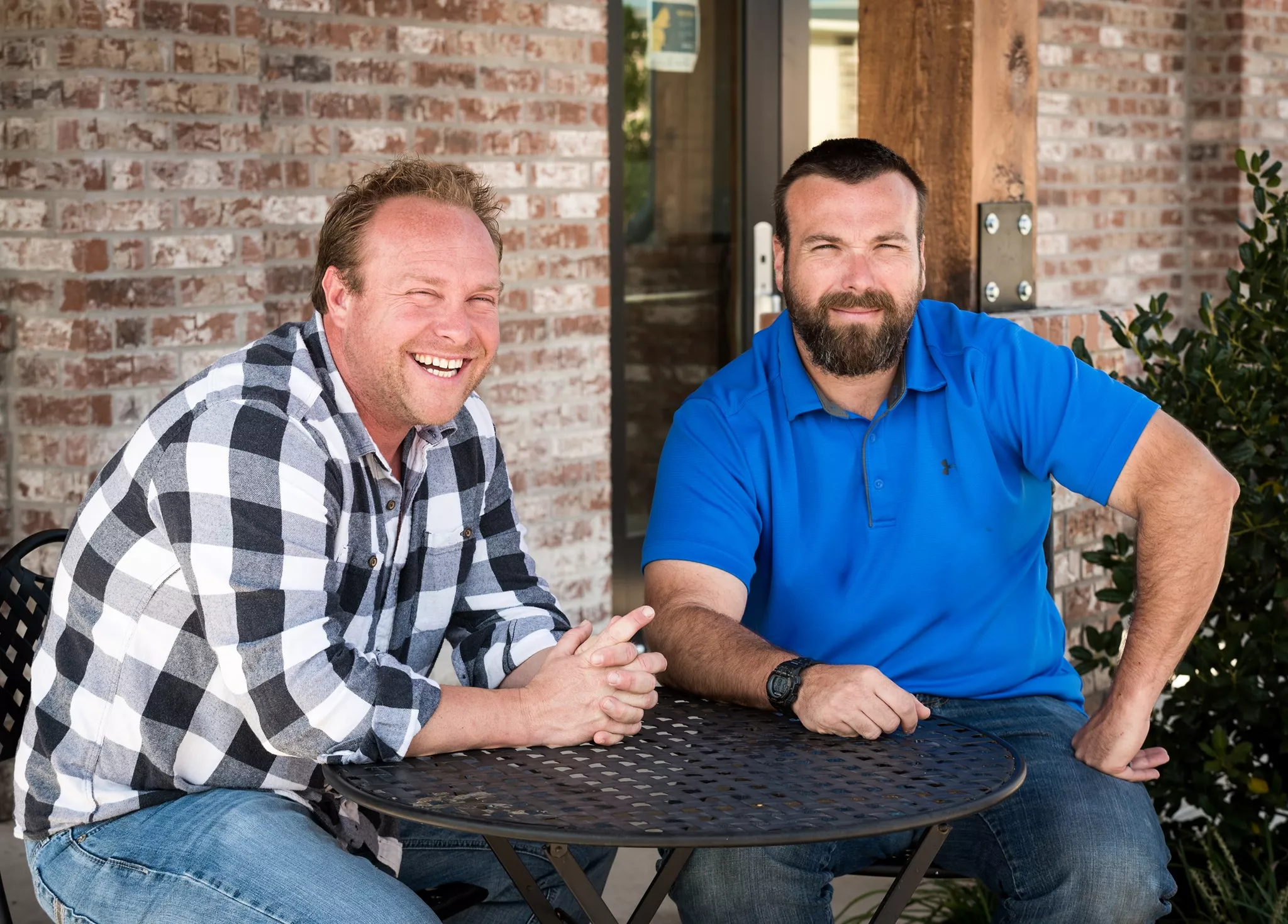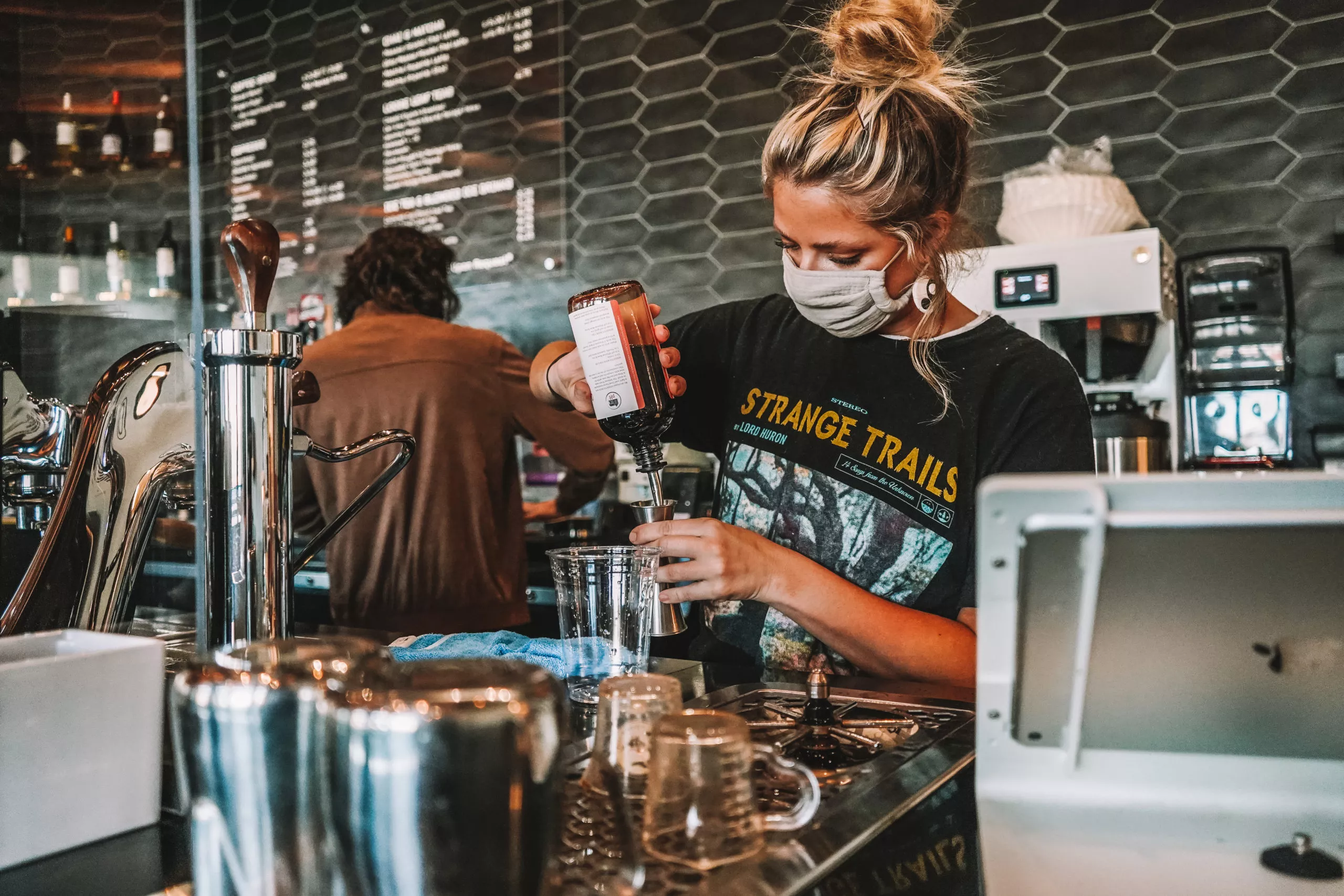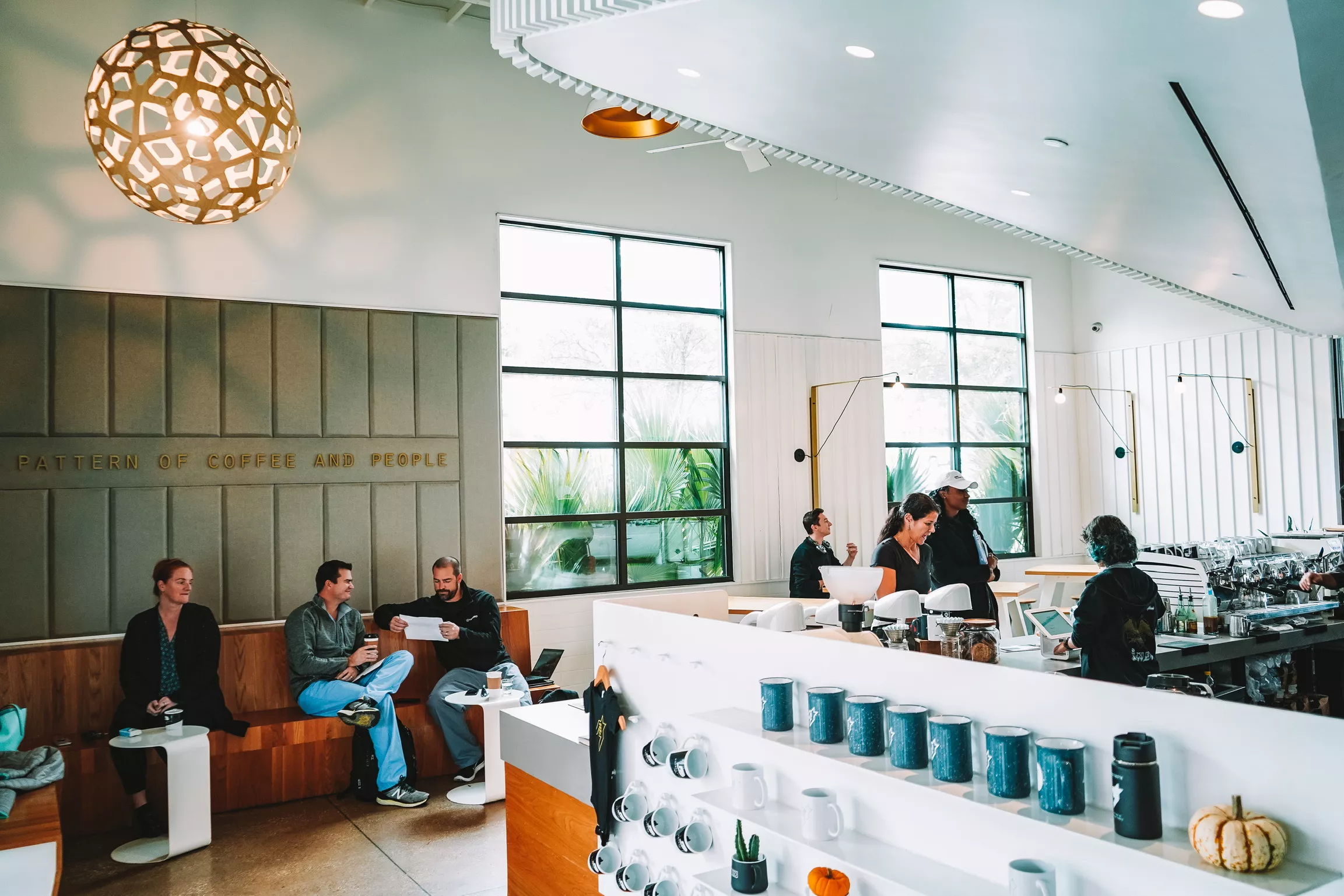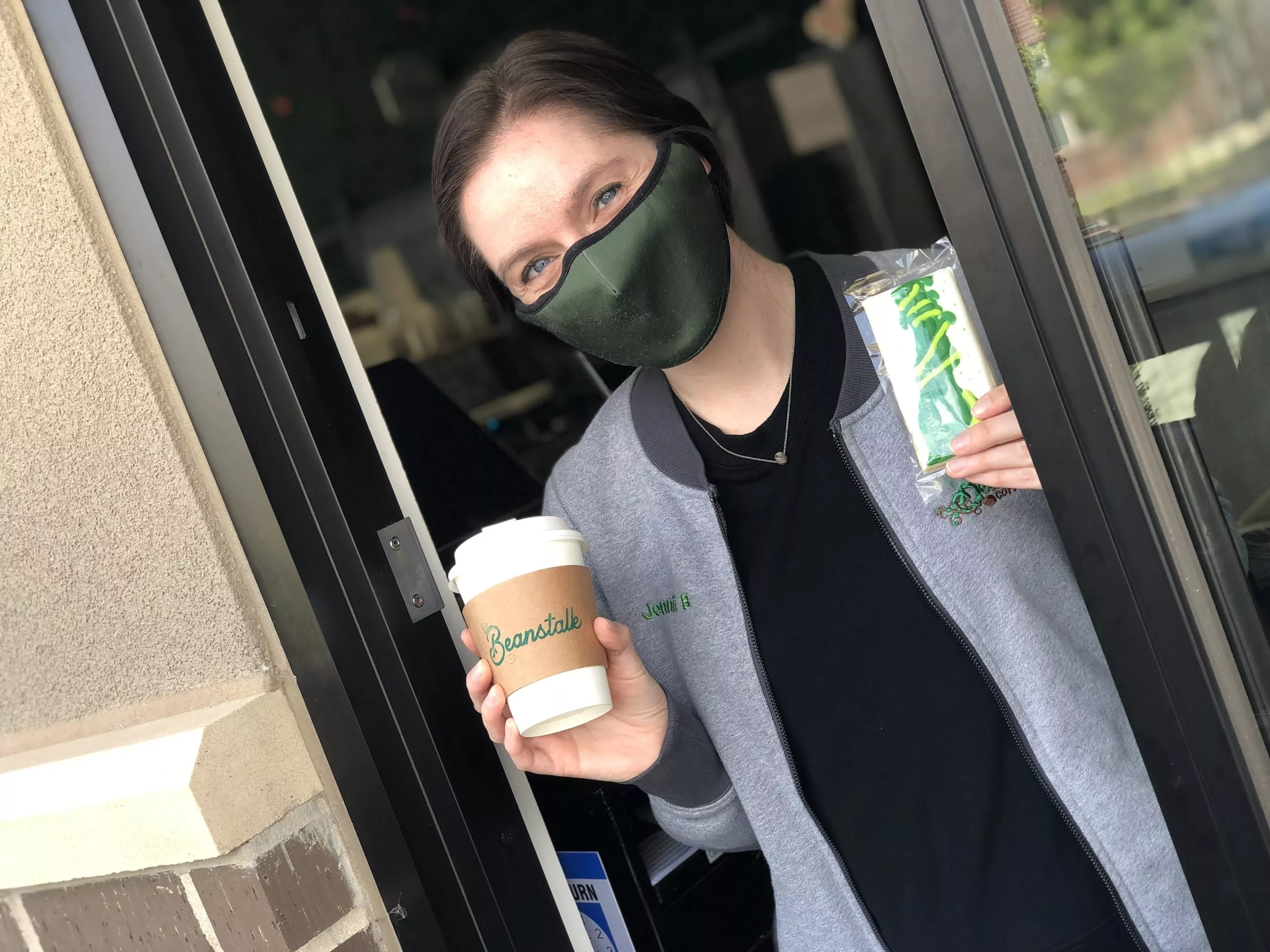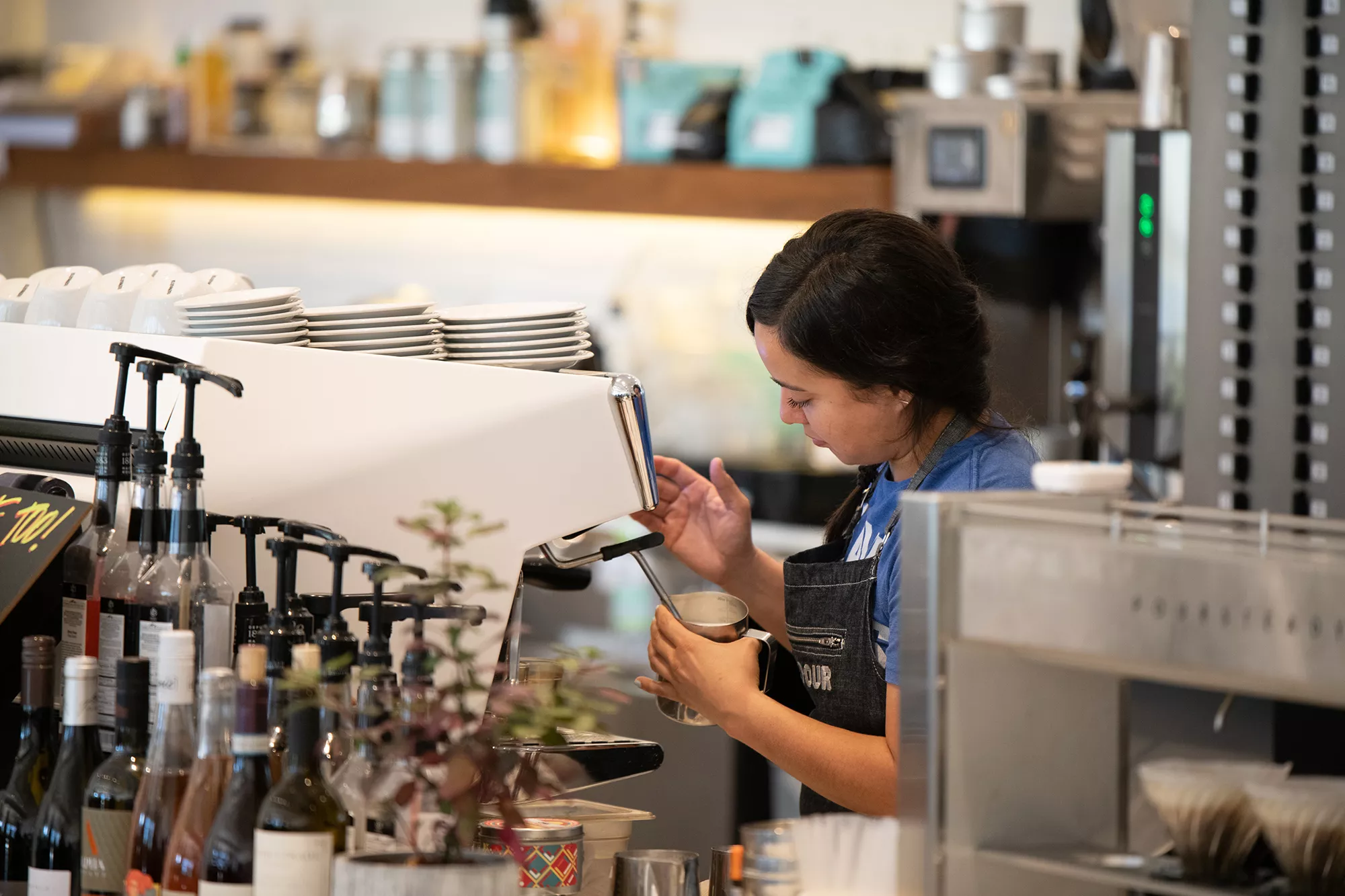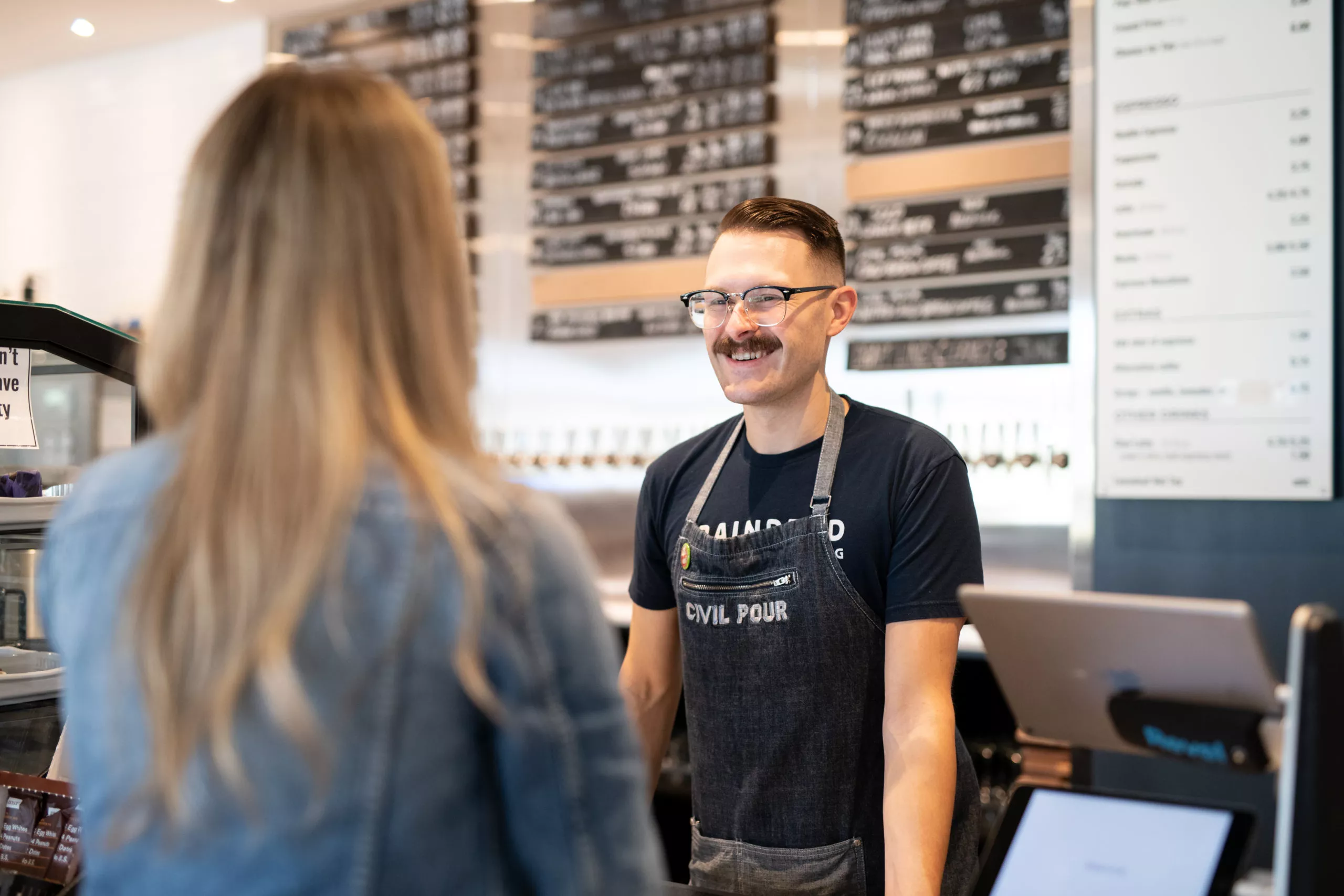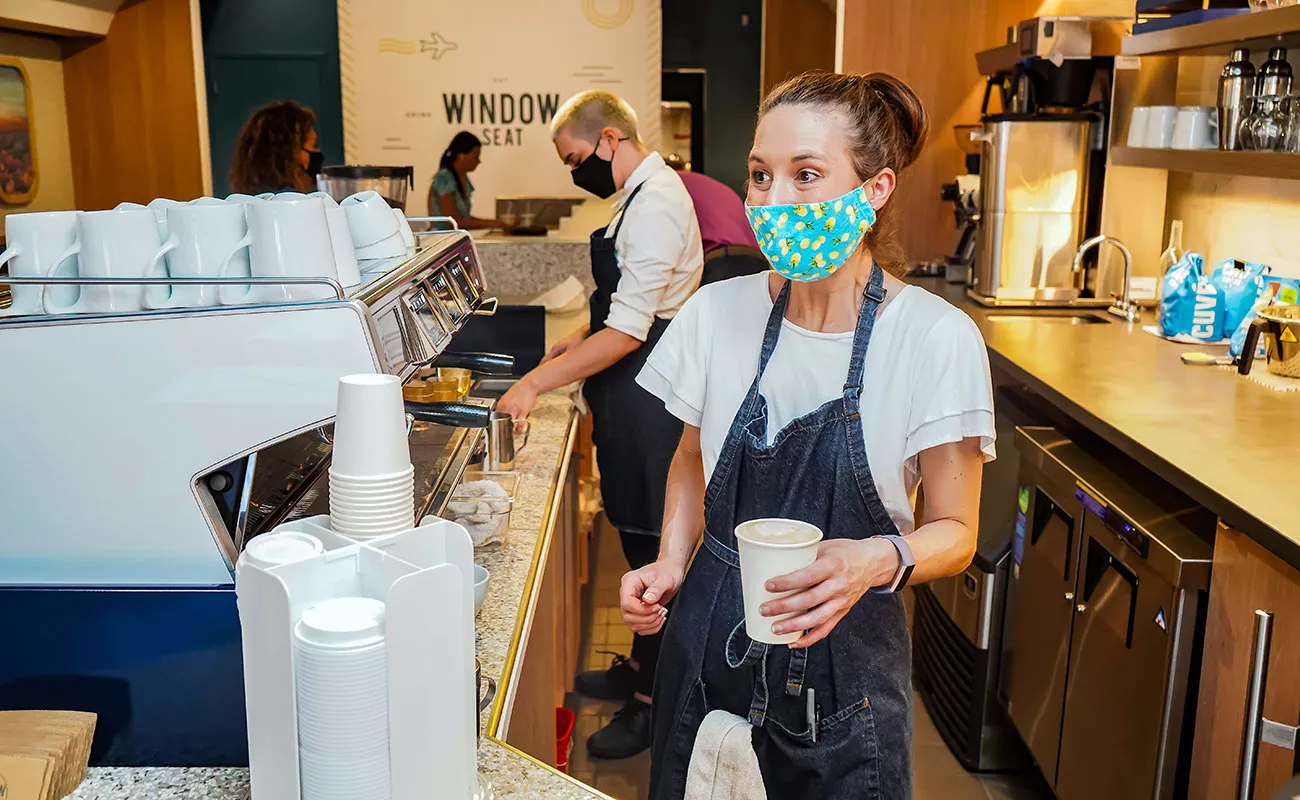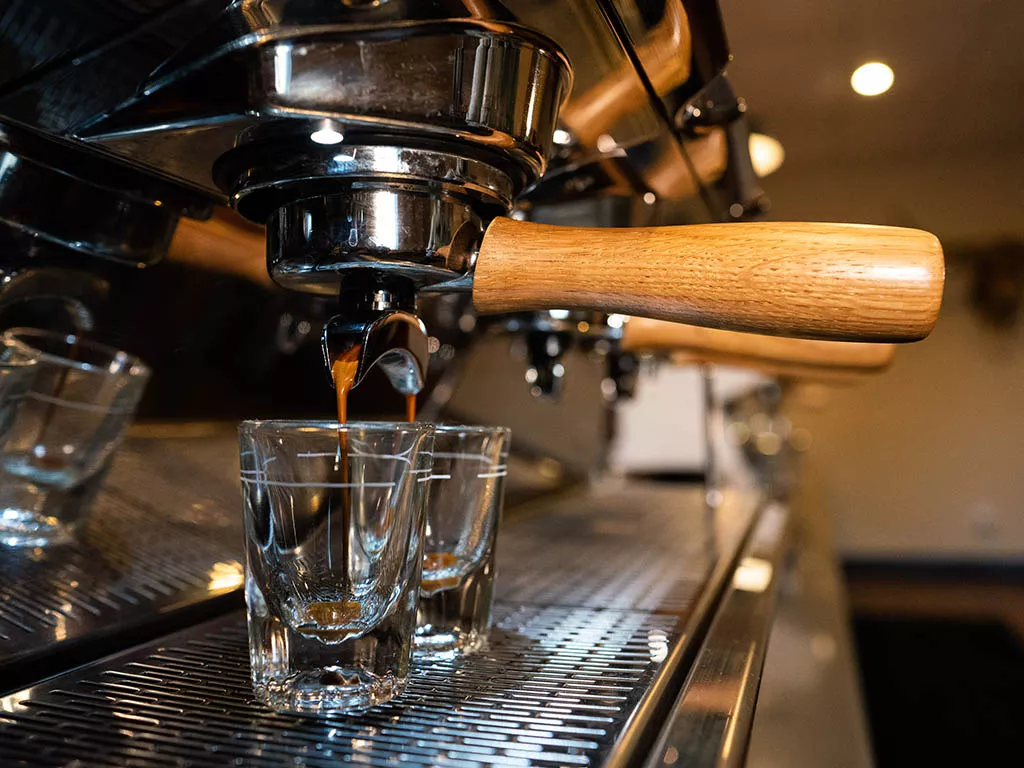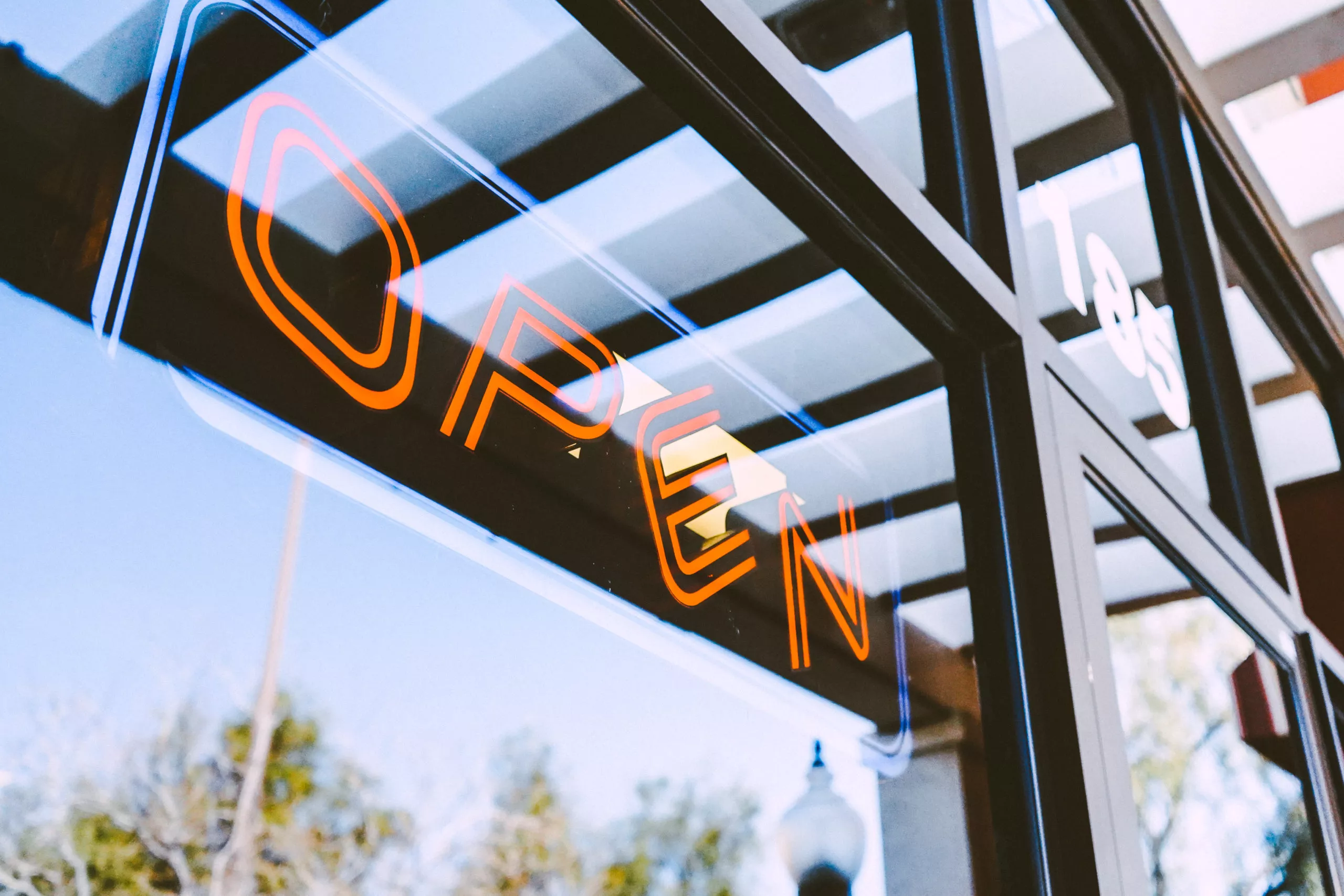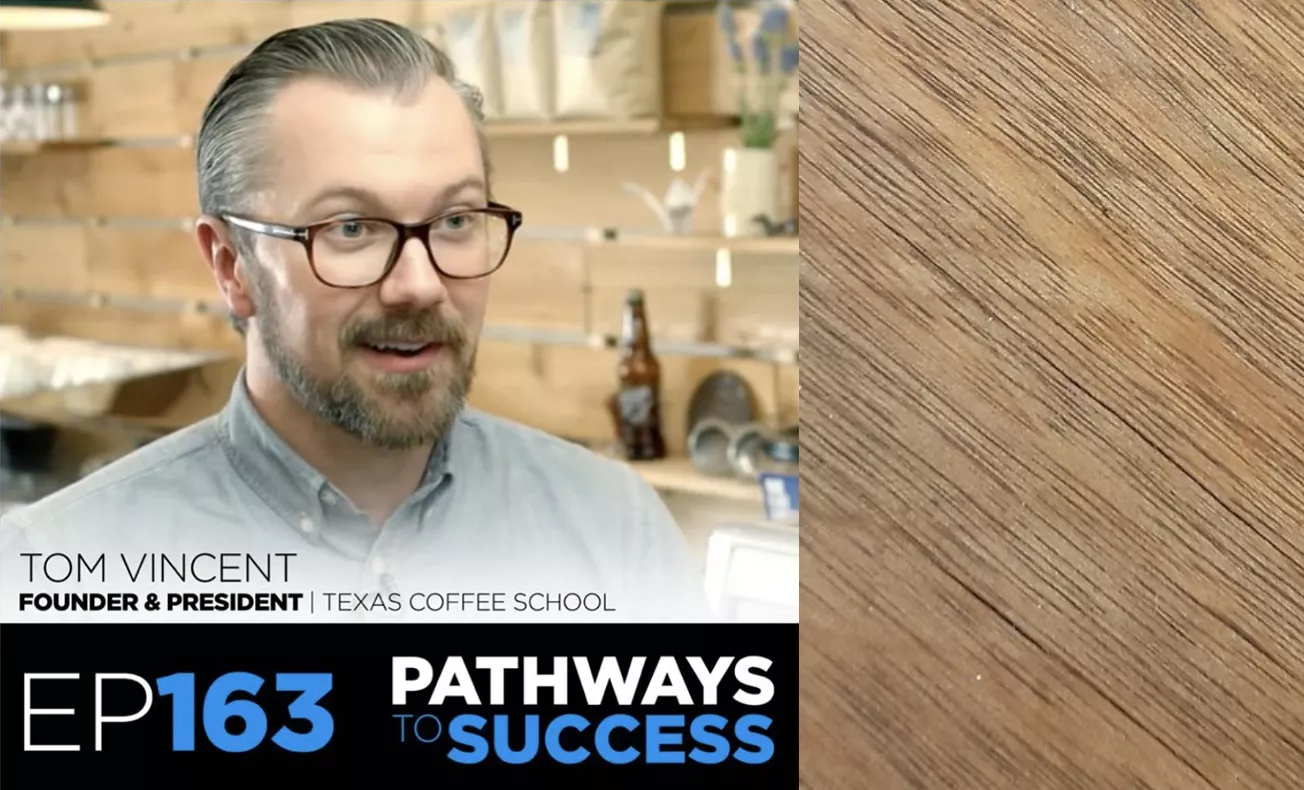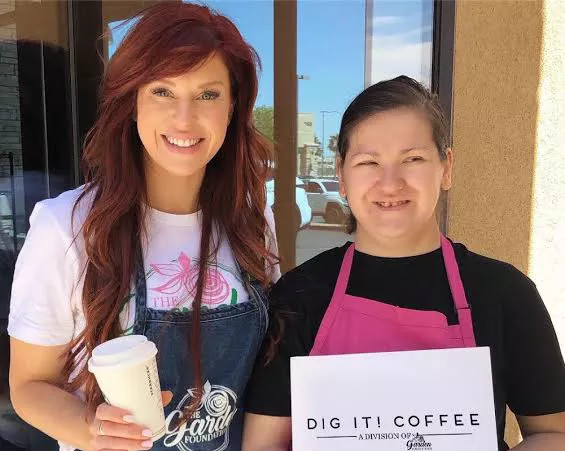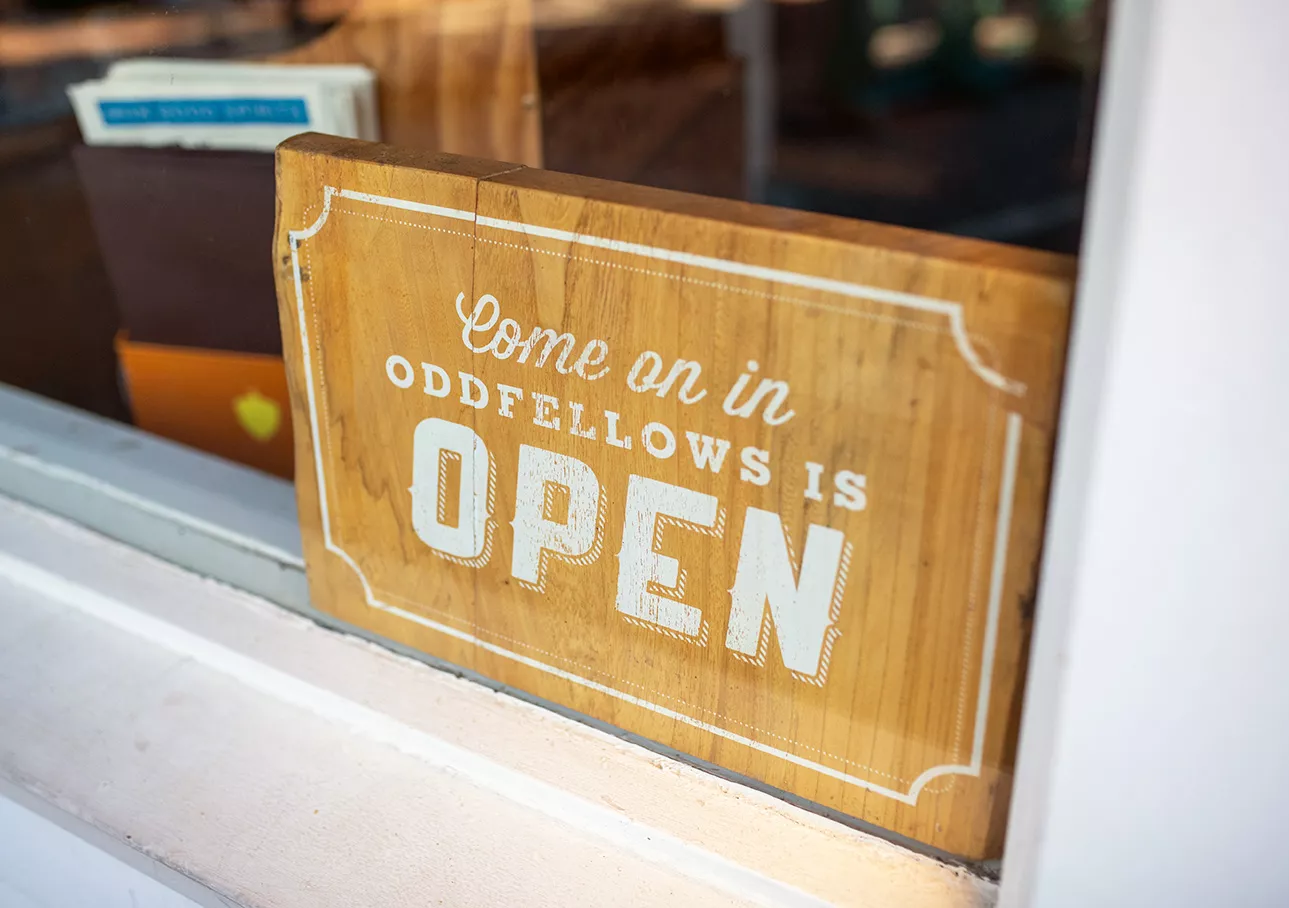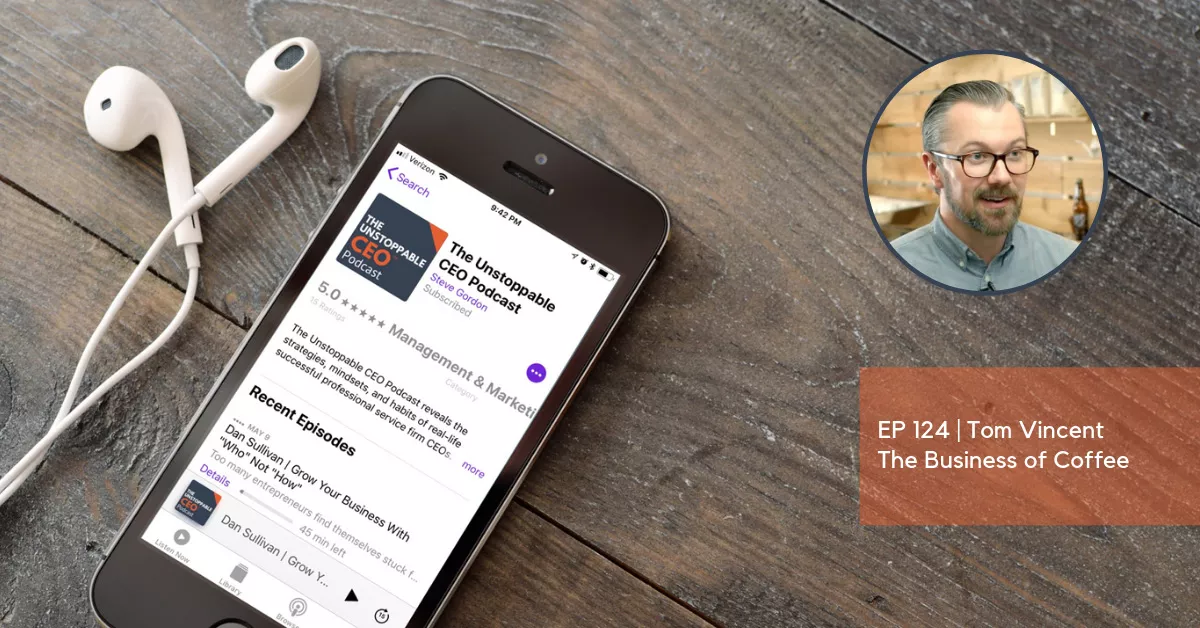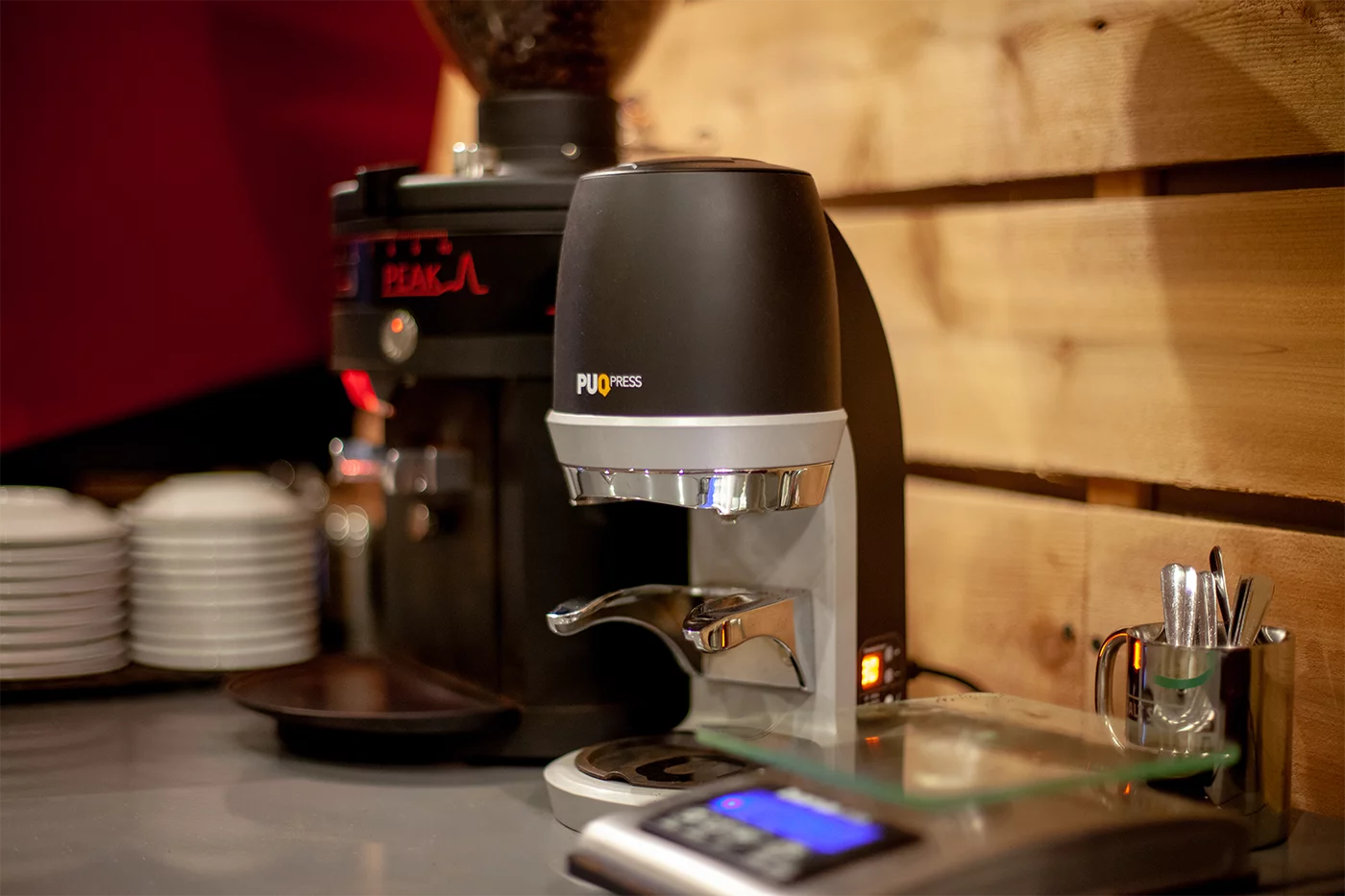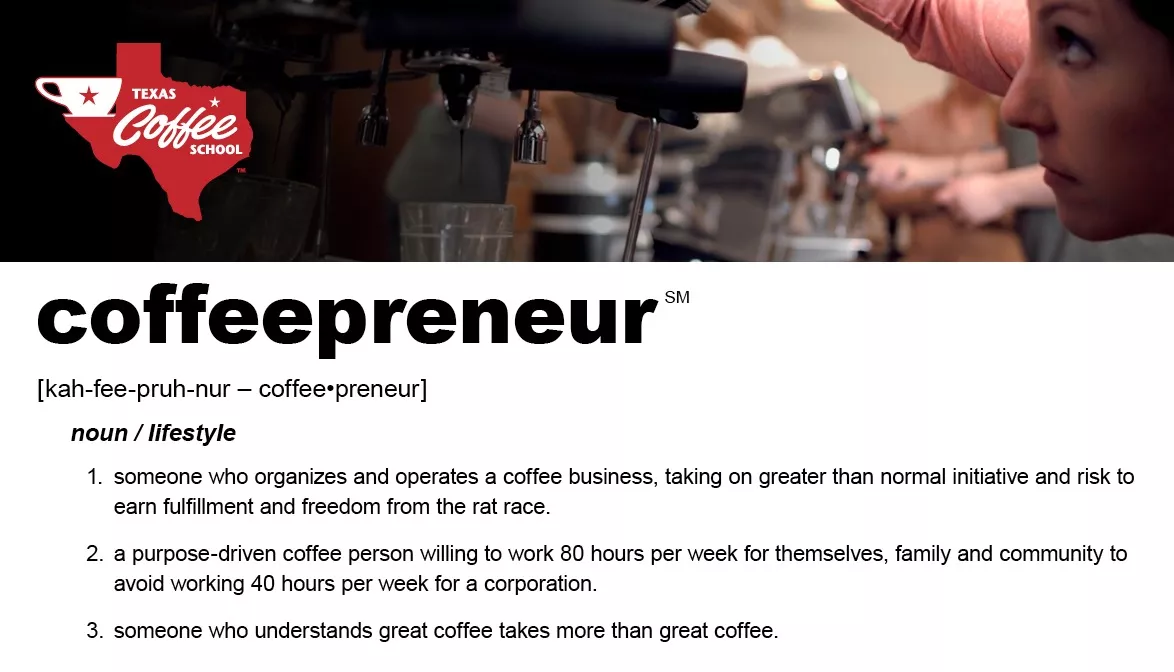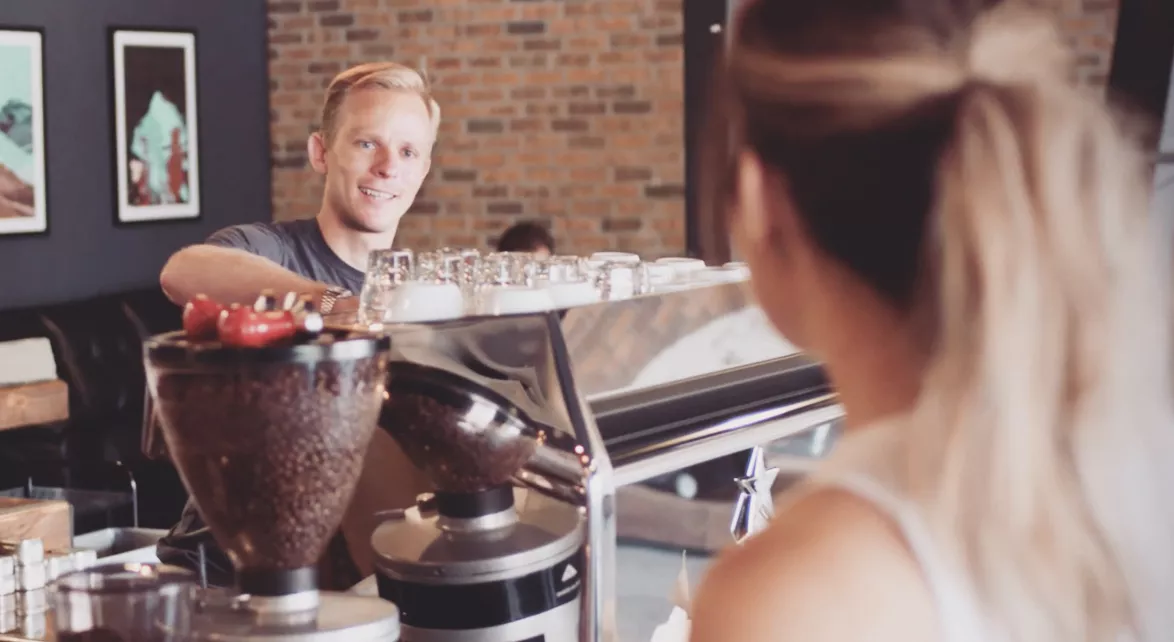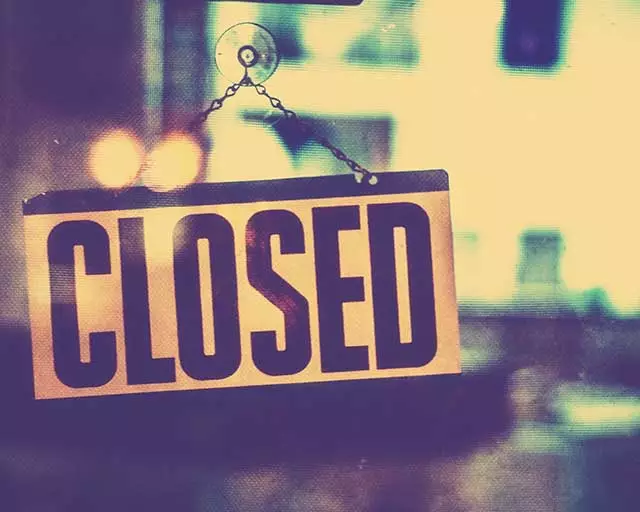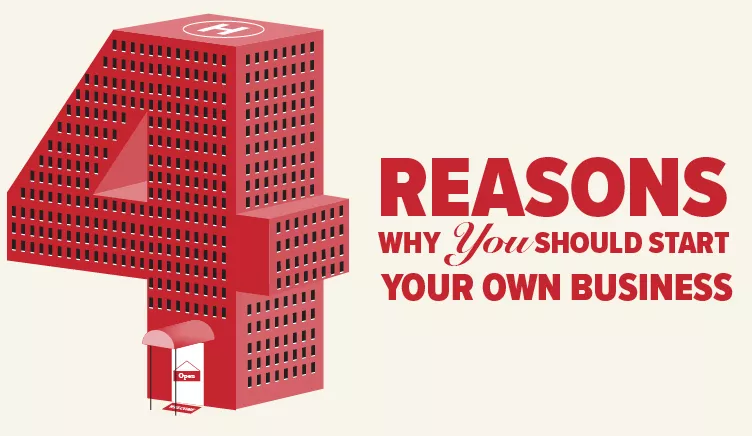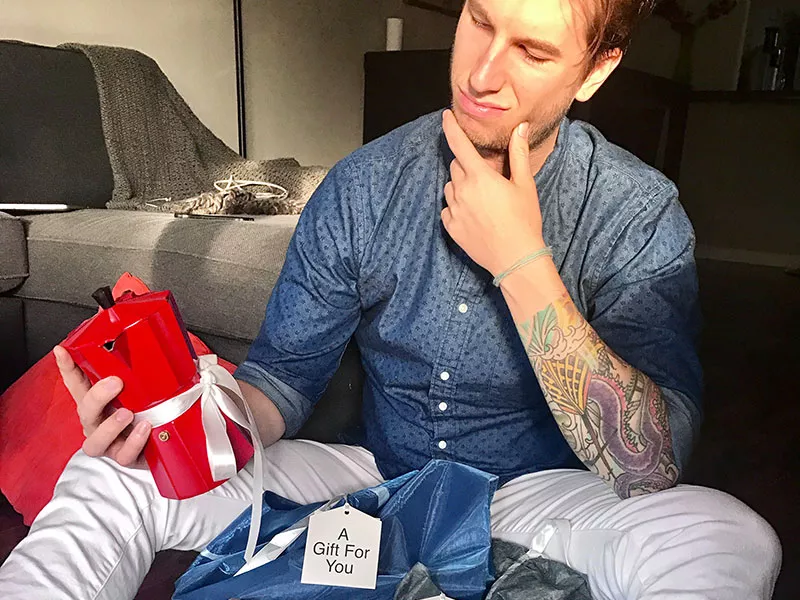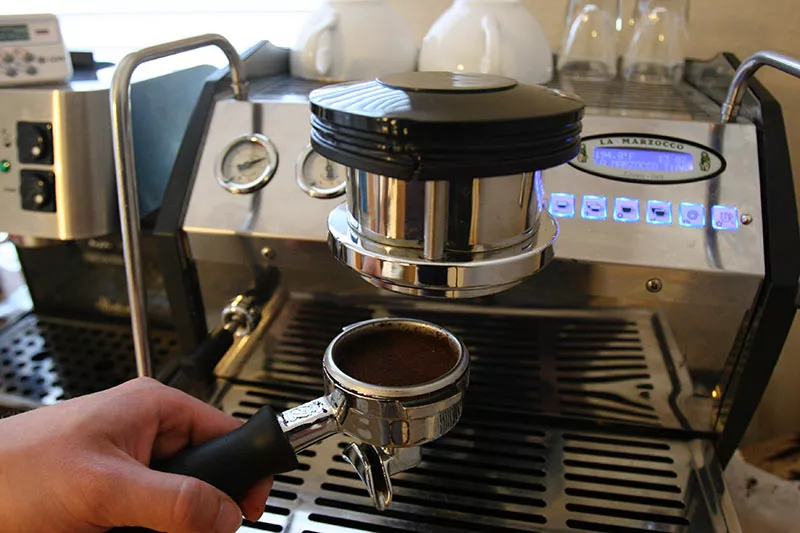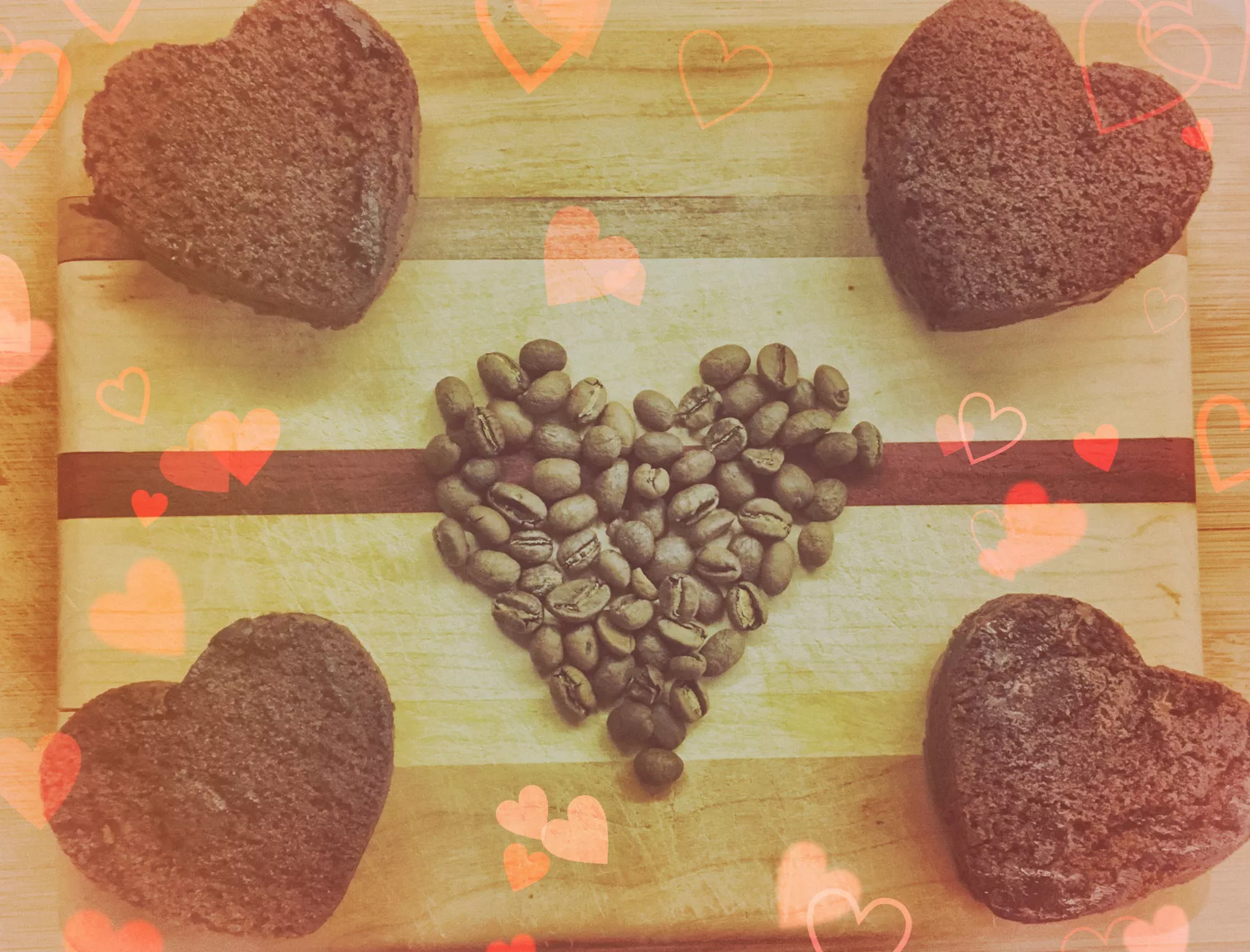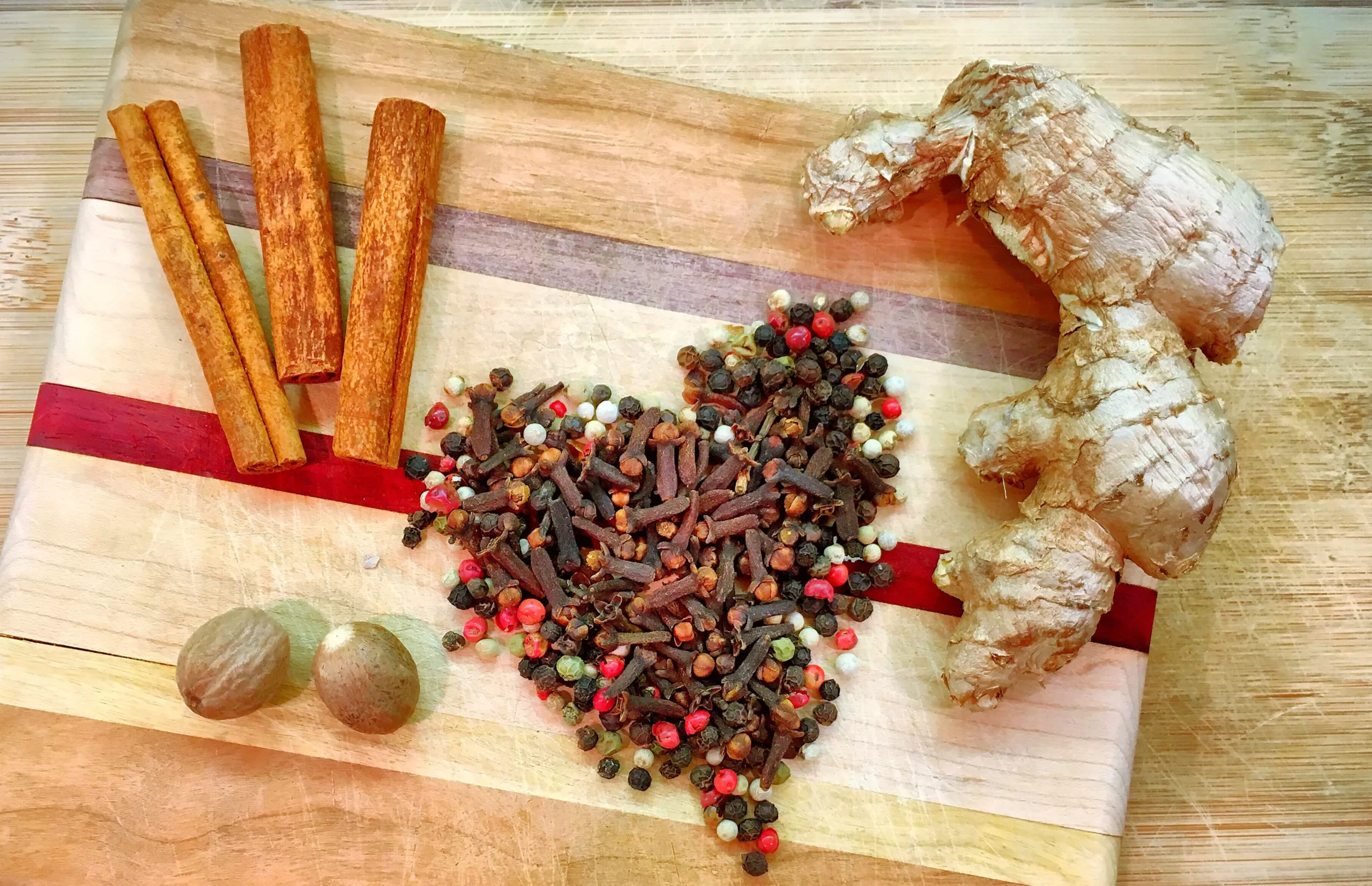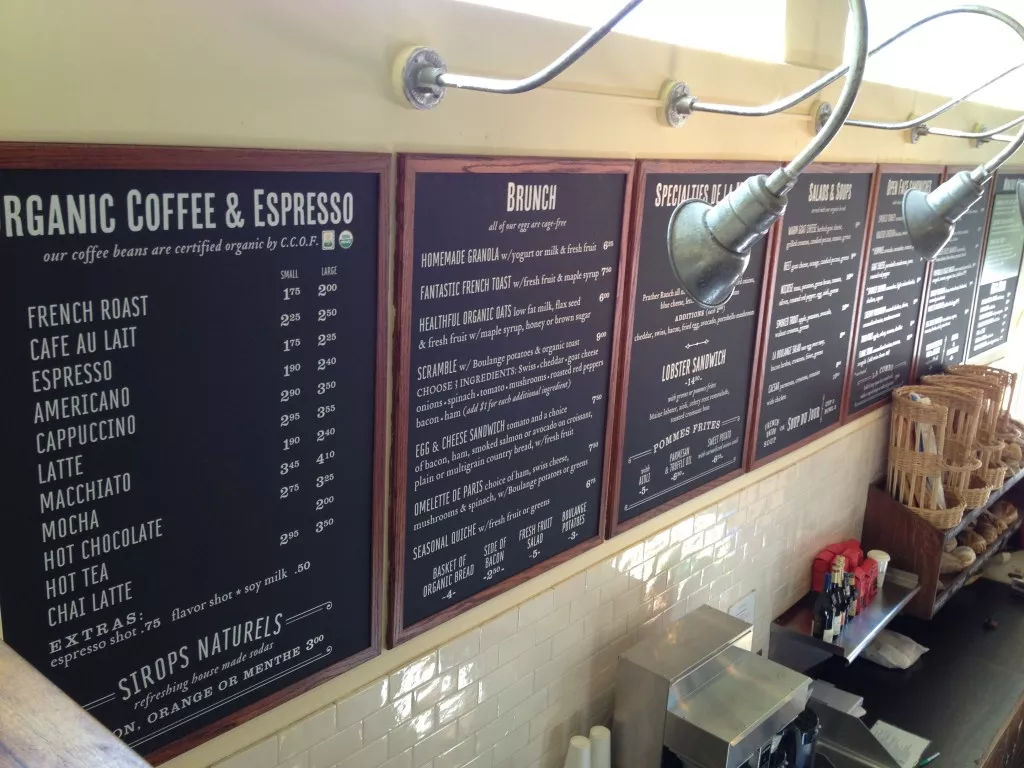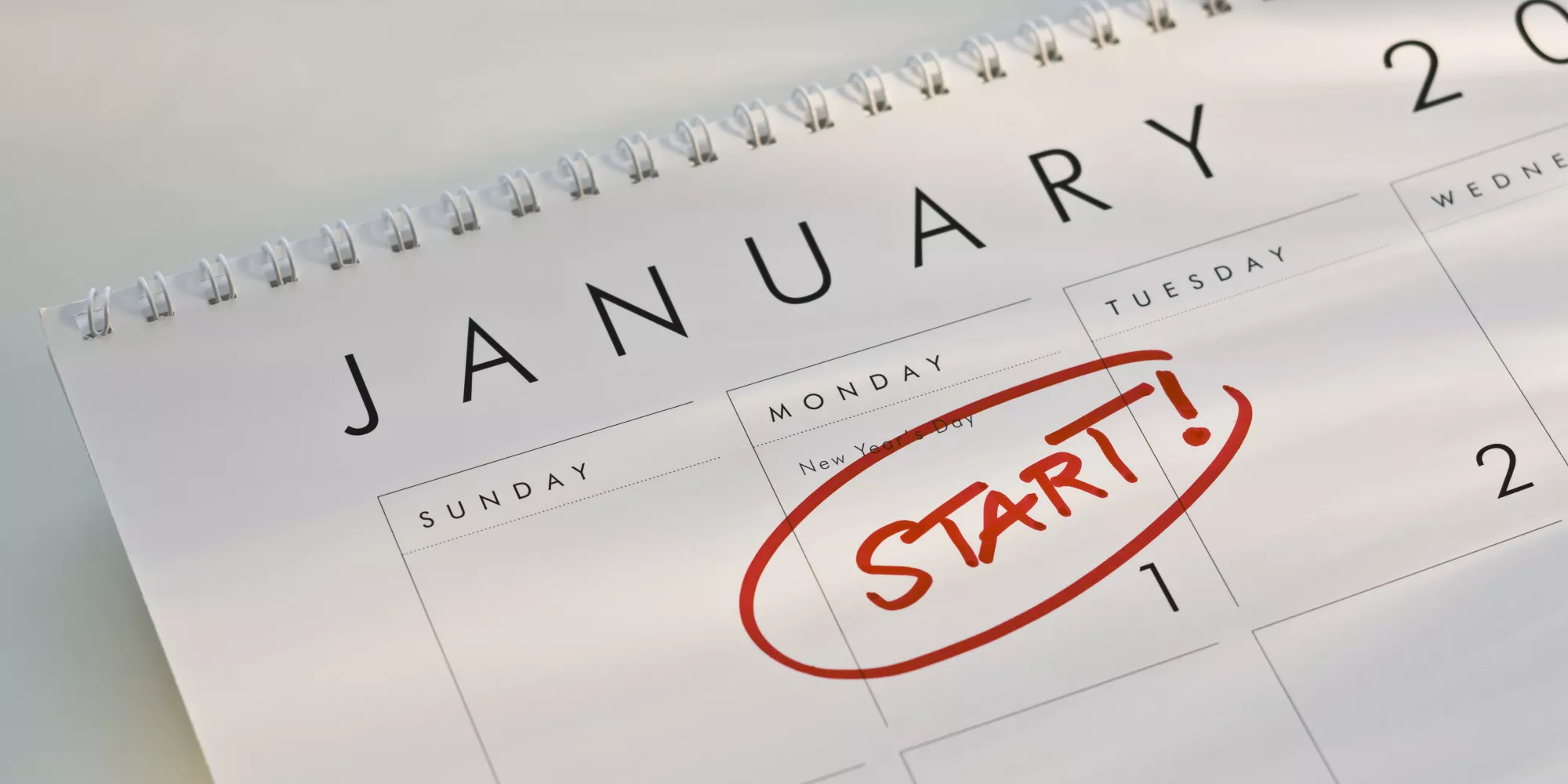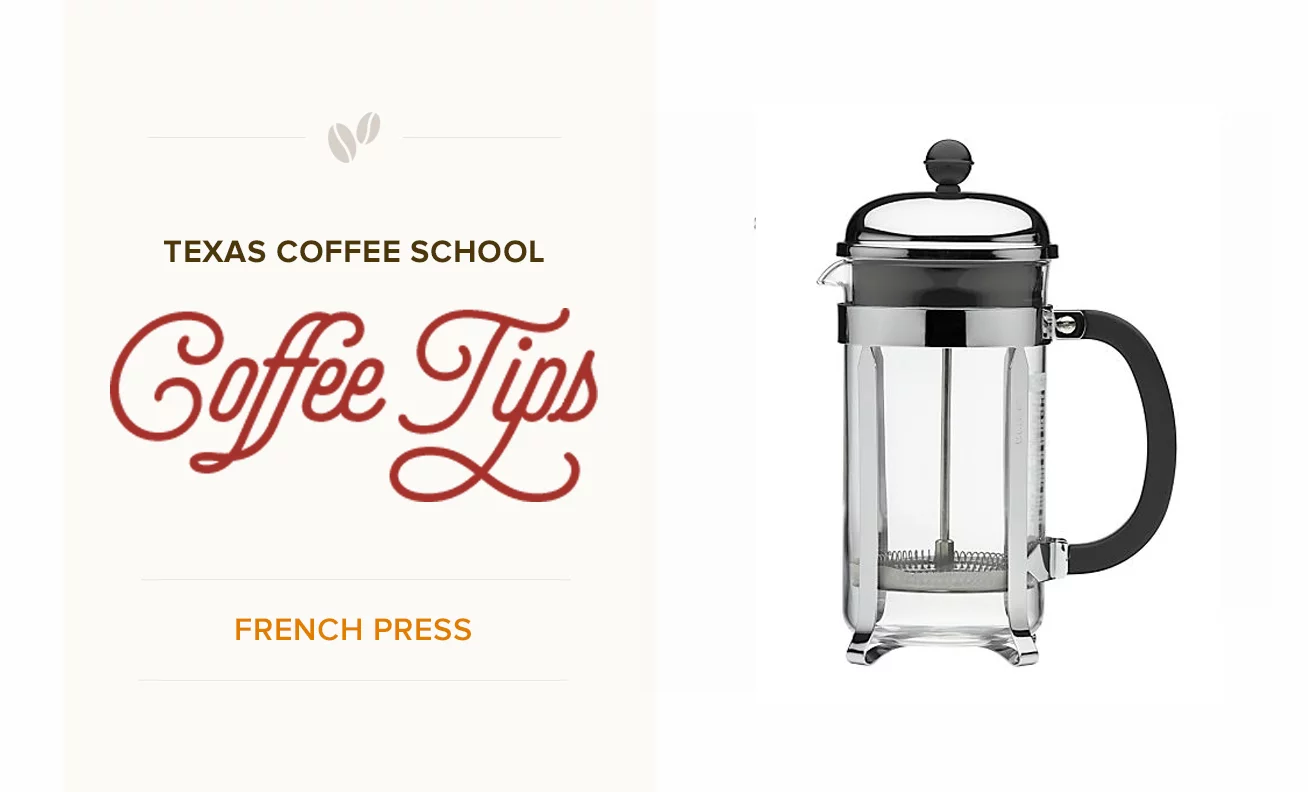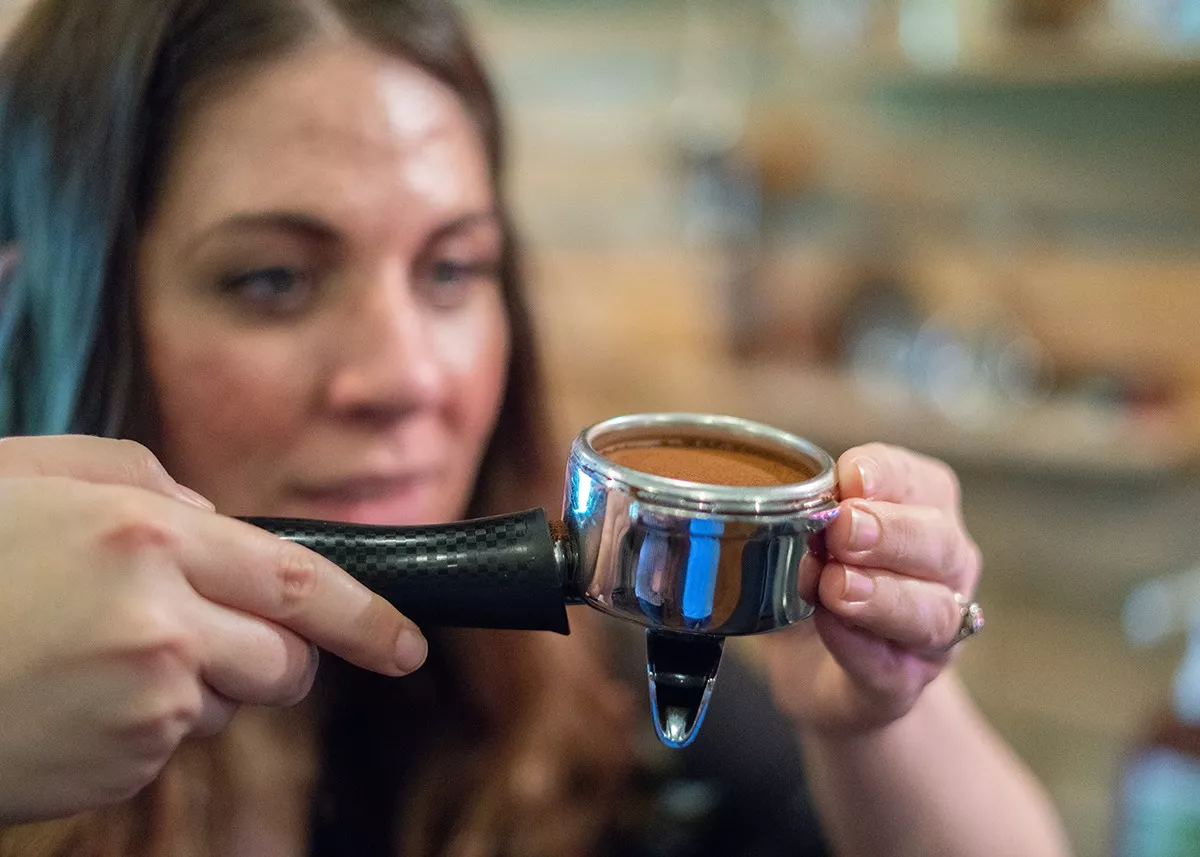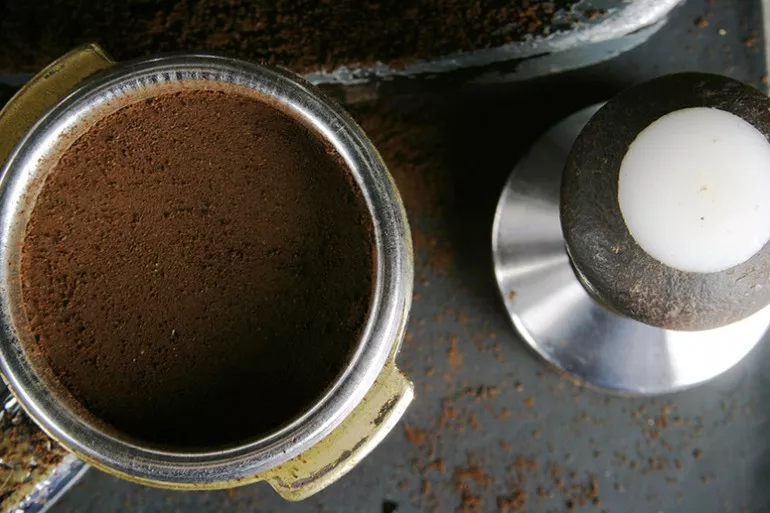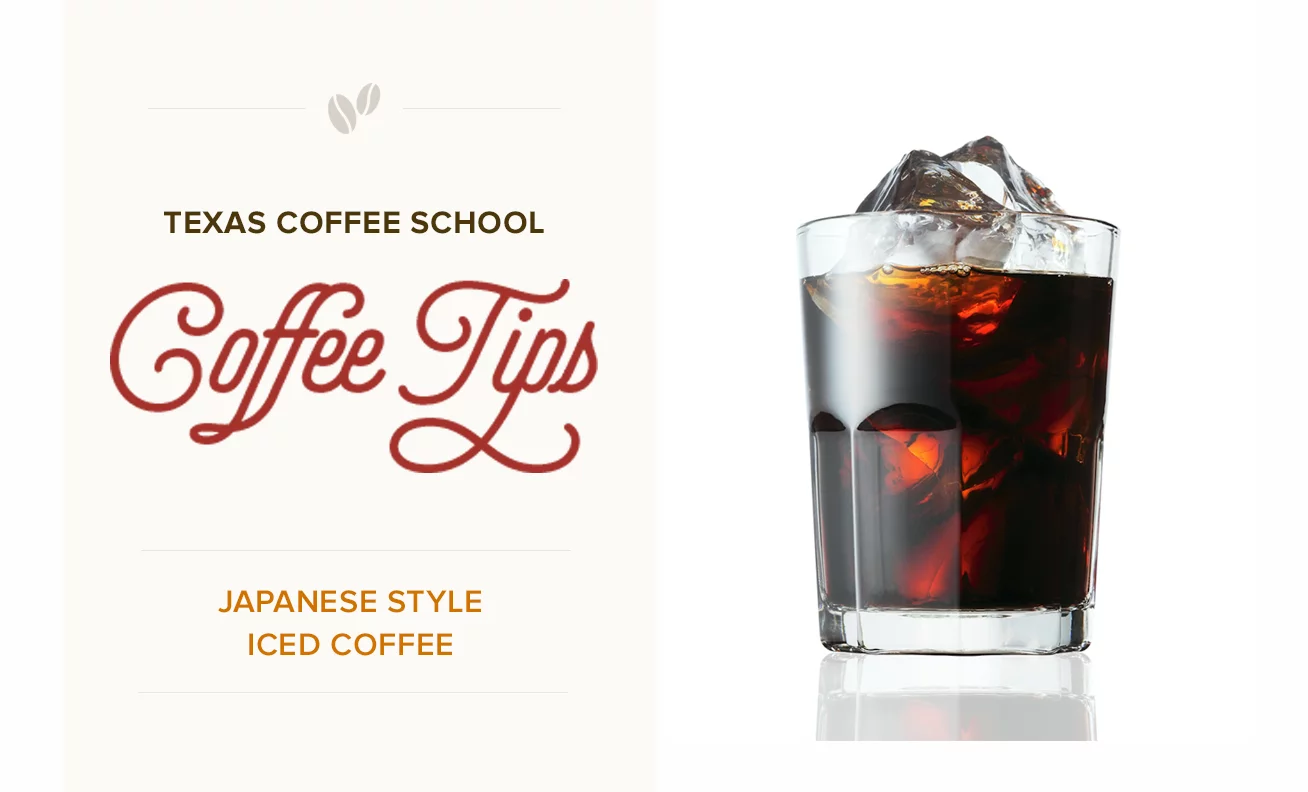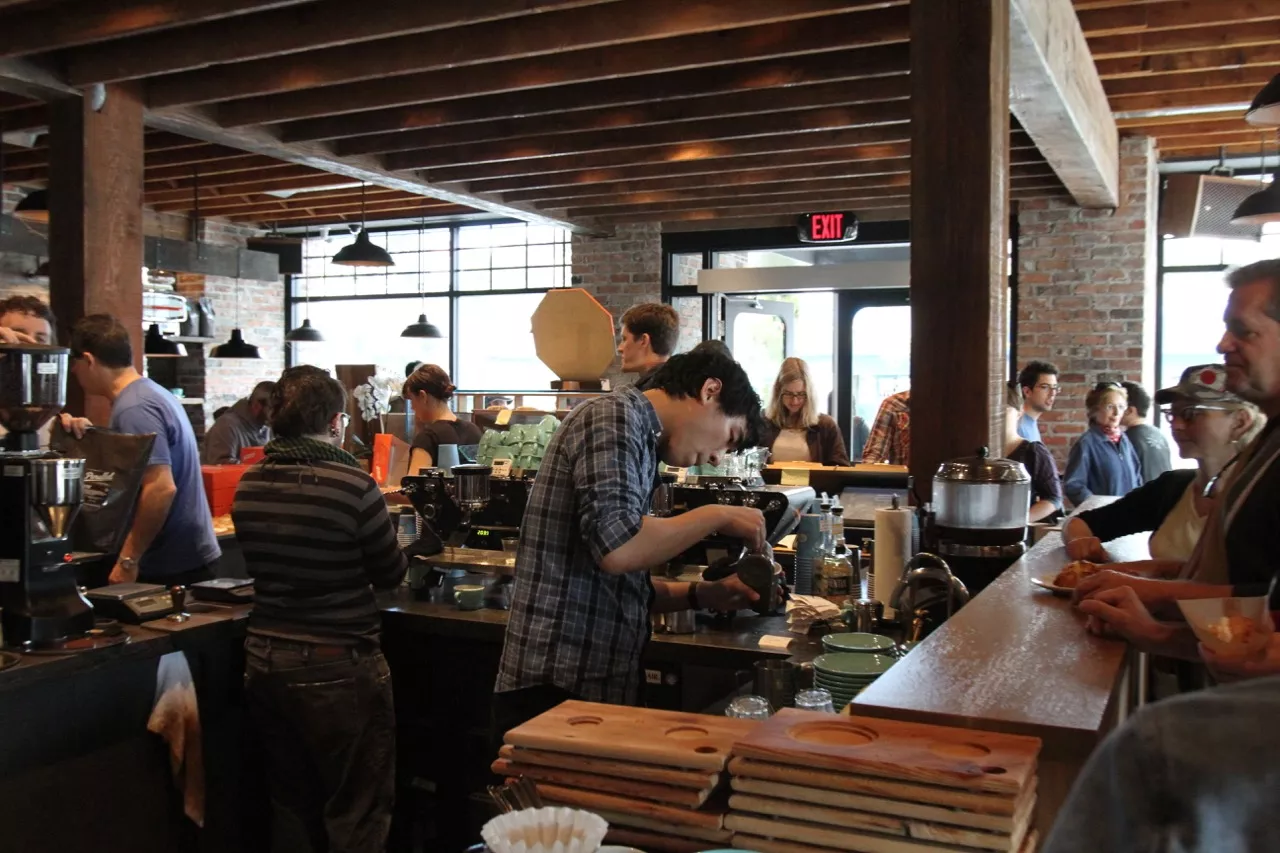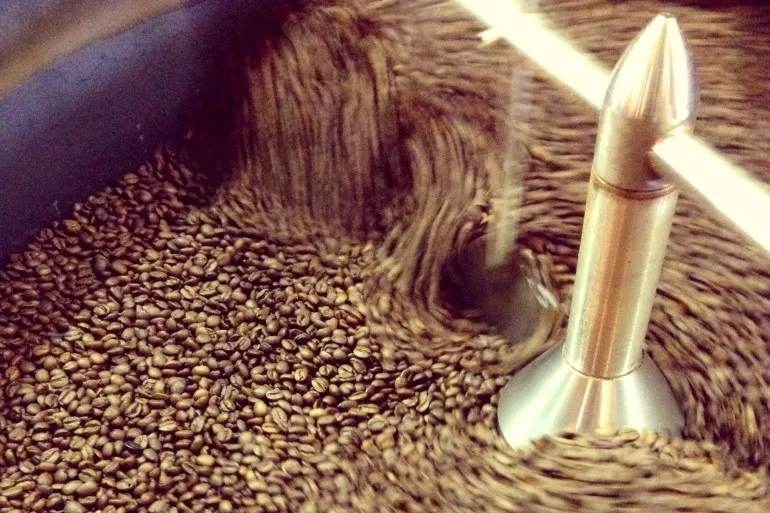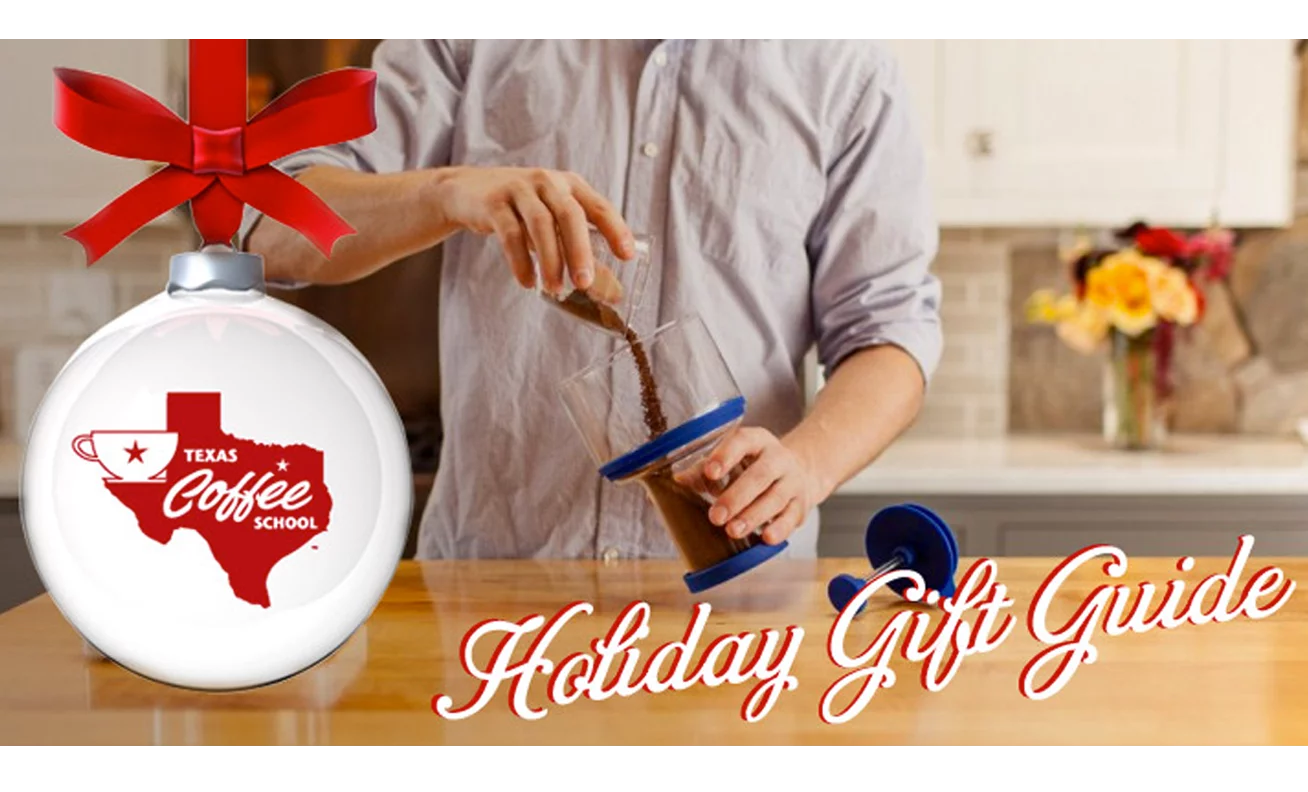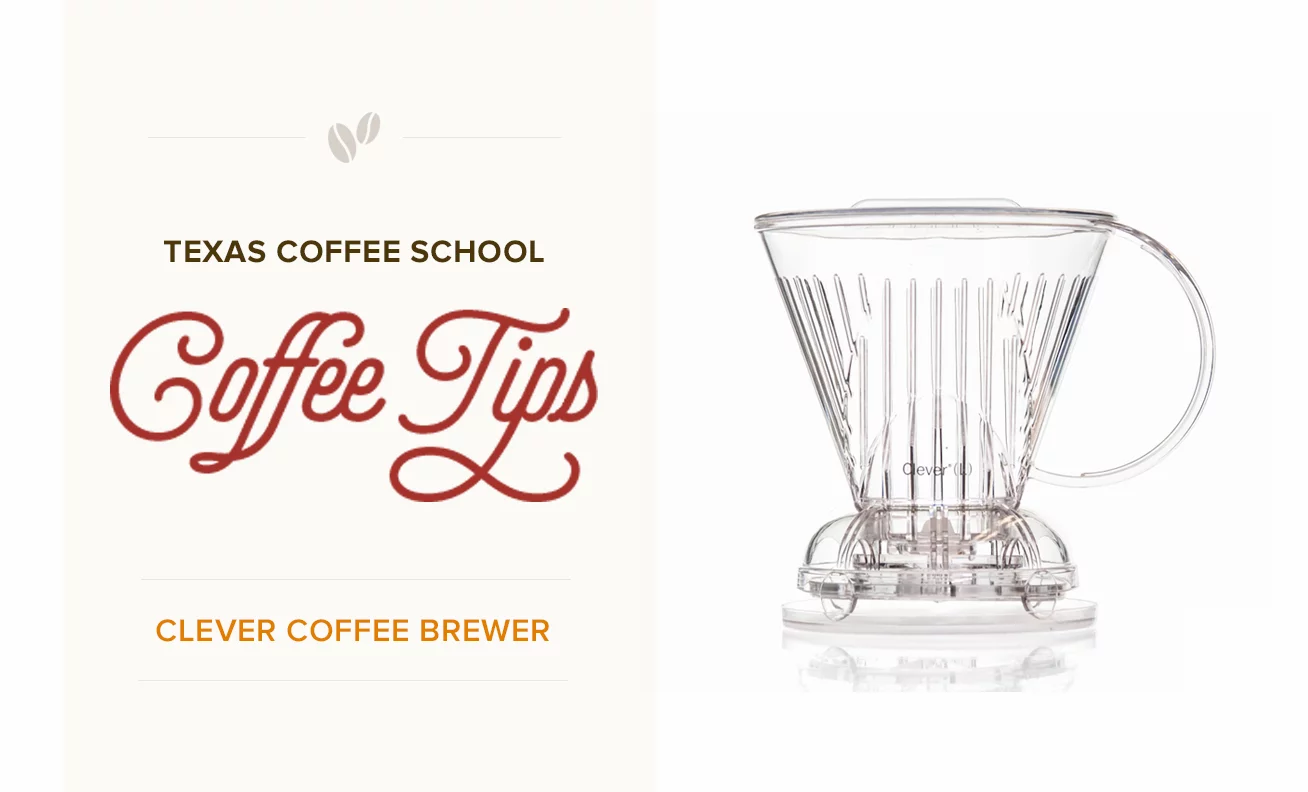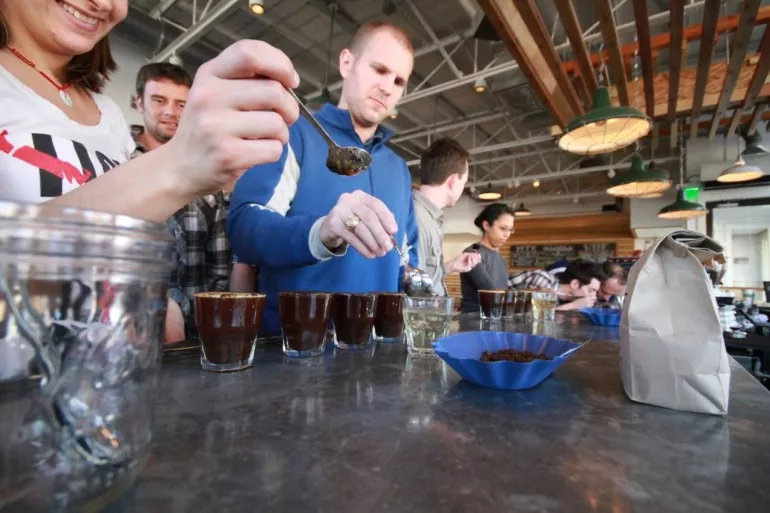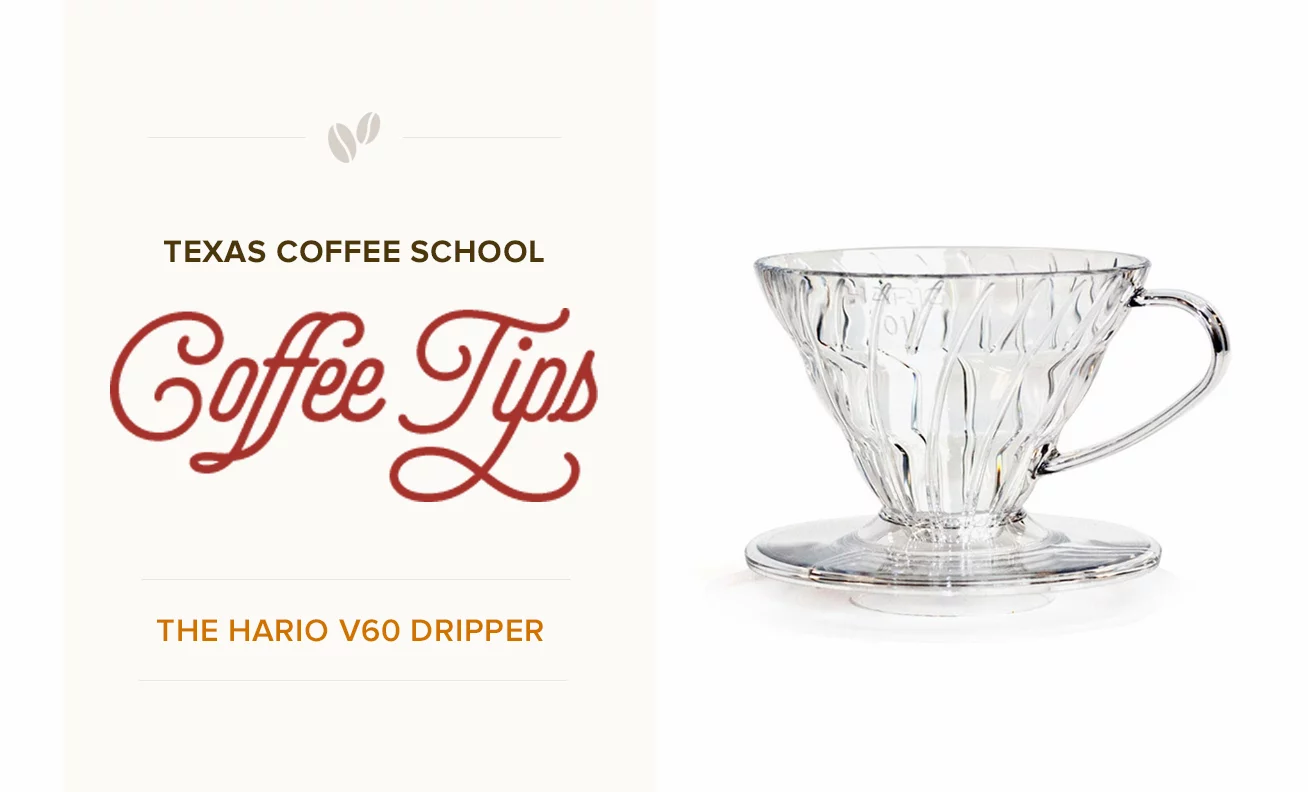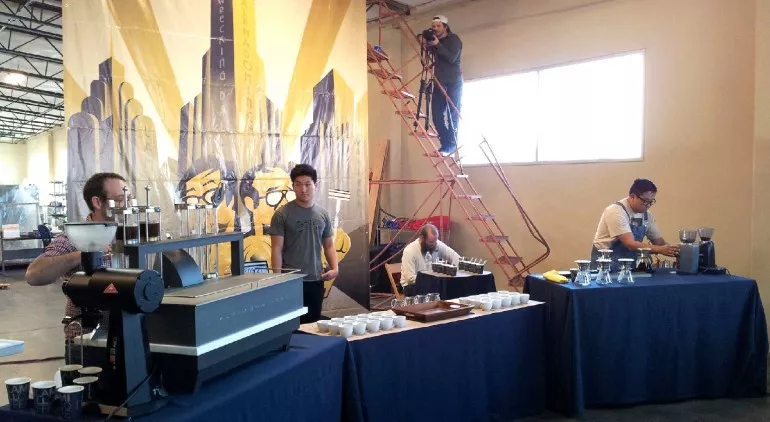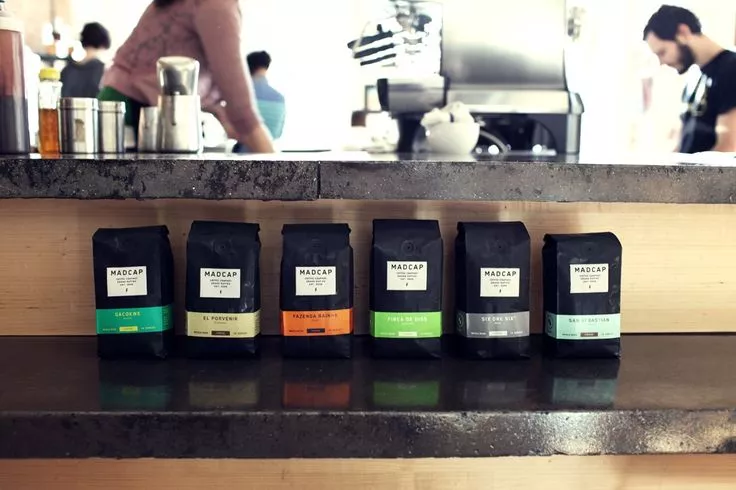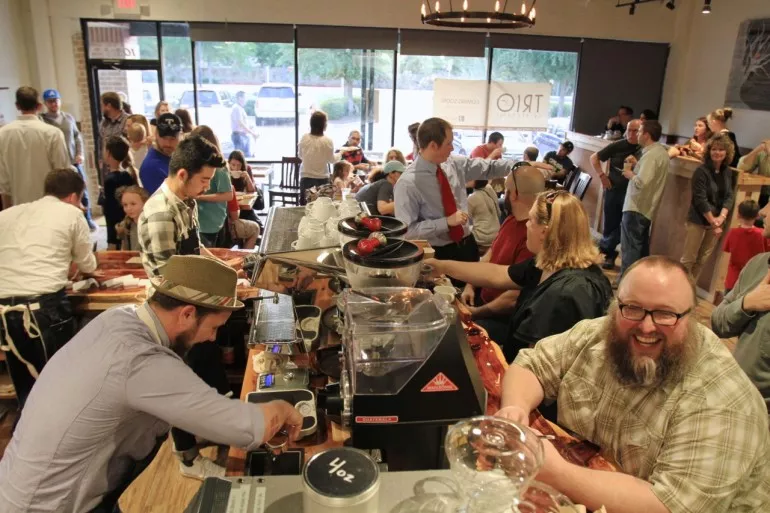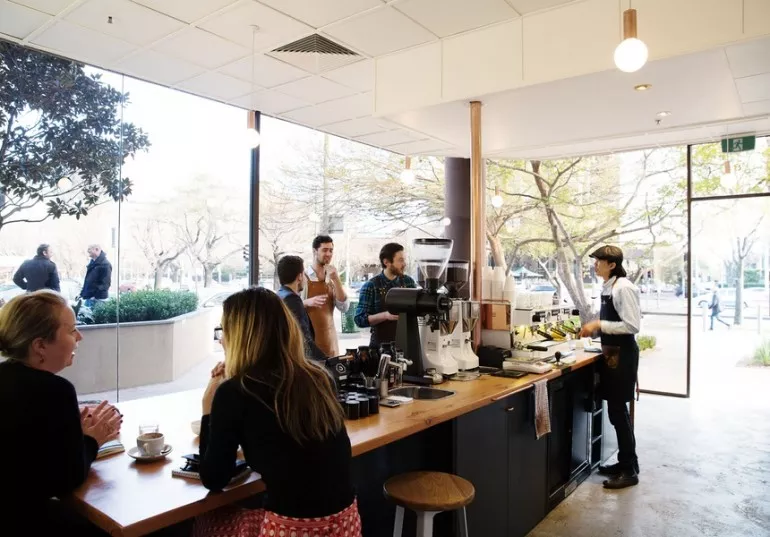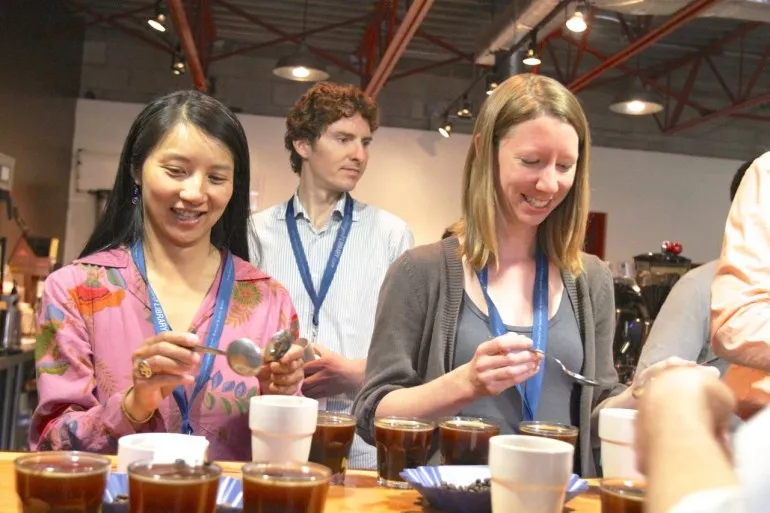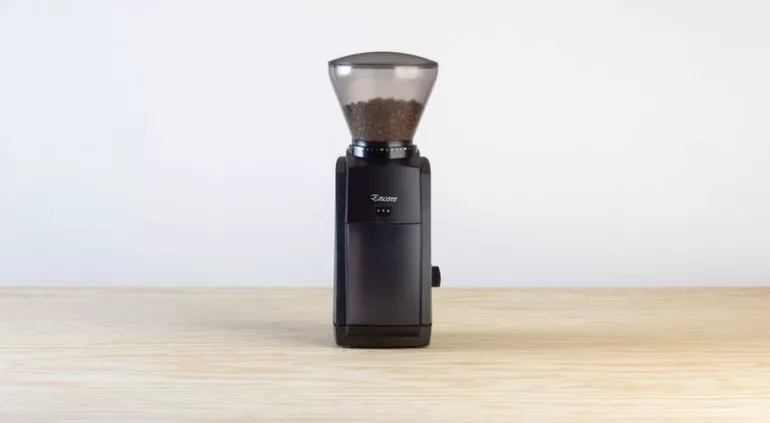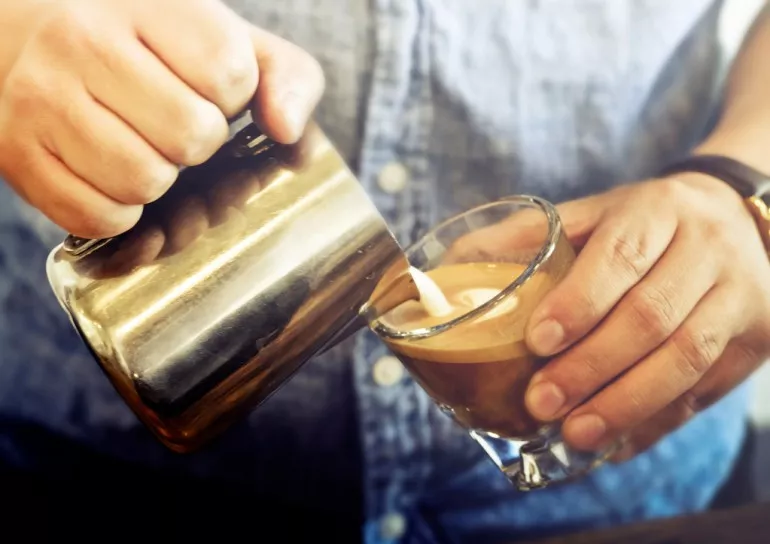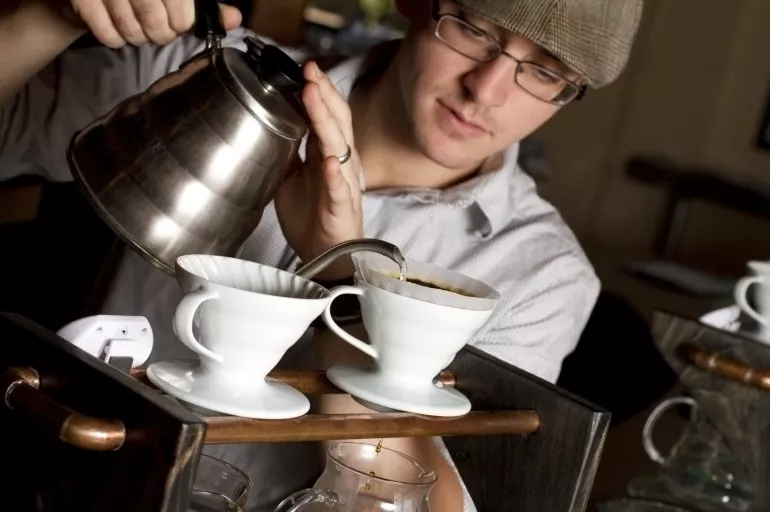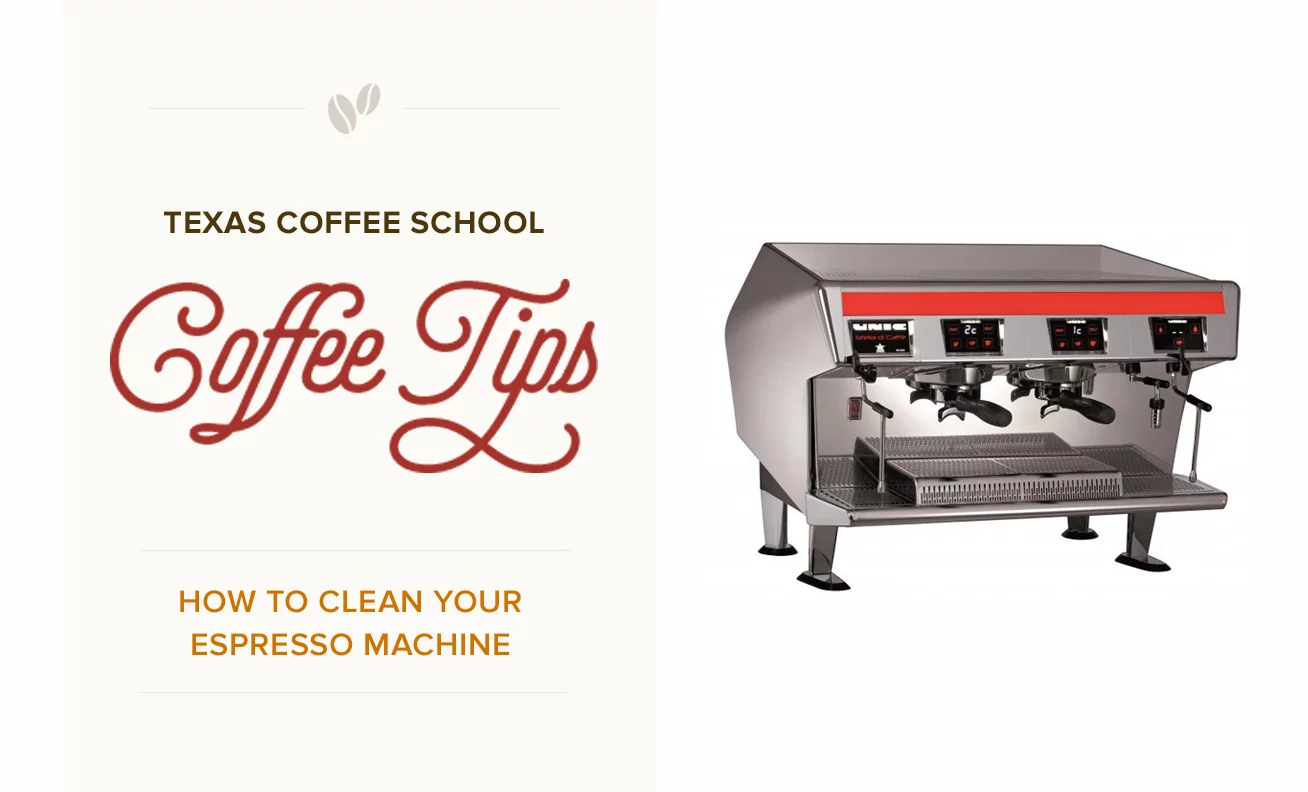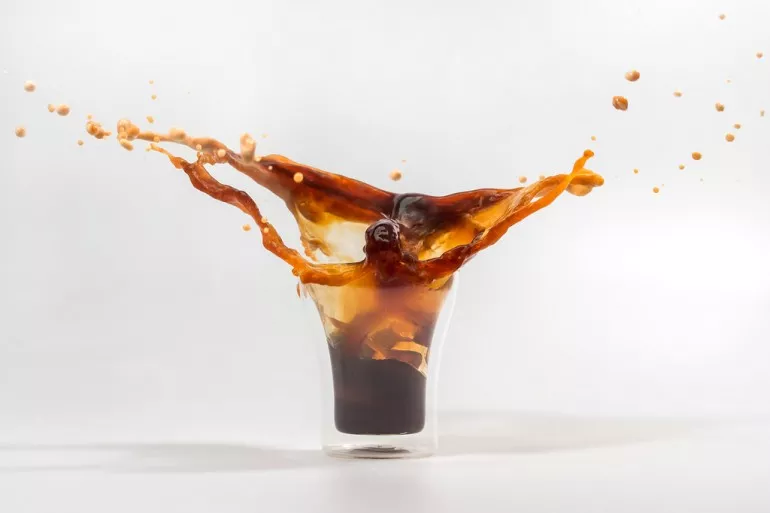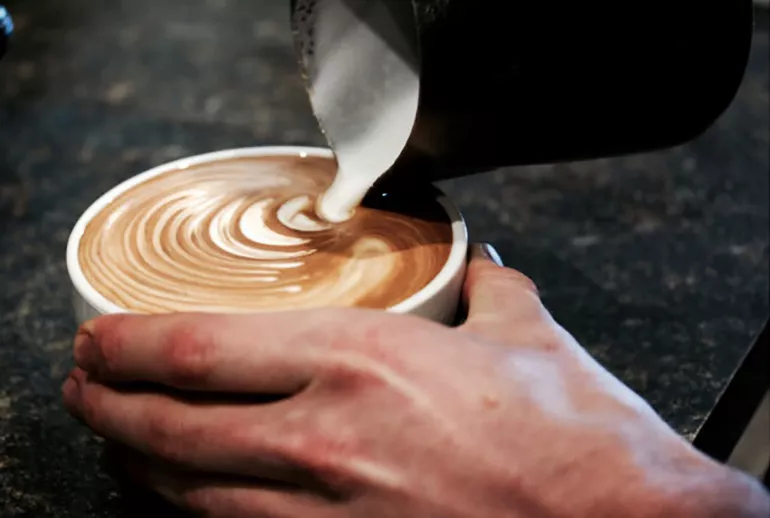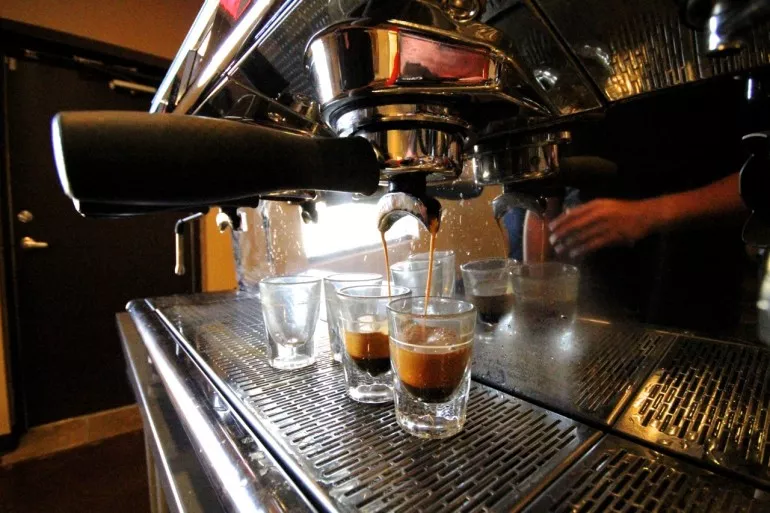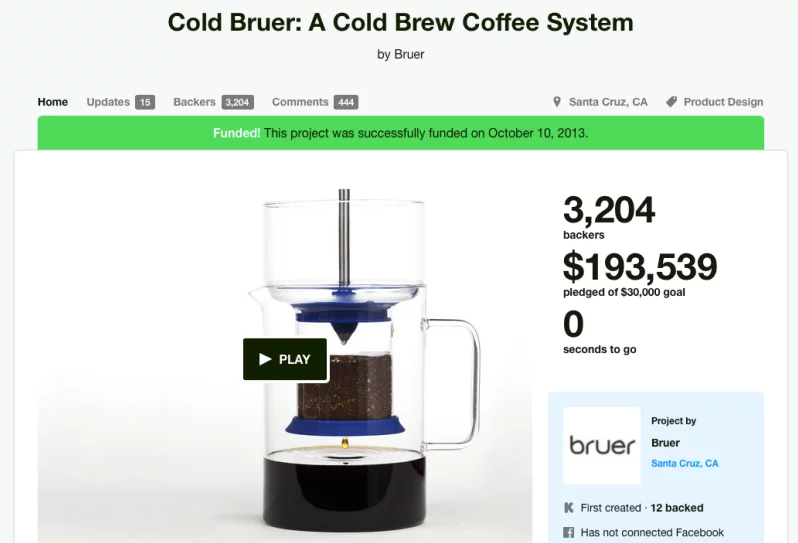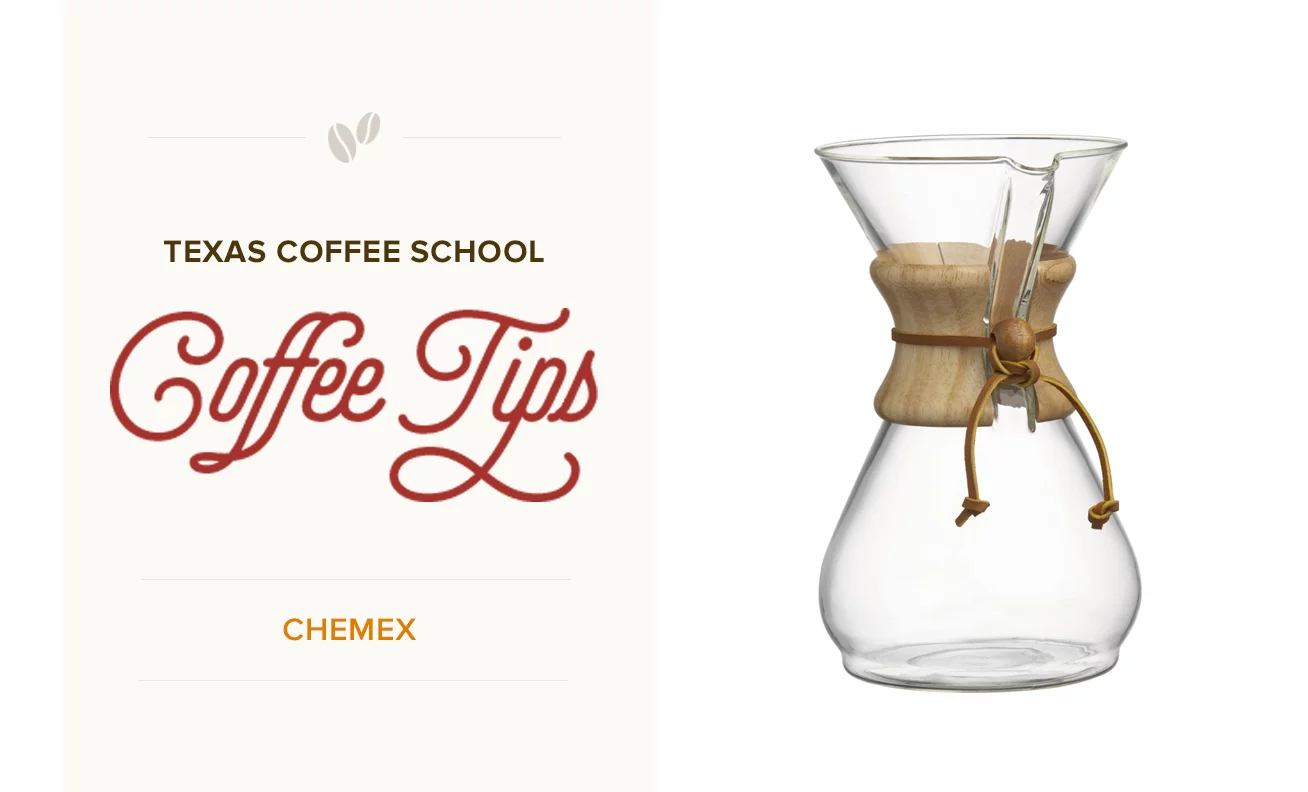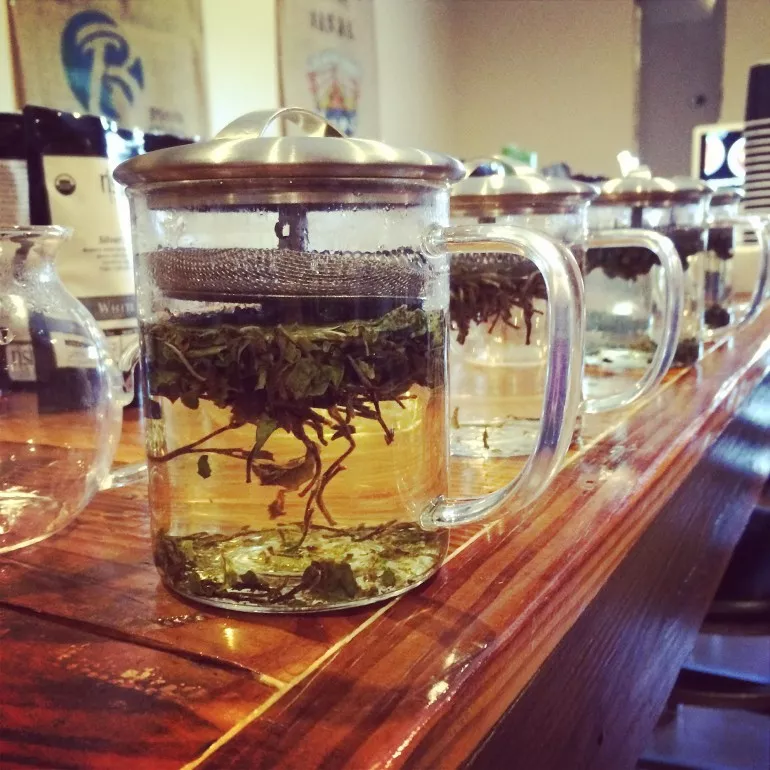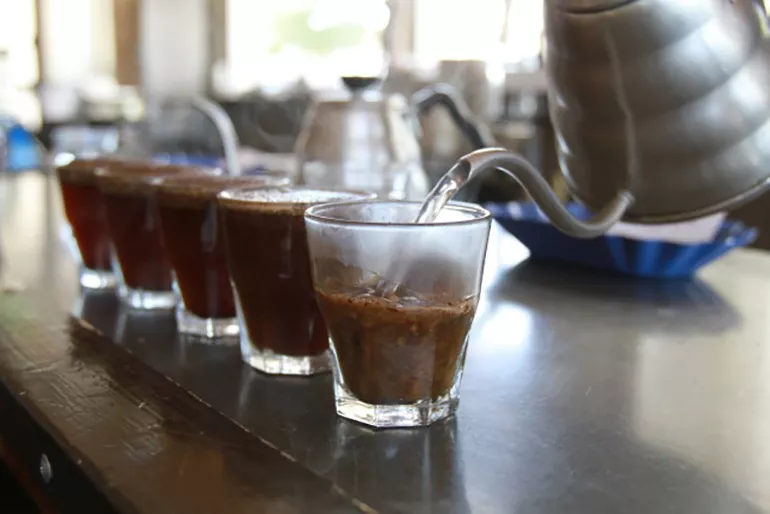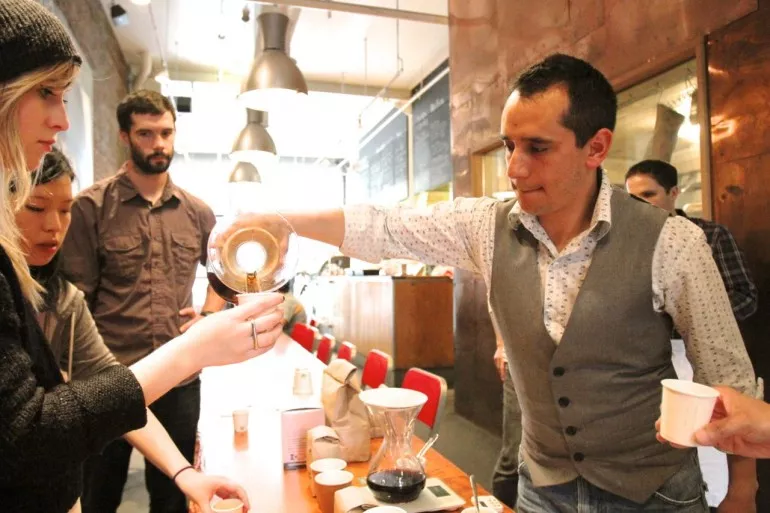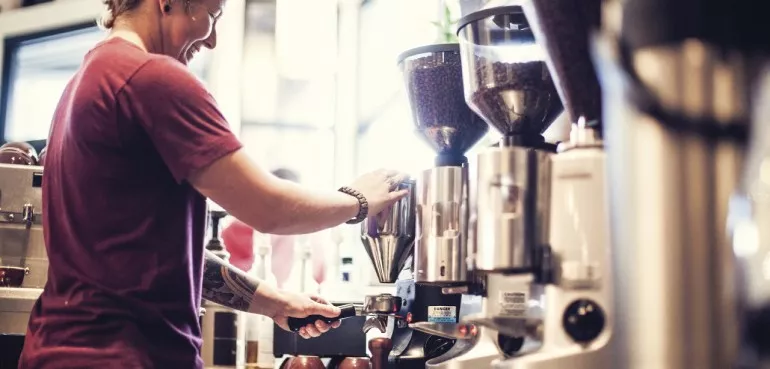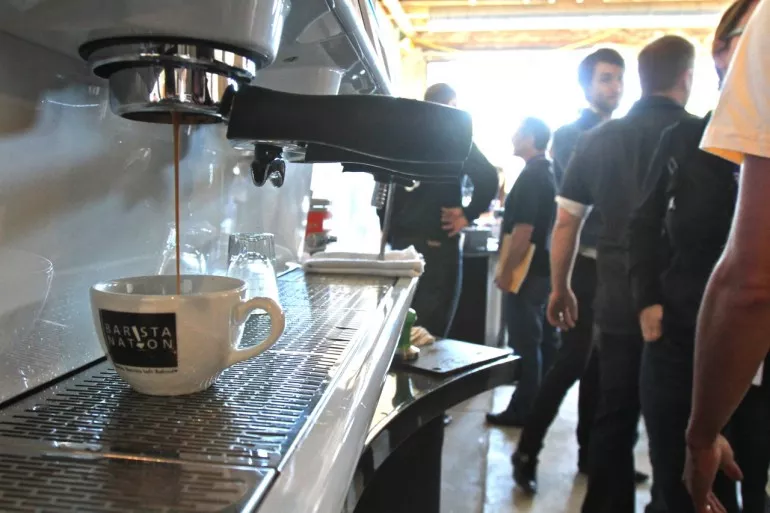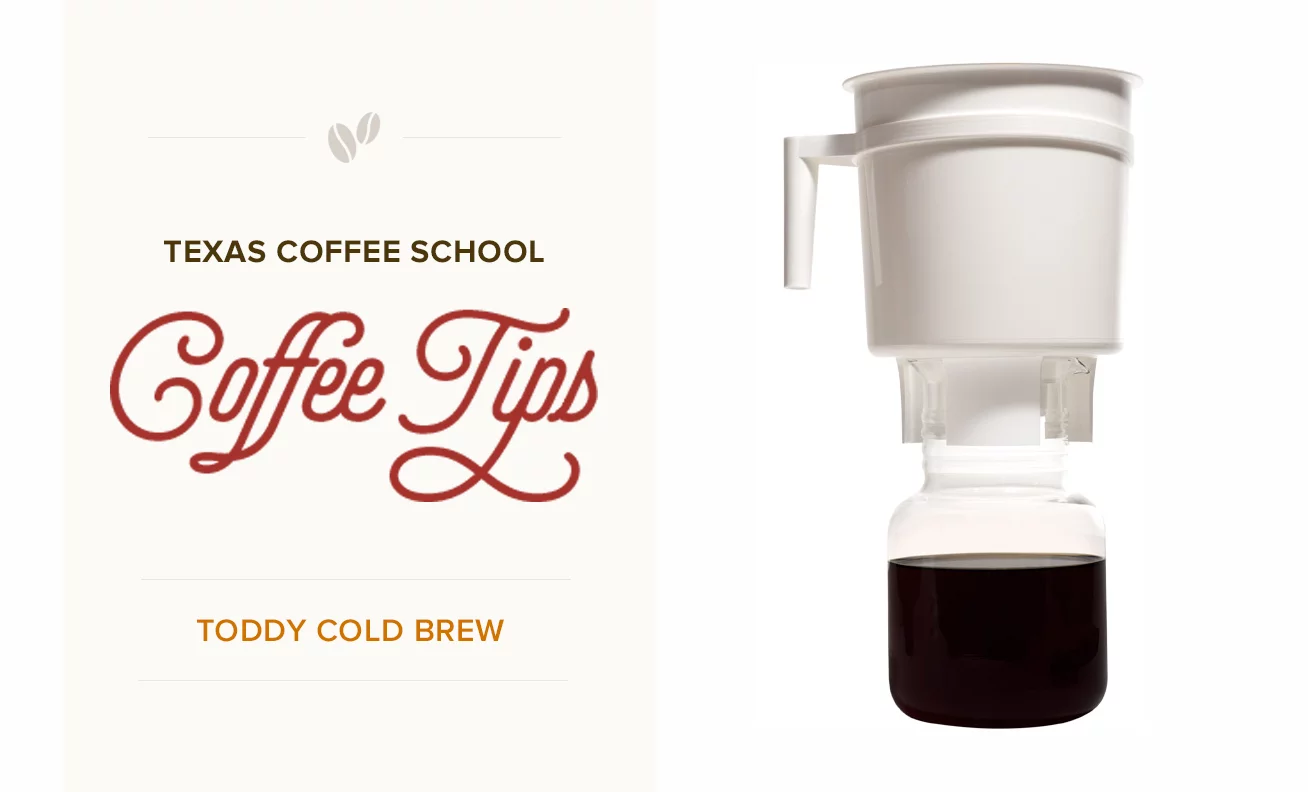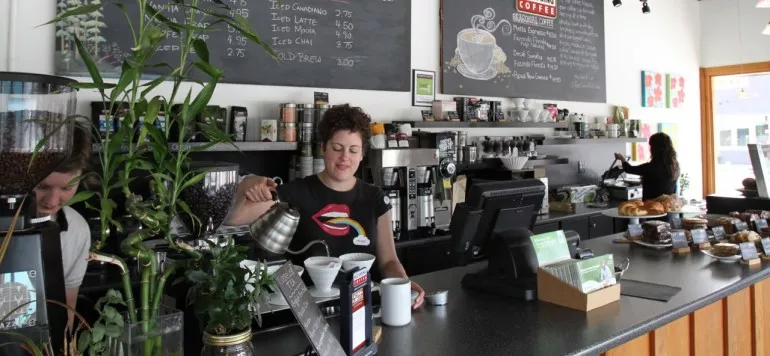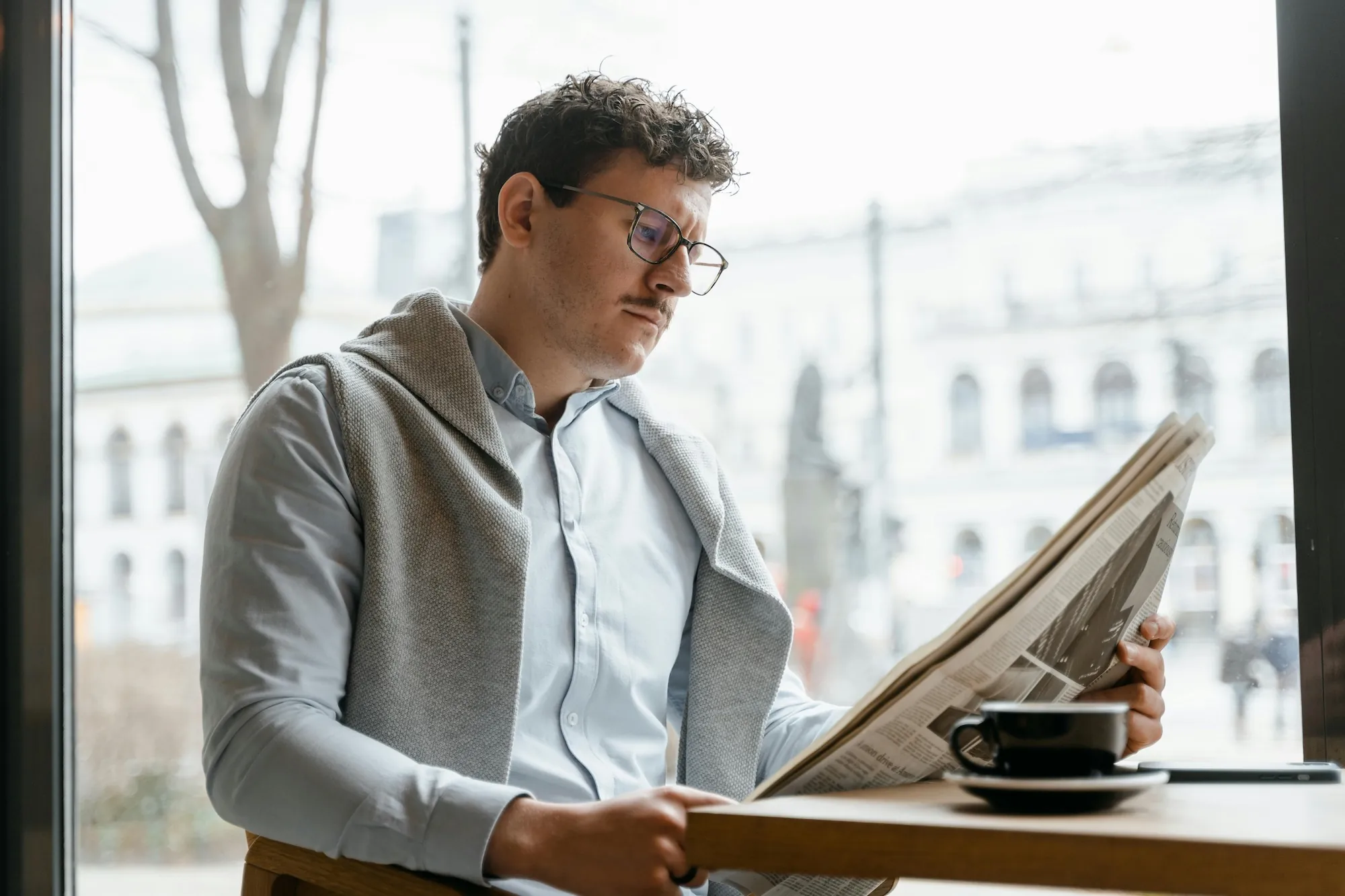
8 Things to Know about Coffee Trends in 2024 and Beyond
At Texas Coffee School, we’re committed to staying up to speed on the latest industry trends, including coffee trends in 2024. Our 3-Day Coffee Business Master Class offers training systems that are constantly evolving—so that you’re prepared to face what’s ahead.
That’s why we’re bringing you our top trend picks from the National Coffee Association’s (NCA) 2024 National Coffee Data Trends Specialty Coffee Report. Plus, learn what these trends mean for your current or aspiring coffee shop!
1. The Specialty Coffee Industry Is Growing
According to the NCA, coffee consumption is on the up and up this year, especially for specialty coffee drinks.
That’s in the face of recent inflation and Americans’ ongoing worries about money. It’s likely because of the lipstick effect, which is a theory that says even when economic times are tough, people are still willing to pay for small pleasures.
In January of 2024, nearly 6 in 10 Americans enjoyed a specialty beverage in the past week. That’s up from the year before. Specifically, espresso-based drinks and non-espresso-based drinks—like cold brew, frozen coffees, and nitro drinks—are in demand.
What it means for your coffee shop: Despite traditional coffee snobs (just kidding, we also love a classic drip), specialty coffee isn’t going anywhere. Investing in your specialty coffee menu could attract new and returning customers this year and beyond.

2. Young People Love Their Coffee
It’s no secret that young people are driving a number of industries like technology, clothing, and health and wellness. The same is true for the coffee world.
Demand for specialty coffee drinks is highest among 25 to 39 year olds, of whom more than 3 in 5 (66%) had a specialty coffee in the past week. Young people favor espresso, cold brew, and frozen blended coffee.
And it’s not just about taste preferences. Young people have dubbed cold brew as “cool or trendy.” That’s good news for coffee shops putting emphasis on doing creative things with cold brew!
What it means for your coffee shop: Don’t overlook your younger customers. Try asking them what their favorite drinks are and what they might like to see on the menu next season. And if you’re not already serving up cold brew and more creative cold beverage, it’s time to start.

3. Most Americans Drink Coffee Daily
It might sound obvious, but it’s true. Most Americans (nearly 7 in 10) drink at least one cup of coffee a day. That percentage is actually slightly up from last year and the highest we’ve seen in several years.
This puts the coffee industry among the sought-after industries that Americans participate in every single day, as opposed to other industries that might only engage Americans every few days, weeks, or even years.
4. Non-Espresso Drinks Are Competing With Espresso
Often when we think of specialty coffee, we picture lattes, cappuccinos, and Americanos. But non-espresso drinks, like frozen and cold brew coffee, are a driving force. More than 1 in 4 Americans (26%) had a non-espresso drink in a coffee shop in the past week.
The only non-espresso drink that’s declined slightly in consumption is nitro cold brew coffee.
What it means for your coffee shop: Don’t forget about non-espresso drinks when building your specialty drink menu. Creative iced tea drinks are another option for customers who are looking for drinks beyond espresso.
5. Specialty Coffee Reigns Among Young People and Hispanic-Americans
When digging into the demographics of specialty coffee popularity, a few types of customers stand out.
Like mentioned above, customers under 40 years old are drinking specialty coffee at a higher rate than older people. And while specialty drinks are enjoyed among all ethnicities, according to the study, 69% of Hispanic-Americans had one in the past week, which is more than African-Americans and Asian-Americans. Hispanic-Americans also enjoy a Caffe Americano the most.
What it means for your coffee shop: If you can identify your target audience, you can tailor your menu. Study the demographics of your location, car and foot traffic, and regular customers to start offering drinks that are most likely to delight.
6. Hot Coffee Is Still A Thing
Even though we’ve talked a lot about cold brew and frozen drinks, the majority of specialty drinks (73%) sipped in the past week were hot. But 1 in 4 customers who drank a specialty coffee in the past day did choose a cold or frozen beverage.
What it means for your coffee shop: Don’t take those hot drinks off your menu just yet. This is a good reminder that, even as you follow customer trends, the tried-and-true probably isn’t going anywhere. Also factor in time of day and regional location. Both will play a role in what customers choose.
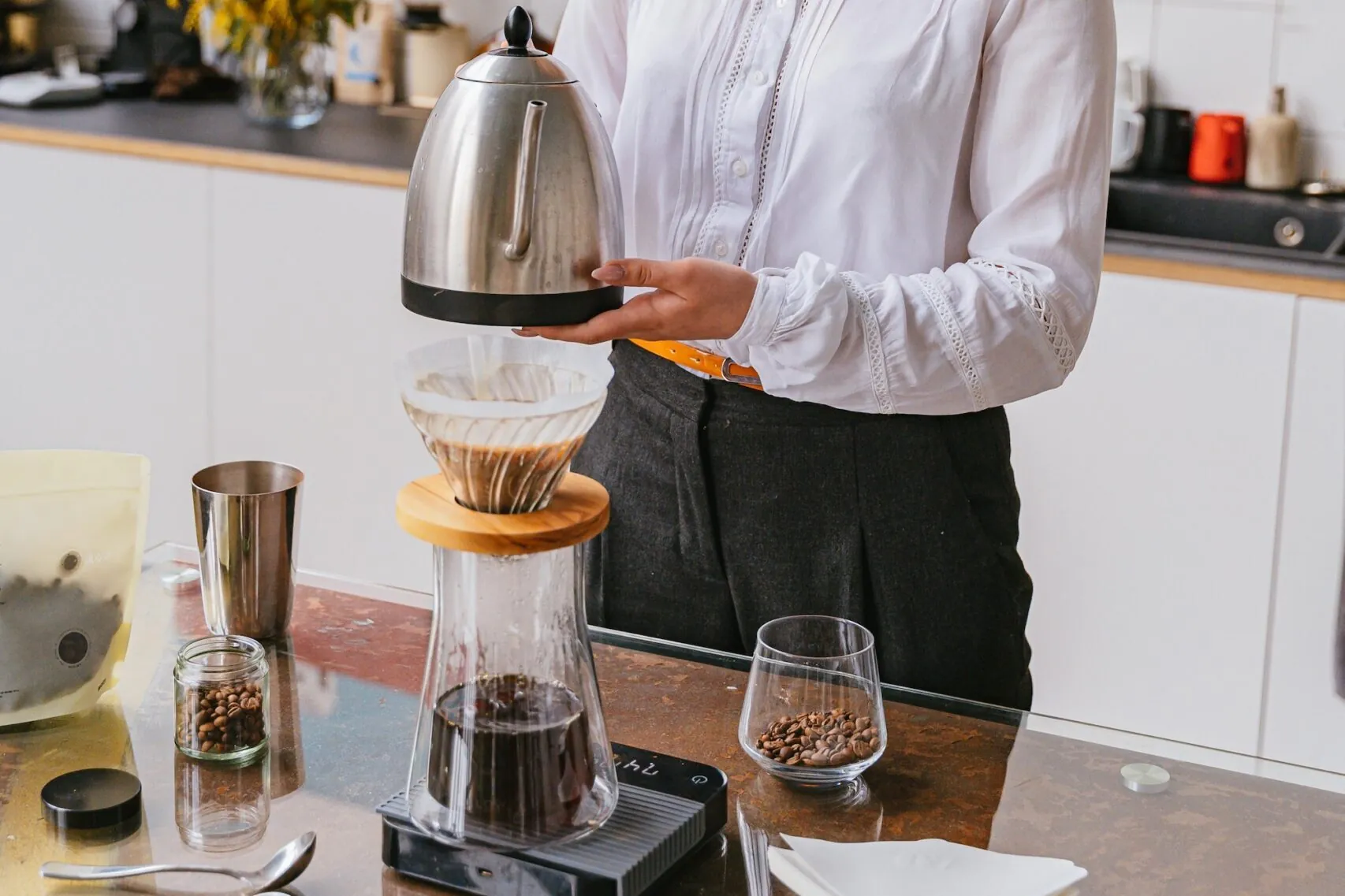
7. Specialty Coffee Drinkers Are More Likely to Get Coffee Out of the Home Than Traditional Coffee Drinkers
More than half of specialty coffee drinkers (55%) ordered a coffee out of the home in the past week, compared to more than 1 in 3 traditional coffee drinkers (38%).
On the contrary, traditional coffee drinkers are more likely to have prepared a coffee at home in the past week (90%) than specialty coffee drinkers (80%).
For customers having drinks prepared out of home, they’re more likely to order at cafes and coffee shops, restaurants, and cafeterias. Workplace coffee areas, convenience stores, and hotels are less popular.
What it means for your coffee shop: You might be more likely to see specialty coffee drinkers than traditional coffee drinkers in your coffee shop on a weekly basis. Create a positive, familiar experience for both types of people!
8. Some Specialty Drinkers Haven’t Tried Global Coffee Drinks
4 in 10 specialty coffee drinkers haven’t tried a global coffee drink. But among those who have, “Arabic coffee” and “Irish coffee” are the most popular.
However, past-day specialty coffee drinkers are more likely to have tried a global coffee drink this year than total past-day coffee drinkers. This may indicate a willingness to try new things—including multicultural beverages—if they’re already trying specialty drinks.
What it means for your coffee shop: Experiment with drink recipes from across the world! You can draw inspiration from traveling, local experts, or your current customers. Two former Texas Coffee School students have opened very successful coffee shops serving Yemeni coffee (Arwa Yemeni Coffee) and coffee from Yemen, Kashmir, the Middle East, and the Arabian Gulf area (De Ra Coffee).
Put These Coffee Trends in 2024 Into Action at Texas Coffee School
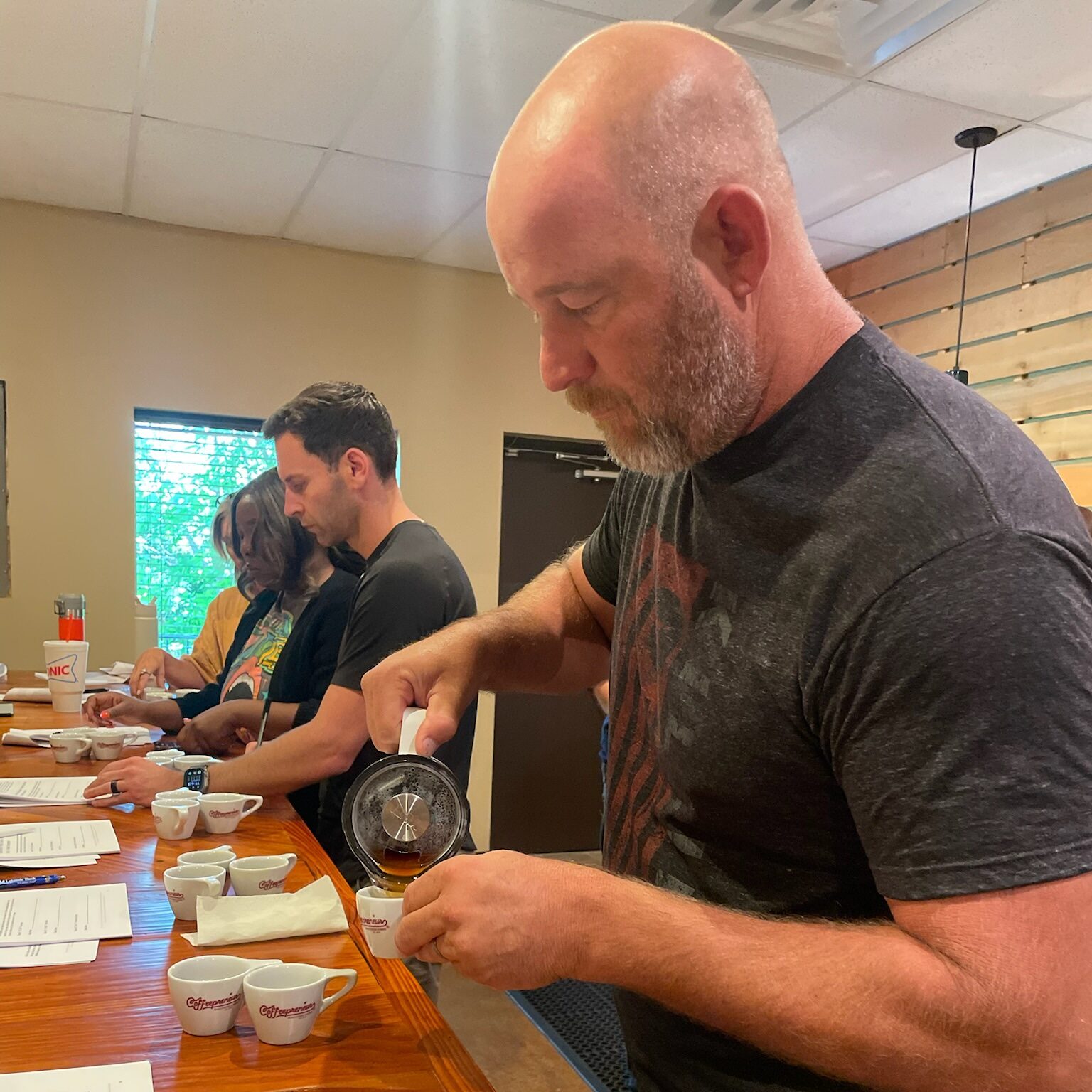
It’s one thing to read about coffee trends in 2024, and another to put them to work for your coffee shop business.
When you spend a weekend at Texas Coffee School for our 3-Day Coffee Business Master Class, we’ll talk through trends like these—as well as the equipment, skills, and marketing you need to make them work for your coffee shop. Sign up for a class before the year is over!
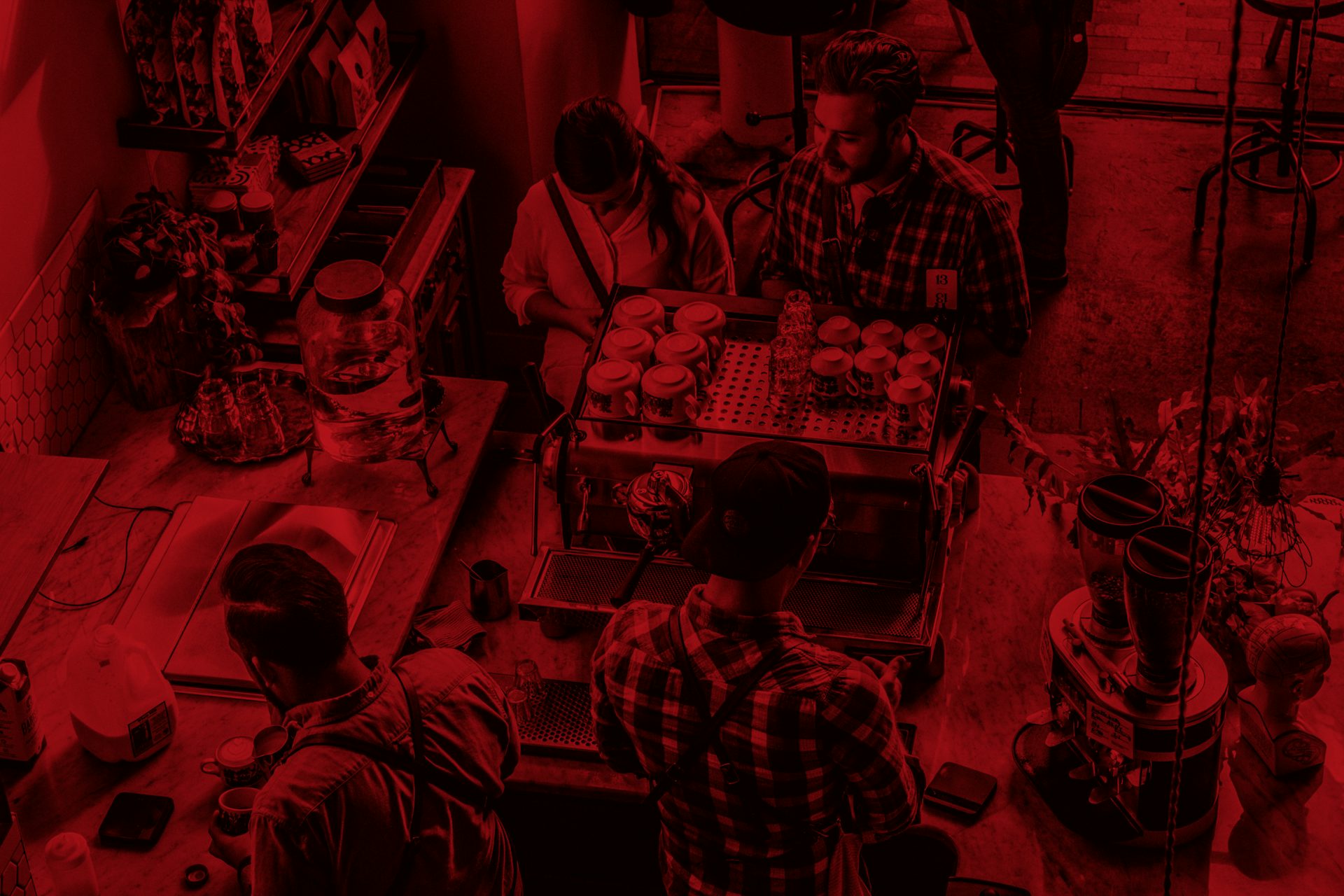
Register for a Coffee Class
The Best Coffee Training Available
We’ve helped hundreds of students successfully launch their own coffee shop businesses. Join us in our 5-Star Rated Coffee Classes, whether you’re an aspiring entrepreneur looking to open a coffee shop, a manager, a barista or home enthusiast looking to sharpen your skills.
